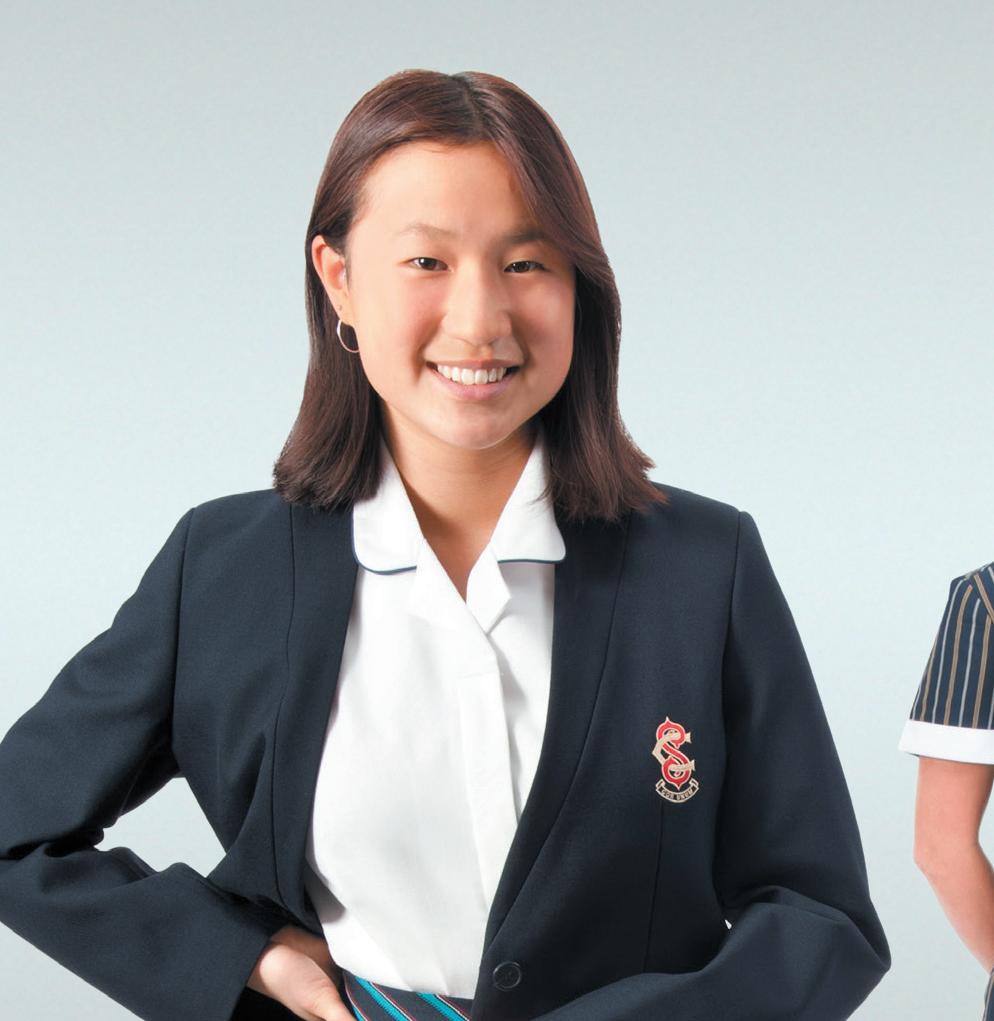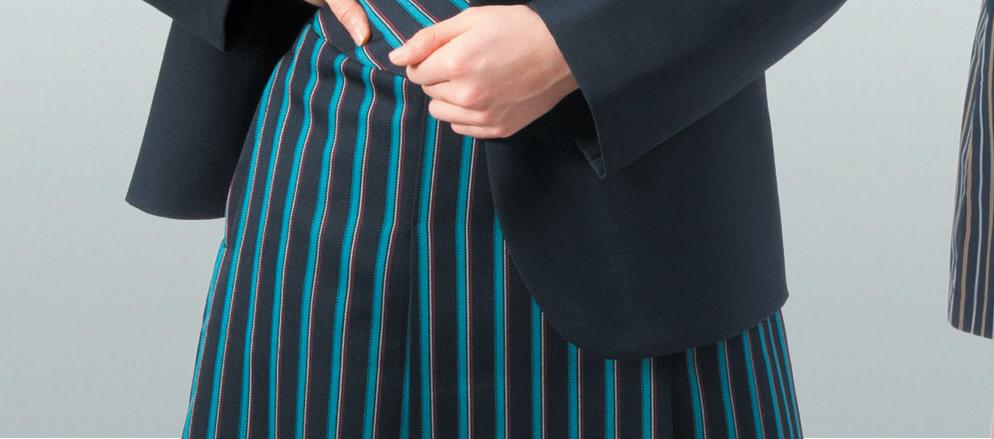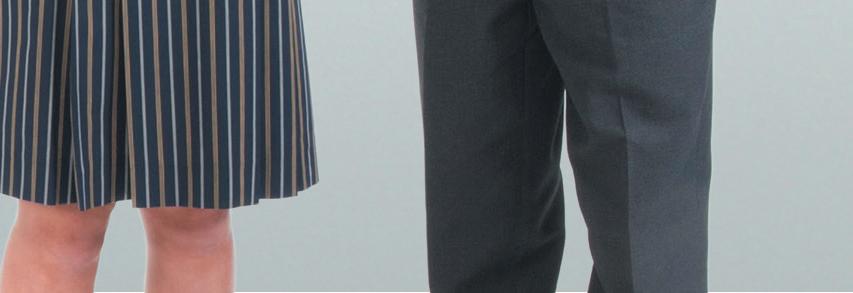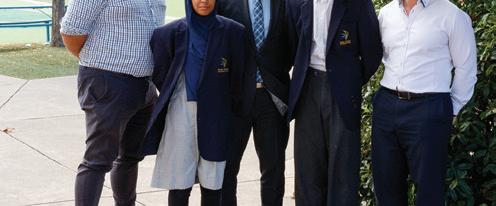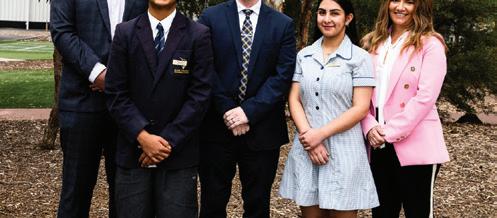




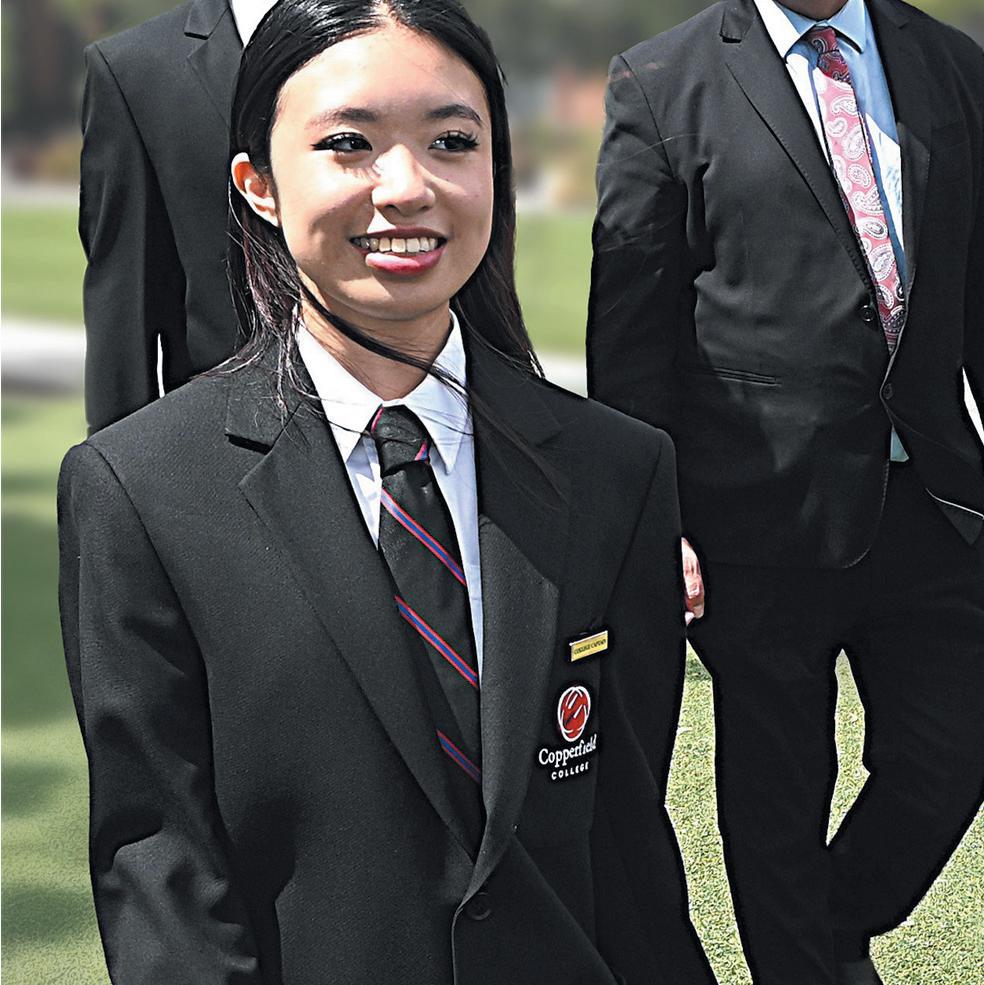
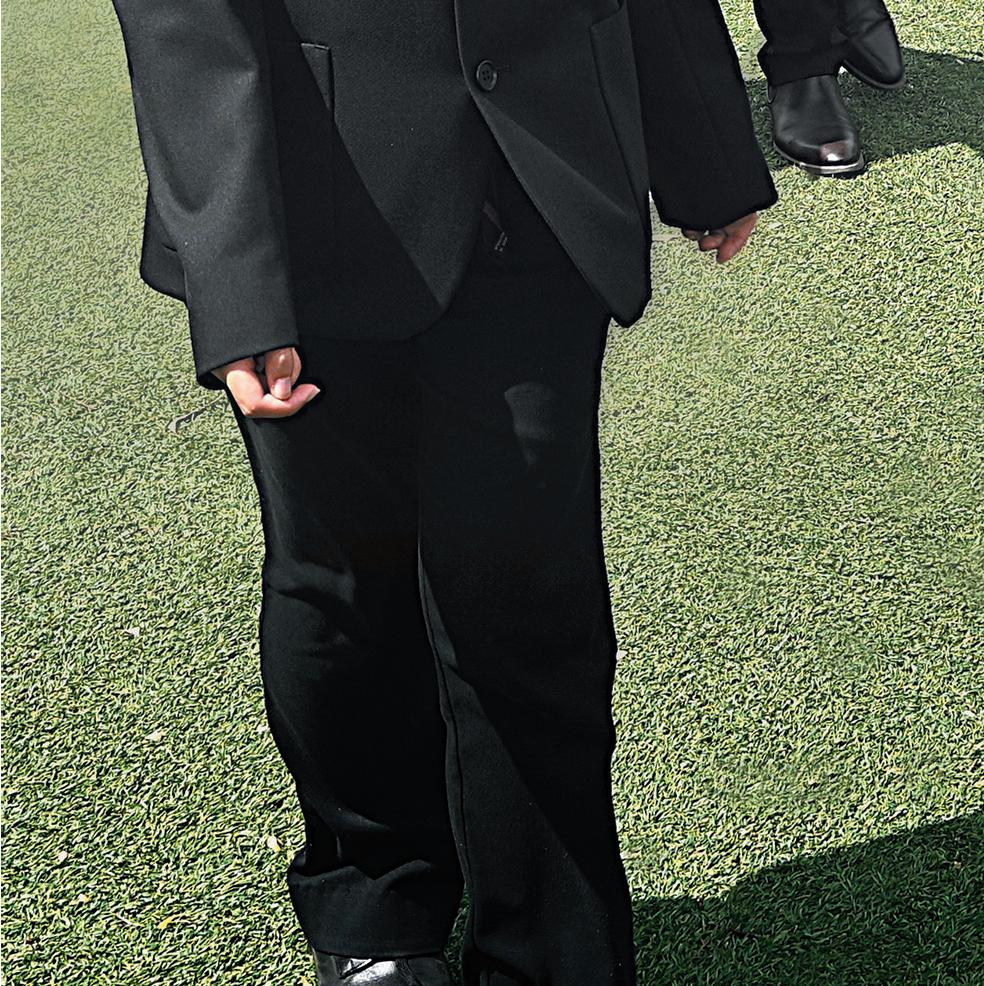

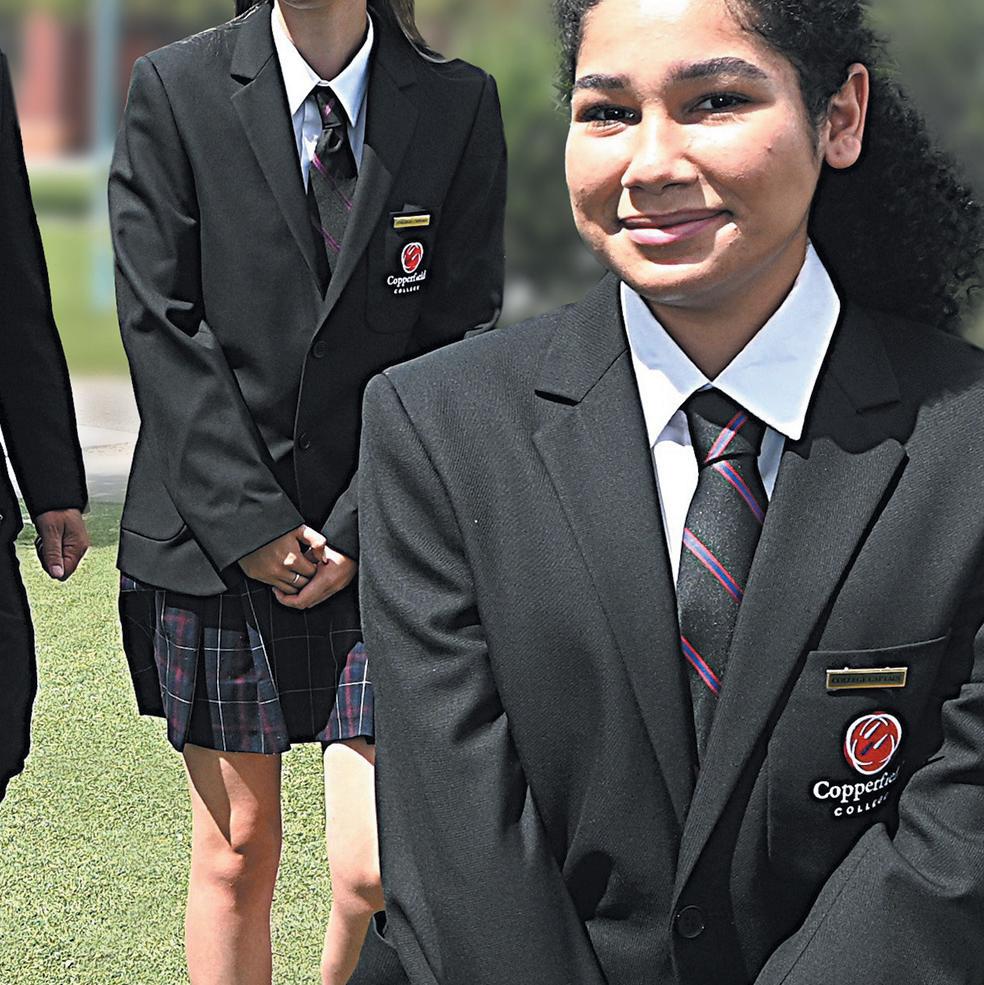

Albanvale Primary School - pages 92 & 93
Berwick College - pages 6 & 7
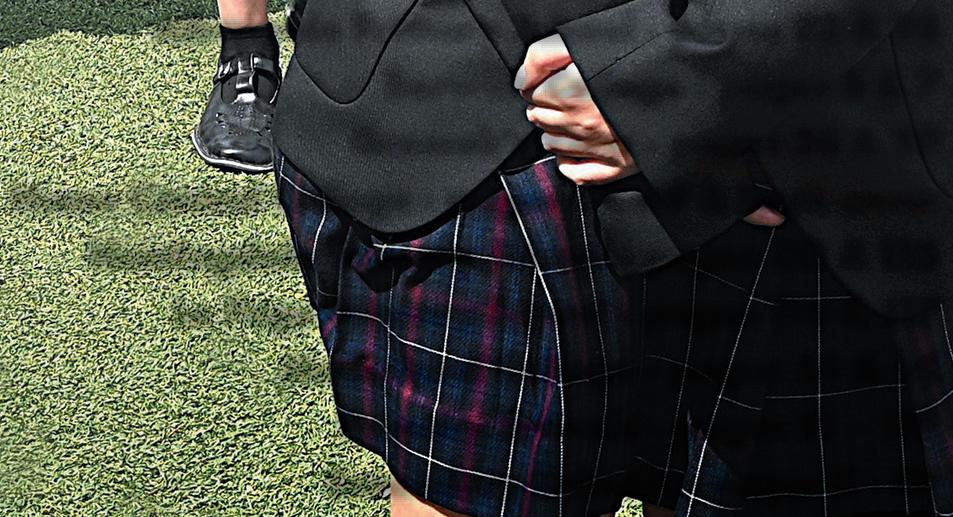
Grossek’s View - pages 38 & 39
Hume Central College - pages 48, 49 & back cover
Huntingdale Primary School - pages 112 & 113
Le Page Primary School - pages 116 & 117
McClelland College - pages 54 & 55
Primary Schools - pages 91 - 131
Secondary Schools - pages 2 - 89
Photo provided with the compliments of Copperfield College For further information refer to pages 2, 3, 24 & 25




Copperfield College is a large, dynamic, and diverse school community that provides an exceptional teaching and learning environment, an innovative curriculum, and a wide array of extracurricular activities for all students.
One College – Three Sites – One Family is our core mantra, uniting three specialised campuses with exceptional facilities that provide engaging learning experiences through a broad range of programs, tailored to meet the diverse needs of our students.
Kings Park Junior Campus: Years 7–10
Sydenham Junior Campus: Years 7–10
Delahey Senior Campus: Years 11–12
At Copperfield College, we are committed to achieving the best possible outcomes for our students in a safe and supportive learning environment. Our mission, Empowering Every Student to Aspire and Achieve, reflects our focus on nurturing happy, resilient, and goal-driven students who are dedicated to realising their full potential.
We offer a comprehensive and intellectually enriching curriculum that nurtures a strong work ethic, while providing an abundance of extracurricular opportunities. These range from a diverse array of lunchtime clubs, Robotics, and Competitions, to Camps, Debating, Public Speaking, and our distinguished Instrumental Music and Performing Arts programs. Our vibrant Sports Program and Student Leadership Team further contribute to the holistic development of our students.
In addition, Copperfield College takes pride in offering an Excellence in Sports (Basketball) program in collaboration with Basketball Victoria, a prestigious scholarship program that awards approximately $5,000 per scholarship, and a Select Entry program designed to support and challenge academically ambitious students.
member of the Brimbank VET cluster, ensuring robust support for every student pathway. Additionally, Year 12 students are presented with the exceptional opportunity to undertake university-level courses, broadening their academic and career horizons.
I strongly believe in the power of student voice and recognise that every student brings a unique perspective to their learning experience. Each student has the potential to learn, grow, and achieve their goals, regardless of background, whether it be ethnicity, religion, race, or socioeconomic status. What truly matters is the individual, their ability to learn, to question, to problem solve, and to succeed without fear or limitation.
As the College Principal, I am deeply committed to the value of public education. Those who know me recognise my passion for working in schools, connecting with students, and truly investing in their lives. Fostering meaningful relationships with our students is the foremost priority for all our staff.
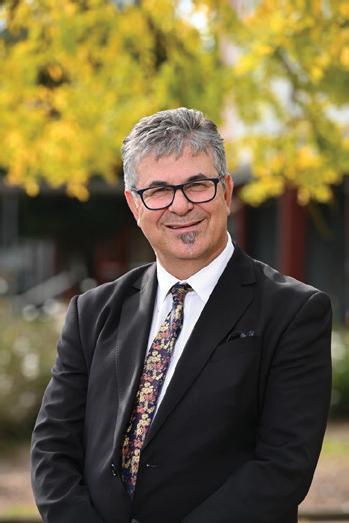
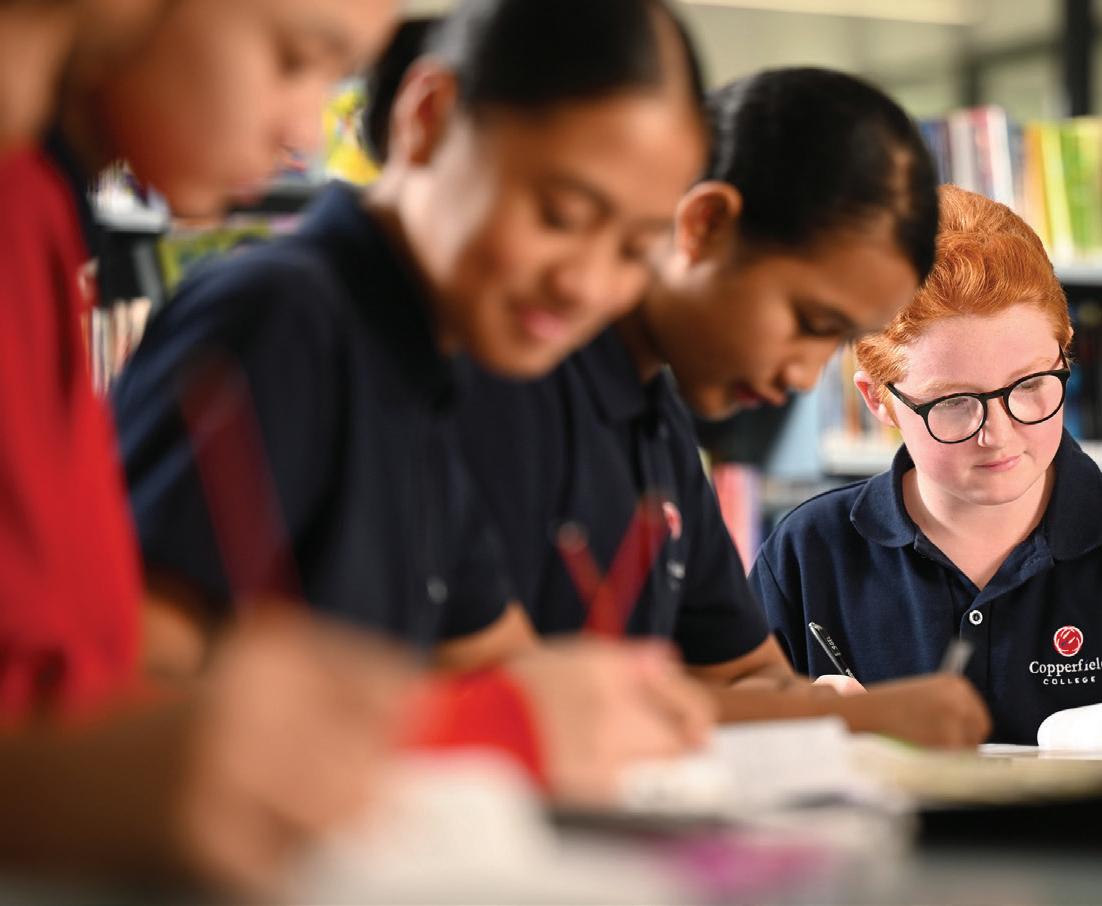
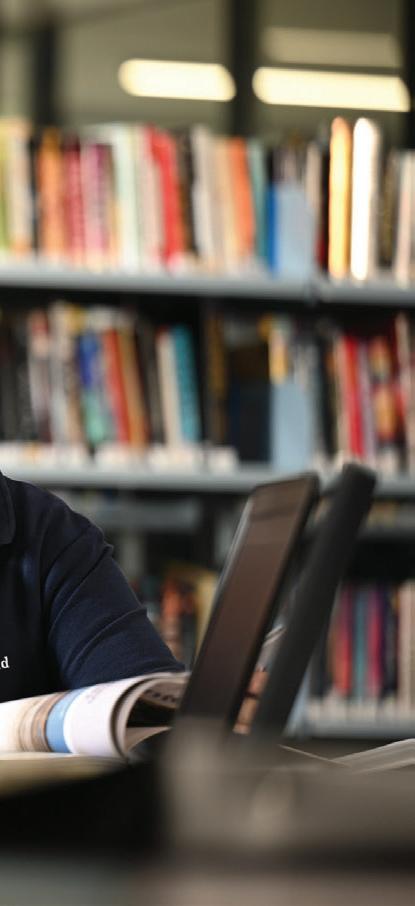
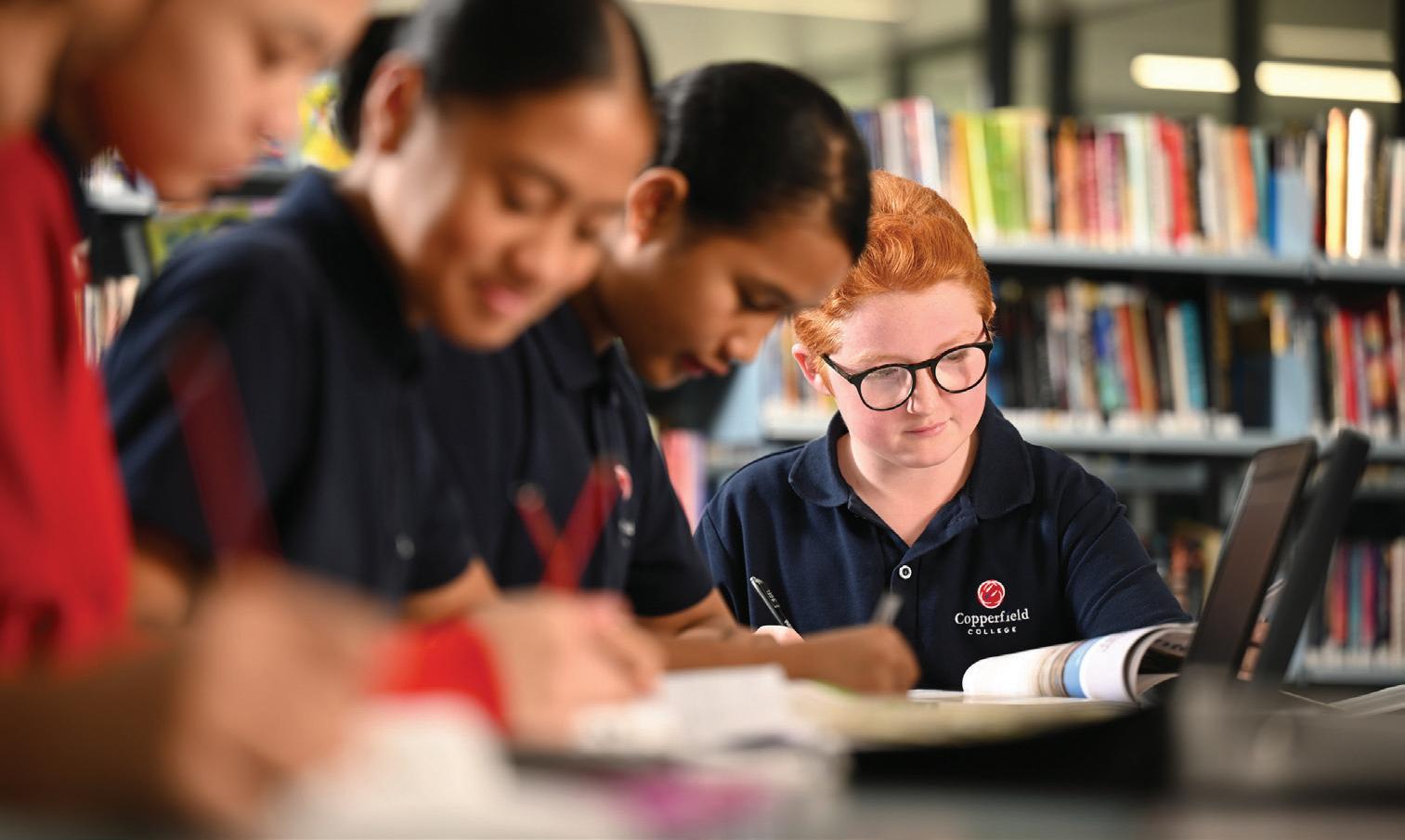
2-Yearscholarshipsvaluedat$4500 areavailabletoYear7studentsin:
Academic Excellence
Student Leadership
Sporting Excellence
Community Leadership
The Arts
Applicationsclose 29thofAugust,2025
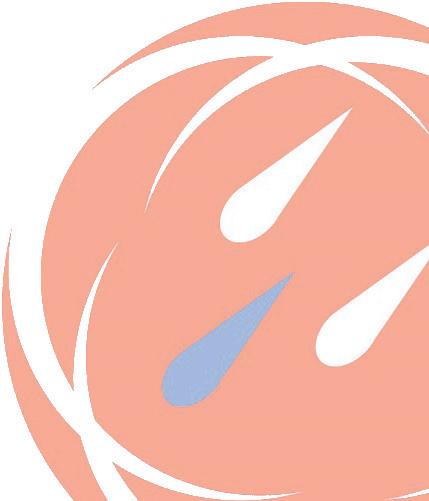












Experience the difference at Ashwood High School
AT Ashwood High School, we are more than a school—we are a connected community where every student is known, valued, and supported to achieve their personal best. Nestled in Melbourne’s east, we blend academic excellence, state-of-the-art facilities, and a welcoming culture that helps students flourish.
A place where students flourish
At Ashwood High School, we pride ourselves on creating an environment where every student is seen and supported as an individual. Our dedicated staff work closely with students and their families to build strong relationships. The power of this personalised approach is reflected in glowing feedback from parents and students through Department of Education survey data, with satisfaction levels consistently exceeding expectations.
Students have opportunities to shine across all aspects of school life, whether it’s through academic achievement, sport, music, arts, service, or leadership, Our School Colours Program recognises excellence and effort with badges proudly displayed on students’ blazers. This culture of celebration and recognition motivates every student to strive for their personal best and fosters a sense of pride and belonging.
Outstanding academic success
Our Class of 2024 achieved exceptional results, with 20% of students attaining ATARs above 90 and 39% above 80. Our Dux, Yuhang (Bruce) Li, achieved an extraordinary ATAR of 99.15, and 27 students received study scores above 40 across a wide range of subjects.
These achievements highlight our commitment to academic excellence, underpinned by rigorous programs like our Academic Curriculum Enrichment (ACE) program, which challenges and inspires high-achieving students. At Ashwood High School, we nurture the whole student, fostering not just academic success but also resilience, independence, and lifelong learning.
World-class facilities
In 2024, we unveiled our STEAM and Research Centre, a facility designed to inspire innovation, critical thinking and problem-solving for environmental sustainability.
Alongside other modern learning spaces, Ashwood High School provides students with the
resources they need to thrive in an ever-changing world.
Ashwood High School is a proud point of connection for the surrounding area, hosting a variety of sporting events, co-curricular clubs and activities in our state-of-the-art facilities. This enriches the lives of our local community and embeds the school its centre.
Beyond the classroom, students at Ashwood High School have access to diverse co-curricular programs that encourage participation, leadership, and personal growth. From our vibrant performing arts productions to a wide range of sports and enrichment activities, there is something for everyone. Our 2025 school musical, Newsies, promises to be a highlight, showcasing the creativity and talent of our students while reinforcing values of resilience and teamwork.
Visit us in 2025
We invite you to experience Ashwood High School first-hand. ‘Ashwood Revealed’, our Open Day on Wednesday, 30 April 2025, is your chance to explore our world-class facilities, meet our passionate teachers, and discover what makes our school so special.
In addition, we offer regular school tours throughout the year. These tours provide a unique opportunity to see our students in action, experience the vibrant culture, and appreciate the positive difference that sets Ashwood High School apart.
Be part of the thriving Ashwood High School community
With a projected enrolment of 1,084 students in 2026, Ashwood High School continues to grow while maintaining its commitment to knowing and valuing every student. Our supportive culture, dedicated staff, and strong partnerships with families ensure that students not only achieve academic success but also develop the confidence and skills needed for life beyond school.
Discover the opportunities awaiting your child at Ashwood High School—where every student matters and all growth is celebrated.
Dr Brett Moore, Executive Principal Ashwood High School
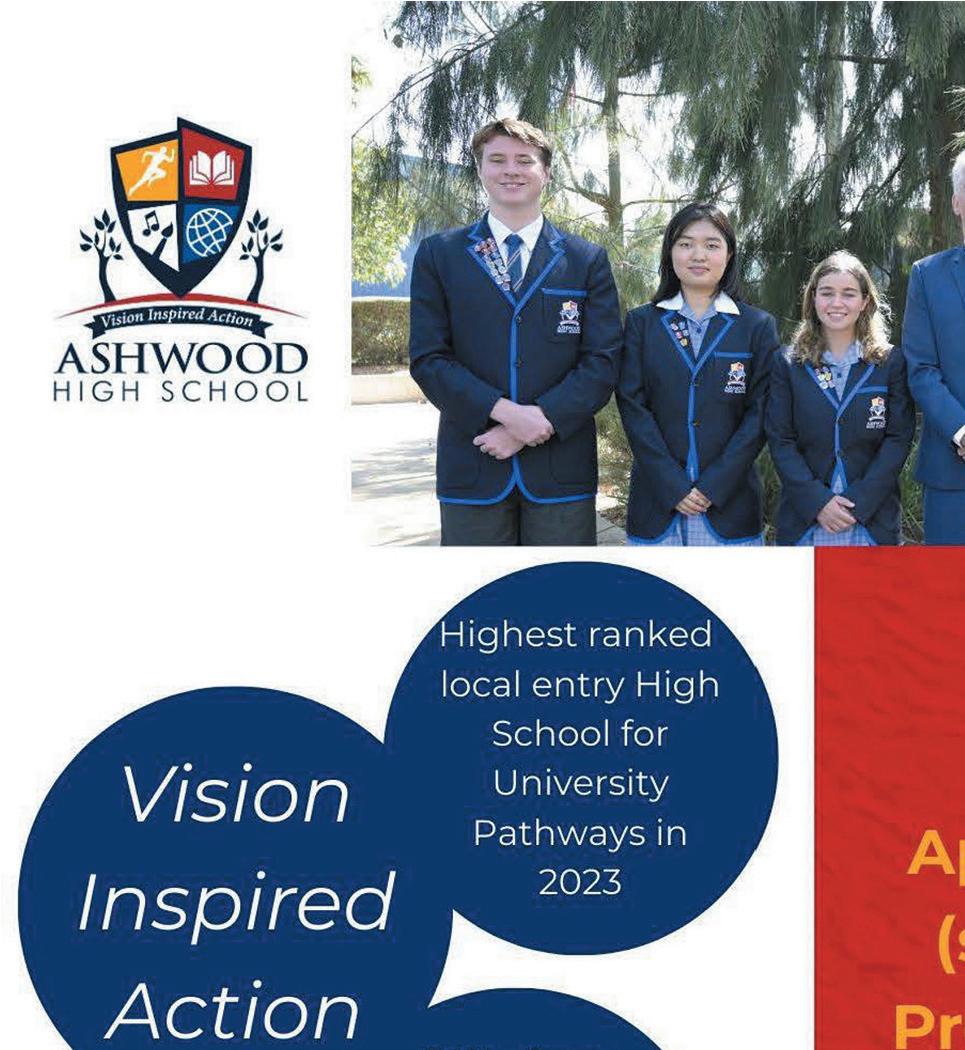
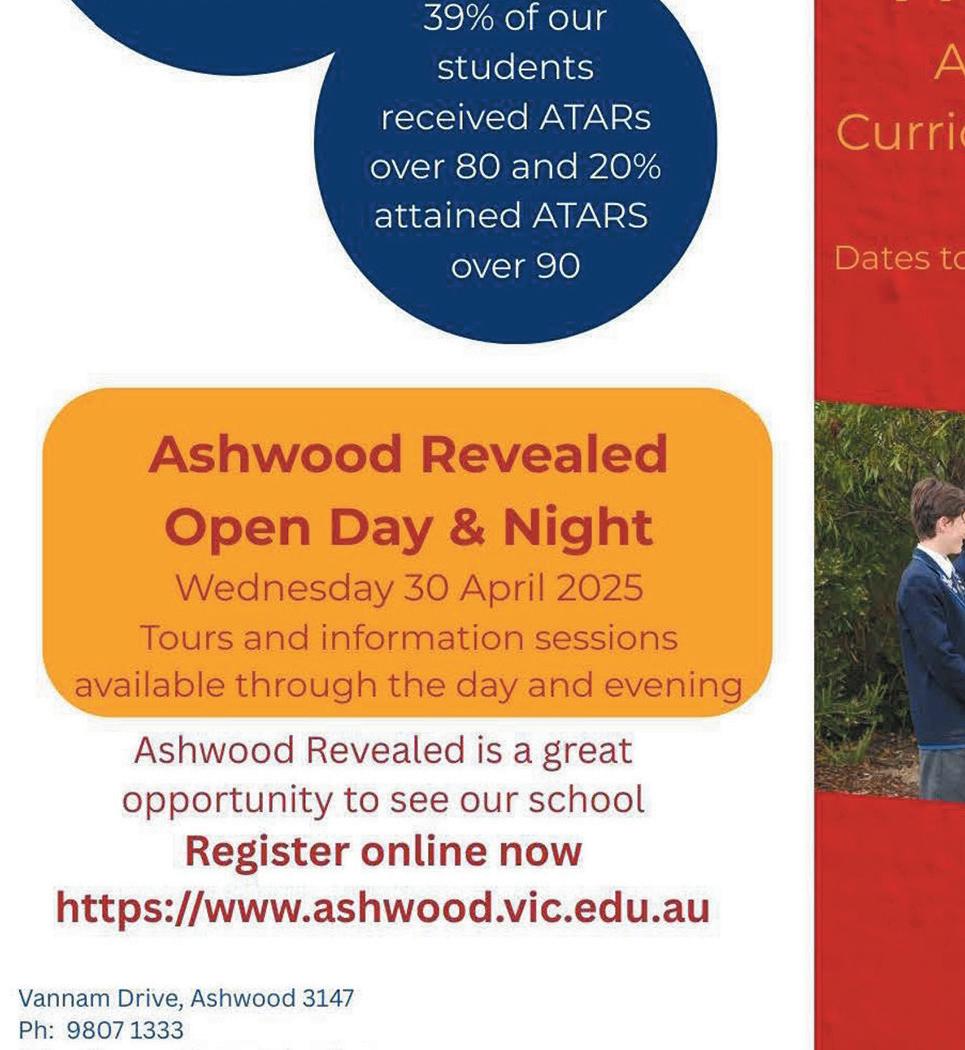



BERWICK College is a high-achieving, coeducational government school in Berwick. The school was established in 1977 and it continues to hold a strong and valued place in the local community.
Berwick College prepares young people for a future in an increasingly changing world. Our students will face social, technological and economic change with the capability to adapt and respond with confidence and generosity. They will each be able to aspire to their own potential within a culture of collaboration, accountability and generosity toward others.
We believe that students thrive in a challenging academic program that also emphasises positive relationships and wellbeing. In 2024, the Berwick College Dux achieved an ATAR of 95.20 and we had students featuring in a range of Victorian Excellence Awards including Top Designs, Top Class Dance and the State Schools Spectacular.
Berwick College students are immersed in a diverse and rigorous curriculum that promotes a holistic education across the sixyear journey through the school. We support students to resilient, empathetic learners who challenge themselves to reach their highest potential and become valued, contributing members of society.
Our staff are deeply committed to the process of evaluating their instructional practice in order to continuously improve teaching and learning. Teachers work in a culture of high expectations and professional learning. Every learner is respected, valued and supported to progress through the curriculum at their own point of understanding.
Students at Berwick College are able to participate in a wide range of co-curricular and enrichment programs. Students in the high-performance programs such as the High Achievers’ Program, Basketball Academy and Dance Academy excel in their field, with many students achieving at a state and national level.
Students may also access a huge range of opportunities for team sports competitions, offered through the School Sports Victoria
We support students to resilient, empathetic learners who challenge themselves to reach their highest potential and become valued, contributing members of society.
program. The hugely popular music and arts programs cater for all abilities, and offer opportunities for participation in many displays, concerts and presentations throughout the school year. The School Production is a highlight of the school calendar. At Berwick College, we empower students to explore the opportunities around them, to discover passions, and to work cooperatively and meaningfully with others as part of their daily lives.
Prospective parents and students are warmly invited to our Information Evening on Wednesday, 30th April 2025, at 6:00pm and College Tours with the Principal are available at 9:30am throughout the year.
Bookings available through www. berwickcollege.com.au
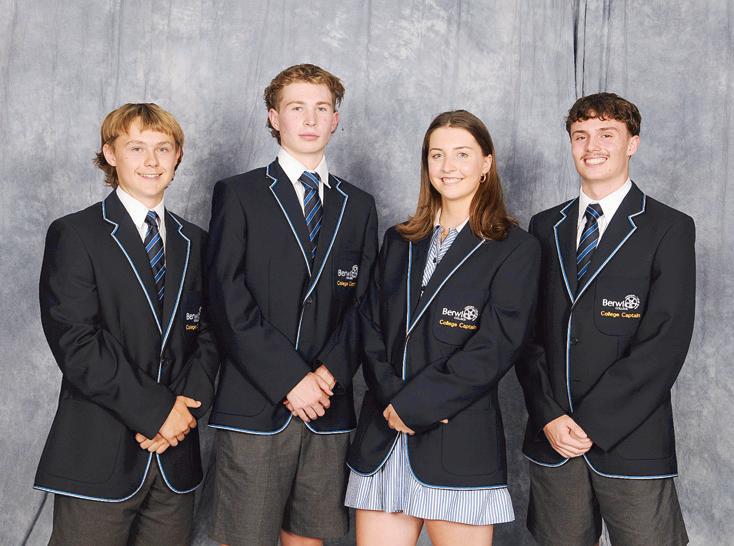




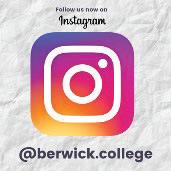

Thank you for considering Boronia K-12 College for your child’s education. Choosing a school where your child will flourish and feel happy is a pivotal decision for us as parents.
At Boronia K-12 College, our vision is to create a welcoming environment where every student feels safe, valued, and respected. A school that is not only supportive and inclusive but one that engages and challenges every student to foster a love of learning and achieve their personal best.
Our college is a unique medium-sized school that offers students the opportunity for a continuous educational journey from 3-year-old kinder to Year 12. We combine the benefits of both large and small schools, offering excellent facilities, a broad range of subjects, and co-curricular activities such as camps, student leadership, sports, and excursions. At the same time, we provide strong pastoral care, individualised academic support, and a close-knit community where staff know students and their families well.
I believe that one size does not fit all in education. Each student is unique, with their own strengths, passions, interests, and learning needs. Our dedicated staff are committed to student-centred learning, ensuring every student is well known and empowered to personalise their learning journey. Through a greater choice of subjects, involvement in decision-making, and agency within their learning, we enable each learner to take control of their education and reach their full potential.

Quality teaching has the single greatest impact on student learning outcomes. That’s why our leadership team sets high expectations for our teachers, ensuring that every lesson is a great lesson. We focus on developing each student’s wellbeing and social-emotional skills through our School-wide Positive Behaviour Support program, Respectful Relationships curriculum, and the Berry Street Education Model.

Our school is divided into three sub-schools to foster strong relationships between students, teachers, and families:
• Junior School: Includes our Early Learning Centre for three and four-year-old kinder and primary years from Foundation to Year 6. As an International Baccalaureate accredited school, we offer a world-class curriculum.
• Middle School: Covers Years 7 to 9, allowing students to personalize their learning with a wide choice of electives.
• Senior School: Encompasses Years 10 to 12, preparing students thoroughly for their chosen pathways with a range of VCE and VET subjects.
• As we are an ELC to VCE school, we offer the best of both small and big schools by having smaller classes, strong relationships through our daily Mentor program, better individualised support, broad elective program, a multidisciplinary wellbeing, inclusion and careers teams, camps, clubs, outdoor education, STEM, music, cohort excursions, interschool sport and community events
• In 2024, we were in the top 10 schools in Knox for NAPLAN results

• In 2024, we achieved some of the best VCE results in the Knox Network of schools.
• Established Literacy and Numeracy Intervention Program across Prep to Year 10.
• High Abilities Program for students needing extension
• An agreed Instructional Model ‘I-LEARN’ that underpins predictable, consistent and effective lessons
• Excellent Facilities including a STEAM Centre, MAC computer lab, Performing Arts Theatre, Music Rooms, Modern Science rooms,

• Partnership with the Knox Innovation Opportunity & Sustainability Centre (KIOSC), giving our students exclusive access to advanced STEM learning
• We have the Doctor in Schools Program - you can see the GP for free
• We offer Outside School Hours Care (OSHC)
Join us at Boronia K-12 College, where we empower students for success and nurture their potential to thrive. I warmly invite you to come and tour our College, book via our website www.boroniak-12.vic.edu.au/enrolments/school-tours-open-days.

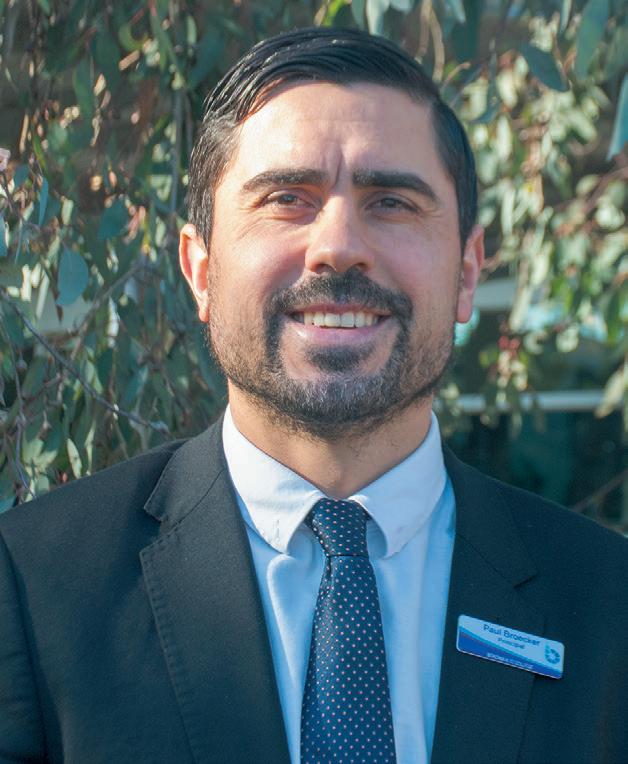





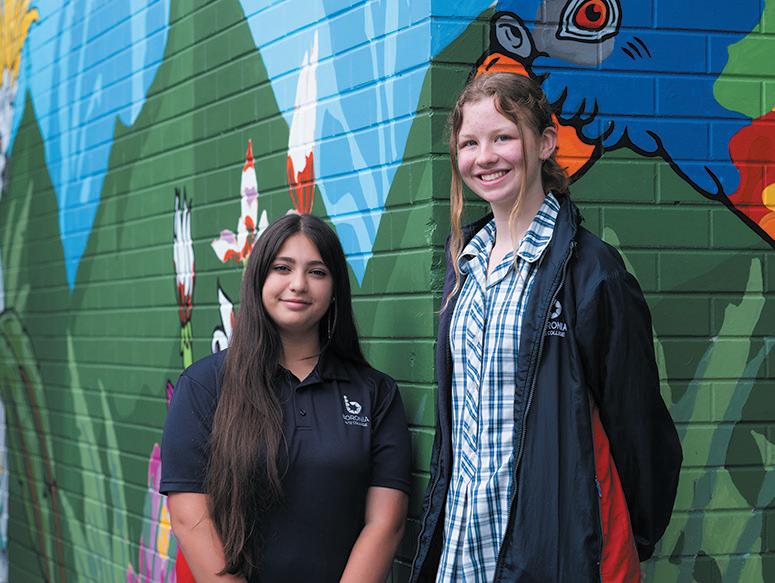
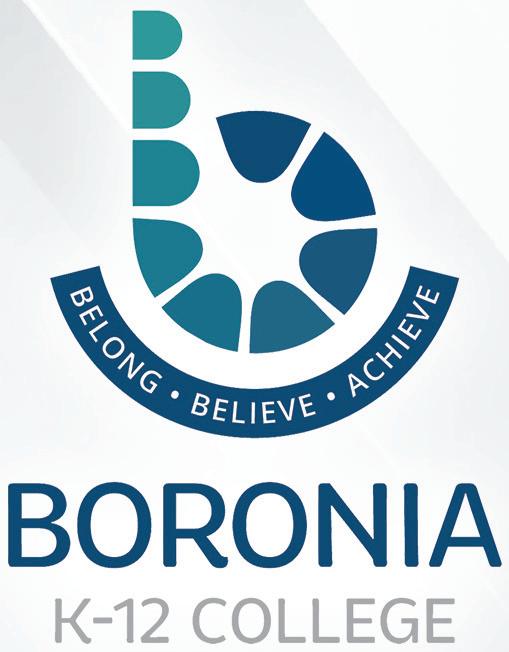




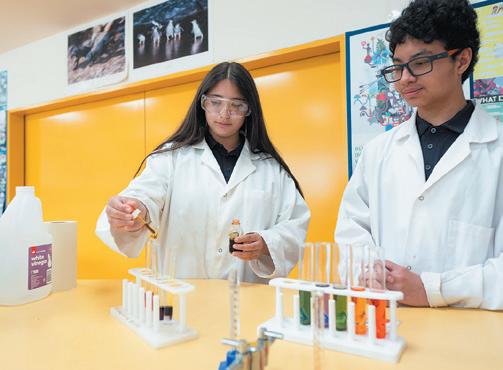

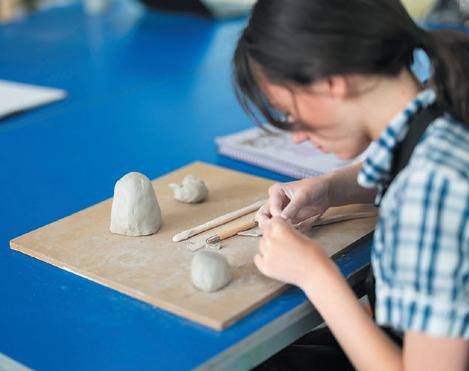

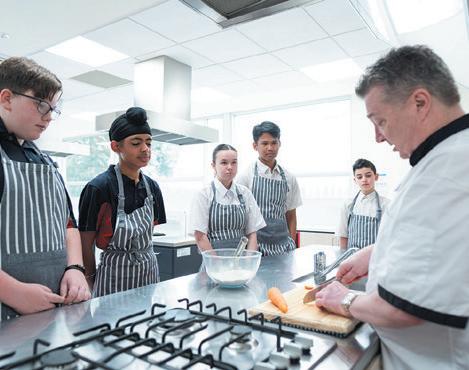



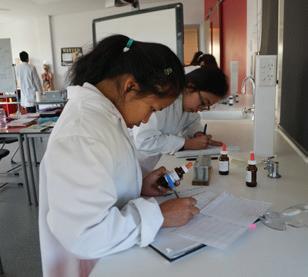
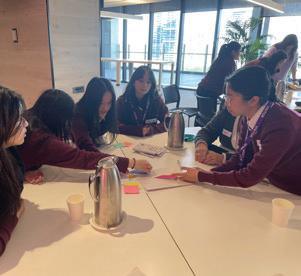

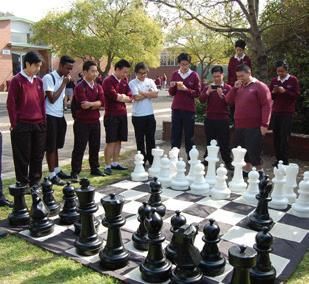
Braybrook College is a proudly multicultural, single campus school with
extensive programs from Years 7 - 12. Our underpinning philosophy is that students should have opportunities to develop their skills to the optimum level. Students are supported across a broad range of areas and the more talented students have the opportunity to be selected for one of our advanced classes.
Our college is the ideal size to provide the programs required to meet the varied needs of students: academic opportunities which will take students on to University Courses or Vocational Educational Training; Music and Instrumental Music through to Year 12; extensive Sports and Outdoor Education programs along with a support structure that encourages students to strive for individual excellence. This breadth of opportunity has resulted in some outstanding results in recent years where our VCE performance has regularly been above the state average. Clearly, the individual attention and tuition Braybrook College provides students, especially in the senior years, results in excellent outcomes including a full range of postsecondary options. Whilst focusing on the learning outcomes
for students our push to provide modern equipment and facilities is evident. Each year we aim to complete at least one major building project. In recent years these have included a state of the art Science Centre, the re-modelling of our gymnasium and a new Art Precinct. Our next project, beginning this year, is the building of an auditorium/lecture theatre. Additionally, the college has prioritised information communication technology. We have a ‘Bring Your Own Device’ program across all year levels as well as computer laboratories for specialist subjects. Teachers and students also have wide access to electronic data projectors and/or interactive whiteboards installed in all rooms throughout the college. The parent community is able to easily communicate with the school via our online parent portal (Compass).
The college is proud of the way in which ensure an ongoing commitment to achieving excellence. We pride ourselves on being able environment.
If you would like to enquire about the college programs contact the Assistant Principals, Ms Arlene Bailey, Ms Mary Liokos or Mr Sean McMahon on 9312 2900.

• Strong academic reputation
• Excellent VCE results including VET & VCAL
• High Achievers’ Program
• Instrumental Music Program
• Strong discipline and student support
• Year 7-12 EAL Program
• Compulsory uniform Extensive Sports/Camps Program
• SEEK Advanced classes
Term 1: Wednesday 19th and Friday 28th March
Term 2: Monday 28th April and Tuesday 13th May Tours will be conducted at 9.30am. Bookings are essential.
ADVANCED PROGRAM
(Select Entry for Enrichment and Knowledge) YEAR 7 CLASS - 2026
The test will be conducted after the enrolment process has concluded. For further information contact: Ms K. Singleton
Scholarships are presented in the 4 areas of:
• ACADEMIC ACHIEVEMENT • LEADERSHIP • SPORT
• MUSIC/PERFORMING ARTS/CREATIVE ARTS
Applications will be available on the College Website
The College wishes to congratulate the Class of 2024 on their outstanding VCE results.
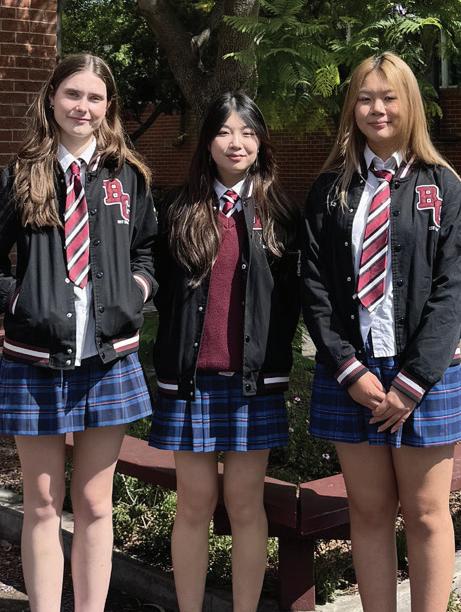
It’s been a joy to celebrate with many of our students. We are extremely proud of the results achieved by our VCE students this year.
Some highlights include:
Dux: Kaytlin TRAN ATAR: 99.25
2nd: Matilda CROSBIE ATAR: 99.15
3rd: Xiao (Lyn) CHIA ATAR: 99
• A Median Study Score of 31
• 27 students with ATARs in the 90s (16.5%)
• 45 students with ATARs in the 80s (27.4%)
• 8.2% of all Study Scores in the 40s
• Two students (Kaytlin TRAN and Katie VO) achieved Study Scores of 49 in English
We wish all our students best wishes as they prepare to embark on their next pathway.
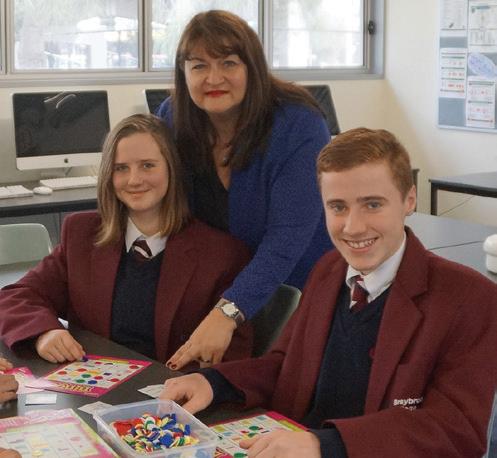
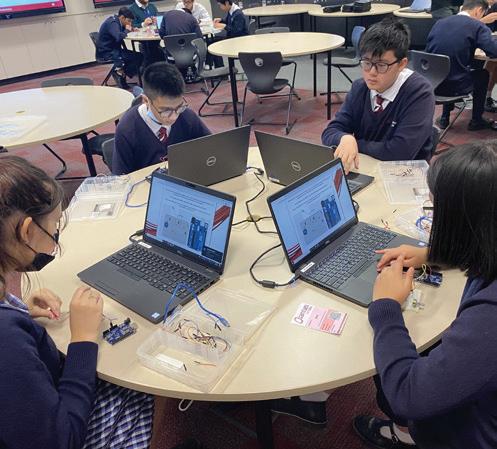
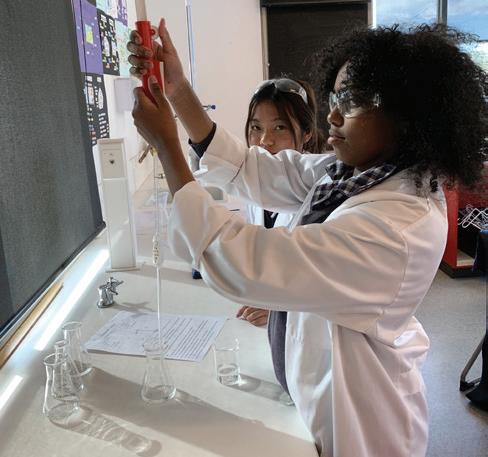

Address: 352 Ballarat Road, BRAYBROOK 3019
Phone: 9312 2900
Email:braybrook.sc@education.vic.gov.au Web:www.braybrooksc.vic.edu.au
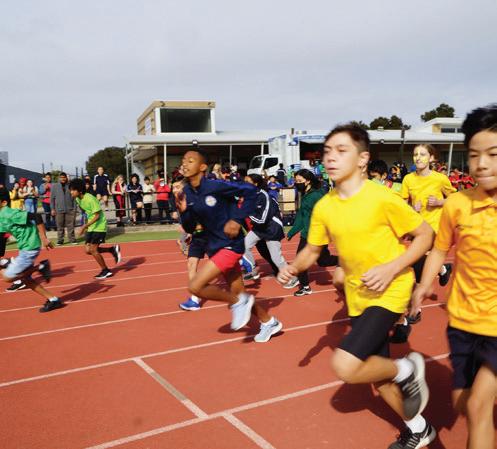
BRENTWOOD Secondary College is a vibrant learning community where all students are supported and encouraged to achieve success and to pursue excellence. Students are supported in their intellectual, emotional, social and physical development by a highly professional group of staff. The belief that happy, healthy, resilient students learn best and are therefore able to achieve their best is a guiding philosophy.
A Brentwood education will provide every student with the opportunity to develop their talents, to nurture a passion and to grow in confidence about their future. The values that underpin a Brentwood education reflect the concept of a genuine learning community. They include Values for Learning (creativity, curiosity, discipline, reflection and resilience) and Values for Community (compassion, empathy, integrity, respect and responsibility).
The academic program is supported by a strong commitment to pastoral care and a cocurricular program that promotes high levels of student leadership and participation. An innovative junior school curriculum includes the Year 7 Thinking, Learning and Creativity (TLC) program, which integrates English and Humanities. Students entering Brentwood Secondary College at Year 7 have the opportunity to apply for a place in the Curriculum Enrichment Program. The program is offered to students who demonstrate academic skills above those of
They include Values for Learning (creativity, curiosity, discipline, reflection and resilience) and Values for Community (compassion, empathy, integrity, respect and responsibility).
their peer group. At Years 8 and 9 students undertake a comprehensive curriculum, with opportunities for support and individualised learning pathways.
The senior school curriculum, which includes Years 10, 11 and 12, promotes personalised pathways along with opportunities for advanced placement and university enhancement studies. A secure education and/or training pathway beyond Brentwood is a priority for all senior students.
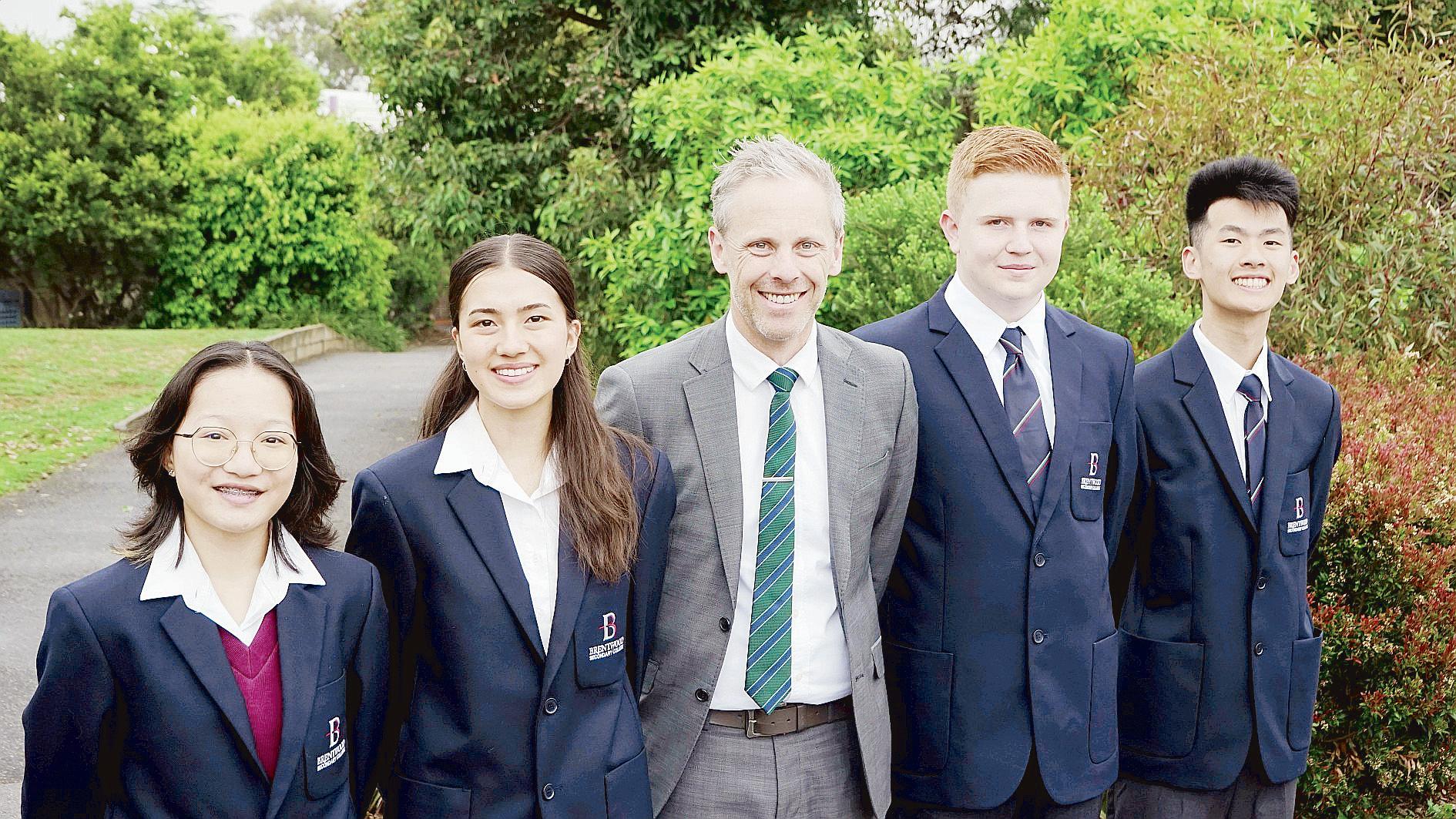


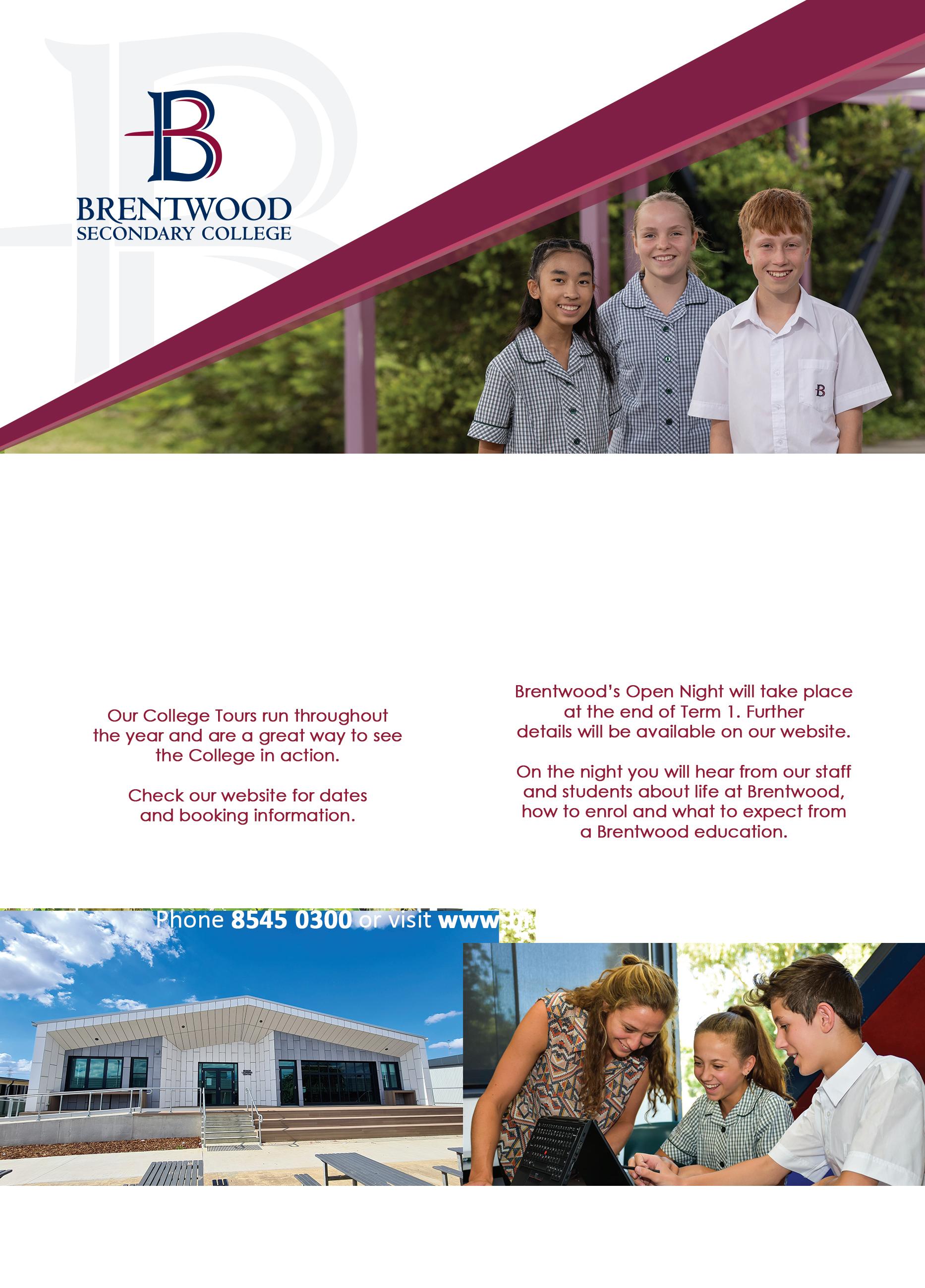


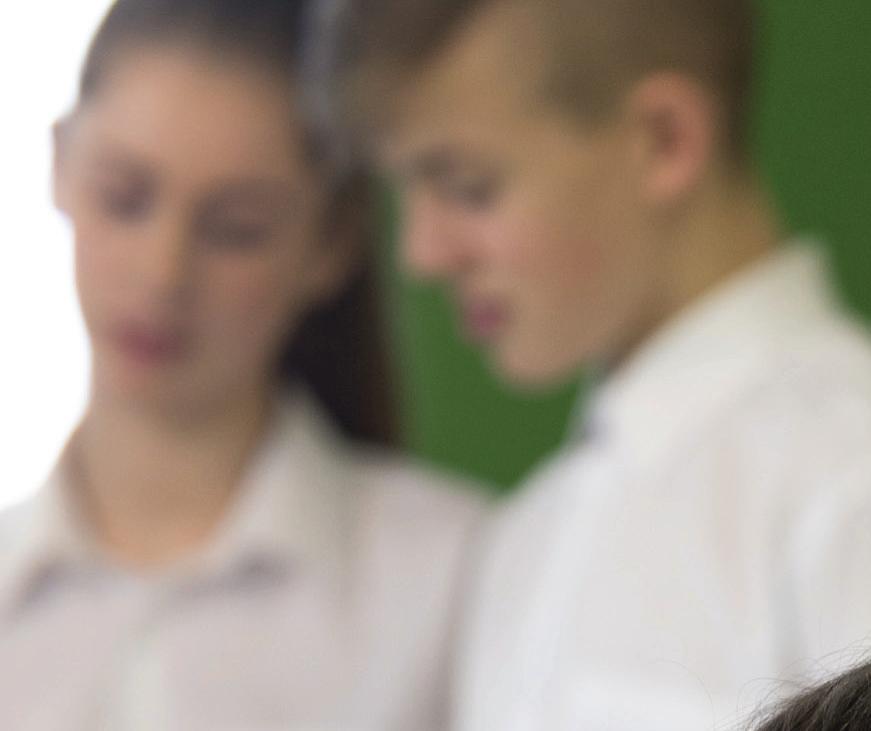
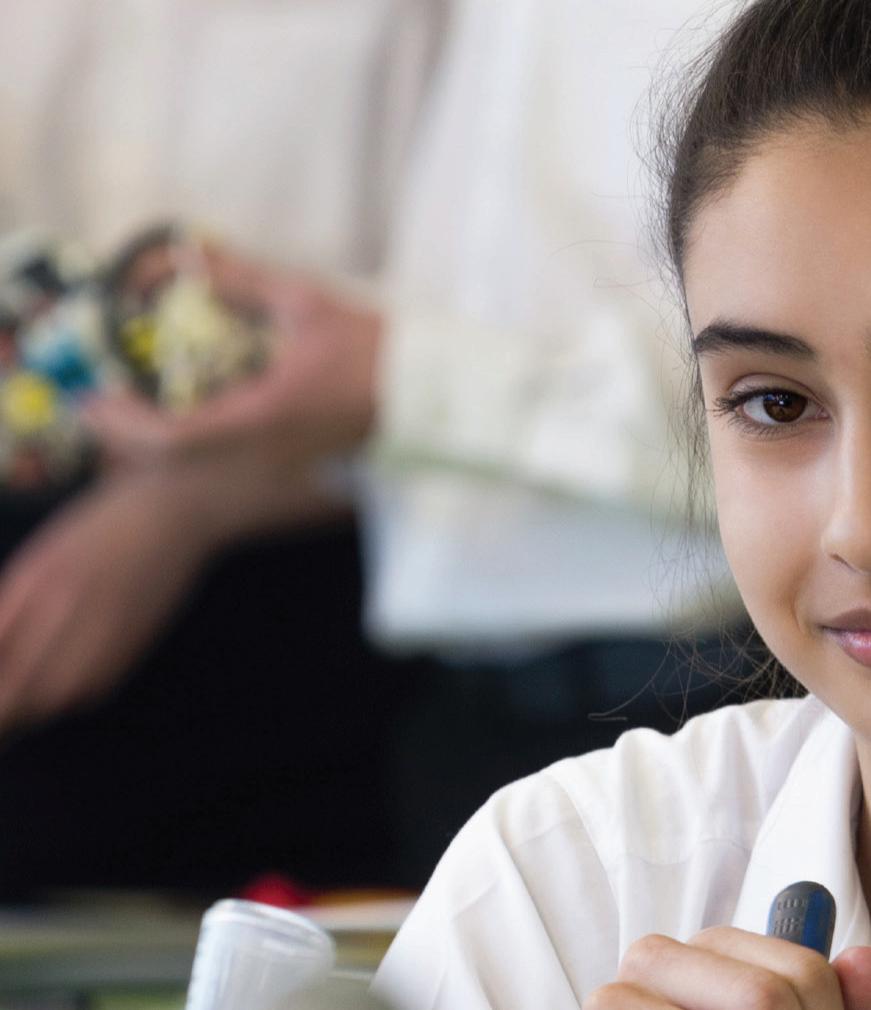
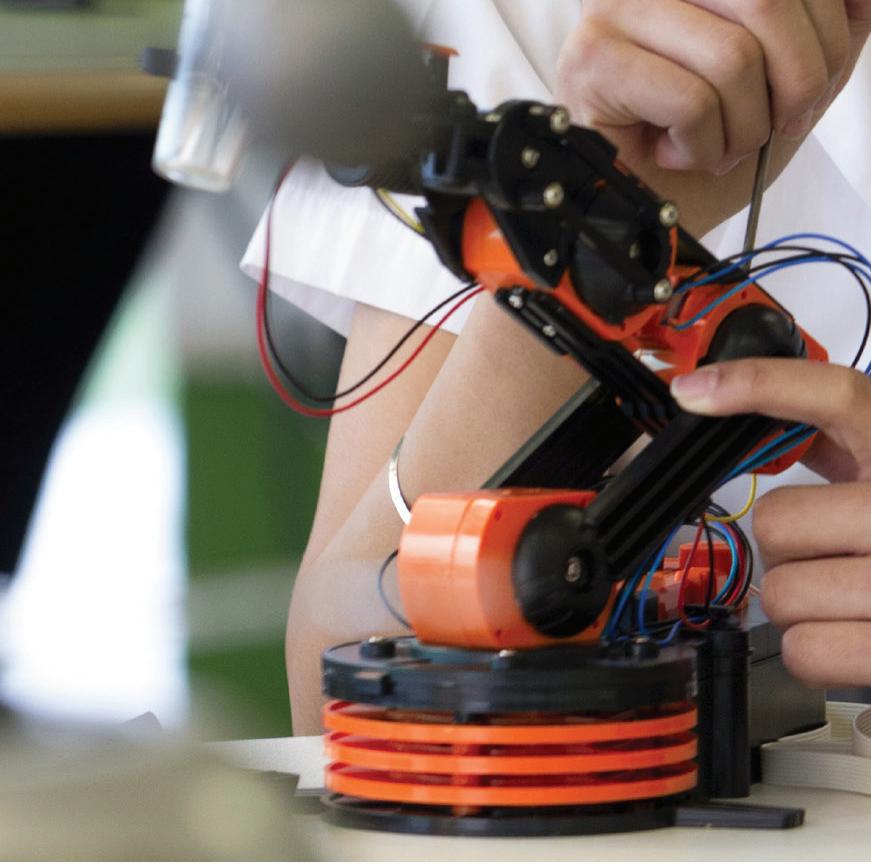


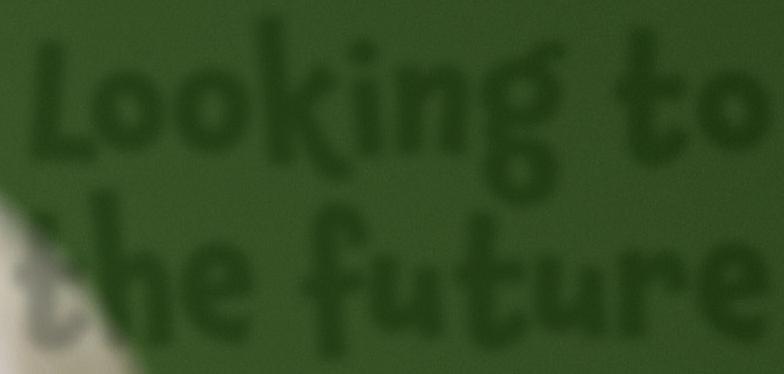


A POPULAR theory says it’s best for students learning a new topic to tackle problems on their own before they’re taught the known method. But a recent study suggests this approach can backfire – especially when there’s a risk of information overload.
The study, led by PhD candidate Greg Ashman of UNSW Sydney, suggests that when new learning places high demands on students’ working memory, it’s better to explicitly teach them first, and let them attempt to apply their knowledge to problem-solving afterwards.
The study taps into fierce debates over the role “productive failure” has in student learning. Research on productive failure has shown that in some cases, letting students try to solve problems before teaching them how has benefits: these include giving them a chance to draw on their existing knowledge, becoming aware of gaps in this knowledge, and engaging more deeply with what they’re then taught.
But the study’s results, says Ashman, suggest that this approach does not work when the problem-solving requires students to pull together lots of new pieces of information to arrive at a solution.
In this case, students run the risk of information overload. This is because there is a limit to how much information our working memory can deal with at once. Because of this, says Ashman, it is helpful to store some of the information we’ll need in our long-term memory before we attempt to solve complex problems.
Ashman’s study was based on two experiments. In the first, researchers split 64 year 5 students tackling science problems on lightbulbs and energy use into two groups: one group had a go at the problems before having an interactive lecture on the effective approach. The other group had the interactive lecture first, then attempted the problems.
At a later date, both groups were given another go at problems based on the same knowledge to see who would do better. The results were clear: the students who had the interactive lecture first scored higher. A similar experiment was run again with a separate group of 71 students, but with slightly more complex problems. The results in this case were even more decisive.
But the study does not rule out problemsolving as a learning approach. The problems
The purpose of education is to allow learners to store information in long-term memory.
attempted in this study involved a high number of elements that needed to be processed in the learners’ working memory.
Ashman thinks this may be why the “productive failure” approach was ineffective. But it may still be beneficial in situations where the working memory has only a small number of elements to interact with, he said.
The current understanding is that the working memory has a limit of around four elements when processing information. Any more elements constitute a “high” level of interaction. Long-term memory has no known capacity limits. Once the working memory processes new information, it is stored in the long-term memory, and can be transferred back to the working memory whenever required.
“The purpose of education is to allow learners to store information in long-term memory,” said Ashman. “Once stored, we are transformed in our ability to act. But before being stored, new information must be processed by our working memory, which has limited capacity and duration.”
“When we’re teaching students how to solve problems with lots of interacting elements, we should start with explicit instruction before getting the class to attempt the problems.”
Greg Ashman et al. (2019). ‘Problem-solving or Explicit Instruction: Which Should Go First When Element Interactivity Is High?’, Educational Psychology Review.
For more information or an interview, please contact Greg Ashman of UNSW Sydney at greg.ashman@gmail.com. (Email message preferred, as Greg Ashman is a full-time teacher.)
CANTERBURY Girls’ Secondary College is a dynamic learning community based on the principles of partnership, support and responsibility and fosters high levels of achievement and satisfaction.
Students are constantly challenged in their learning and the emphasis is on problem solving.
Valued College traditions develop a sense of continuity and identity for students and teachers. Both individual achievement and contribution to group activities are encouraged and valued.
The recognition of achievements occurs in a number of ways including Presentation Night (Canterbury Celebrates), House Chorals and House Dance Drama Festivals and at General, Subschool and Year Level Assemblies.
Canterbury Girls’ Secondary College actively promotes the safety and wellbeing of all students, and all school staff are committed to ensuring a safe learning environment, in accordance with their legal obligations including child safe standards.
VCE Results
Canterbury Girls’ Secondary College achieves outstanding VCE results. The students’ ATAR scores in 2024 showed that:
■ 31 students (2 7.4%) achieved ATAR scores above 90, placing them in the top 10% of students across the State
■ 66 students (58.3%) achieved ATAR scores above 80, placing them in the top 20% of students across the State
Student Leadership
Canterbury Girls’ Secondary College encourages students to undertake leadership roles and provides a structure and program for developing student skills in leadership. The development of these skills is strongly supported through participation in leadership programs within the College and through our links with the local community.
The music program at Canterbury Girls’ Secondary College is a vibrant one offering a wide range of learning and performance opportunities to all students. The program boasts three large concert bands, two string orchestras, a symphony orchestra, stage band, rock bands, guitar ensemble, Klezmer ensemble and many smaller chamber groups. The College has a strong tradition in choral
Valued College traditions develop a sense of continuity and identity for students and teachers.
Both individual achievement and contribution to group activities are
encouraged and valued.
work ranging from whole school events such as the House Choral Festival to the choirs including the award-winning Canterbury Cantabella. All of our ensembles perform regularly at school events and also in the broader community. Our annual Music Night showcases the talents of our young musicians.
Instrumental tuition is available in all woodwind, brass, string and percussion and also vocal and guitar. Students who learn away from the College are welcome to participate in our ensemble performance program.
Canterbury Girls’ Secondary College has an extensive sporting program, including Physical Education as a curriculum program, Sport Education in Years 7 and 8, and involvement in a wide range of inter-school sporting competitions.
Canterbury Girls’ Secondary College has continued its dominance in many sports in the inter-school competitions by adopting a healthy participation rate and dominating many team sports. Our growing reputation as a strong sporting school has been enhanced with excellent team and individual performances. The Sport program is supported by specialist coaches and training sessions to enable students to develop further their sporting skills.
Canterbury Girls’ Secondary College is the best school to educate girls.

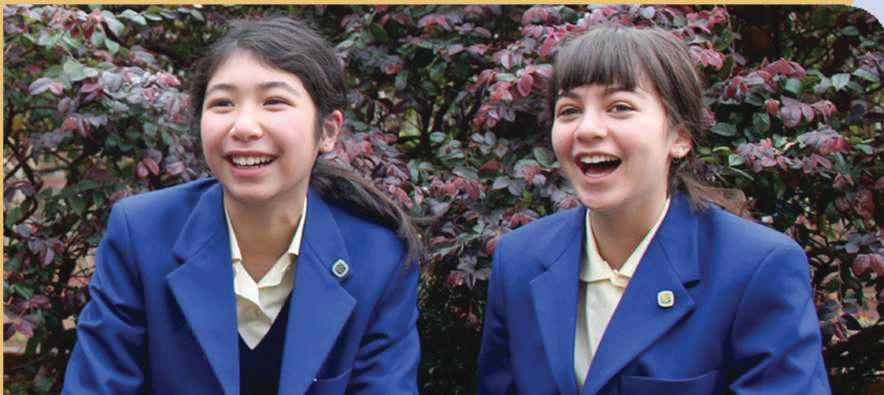










CARRUM Downs Secondary College provides a supportive learning environment where all students are given the confidence to try their very best. We offer a broad range of pathway options and extra-curricular programs that aim to connect students to the college, to their peers and the wider community. Our thriving Instrumental Music, Performing Arts and Sport programs as well as a fully equipped student run onsite café are sources of immense pride across the college.
More recently the college has appointed a new Principal, Mr Chad Ambrose, who is focused on building upon existing positive relationships with our community, implementing programs to develop our young staff into exceptional teachers and educational leaders and working collaboratively with parent / carers to ensure that each and every student is supported to achieve their very best.
The college’s academic outcomes have improved recently and we are working diligently to ensure continued improvement in the coming years, with a college wide focus on developing student’s
Literacy and Numeracy skills. Our Senior Pathway programs offers students the opportunity to pursue university pathways as well as accessing traditional trades, TAFE and employment beyond secondary school. The STEAM Centre is a relatively new state of the art facility that focuses on developing students technical and problem-solving skills to fully equip them to excel within the modern workforce.
Ensuring students are confident and connected is also supported by many services across the college including the Doctors in Secondary School Program and a Student Wellbeing Team that supports students to ensure they are able to actively engage in learning.
The college encourages prospective families and students to attend one of our weekly Principal tours, or to make a private tour appointment via the college website or by phoning the college directly.
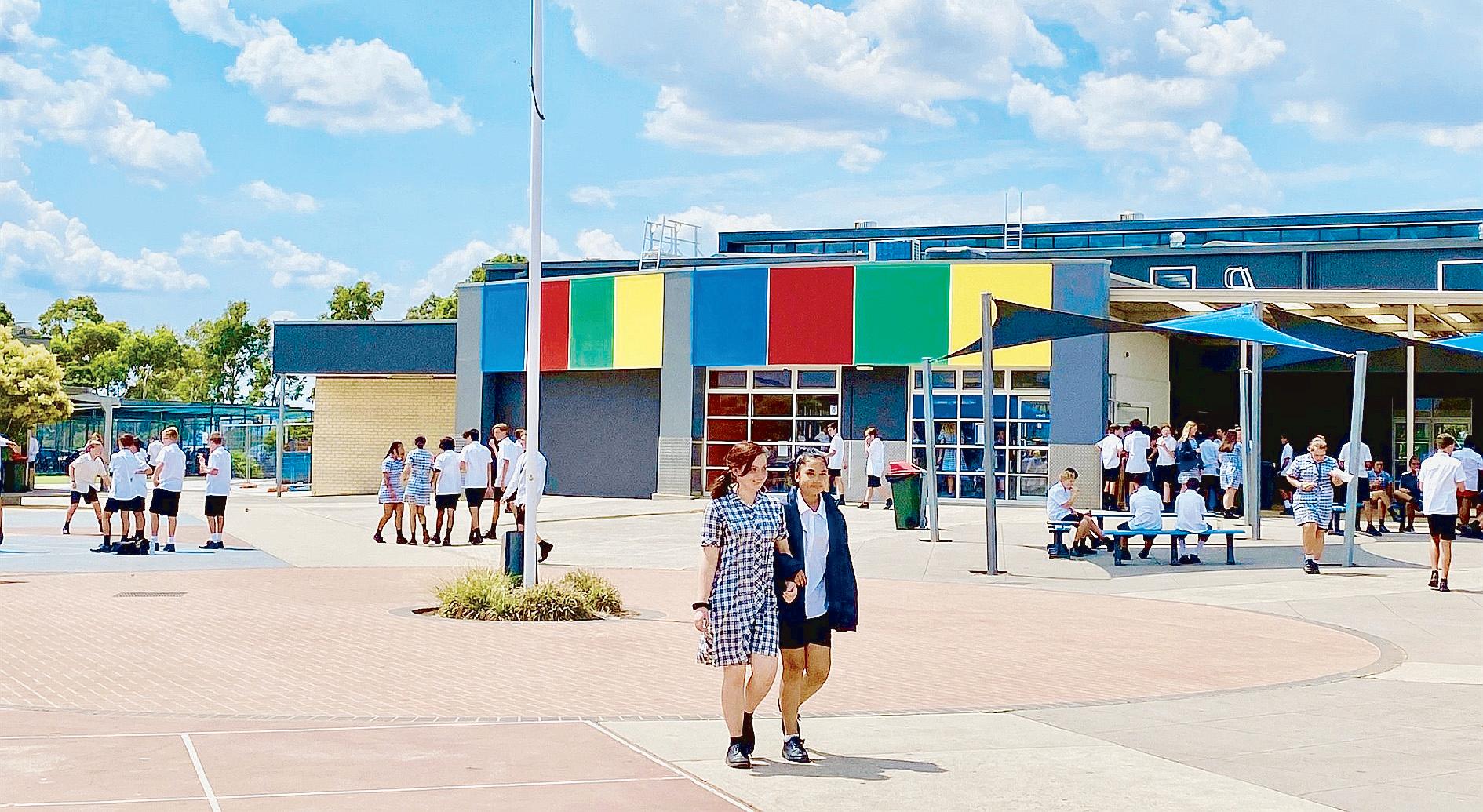



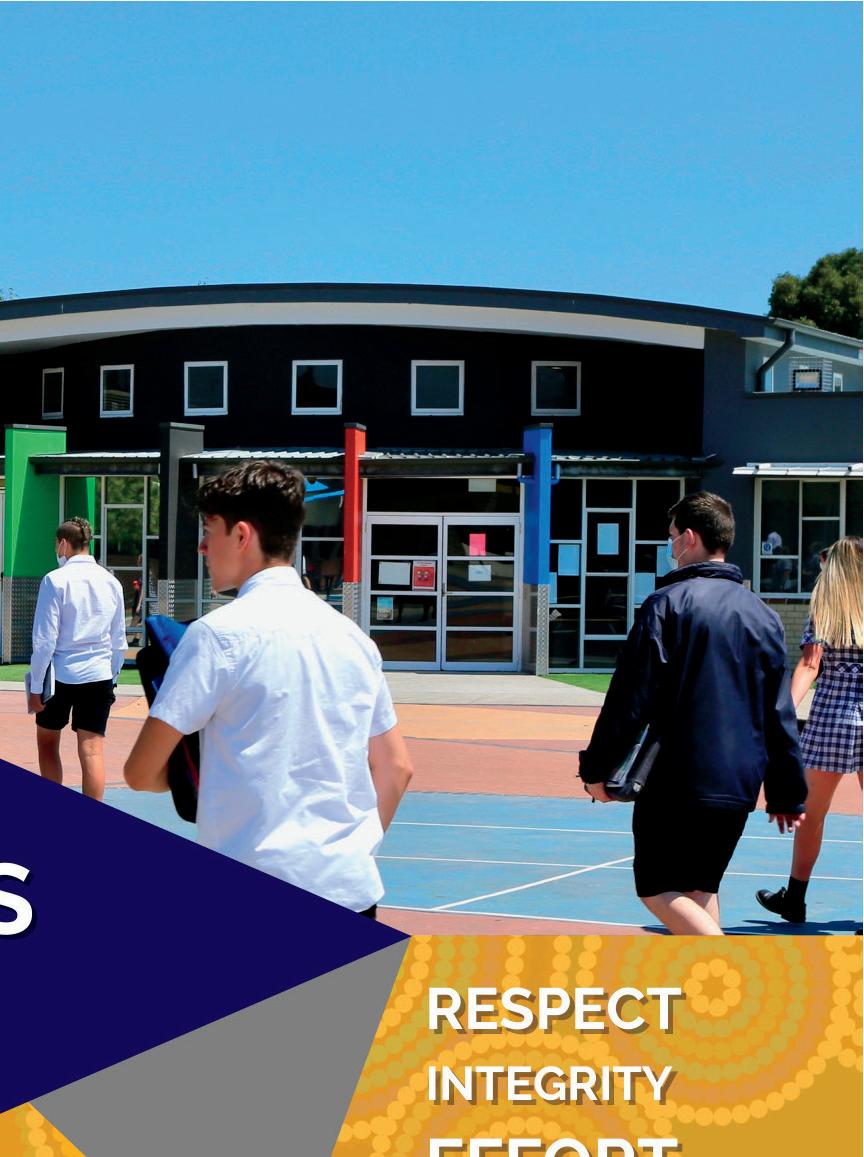
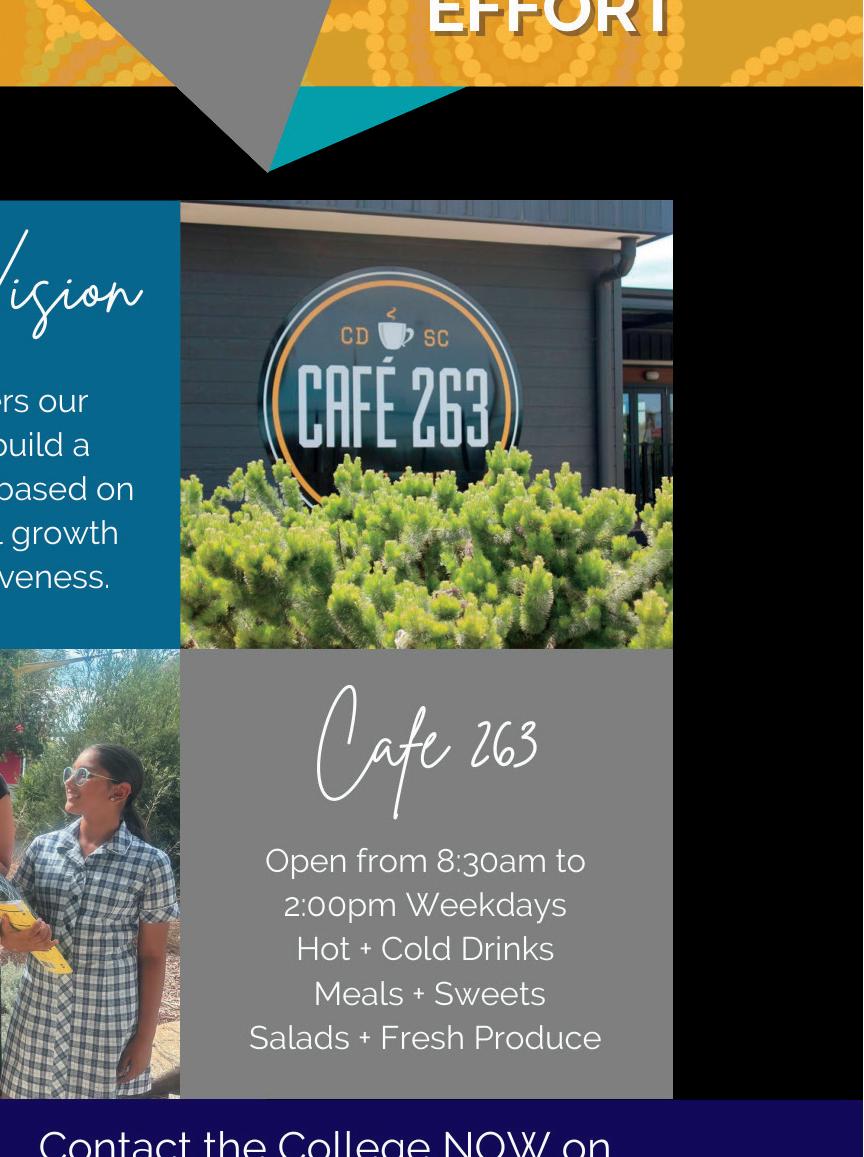
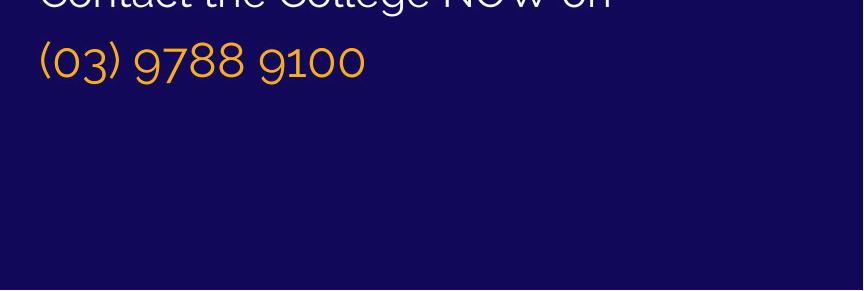

Our vision is that young people feel connected to our school and take pride in being a student here. They develop into inquisitive, literate and numerate life-long learners with a strong sense of community.
We deliver a rich curriculum that motivates students to be engaged in their academic learning. Student data is used to inform and support both academic and wellbeing needs.
We provide a nurturing learning environment that inspires high academic expectations and prioritises health and wellbeing to ensure each student feels safe, valued and respected as an equal member of our school community.
We put significant efforts into Year 7 transition because we know how important it is. The transition programs we conduct as students move from Grade 6 to Year 7 provide us with a general overview of each student’s learning abilities, strengths, interests and challenges. We utilise this data to offer additional supports in Literacy and Numeracy, and to ensure that each student is extended to their fullest ability. Students are supported with multiple visits, additional small group afternoons, primary school visits by school leaders and the support of our professional wellbeing team.
Student leaders across the College are formally trained to lead their peers and the community. Students from all year levels are provided with leadership opportunities.
At Charles La Trobe P-12 College we provide access to education for all students. Our Deaf Facility, established in 1984, provides highly individualised programs for students with a bilateral, sensoryneural moderate to profound hearing loss.
Students at our College excel by embracing
opportunities provided through our official partnership with La Trobe University. Students have access to university facilities and participate in university programs.
Quantum Victoria is a specialist Science and Maths centre that is an integral part of Charles La Trobe College delivering programs in the areas of Science, Technology, Engineering and Maths (STEM).
We know that the events that young people remember when they look back on their time at school are often those moments that were life-changing, or brought them into contact with a new life-time friend. These moments frequently fall outside of normal class. We are proud of our Extra-curricular program.
In 2023 we established our Boys & Girls Soccer Academy. Intended for Year 7 & 8 students, the academy is designed to support positive behaviour, academic effort, strong school engagement, improved attendance and powerful adult-student relationships.
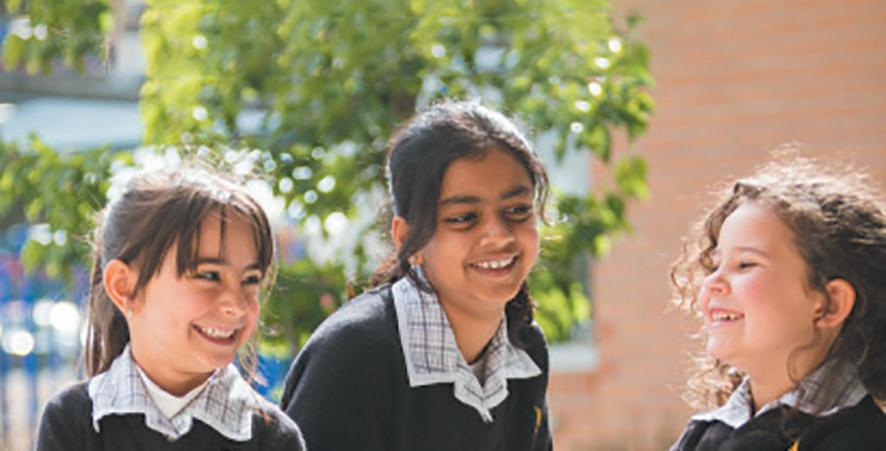
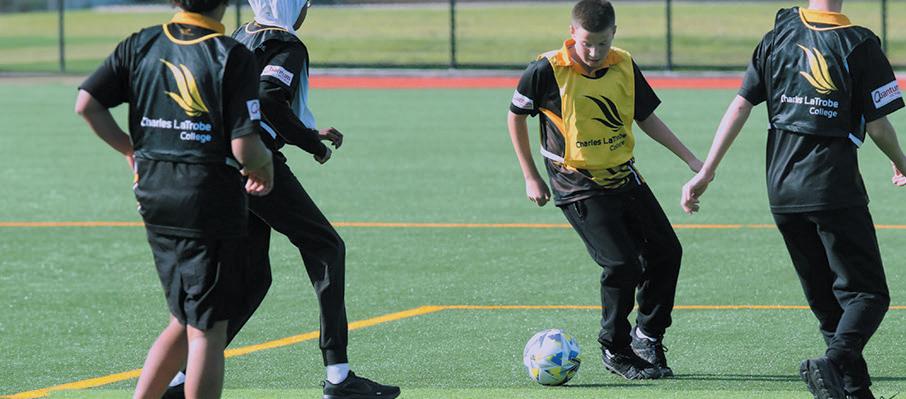
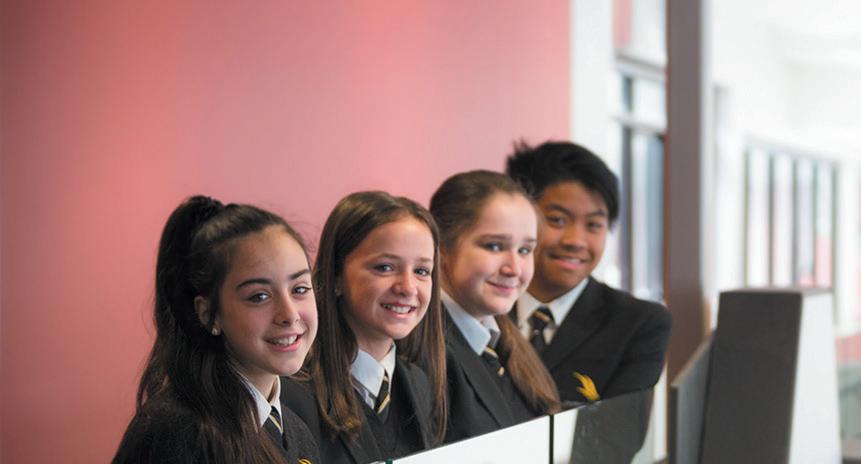
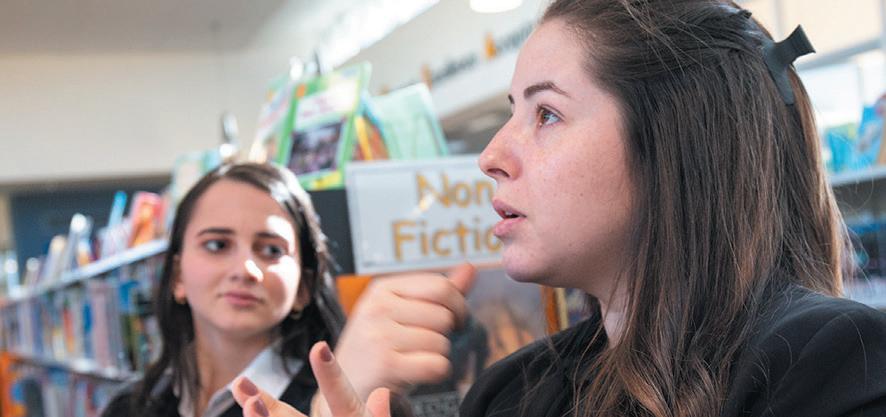
Our college is a diverse and vibrant organisation, where we ensure each part of the organisation thrives as a unique setting, while building powerful connections to each other. Regardless of the setting, we are committed to providing enrichment education experiences for all our students.
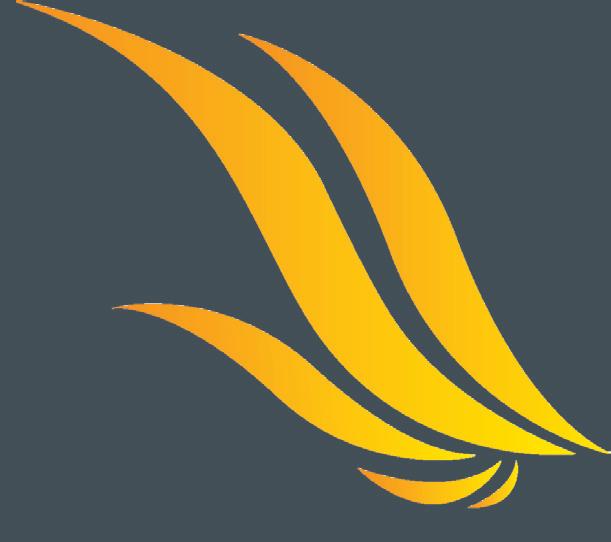
We pride ourselves on being a community that welcomes all students and families.
We support students to develop strong interpersonal and social capabilities as well as to strive to attain academic achievement. The education programs on offer across the College enable each student to achieve to their full potential as teachers personalise learning to meet the individual needs, interests and abilities of all students. Our goal is for all students to become self-directed learners who are able to take responsibility for their learning, both at and beyond school.
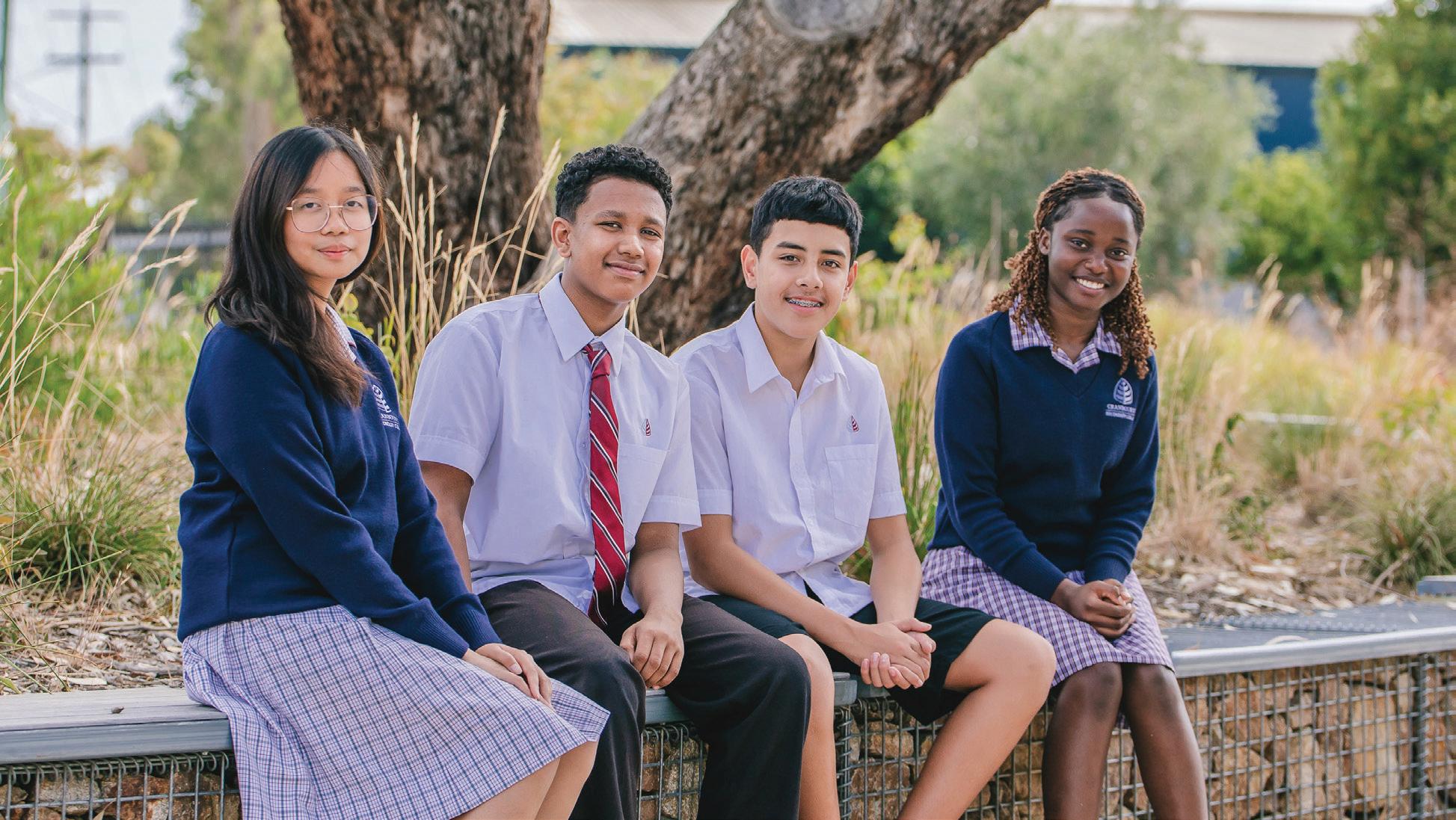
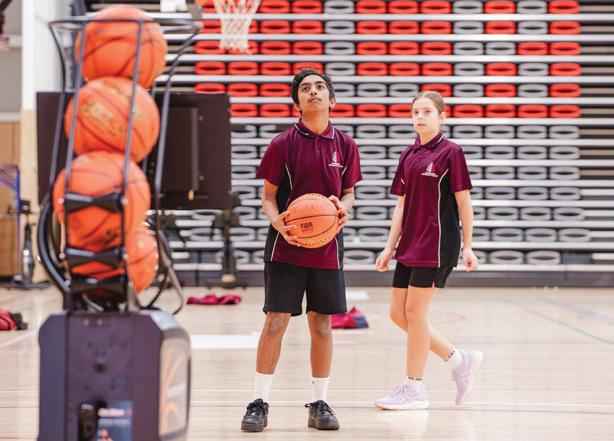
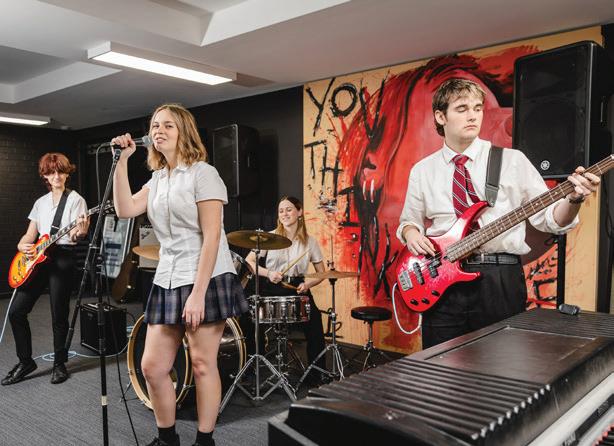
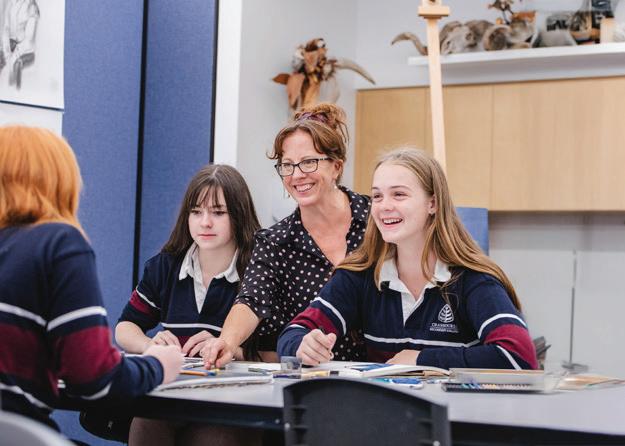
We provide a dynamic learning environment that emphasises the importance of community and relationships.
We strongly believe in the provision of a positive environment with high expectations. We encourage a holistic education of students through academic and experienced based learning and we aim to provide our students with a broad array of academic and personal skills with which to launch into adult life.
A comprehensive transition program to support a positive start to secondary school
An Academic Excellence Program
High expectations for all students to experience success
A highly supportive and orderly learning environment
Excellent facilities across all learning areas
Experienced, enthusiastic, and caring staff
A Wellbeing Team that adopts a holistic model of health and wellbeing that focuses on the physical, mental, emotional and social functioning of students
A broad range of subjects and learning experiences for all year levels
An outstanding range of VCE subjects and VET certificates
Strong Academic Results
At Cranbourne Secondary College we are Leaders in School Wide Positive Behaviour Support and Respectful Relationships.
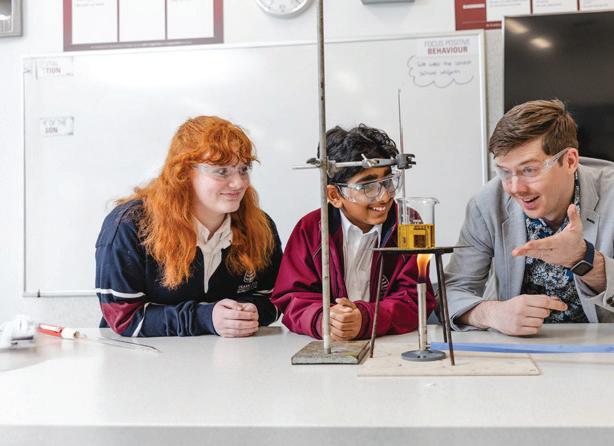


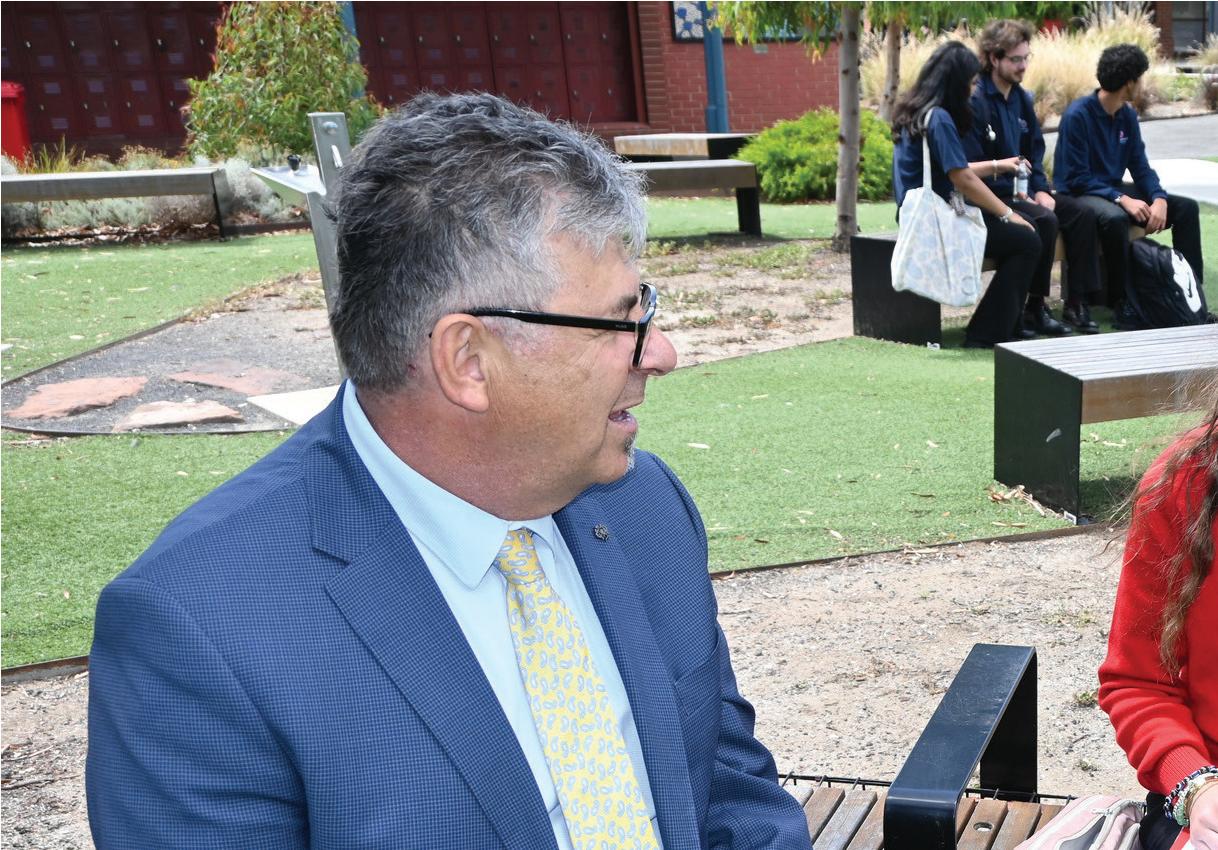

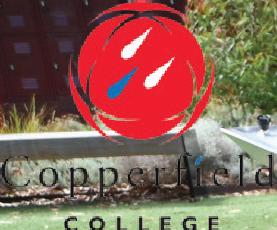








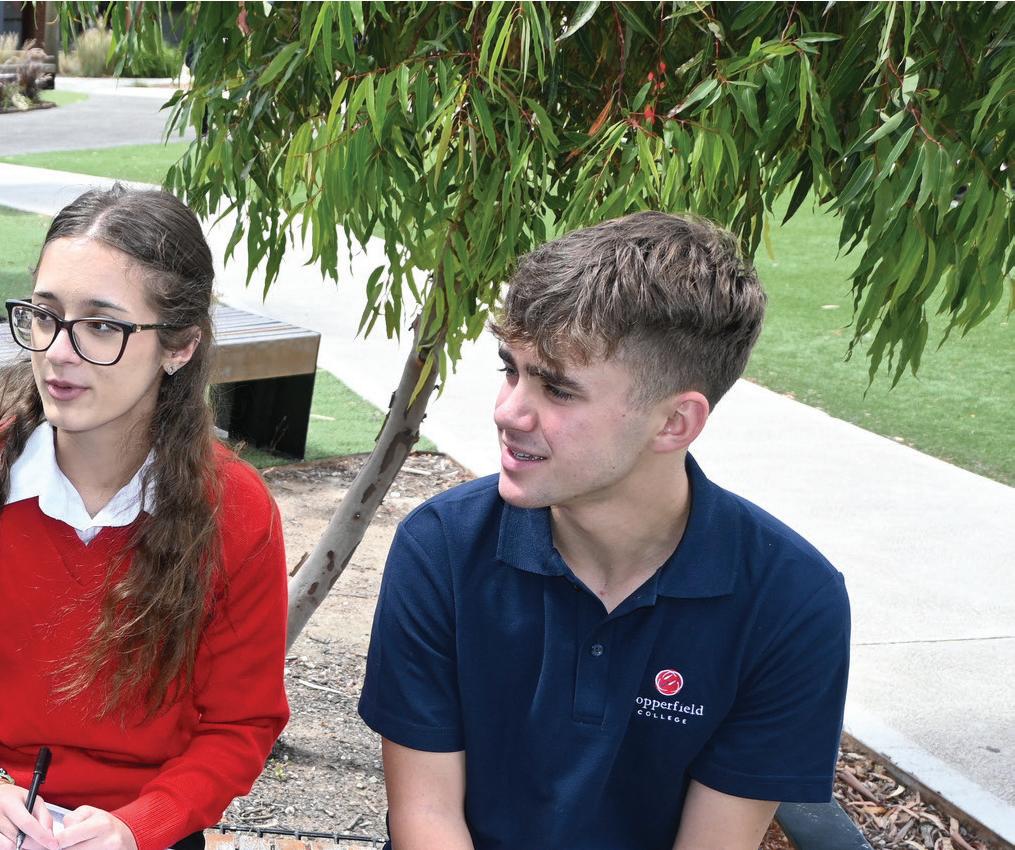
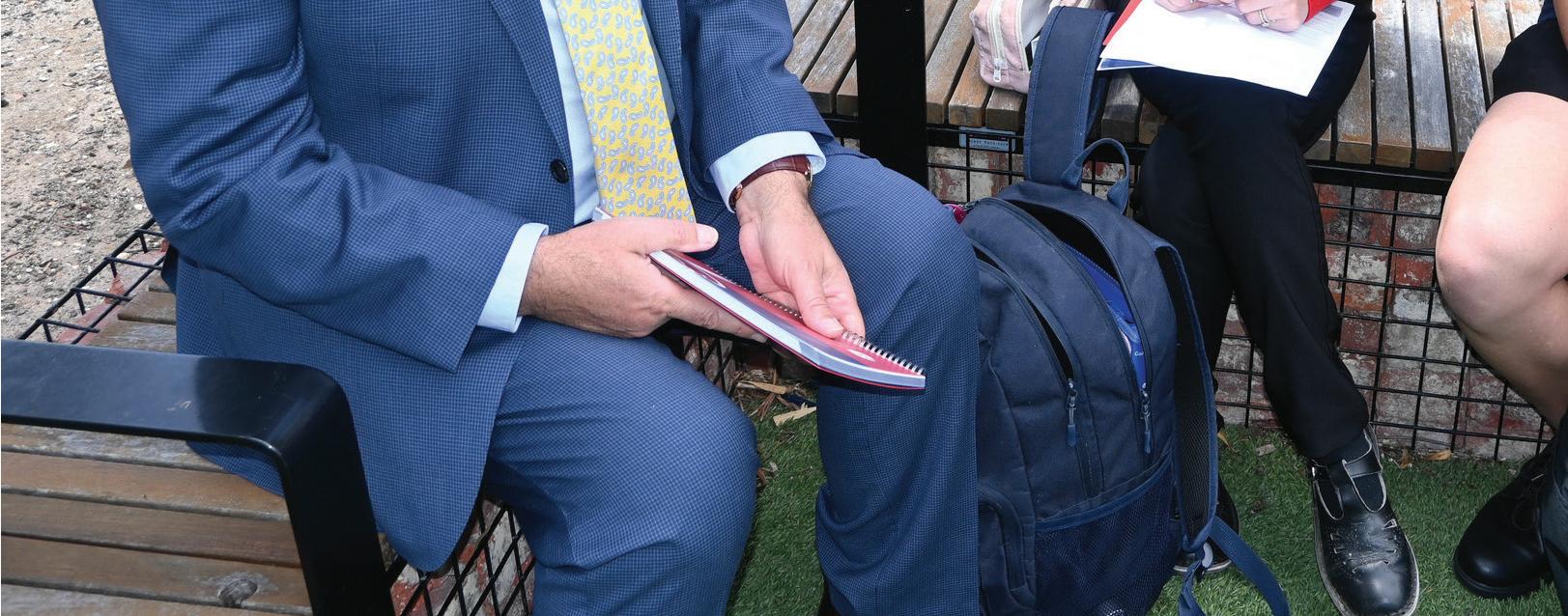





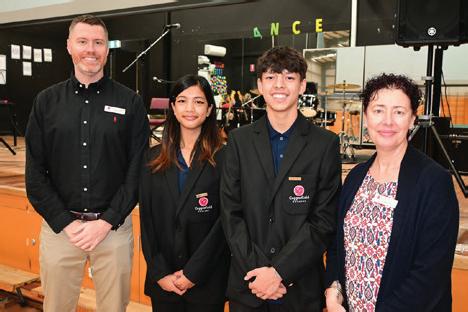















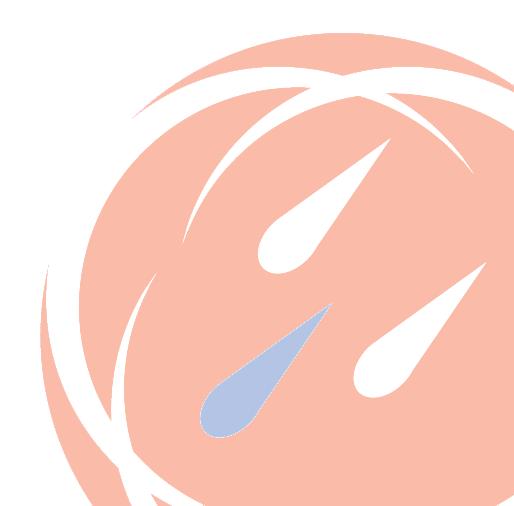
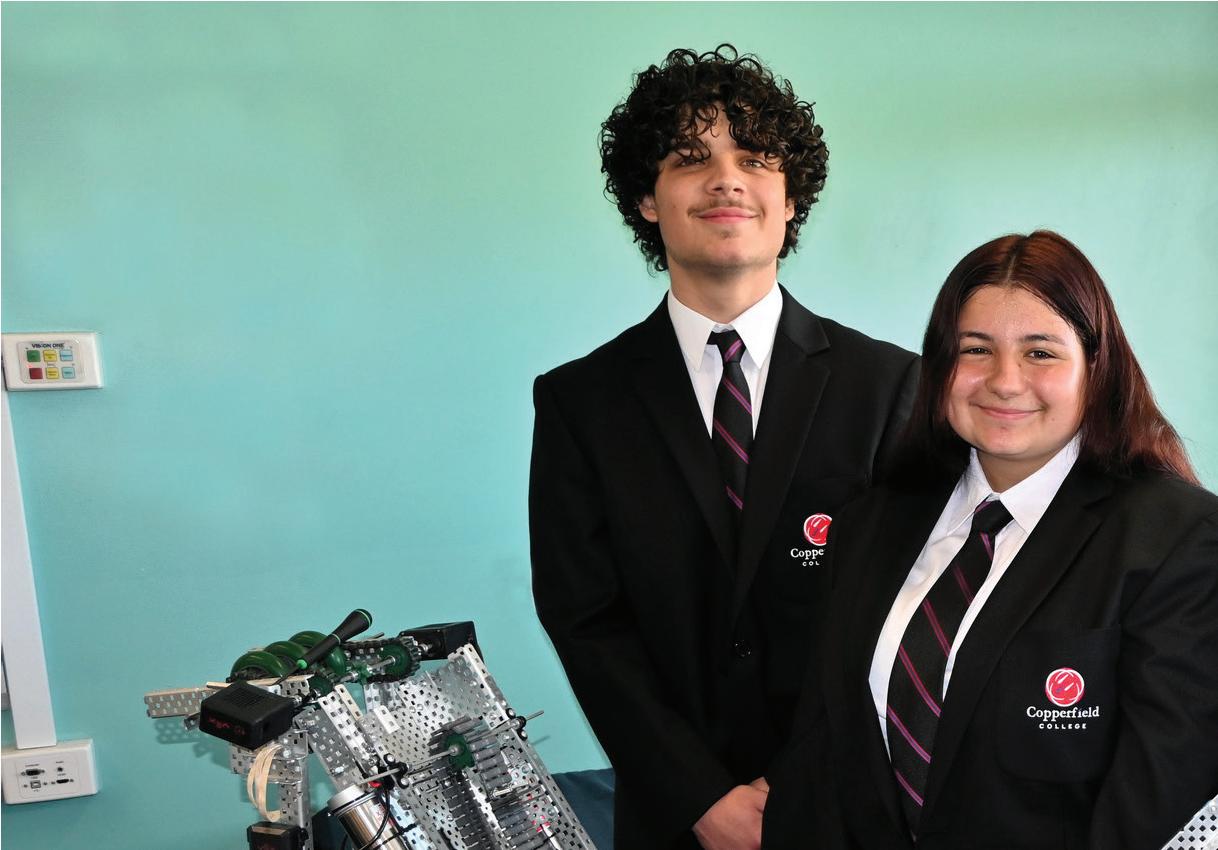
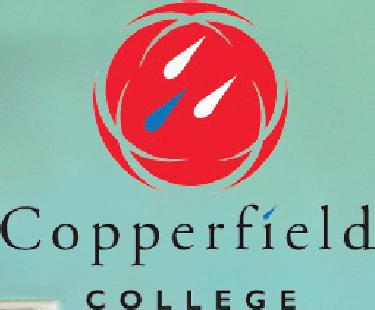
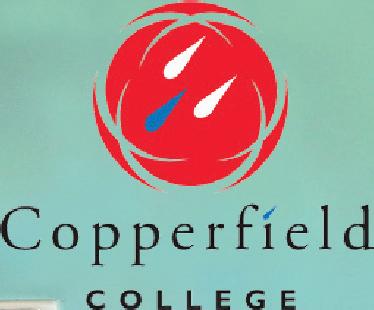

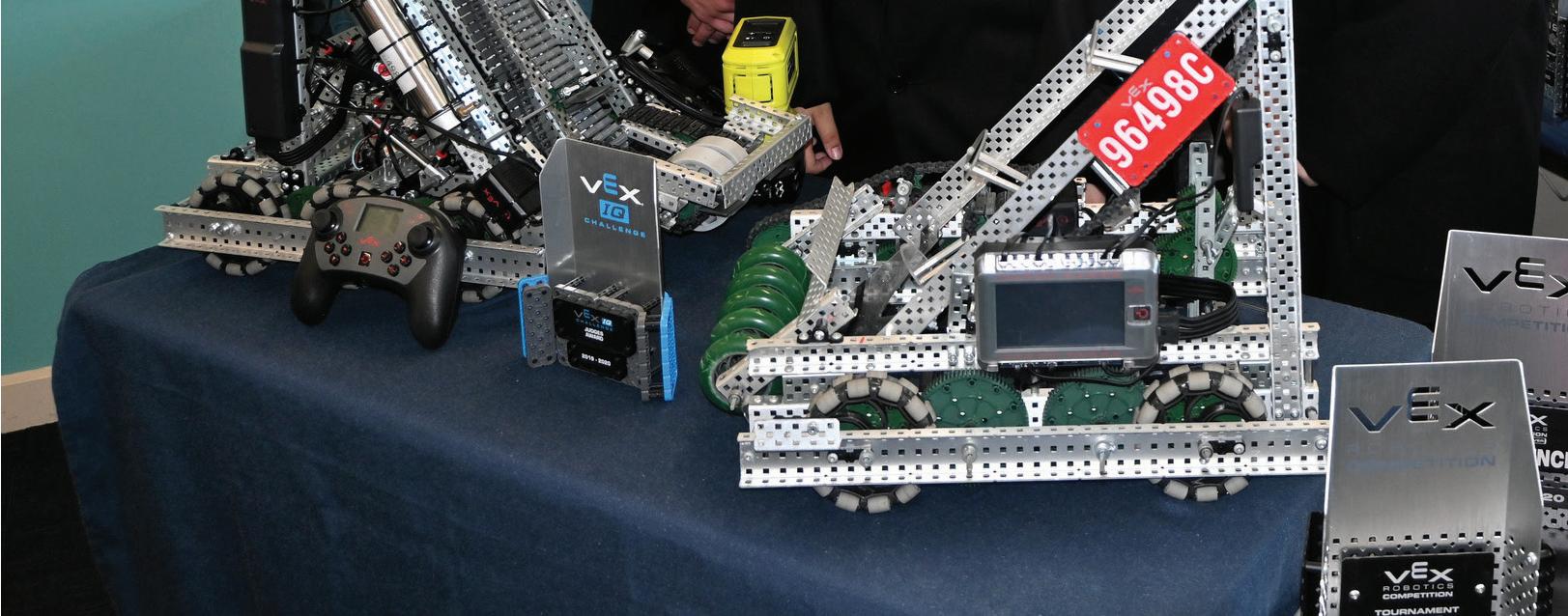
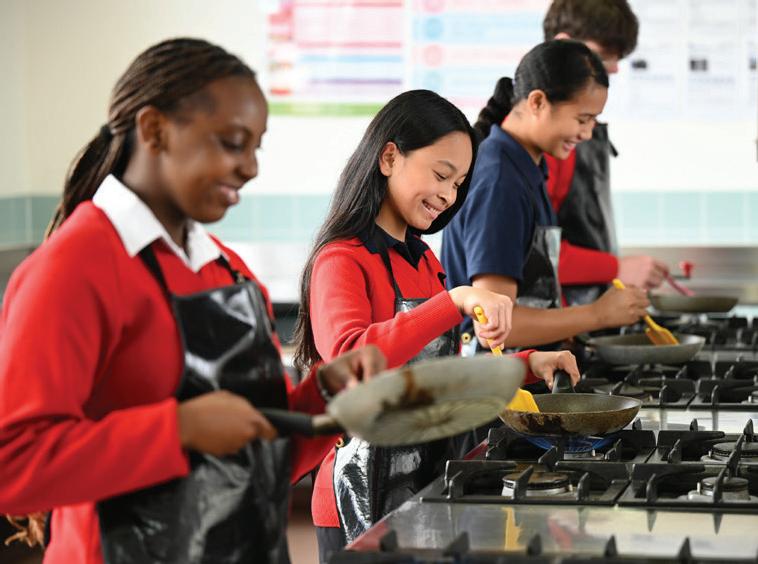


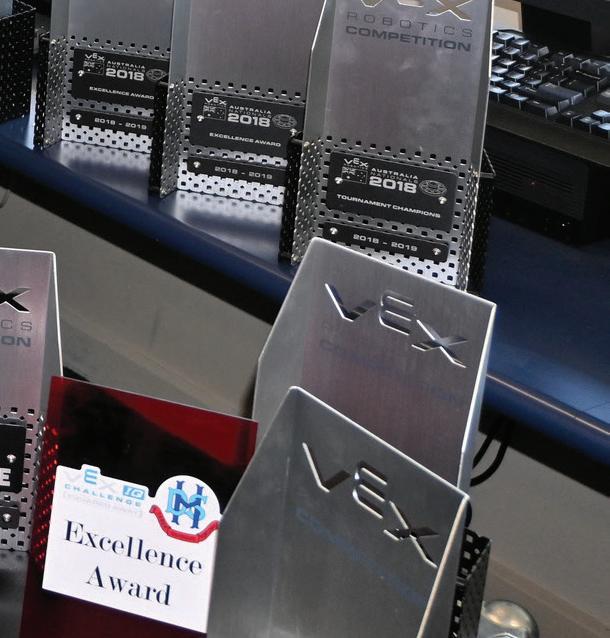

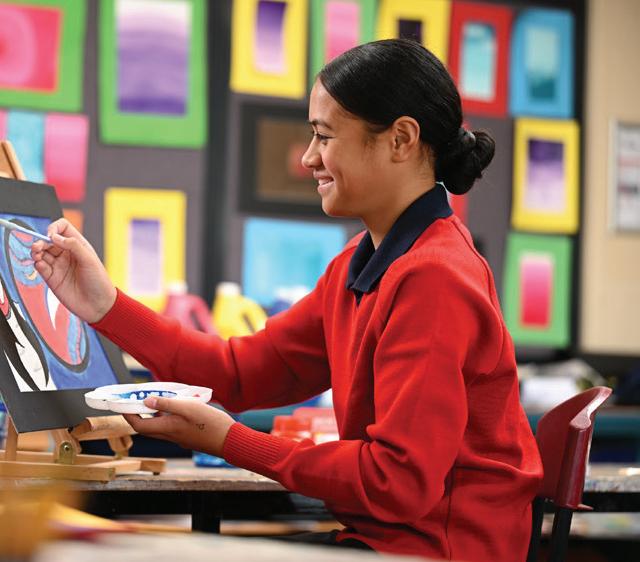
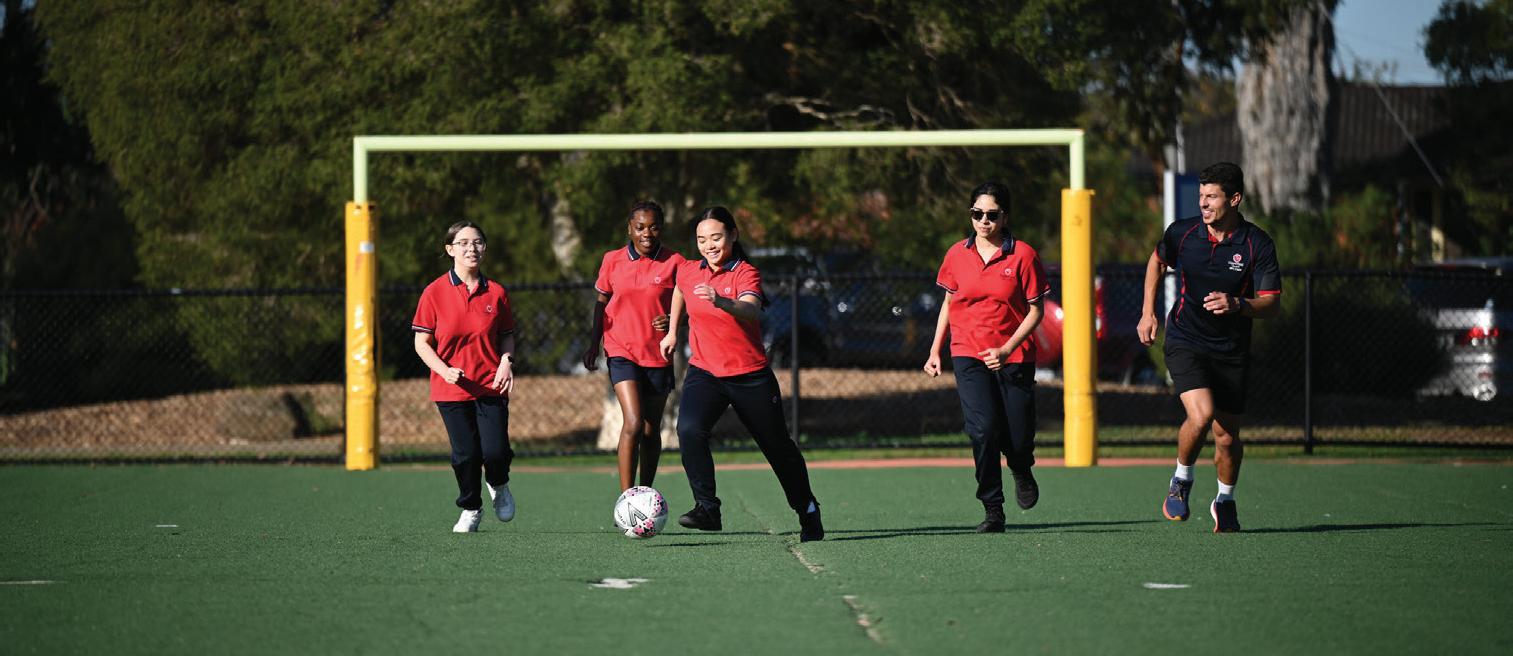




































SCHOOL refusal is a pervasive issue affecting students across the globe, transcending age, gender, socio- economic backgrounds and is a complex educational challenge. It refers to a child’s unwillingness to attend school and can manifest in various forms, such as excessive absenteeism, tardiness, or reluctance to participate in school activities. This phenomenon poses significant challenges to students, parents, and educators, as it not only hampers academic progress but also raises concerns about the child’s overall well-being. Exploring the root causes, consequences, and potential interventions for school refusal is crucial for fostering a supportive educational environment.
Understanding the underlying causes of school refusal is essential for developing effective strategies to address the issue. Several factors contribute to this complex phenomenon, including anxiety & mental health issues, bullying & peer relations, academic stress & family issues.
Many students experience anxiety related to school, stemming from academic pressures, social challenges, or fear of bullying. Mental health issues, such as depression or social anxiety, can significantly impact a student’s willingness to attend school. Harassment, bullying, or difficulty in forming positive peer relationships can create a hostile school environment, prompting students to avoid it altogether.
Excessive academic demands and a competitive learning environment can lead to stress and burnout, making students reluctant to engage in school activities. Family dynamics, such as conflicts at home, divorce, or other family-related stressors, can spill over into a child’s school life, contributing to school refusal.
The consequences of school refusal extend beyond academic performance, affecting various aspects of a child’s life such as academic underachievement, social isolation as well as the emotional impact. Irregular attendance and lack of engagement can lead to academic underachievement, limiting a student’s potential and future opportunities. School refusal often results in social isolation, as students miss out on
crucial social interactions and the development of interpersonal skills. The emotional toll on students experiencing school refusal can manifest as increased anxiety, low self-esteem, and a sense of failure.
Persistent school refusal may contribute to a higher likelihood of dropping out, limiting career prospects and perpetuating a cycle of educational challenges. Addressing school refusal requires a collaborative approach involving educators, parents, mental health professionals, and the students themselves.
Some effective interventions include:
■ Early Identification and Assessment, counseling & mental health support, Individualised education plans (IEPs), communication & collaboration and a positive school culture.
■ Timely identification of warning signs and a comprehensive assessment of the underlying causes are crucial for tailoring appropriate interventions. Providing access to counseling services and mental health professionals can help students navigate the emotional challenges contributing to school refusal.
■ Developing personalised education plans that accommodate the unique needs of students can facilitate a more supportive learning environment. Open communication between parents, educators, and students is essential for understanding and addressing the specific challenges contributing to school refusal. Fostering a positive and inclusive school culture that prioritises the well-being of students can contribute to a more supportive learning environment.
■ In conclusion, school refusal is a multifaceted issue that requires a nuanced and collaborative approach for effective intervention. By addressing the root causes, acknowledging the consequences, and implementing targeted strategies, educators and parents can work together to create an environment where students feel supported, valued, and motivated to engage in their educational journey. In doing so, we pave the way for a more inclusive and compassionate education system that nurtures the well- being and success of all students.





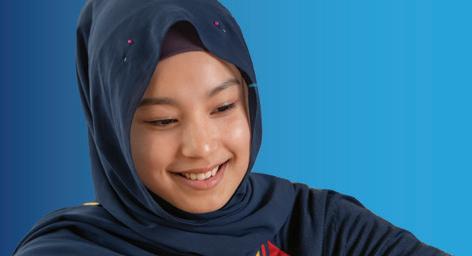






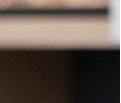
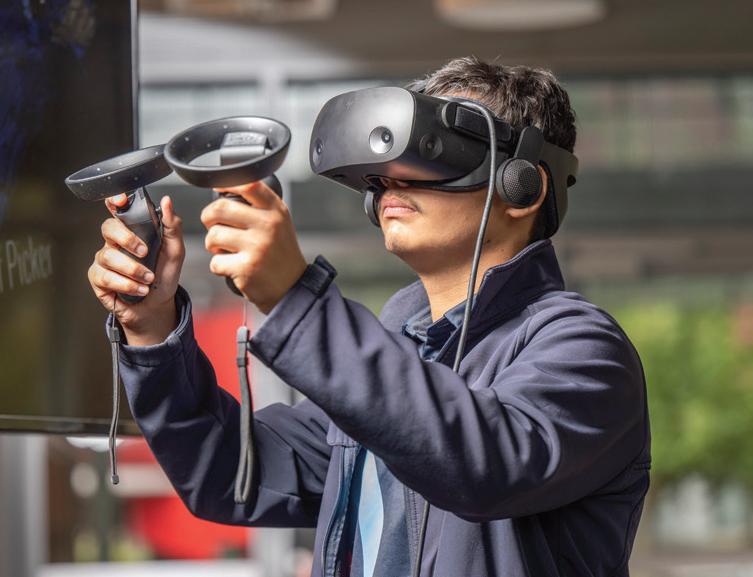










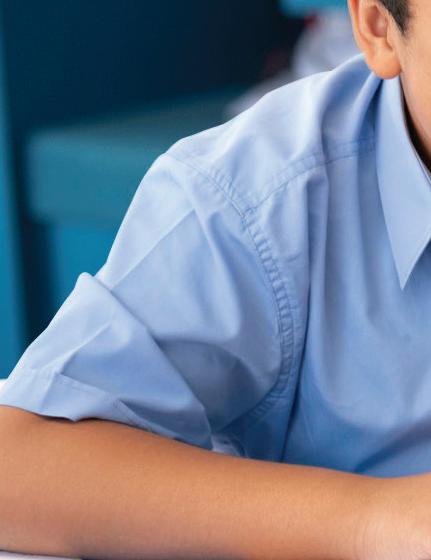
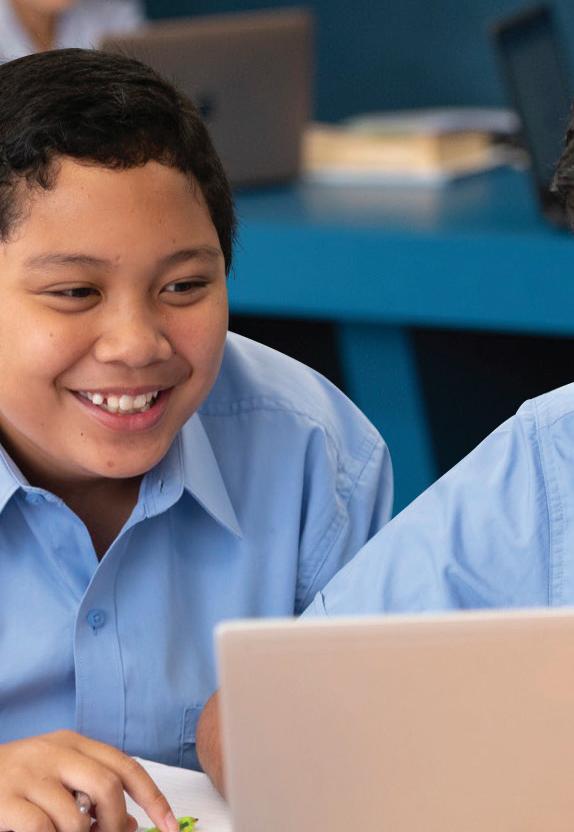


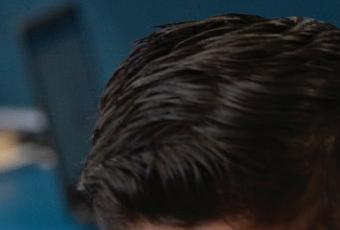
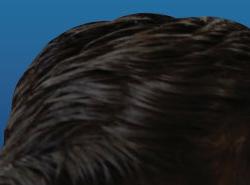
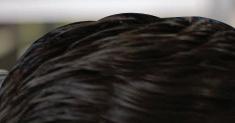
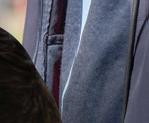



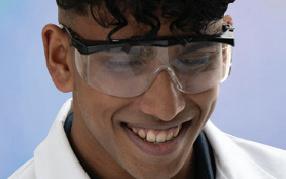


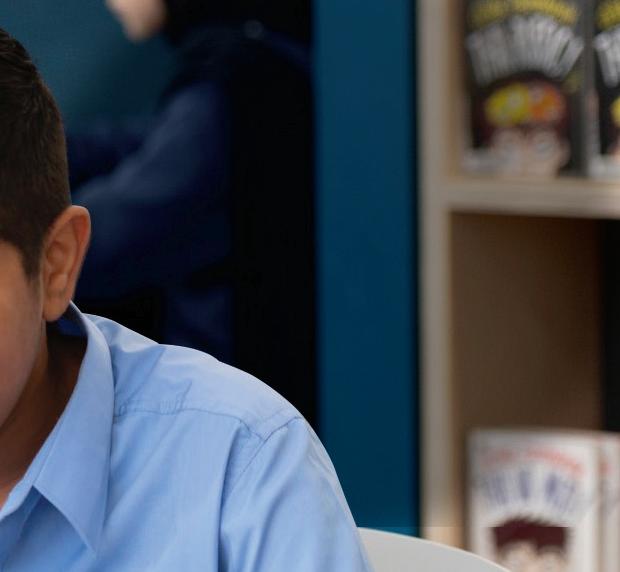

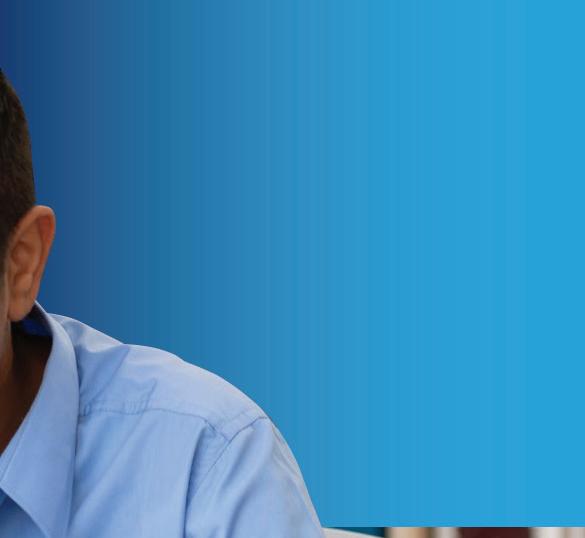
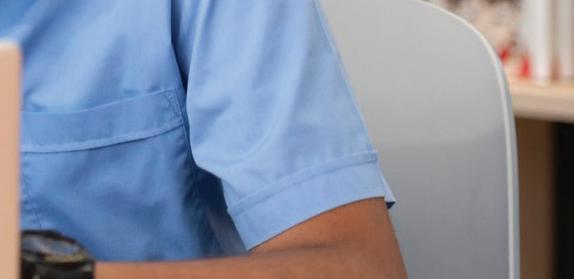
20th May 2025 at 5:30pm | 16th Sep 2025 at 6pm
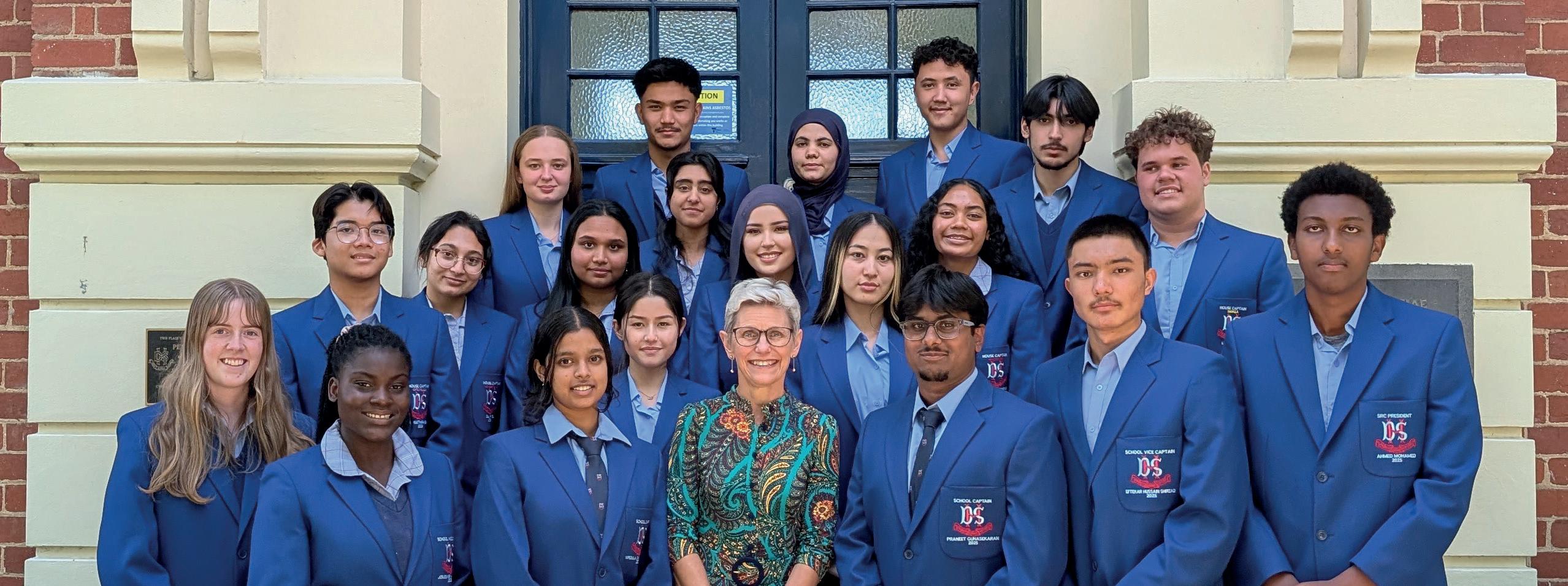
Established in 1919, Dandenong High School is one of the oldest and most culturally diverse secondary schools in Victoria. We are a co-educational setting from Years 7–12, with an enrolment of approximately 1600 students. The school is renowned, both nationally and internationally, for its unique House structure and state of the art facilities. These were designed to ensure a dynamic learning environment that fosters a student’s creativity and independence and ensures the development of a strong connection to their teachers and their peers.
In Years 7–9 students learn with a team of teachers for their core subjects within their House, building positive relationships that develop their confidence. Learning is personalised and designed to meet individual students needs and ensure they reach their potential.
The school also has an outstanding SEAL accredited, Accelerated and Enhanced Learning Program, we offer select-entry, Year 9 Design Engineering Academy with a range of specially designed STEM subjects, and also offer select students entry into our Melbourne Victory School of Football at Years 7–9.
Our Senior Studies program in Years 10–12 is individualised and enables students to choose from an extensive range of pathways opportunities. We offer VCE (including VM and VET) and the Victorian Pathways Certificate. Strong links with tertiary institutions and community partners build the 21st Century skills necessary for success once they leave school.
Our school provides a comprehensive STEM program in Years 7–9, Year 10 STEM Innovators and Digital Technologies, our STEM Academy, and VCE offerings including Systems Engineering. In 2023 Dandenong High School opened the multi-award winning purpose-built, state-of-the-art Design Centre, in which students will be immersed in STEM learning.
Dandenong High School also values student leadership and student agency and is committed to creating an environment where students are empowered to enact positive change.
At Dandenong High School we know each student as a learner and person and create a place for them to thrive.
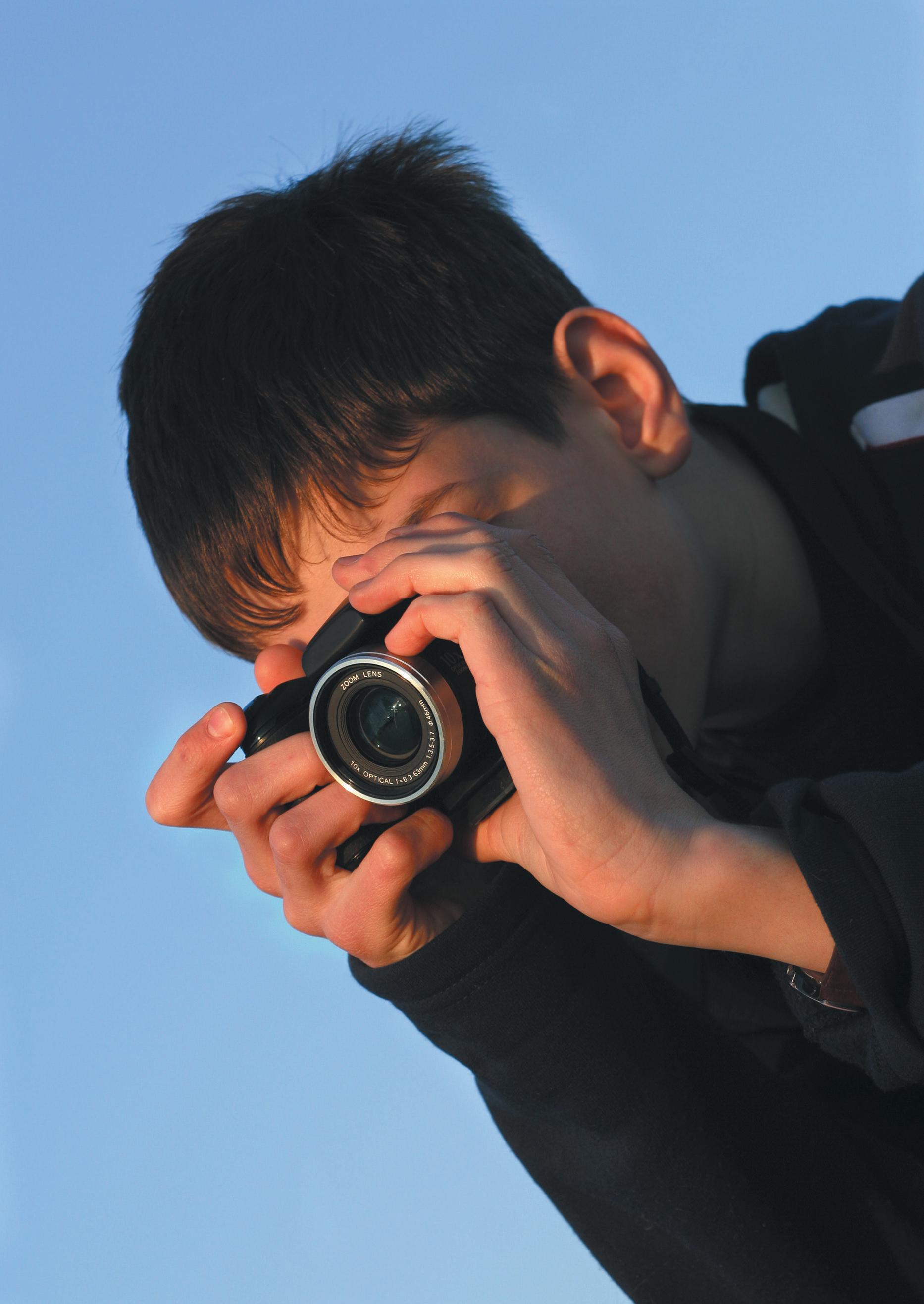

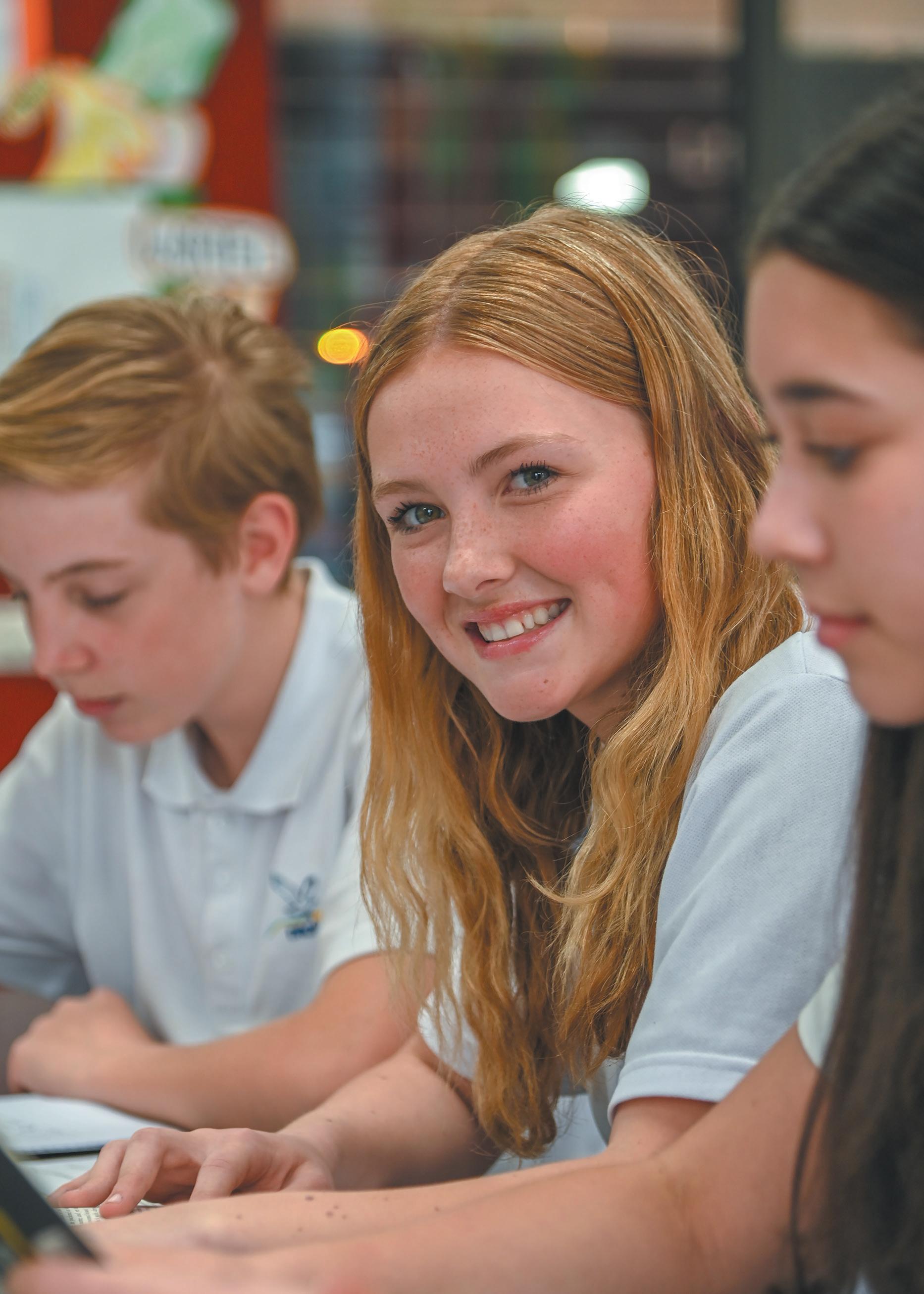
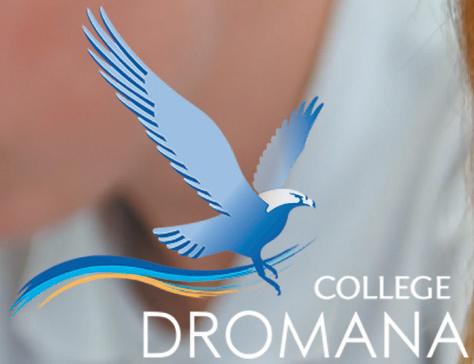

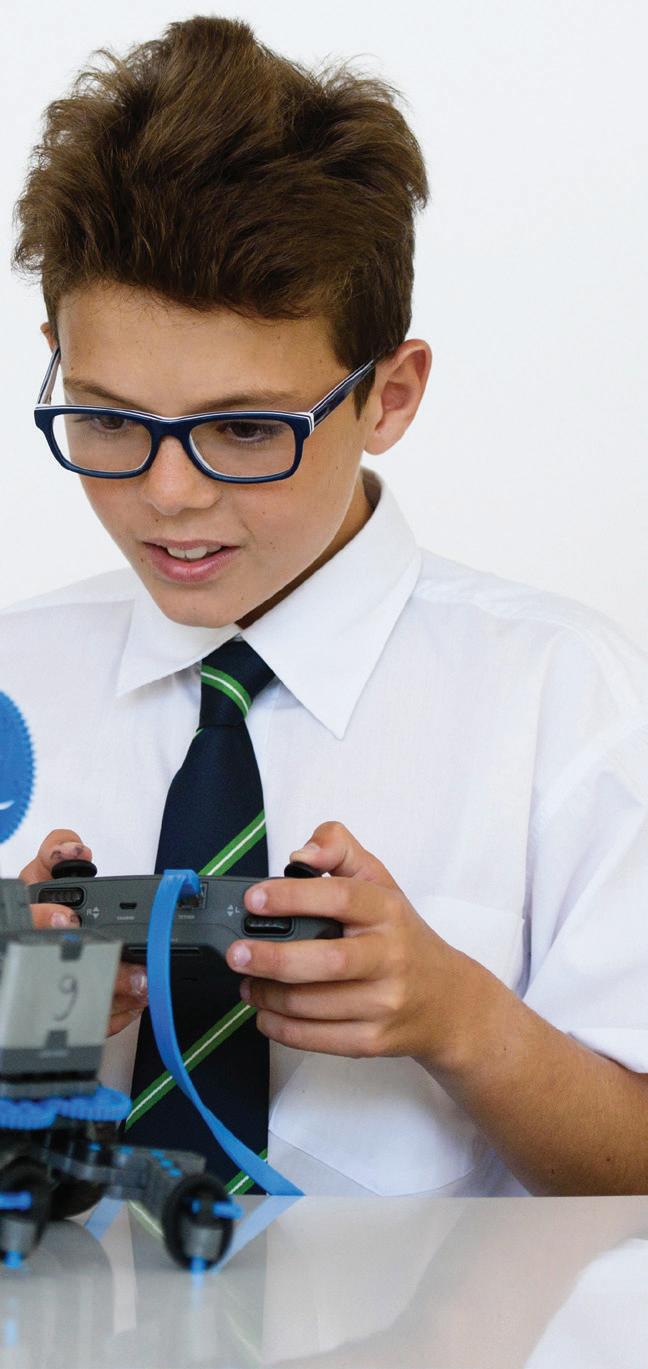













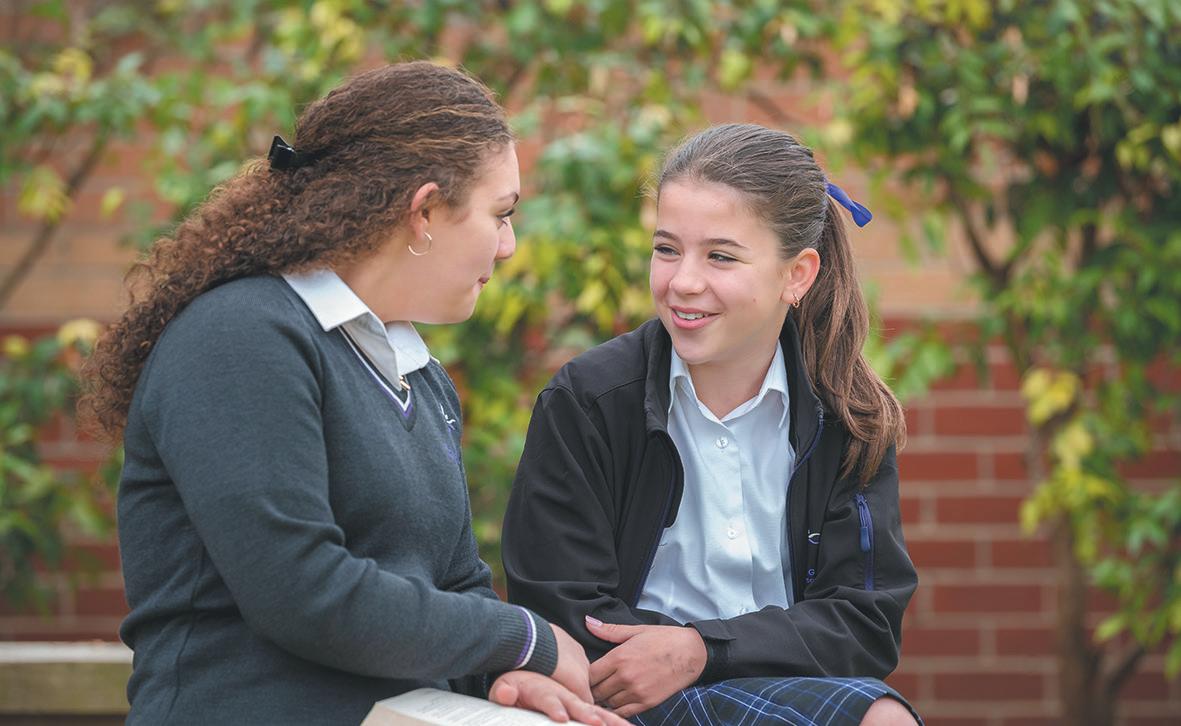
GLENEAGLES Secondary College is committed to ‘empowering learners to be
Our teaching approach aims to provide consistency for our students, as well as space for our teaching staff to be innovative, responsive and adaptable. The focus of learning is to support learning growth, particularly around Literacy and Numeracy, so that students are able to pursue their chosen pathways and to achieve their personal best.
We offer a broad VCE program that includes accelerated VCE options from Year 10, University Enrichment courses and access to vocational courses. Students can also elect to participate in our: Select Entry Academic Learning (SEAL) Program, Sport Academies, Performing Art Programs and Extension Programs across all learning areas. The SEAL
students who have exhibited a passion for academic learning. We offer Enhancement Programs for Basketball and Soccer, forming
Whilst the college’s Performing Arts offerings
Program, annual productions and a thriving array of cultural performances.
We have strong partnerships with local primary schools and we support transition to secondary school with a dedicated Year 7 space, a mentoring program with senior students and access to scholarships across the college.
The college prides itself on providing an environment for students to excel and in 2023-24 achieved above state level NAPLAN outcomes and our strongest ever VCE results. This improvement was underpinned by: an emphasis on teacher development and improvement, after school support classes with current university students, a strong pastoral
dedicated Senior Centre and a pathways and careers program that ensures students are able to make informed decisions about their future,
Gleneagles Secondary College is committed to developing happy, healthy and resilient children, with dedicated staff, that work to support students in and out of the classroom, and wellbeing support, including the Doctors in Secondary School Program. Our commitment is to develop partnerships with families to support our students to achieve their very best.
hievemen mmitted to y to societ rages cre mwork allow nse of em. dem port Stu th o ly
t, Integrit th , ativity and tudents elongin c grow ng dent L e loca be su com urtu t o
At Glenroy we are committed to teaching the skills that will guide our students to contribute positively to society, allowing them to explore their passions in an environment that encourages creativity and diversity. Our values of Achievement, Respect, Integrity and Teamwork underpin everything we do, and every learning opportunity is designed to allow students to grow into the future-ready citizens we need, citizens with a sense of belonging and a belief that they can positively impact the world around them.
th, our bro artistic s eadershi l comm pported mmitted red ev ur exc te and
e celebrate s and traditions ergy n of success o central to bei sporting and mu tensive Wellbein d and valued. We g value perience the en s for the future values of e do, and ev the future-rea ef that ca ader definitio uccess are als p programs, unity ex d, connected to ensurin ery Ex iting plan d social m skills that w hem to explo diversity. Ou verything w o g and a beli
Along with our focus on academic growth, our broader definition of success ensures social, emotional, sporting and artistic success are also central to being a student of the College. Our Student Leadership programs, sporting and musical activities, connections with the local community and extensive Wellbeing programs allow students to be supported, connected and valued. We celebrate every student and are fully committed to ensuring that the values and traditions of our community are nurtured every day. Experience the energy of our proud school and hear about our exciting plans for the future by booking a tour or by exploring our website and social media pages.
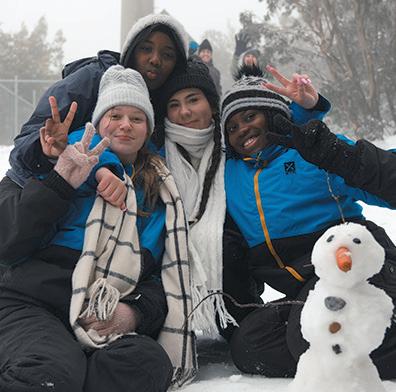
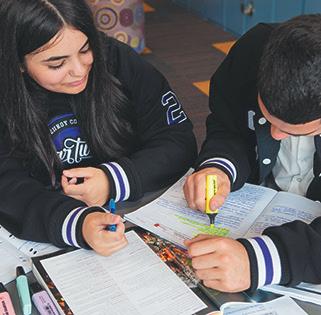

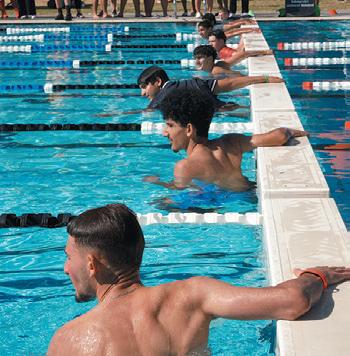
Principal tours run weekly and can be booked at glenroycollege.vic.edu.au/enrolment/school-tours/
glenroycollege.vic.edu.au/ facebook.com/GlenroyColl instagram.com/glenroy_college/




Programs:
• Personalised, growth focussed 7-10 Curriculum
• Broad VCE and VCEVM programs
• Comprehensive year 7 transition program
• Year 7 & 8 “Aspire” extension program
• Engaging Instrumental Music, Student Leadership and Sports programs
• On-site VET Beauty Services and VET Business
• RMIT Partner School



‘WHERE do we start?’ Overwhelm! Public schools continue to face a plethora of vexing challenges, ranging from an inequitable funding model which leaves them short-changed in relation to the non-government schools through to increasing levels of mental health issues of students and culminating in chronic staff shortages, burnout and relatively low pay for the work school personnel do.
Notwithstanding this, I noted the analysis from Trevor Cobbold, from Save Our Schools (SOS) in 2022 showing that Catholic and Independent schools had the biggest declines in their Programme for International Student Assessment (PISA) test results since 2009 with students losing nearly two years of learning in maths, science and reading. This was nearly three times that which occurred in public schools. One can only imagine how much better the students attending our public schools would have fared were our public schools funded at the level that our non-government schools were, and remain so.
That was then. Where to next? The stark reality facing public education in our country is hardly something about which to be inspired. In fact, for many it is all too much and that is understandable. Yet, we cannot succumb to gloom and doomsday telling.
History provides us with ample examples of the value and importance of hope. Insofar as the future of public education in our country is concerned, hope may well be our best friend in these extremely challenging times. It is a fascinating concept, hope, one which has intrigued me for much of my life.
That fascination began with my family’s story, one of two parents migrating to Australia from post-World War 2, war torn Europe. It was their unrelenting commitment to hope, which in many ways saw them through the war years and, to state the obvious, to my benefit.
We are facing very tough times in education
these days – there’s no doubt about that. In these times, there is a role to play for hope, all the more so when the current narrative in education is wont to be negative, more so than positive. There’s no shortage of literature on hope – indeed hope as a concept has long intrigued philosophers, scientists and the public at large.
One of the first, and best-known theories of hope was introduced in 1991 by American psychologist, Charles R. Snyder. In a paper published in the Journal of Personality and Social Psychology, Snyder defined hope as a cognitive trait centred on the pursuit of goals and built on two components: a sense of agency in achieving a goal, and a perceived ability to create pathways to achieve that goal. He defined hope as something individualistic. He suggested that some people have higher levels of hope than others and there seem to be benefits to being more hopeful.
Hope requires both agency and pathway thinking. Pathway thinking and agency thinking are thought to reinforce one another. For example, the belief that one will accomplish their goal (agency thinking) will help people feel confident that the strategies they come up with to pursue their goal (pathway thinking) will be successful. Moreover, having effective strategies for accomplishing a goal will inspire confidence that a person will accomplish their goal.
Snyder also introduced the Hope Scale, which continues to be used today, as a way to measure hope. He suggested that some people have higher levels of hope than others and there seem to be benefits to being more hopeful. These benefits could include the likelihood than people with higher levels of hope as compared to people with lower hope levels are more likely to have a healthy lifestyle, avoid life crisis, and cope better with stressors when they are encountered.
So, what is the helpfulness of all this in regard to how we view the state of public education, and in moving forward in these stressful times? Snyder’s ‘agency thinking’ and ‘pathways thinking’ provide valuable avenues for hope.
For example, the vital issue of school funding (underfunding of public schools) whilst painstakingly slow in being addressed is showing signs of worthwhile action. The ongoing very public campaign by a variety of stakeholders to have governments redress the imbalance in the funding of public schools compared with private schools is showing signs of success, albeit somewhat embryonic and belated to boot.
The alarming, negative impact on children’s mental health and well-being impacted by their use of social media apps has been welldocumented and we now have bi-partisan political support for proactive action to be taken to address this issue. Notwithstanding the no small matter of ‘the devil being in the detail’, green shoots of hope have appeared.
Governments have acknowledged the post-Covid explosion of mental health issues across society and in schools specifically, channelling substantial additional funding to support initiatives aimed at ameliorating the situation in our schools. Certainly not a quickfix, and a bumpy ride to success so far; nonetheless action.
Burnout remains a vexing concern and a significant driver underpinning the premature departure of alarming numbers of school leaders and teaching staff, not to mention school support staff. To date, it is very hard to find very many members of school staff that are prepared to state unequivocally that workload demands on them have diminished. More likely they are to say that they have increased - and not in ways that they view as productive to their core business of leading and teaching.
In terms of nurturing hope, we have at our disposal the potential of Artificial Intelligence (AI). In doing so, it must not be forgotten that even as we familiarise ourselves with what AI can do to support teaching and administrative work in schools, it is developing and changing as we speak, and there are pros and cons to be considered.
To summarise research to date, perceived benefits of using AI in education include –enhancing personalised learning, allowing students to study materials to their own level.
In terms of nurturing hope, we have at our disposal the potential of Artificial Intelligence (AI).
AI provides for administrative efficiency whereby AI is used to automate administrative tasks, allowing educators to focus more on teaching and less on bureaucracy. AI also has the potential (assuming school funding equity eventuates) to facilitate student access to high quality educational resources regardless of economic status or geographic location. AI can also contribute in student assessment by assessing each student’s progress and provide real-time feedback, helping them identify their strengths and areas for improvement.
On the debit side, there’s the issue of technological dependency - there is a risk that both educators and students will become too dependent on technology, affecting the development of what we know today as power skills. The no small matter of privacy issues also looms large. Another trap of which to wary is that of depersonalisation - while AI can personalize learning, it can also cause the educational process to become mechanized and unnatural. Finally, there is the issue of memory-weakening. Previously, students were forced to memorize all types of data such as historical dates, authors, philosophical currents… etc. The Internet has made knowledge ubiquitous and easily accessible, therefore the ability and habit of memorization has gone decreasing as the Internet advanced. This process of “collective forgetting” will increase exponentially with AI.
Challenging as times are in education, there are valid reasons for hope, and it’s worth remembering that without hope all else fails.
HENRY GROSSEK
Host: The Viewpoints Podcast
■ Host, Viewpoints, Casey Radio 97.7FM
■ www.caseyradio.com.au
‘Success for All’
AN exciting change has happened at Hallam Senior College. The school has completed its expansion into a Years 7-12 school, allowing it to cater to the growing demand in Melbourne’s south-east and provide families with a quality local school for their entire secondary schooling journey. This ‘new’ school is now known as Hallam Secondary College.
Through our Values (Achievement, Care and Equity) we will ensure every student learns and achieves with the knowledge, skills and dispositions for lifelong learning while assisting them to be ready to take their place as positive contributors to their local and global community.
Everything we do is focused on identifying and maximising individual potential, through the use of the very best tried and tested teaching and learning practice within a supportive and caring environment.
Our mission is to provide a comprehensive and guaranteed high quality education program that ensures ‘Success for All’.
Our aim is to create a school which is:
■ a true learning community
■ a place students wish to attend, staff want to work and parents feel welcome
■ fulfilling student potential and,
■ preparing students for life beyond school
As a small to medium size secondary school we have the advantage of being able to know every learner as an individual.
Despite being a smaller secondary the new school will have an extensive range of Senior Pathways available to our students including VCE (both traditional Academic and the new Vocational Major), the highly regarded Sports Academy in Years 10 to 12 and access to the largest VET provision of any school in the Region.
A multiple pathway approach provides opportunities for all students. Whatever the next step, students finishing at Hallam Secondary College will have formed a clear sense of what they want to achieve and the pathway to this outcome. Students work closely with the staff, professional course advisors and experts from industry to shape their choices.
Staff are committed to student success. The quality of our teaching and support staff is excellent, making a significant difference to student outcomes. Targeted enhancement programs across the Academy structure assists students to reach their potential.
Appreciating and embracing different backgrounds, cultures and identities is built into our school curriculum and celebrated through specific community events.
Our College has a reputation for challenging students to be involved in a range of activities which help shape them as a learner and active community member. We expect our students to work hard, be involved in the wide range of extra curricular activities and be active members of the local

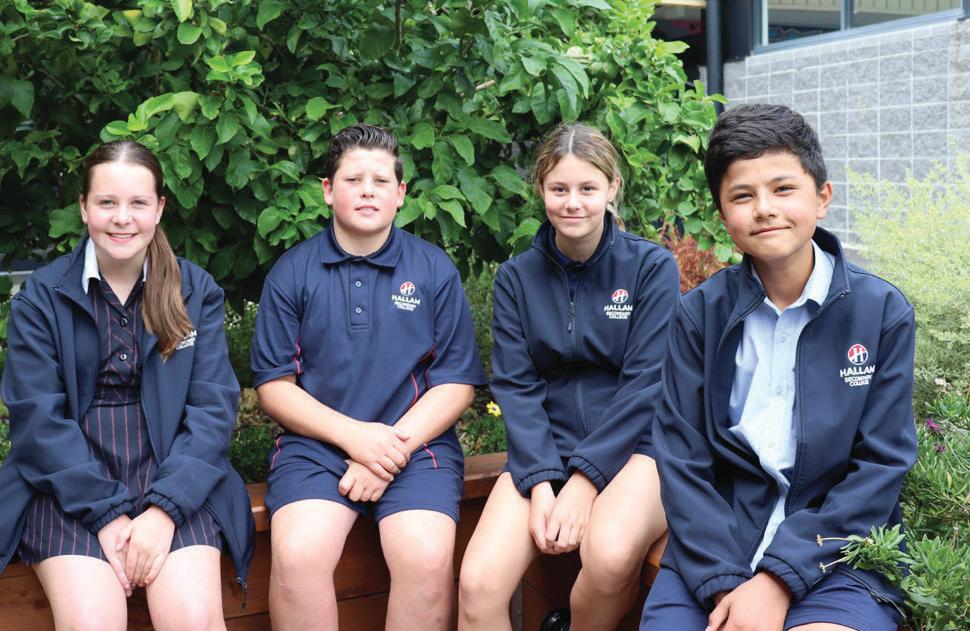
Hallam Secondary College (previously Hallam Senior College) has now completed it’s transition to a Years 7-12 school, allowing it to meet the growing enrolment demand in Melbourne’s south-east, giving the families of the Hallam community the certainty they have a quality local school for their entire secondary schooling journey.
The new Hallam Secondary College is committed to the delivery of a high quality and comprehensive education program that ensures ‘Success for all’.
The new College will build on its strengths at the senior level in vocational education and its Sports Academy to provide a strong offering of academic programs for its student cohort.

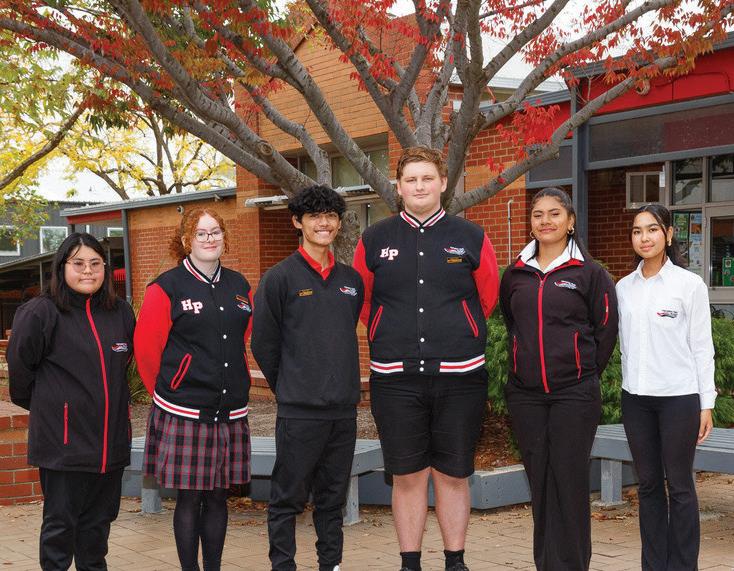
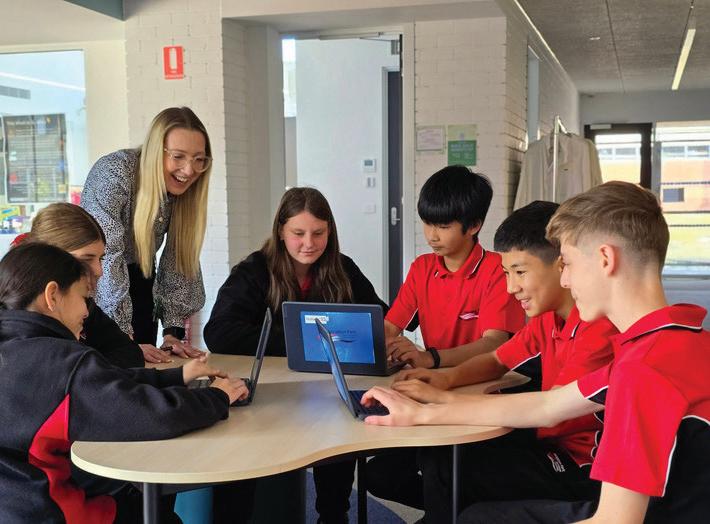

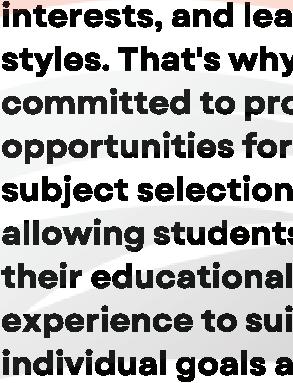
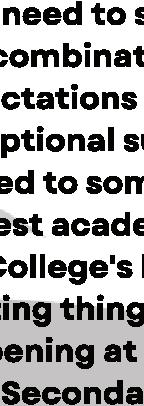

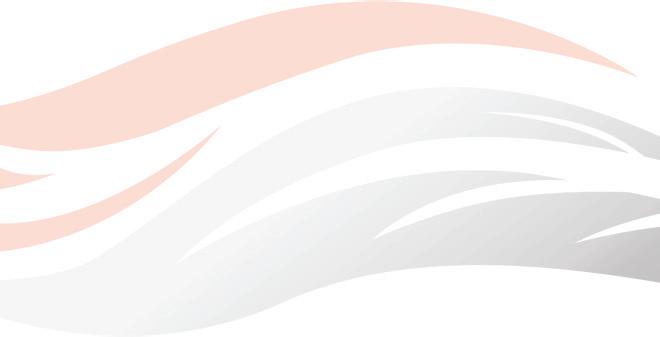
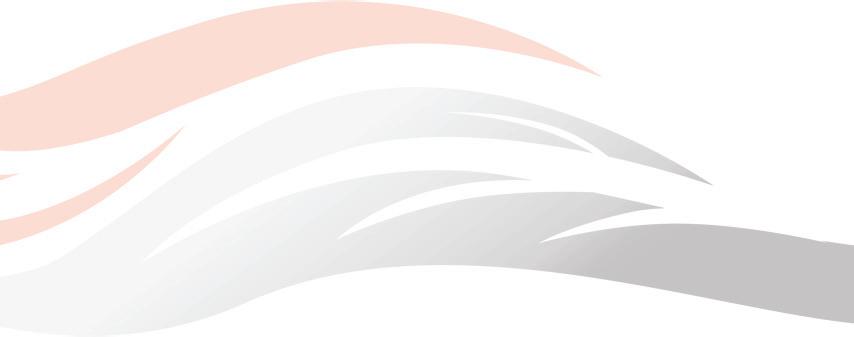
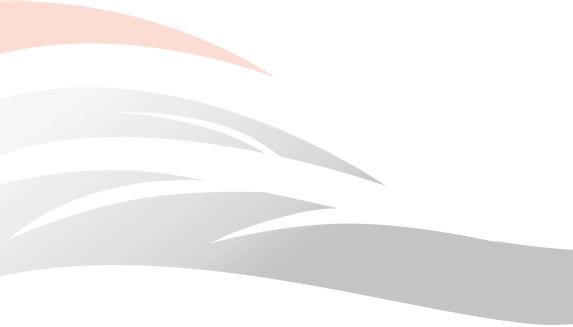





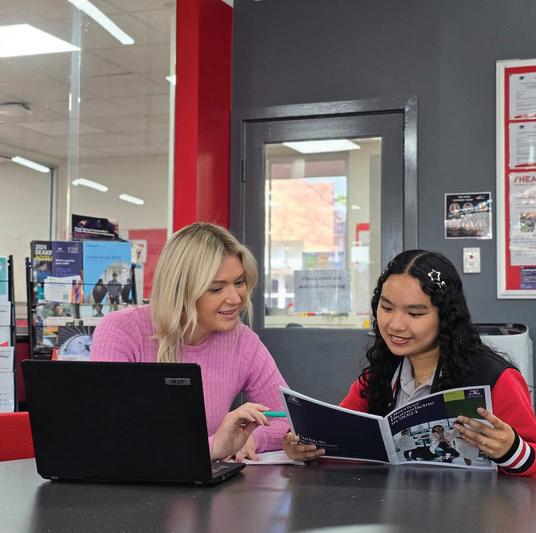











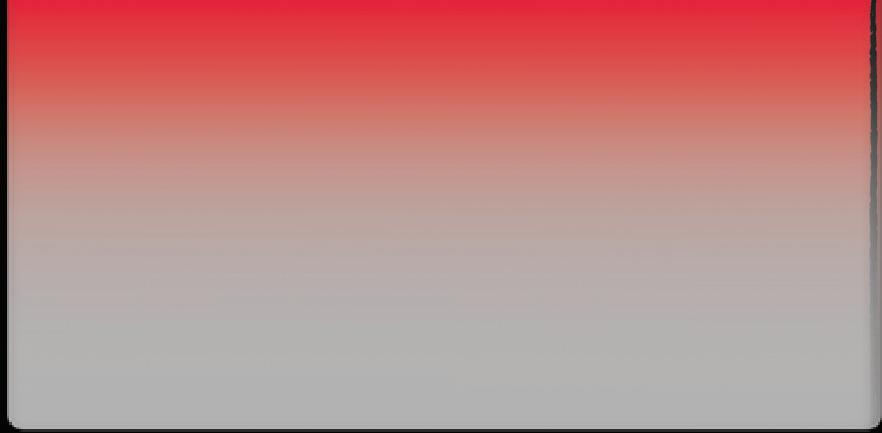
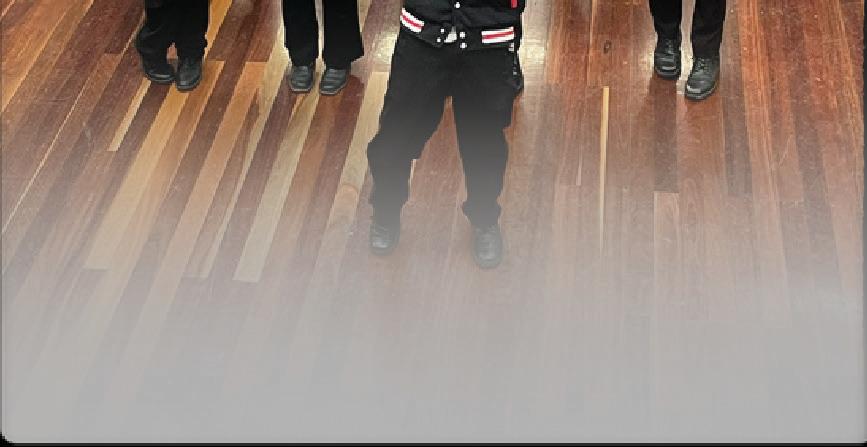


HEALESVILLE High School is a school with a long and proud history of servicing the local community. Since its inception, the school has established an excellent reputation as an inclusive and caring educational community with a strong focus on academic performance and personal development. As a school community we understand and know our students, their strengths and areas for improvement. We work to develop students into well rounded individuals, ready to be successful on a local, national and global scale.
Healesville High School has outstanding specialist facilities including a fully equipped performing arts centre, Mac and PC computer laboratories, a purpose-built art exhibition space, a permanent examination centre, modern science laboratories and library and extensive sporting facilities. The state-of-the art Trade Training Centre complements extensive senior school facilities and allows the delivery of on-site vocational courses in Building and Construction and Automotive. The school grounds are modern, expansive and take advantage of our beautiful setting.
We provide students with an abundance of varied experiences. These include an outstanding instrumental music program, an annual production, a yearly interactive art and technology exhibition, interstate and international camps and leadership programs to develop students. In addition, students have access to an exceptional Outdoor Education program and the opportunity to compete in a range of sports at a district level. Our focus remains firmly on providing students with consistent and authentic opportunities for development. We know each student and provide personalised experiences for each of them.
We offer a number of individual pathways at the senior level. Small class sizes allow for individual attention in a supportive and inclusive environment. Students also have access to a broad range of Vocational Education and Training subjects, enabling engagement in industry-based learning and a further expansion of the educational experience.
Students have access to additional educational supports to ensure their continued academic growth. These include individual and small group tutoring for students requiring extra support in literacy and numeracy and also students who benefit from being extended and challenged. Staff are generous with their time and after school classes and support occur regularly. This extra support, coupled with our intimate understanding of our students, allows us to meet their needs and get the best out of every student.
Community is important to us and we are not only proud of our school community, but also the wider community we are part of. We support local businesses, have many valuable partnerships with local charities and organisations and we have strong connections with local primary schools.
All students entering Healesville High School are given every opportunity to improve and develop into well-rounded adults. Our staff are caring, dedicated and committed to supporting students to be their best.
We welcome prospective students and parents to attend our Open Night and to arrange a personalised tour.


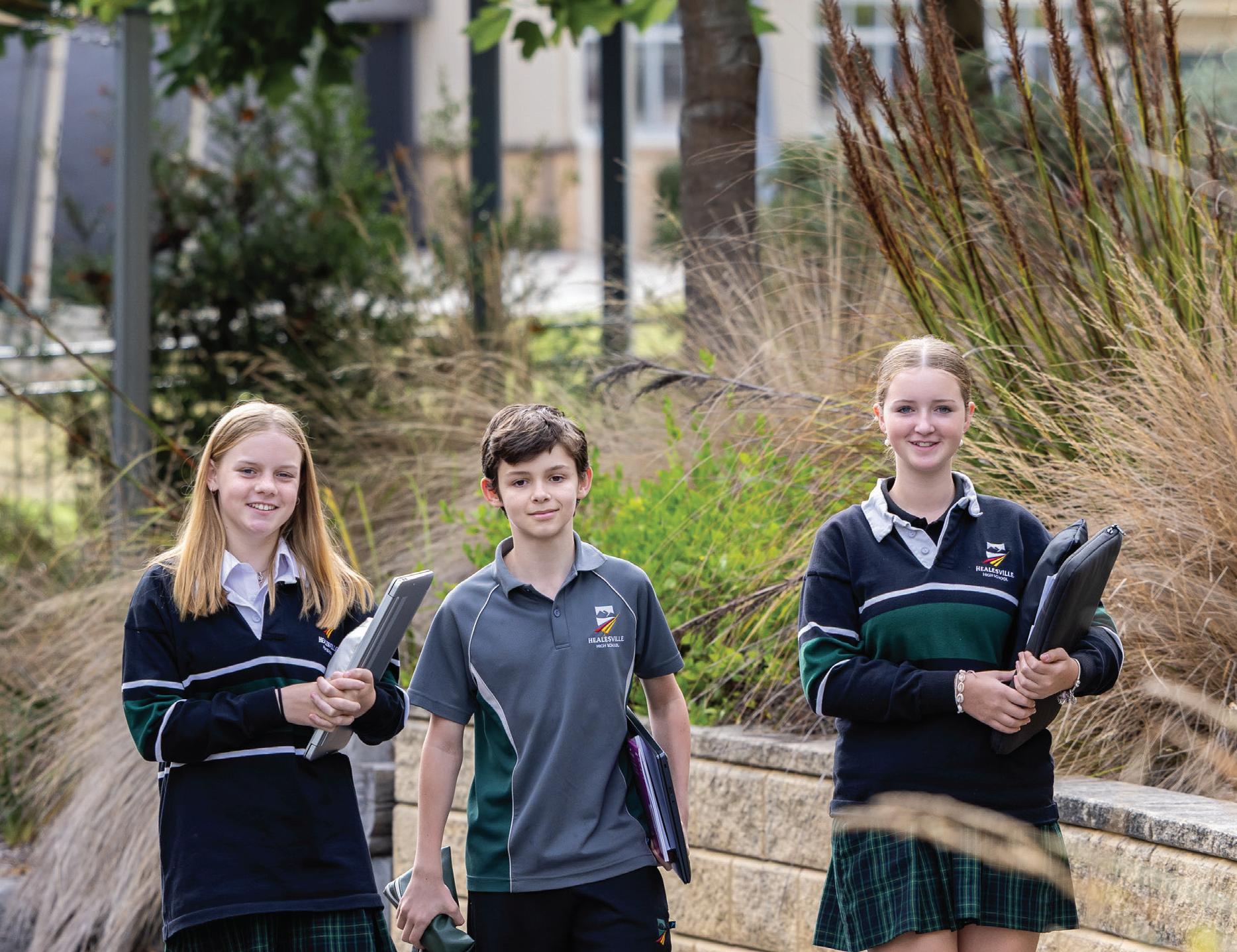
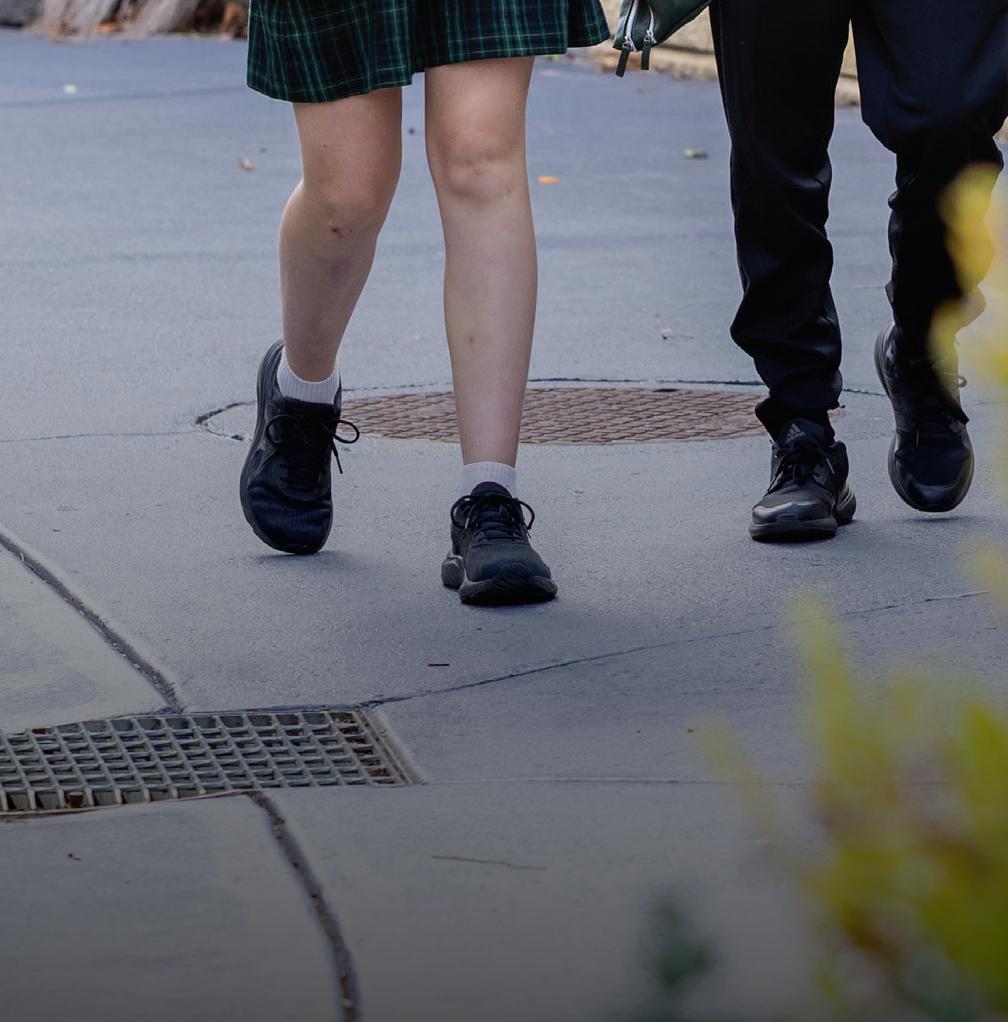



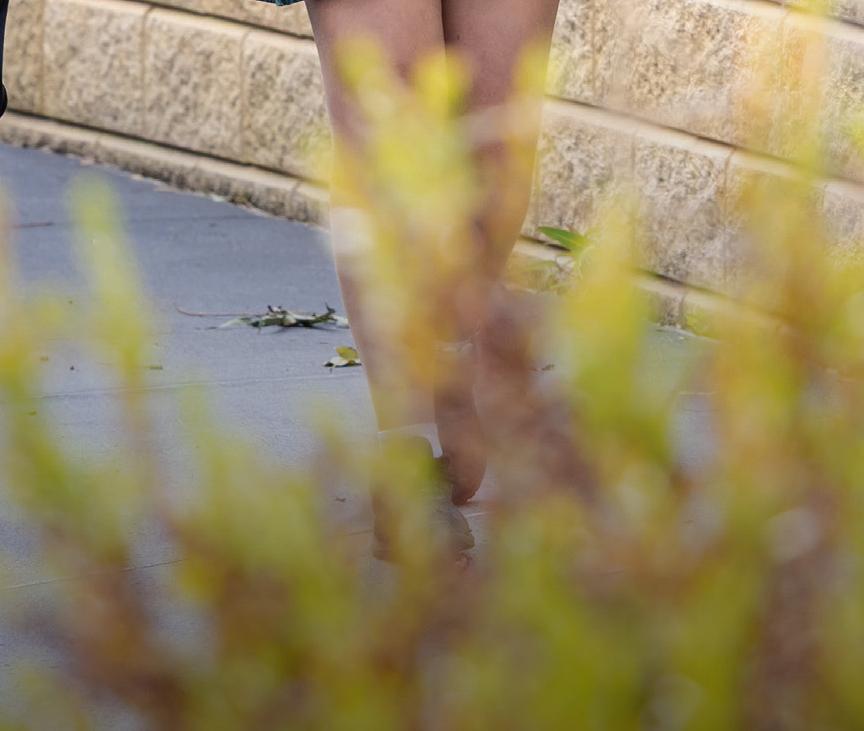

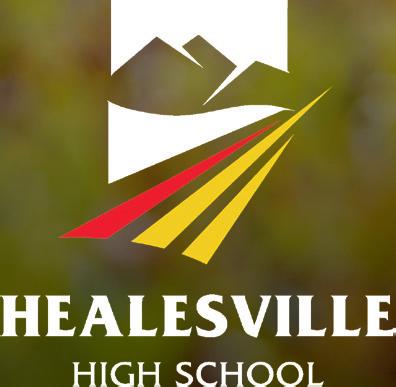

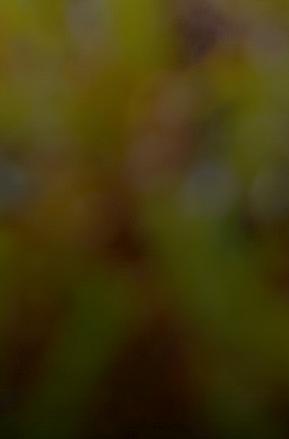
HOPPERS Crossing Secondary College is a dynamic school, where students are presented with boundless opportunities throughout their schooling journey. We place great emphasis on developing innovative and challenging educational programs for students of all abilities and we are totally committed to continuing to improve the life and education of each student enrolled at Hoppers Crossing Secondary College.
Our goal is to see each student become a happy, self-confident, and knowledgeable lifelong learner who can demonstrate independence and a sense of career direction. Ultimately, we want to see each growing as a worthy, contributing member of our community.
At the College, we develop students who are competing at the highest levels possible in the state across a range of areas. We offer a range of programs catering to students looking to excel academically and foster a growth mindset focused on continuous improvement. We are proud to acknowledge our 12 graduates, who consistently achieve study scores of 40 plus and ATAR scores over 90, giving them access to a range of career pathways and tertiary education options.
In addition to this, each year the college has a number of students who choose to access a university course while completing their year 12 studies. Outside the classroom, students are offered a range of opportunities
including but not limited to, performing arts where our students have been nationally praised for their skill and professionalism. Winning countless awards at the Wakakirri Performing Arts event is testament to the dedication and talent of our staff and students.
Leadership qualities evident in Hoppers Crossing Secondary College students are cultivated with successful contributions to many events, from local youth forums and public speaking programs to interschool debating and State Youth Parliament events.
The vibrant sporting program offers the chance for students to compete in a wide range of sports, with individuals and teams representing the college and achieving success at regional and state levels.
In November/December 2024, we will open our new competition-grade gymnasium with retractable seating for 300 as well as a retractable stage. This facility will be the home base of our award winning Wakakirri Dance Performance Team as well as a local sporting facility for the Hoppers Crossing Community.
To find out more about our college, I invite you to attend one of our open days or view our virtual open day on our website.
Rod Kendall, Acting Principal
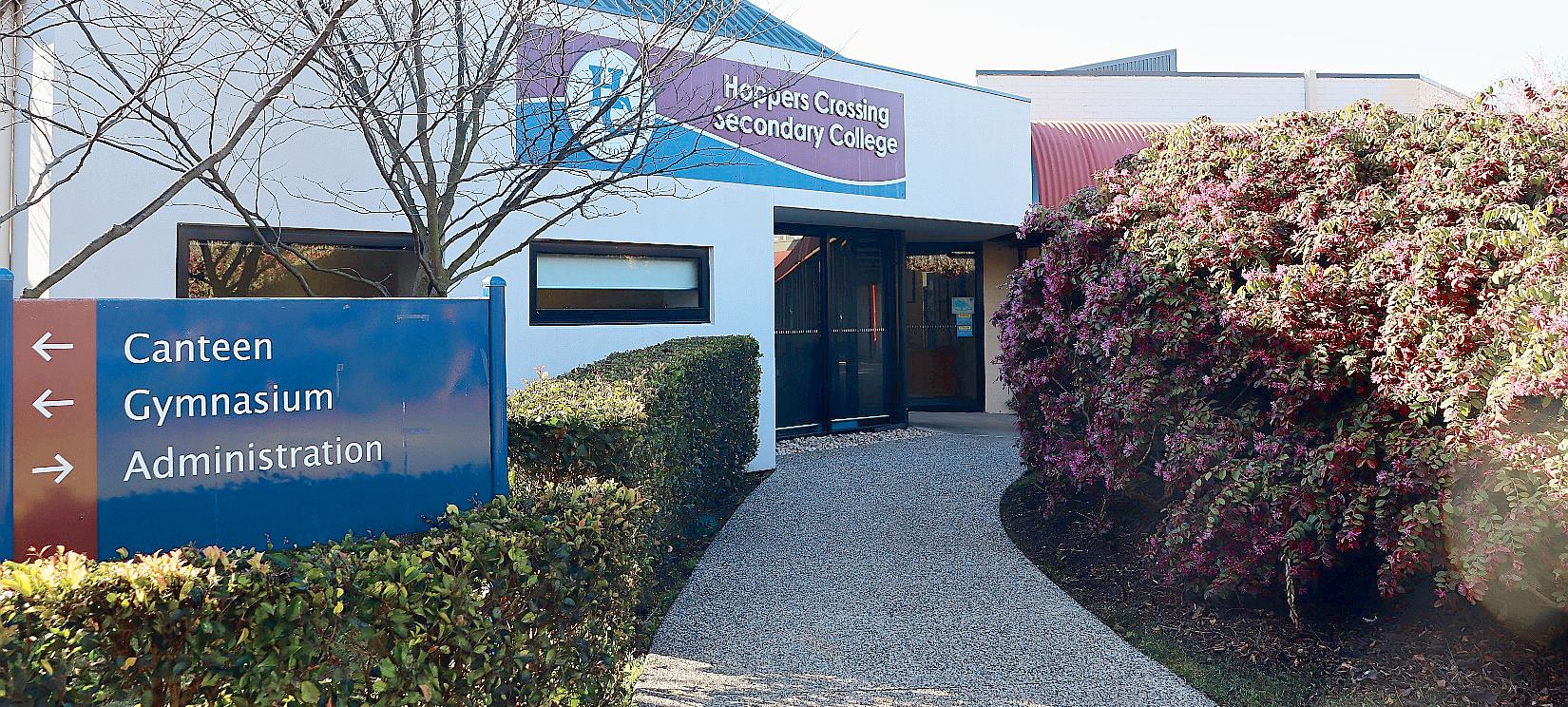
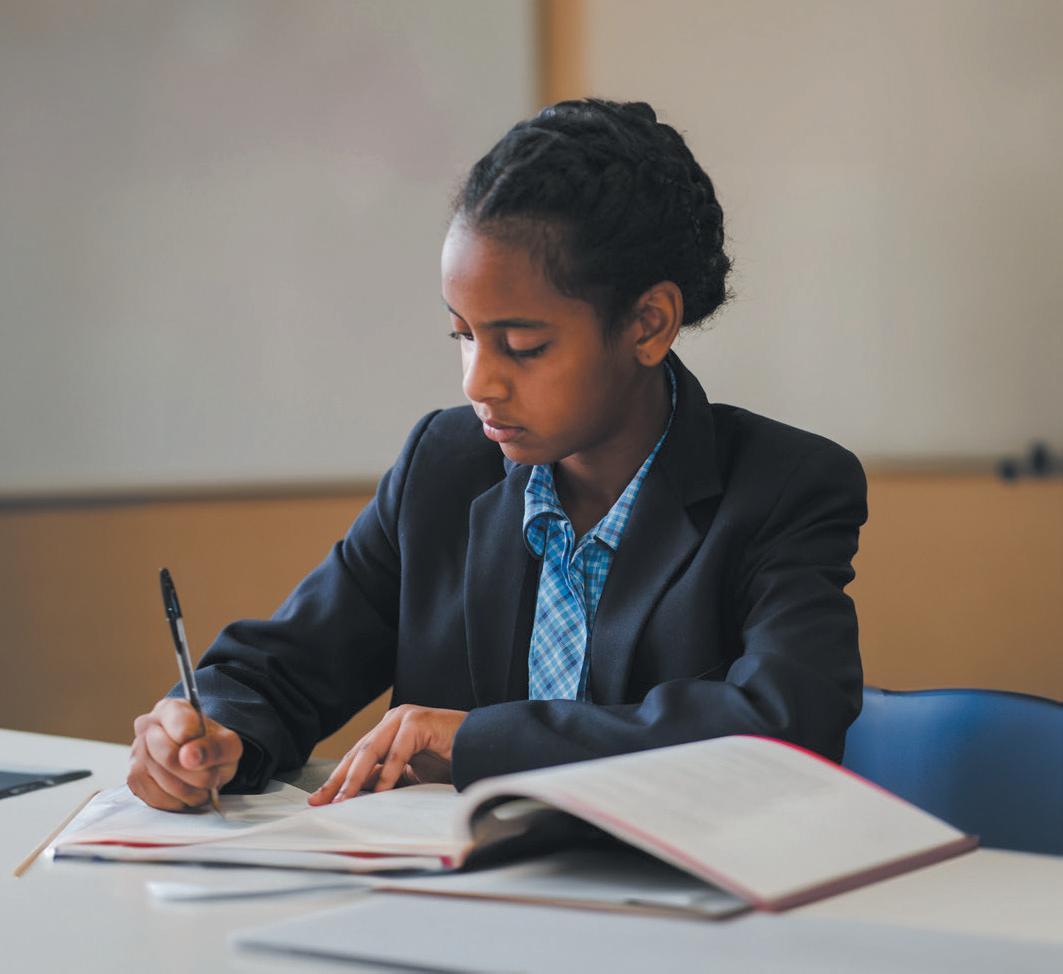



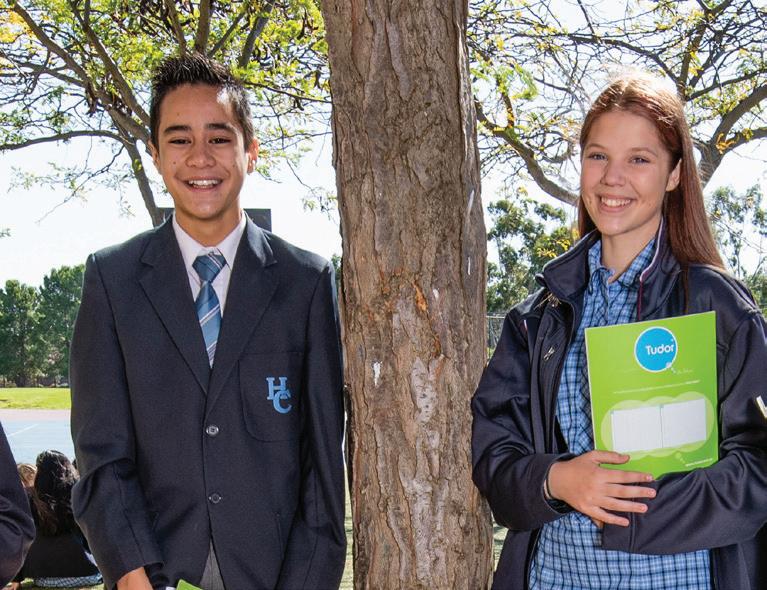





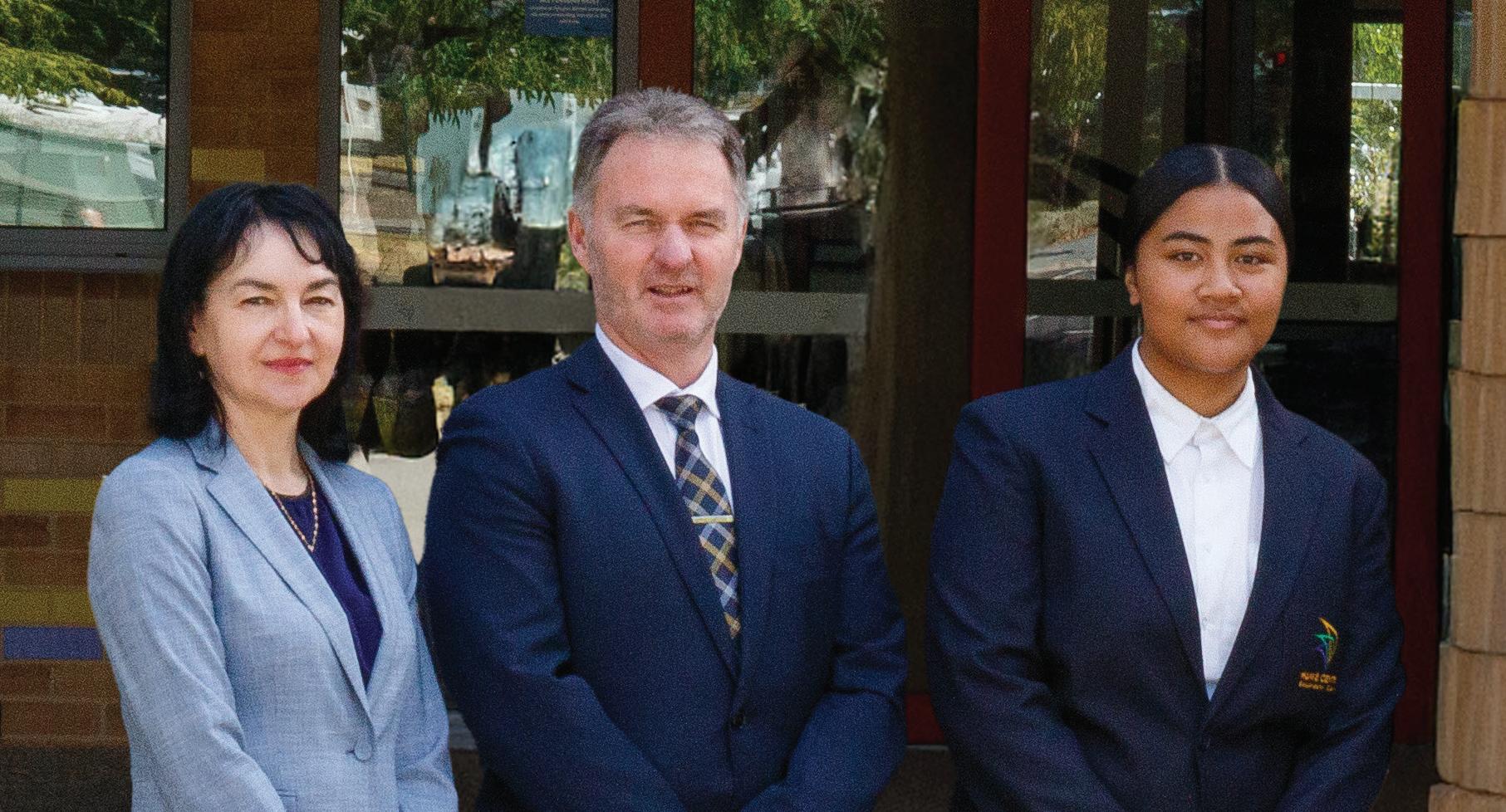
Hume Central Secondary College, located in the City of Hume, serves the Broadmeadows area with a total student enrolment of approximately 1,200 students which has continued to grow in recent years. At Hume Central Secondary College we are a positive and creative learning community that prepares students for a successful life. We pride ourselves on having a safe, calm and orderly environment and we are dedicated to educating the whole person. We work in partnership with parents to develop young men and women who are globally aware, open to growth and committed to making a positive contribution to their local community.
The College has three state of the art Campuses, two Year 7-9 Junior Campuses and a Year 10-12 Senior Campus. Our Blair Street Junior Campus also includes the Hume Central English Language Centre, a Year 7-10 facility providing for the language learning needs of newly arrived students to Australia.
Hume Central Secondary College’s High Ability Program supports students from year 7 to 12, across 3 campuses. The HAP has been developed to cater for the needs of high ability students by providing them with enrichment and extension opportunities both inside and outside the classroom
At Hume Central Secondary College we are a positive and creative learning community r that prepares students fo a successful life.
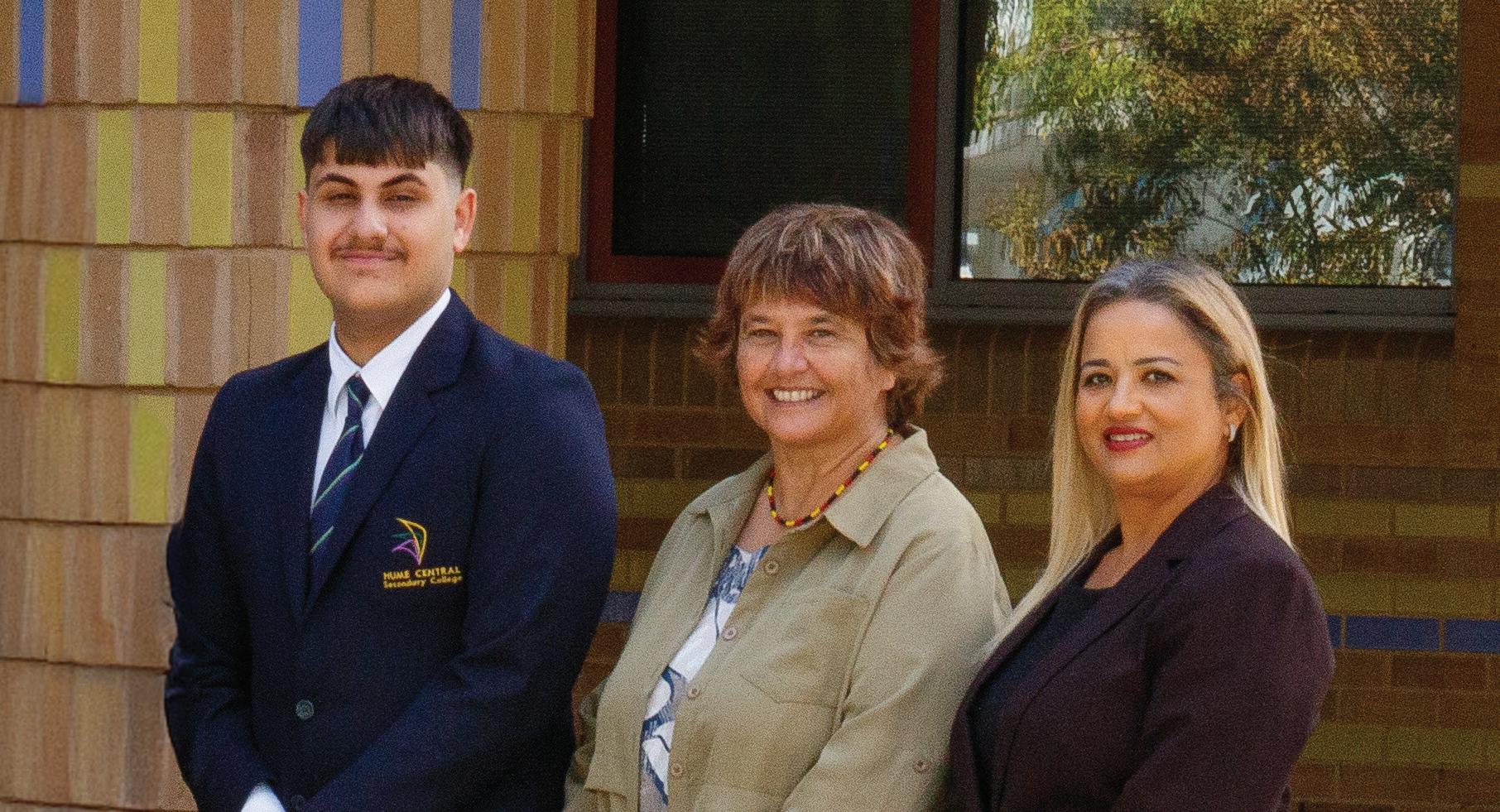
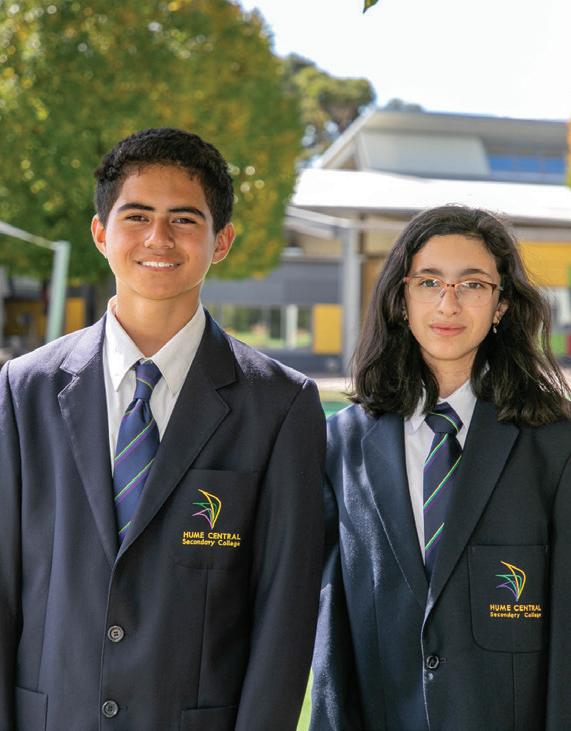
The emphasis in senior years is on working with students to help them to develop and practice the skills they will require for success in tertiary education and the workforce such as the ability to make decisions, accept responsibility and manage their time. In the senior years, students work with teachers to create a learning pathway that ensures they leave as young adults with the skills they need for a successful transition to life beyond secondary school. We believe that every learning pathway is valid and must be nurtured, and hence the college provides a diverse range of VCE subjects, as well as a number of VET subjects.
We strongly believe that the key to a happy and successful education is the quality of the relationships that are formed between all members of the school community. We aim to ensure that every student feels safe and connected at all times. The dignity and respect for every person within our community underpins all that we do as a community, working collaboratively to assist each member of the community to achieve their hopes, dreams and aspirations.
We welcome your enquiries at any of our campuses and encourage you to visit our website for more information

We are no ordinary learning environment. Our rapidly growing school continues to emerge as a highly innovative school focused relentlessly upon the special needs of every individual. We promote students’ and community participation. We are uncompromising in pursuit of this goal that permeates our activities and programs.
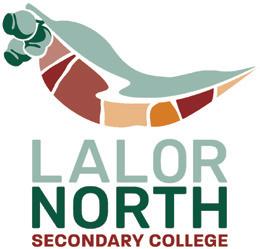

self-image for every young person. Our educators are highly experienced continuous improvement for their students and for themselves. Every year 12 student (bar none) discovers a highly positive we congratulate them all - for they are be members of our proud community. Our students have the opportunity for early University studies during their year 12 program. This is achieved through our partnership with the Centre for Higher Education Studies.

Secondary education is an adventure that and joy into adolescence and beyond. relationships in learning is our priority. and we wave them off as young adults who continue to lead in their communities. We take this awesome privilege very seriously. with you closely throughout your child’s step of the way. With continued infrastructure enhancement proximity to the wonderful natural heritage surely one of the most beautiful campuses in Melbourne. We offer very substantial and inclusive student scholarships in every area growth for our young people. It would give me great pleasure to meet with you and your children to share the wonderful educational environment that is Lalor North Secondary College.
Timothy Cottrell PRINCIPAL
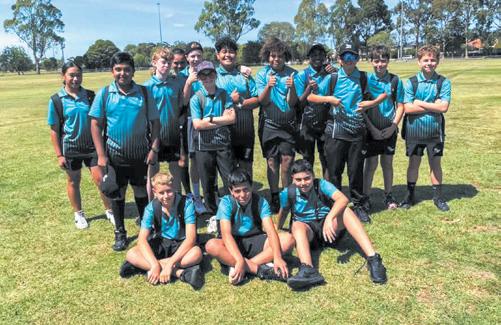
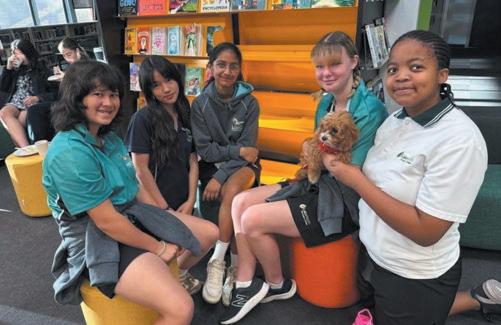





Safe, peaceful and friendly atmosphere
Personalised learning growth across the curriculum



Inclusive Student Leadership approach
Real-world career development program
Broad VCE / VM offerings in senior years


Small class sizes y Extensivescholarship



m ried ograms



114 Childs Road, Epping 9401 3888
lalornthsc.vic.edu.au/ lalor.north.sc@education.vic.gov.au












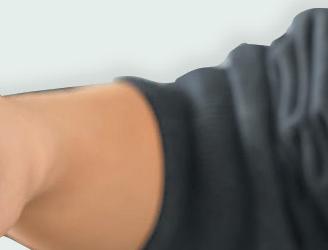




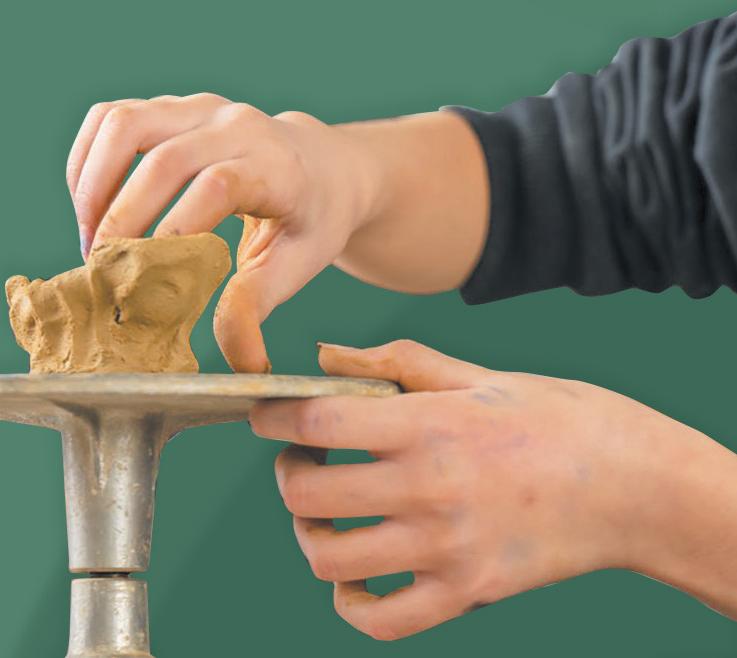









LYNDALE Secondary College, situated in Dandenong North, Melbourne, is a distinguished and forward-thinking secondary college with a proud history since its founding in 1961. Over the years, the college has remained steadfast in providing high-quality education to a diverse student body. Our commitment extends to cultivating a vibrant community that actively champions inclusion and celebrates diversity, fostering collaboration between educators and learners to instil essential 21st-century skills. Our school takes pride in its forward-thinking approach, boasting state-of-the-art facilities, including the only Victorian Government School Augmented Reality Immersive Technology Laboratory. This innovative space is where inspiration meets cutting-edge technology, shaping the promising futures of our students. At Lyndale Secondary College, our mission is to inspire and equip the next generation with the skills and knowledge essential for thriving in an ever-changing world. We have adapted our classrooms to cater to digital learners, featuring an Aug-
seamlessly integrating advanced technology into traditional learning environments. Aligned with the Victorian Curriculum and Senior Certificate, this immersive experience transforms abstract ideas into tangible learning, nurturing a profound understanding and passion for knowledge. Investing in both learning and well-being, we empower students with the tools to navigate current challenges and cultivate the innovation and leadership needed for tomorrow. Our Select Entry Accelerated Learning (SEAL) program offers high-achieving students a rigorous curriculum, individualized support, and guidance from experienced teachers, fostering a love for learning and positive environments. By joining the SEAL program, students unlock their potential, gaining a valuable education for future success.
We extend a warm invitation for you to explore Lyndale Secondary College by contacting us at 9795 2366 to book a tour. Join us in shaping a future of excellence
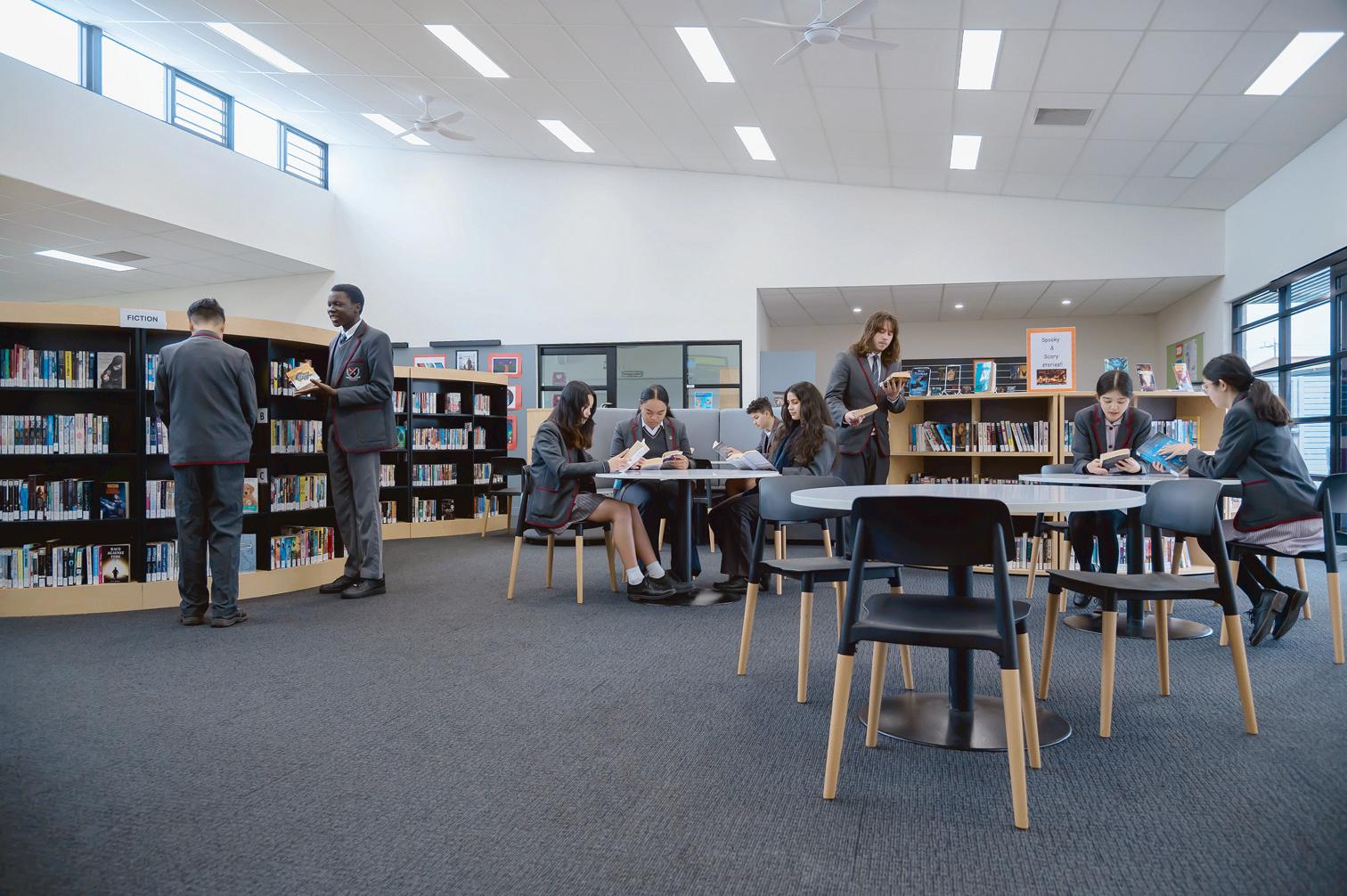

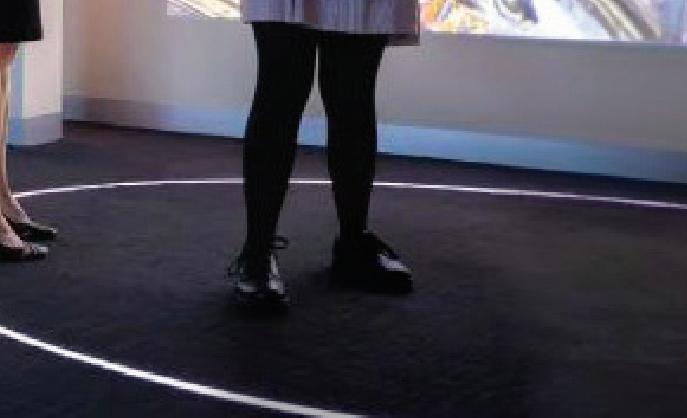


Our Education by Design philosophy allows our team of passionate educators to work with our students and their families to shape their education, leading them to the future and outcomes they aspire to. Recognising that education should be about individual capacity rather than just chronological age, we offer advanced VCE programs as early as Years 8 and 9.
Open Night – March 24th
McClelland College is a top-performing school on the Peninsula, with a VCE median study score of 30 and an mean English study score of 33. Our success stems from a strong focus on student mentoring, teacher coaching, and a unique personalised learning approach.

McClelland College helps students develop their talents and essential lifelong learning skills for success in the 21st century. Our Academy Programs, held on Wednesday afternoons, offer students from Year 7 to 10 opportunities to gain specialised skills, focusing on Personal Learning and Thinking Skills and community engagement.
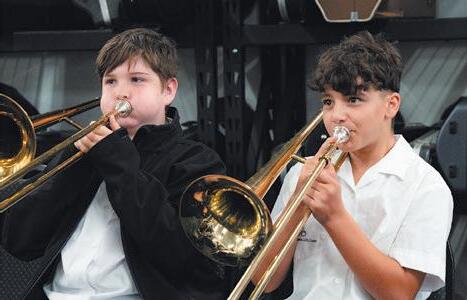
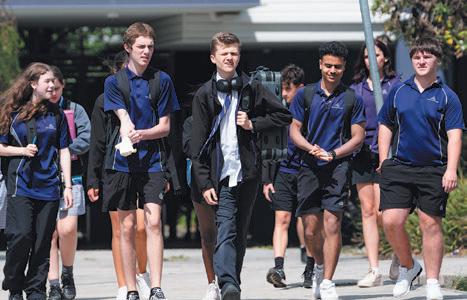
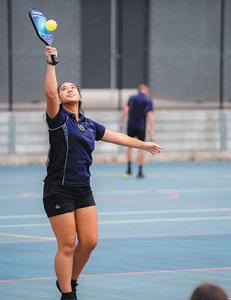
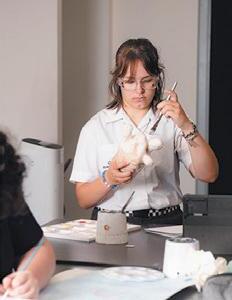
• Select entry class with like-minded peers.
• Differentiated instruction that is tailored to foster academic growth and success.
• Data-driven selection process based on academic performance and devotion to growth.
• Students develop core skills in preparation for VCE.
• Data-driven selection process based on academic performance and devotion to growth.
• Student are allocated a dedicated coach that supports their academic growth and success in VCE.
The program is a selective academic extension class for Years 7 and 8, designed to enhance literacy and numeracy skills. Entry is based on a test at McClelland College, along with Semester 1 and 2 school reports and references from primary school teachers.
• Prioritised placement into a MAP that aligns with their area of elite performance.
• Opportunities for acceleration and extension in their area(s) of passion and aptitude.
• In Year 9, students will be counselled into an elective that aligns with their area of elite performance.
• In Year 10, students will be eligible for accelerated placement into a VCE/VET subject that aligns with their area of elite performance.
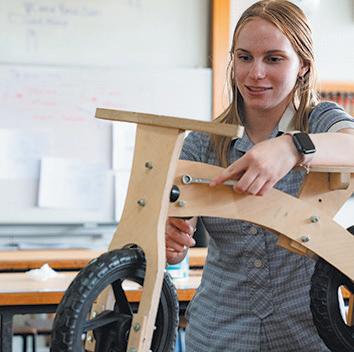
At McClelland, high-achieving students receive tailored instruction, advancing in subjects they’re ready for-some reaching Year 10 material by Year 7. Identified through early assessments, they may advance in one or multiple subjects, with a curriculum emphasizing higher-order thinking. Flexible teaching targets individual needs, and strong performance can lead to scholarship opportunities.
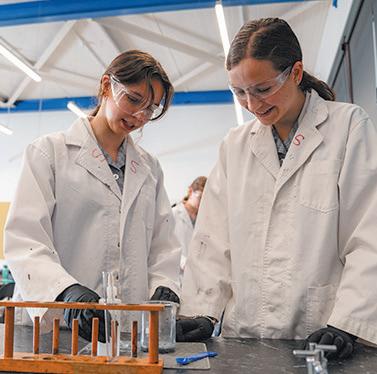
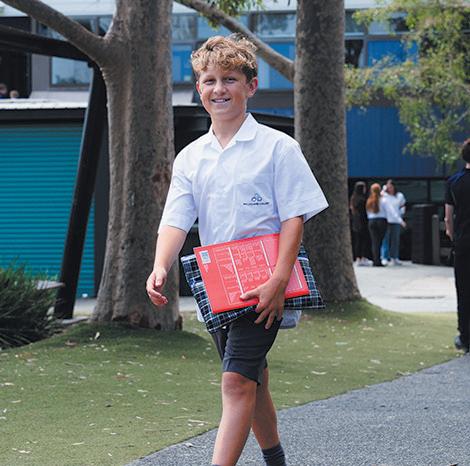

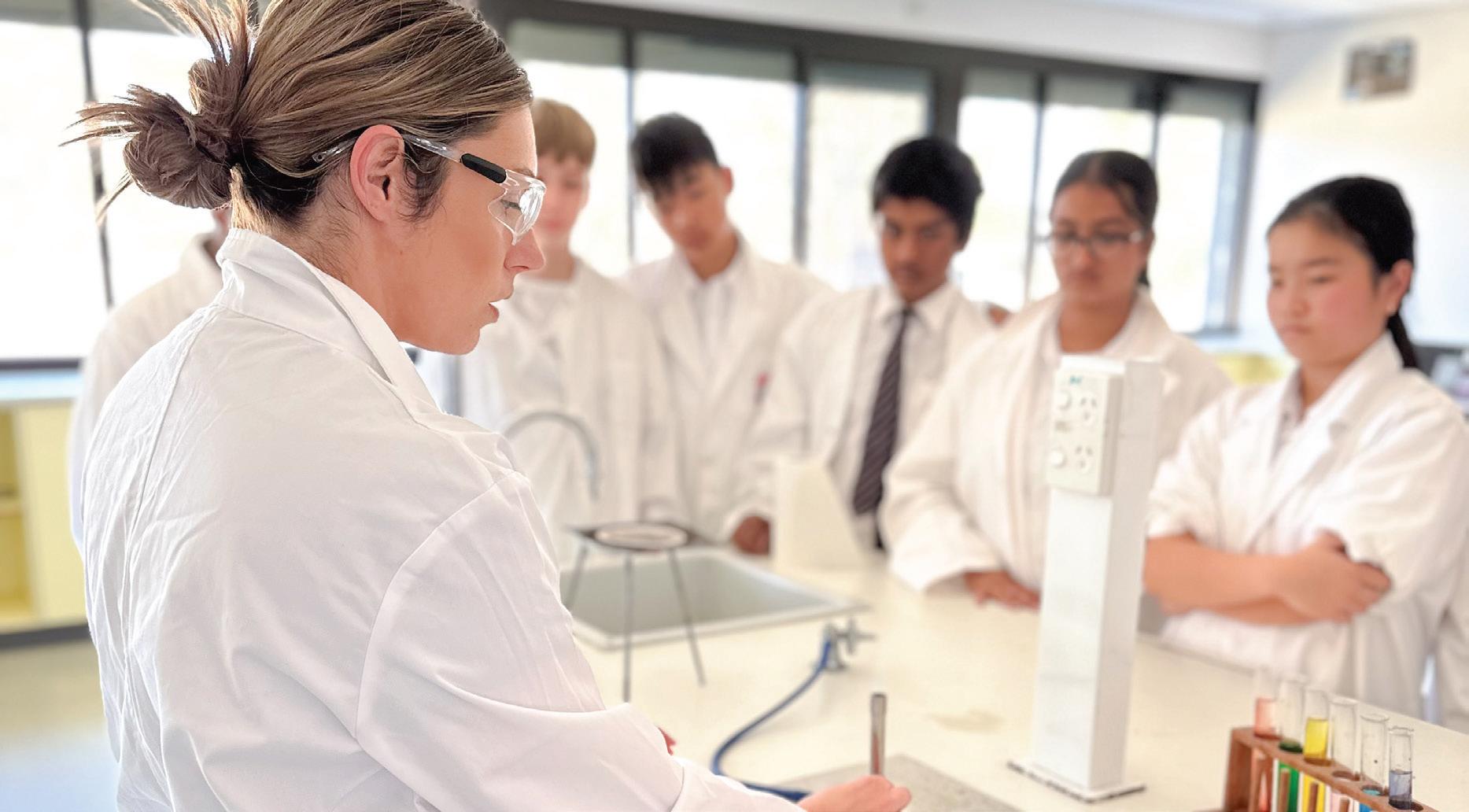









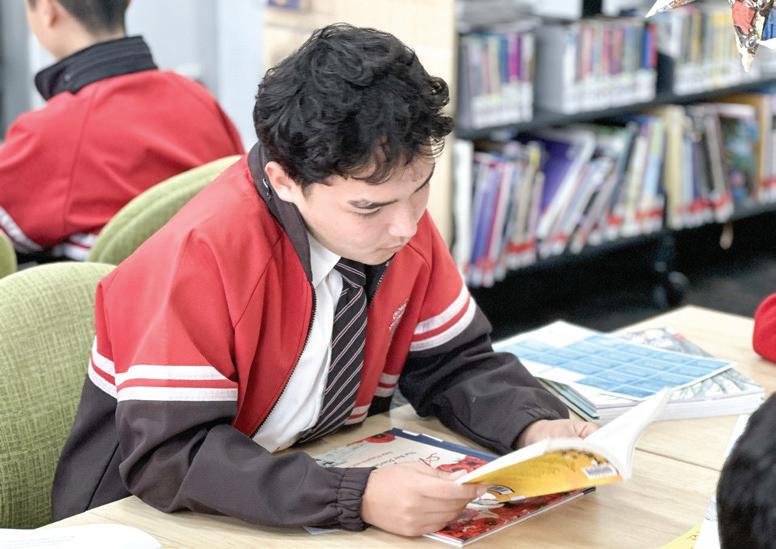

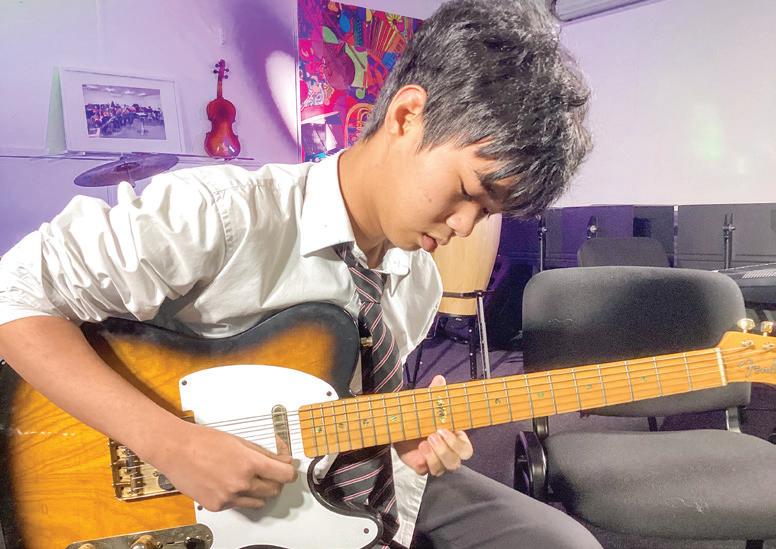

VICTORIA’S first fully academically selective coeducational Government High School, and one of only four academically selective high schools in the state, Nossal High School has been purpose designed to suit an adult, academically focused and highly aspirational cohort of students.
The buildings are high tech and ICT rich, mirroring features and approaches usually found in universities.
Nossal High School is committed to providing an innovative, inclusive and dynamic educational environment.
We aim to challenge our students to be creative and critical thinkers with good communication skills and the resilience necessary to succeed in an ever-changing world.
We aim to build their skills, selfconfidence, leadership abilities and community spirit through a rigorous but rich and varied, curricular and co-curricular program.
We want our graduates to be aspirational, ethical and responsible citizens who conduct themselves with humility and compassion.
For further information regarding Nossal High School, we invite you to visit www. nossalhs.vic.edu.au or book a place in one of our Principal run tours or at our annual Information Night.
When you choose a Victorian Selective Entry High School, you are ensuring your child has the opportunity for an exceptional education at one of only four schools exclusively designed for academically talented students.
As proud government schools, each school has a unique approach and a shared purpose in nurturing excellence in young adults from Years 9-12.
For further information about Nossal and the other Victorian Selective Entry High Schools visit www.vic.gov.au/selectiveentry-high-schools.
Applications for 2026 enrolments are now open. Apply today at selectiveentry.acer. org/vic/apply.
Nossal High School Tours
Principal tours run from 9.30am on specific dates throughout the year. Bookings for these tours are available at www.nossalhs. vic.edu.au
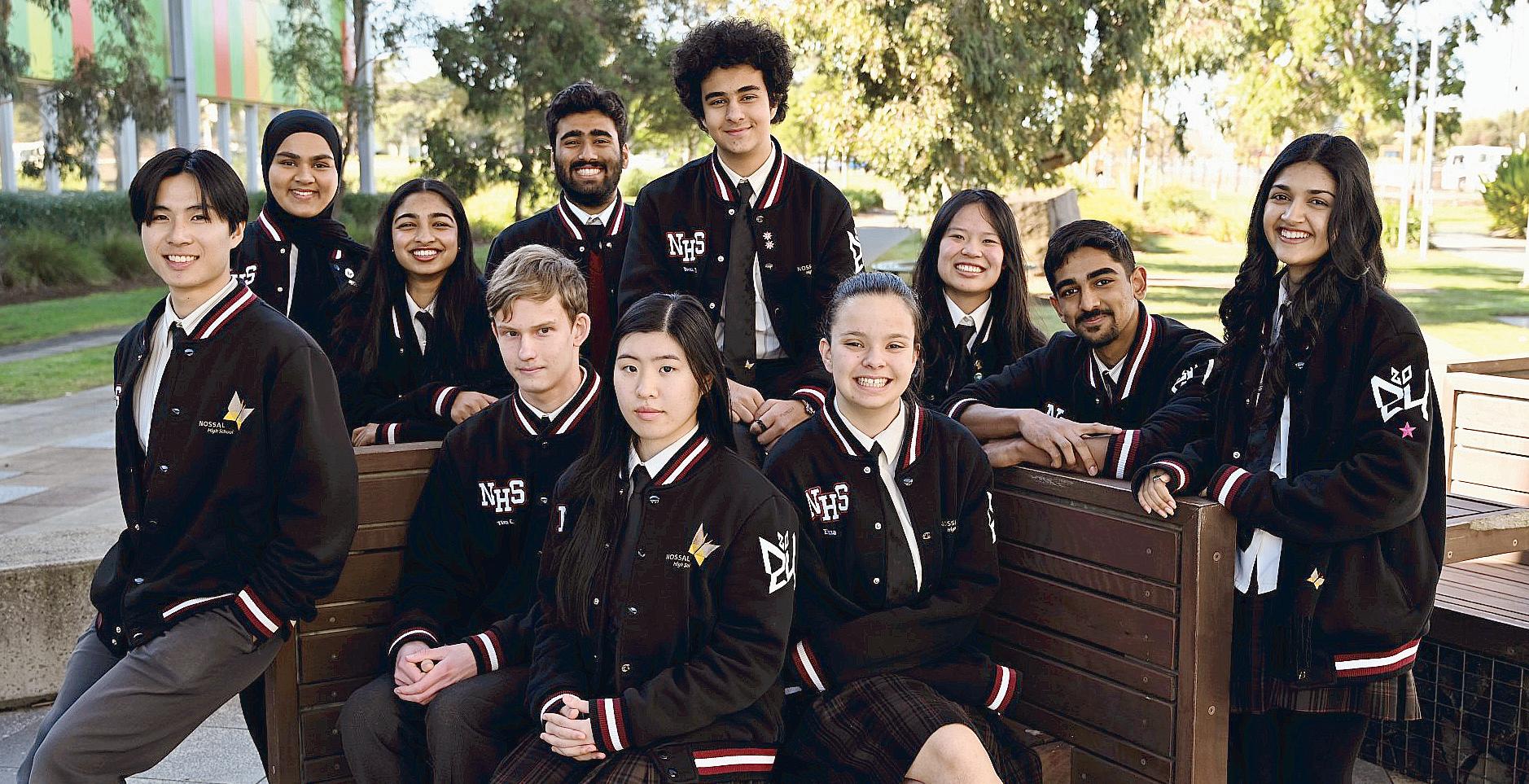
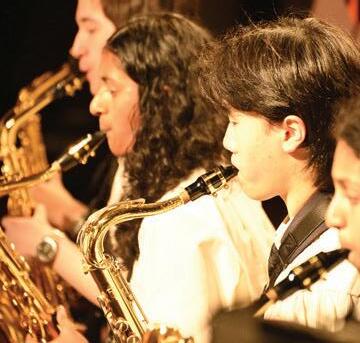
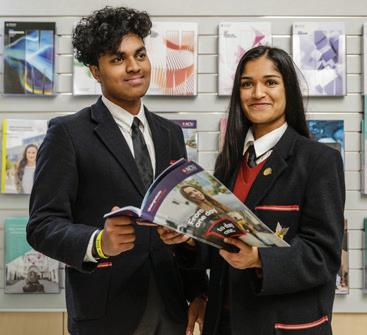
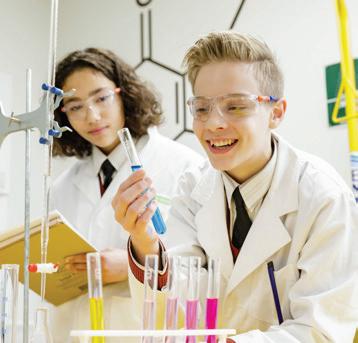

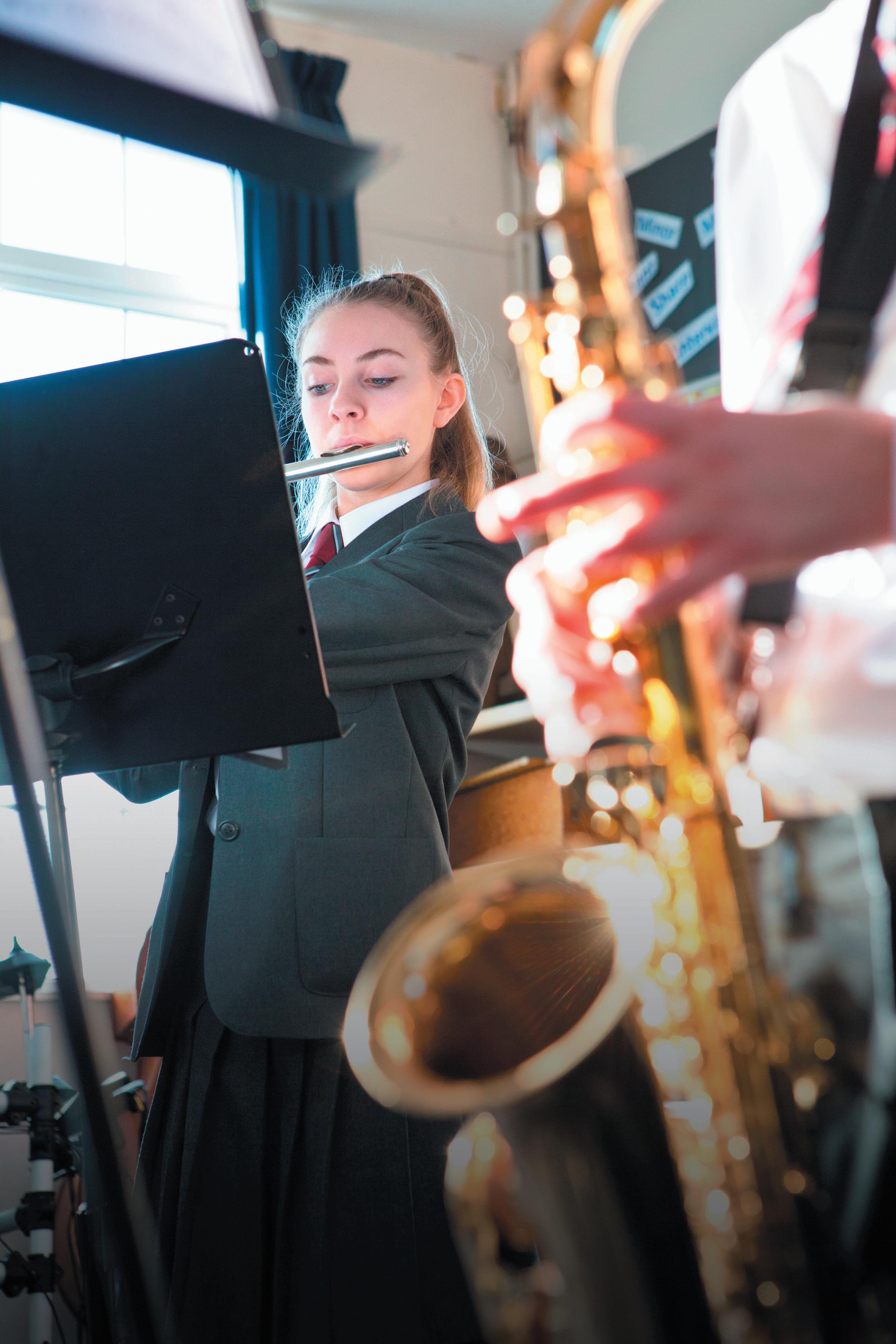
IN the quest to provide a holistic education that prepares students for the challenges of the future, there is a growing recognition of the importance of integrating arts into the academic curriculum. While traditional academic subjects are undoubtedly crucial, fostering creativity and artistic expression is equally essential. Here we explore the benefits of developing an arts curriculum alongside academic studies, the impact on students’ cognitive and emotional development, and the potential for cultivating wellrounded individuals equipped for the complexities of the modern world.
Cognitive Benefits of Arts Education:
Arts education encourages students to think critically and analyse situations from multiple perspectives. Through activities like visual arts, music, and drama, students develop the ability to interpret and evaluate information, fostering a more nuanced approach to problem-solving.
Numerous studies have shown a positive correlation between arts education and improved academic performance. Engaging in creative activities stimulates brain function, enhancing memory, attention, and overall cognitive abilities. Students involved in the arts often demonstrate higher scores in standardised tests and exhibit increased proficiency in other academic subjects.
Emotional and Social Development:
The arts provide a platform for self-expression, allowing students to convey their thoughts, emotions, and experiences in a non-verbal manner. This creative outlet can be particularly valuable for students who may struggle with verbal communication, providing them with alternative means of expressing themselves.
Participation in the arts exposes students to diverse perspectives, cultures, and experiences. This exposure fosters empathy, helping students develop a deeper understanding of others and promoting a sense of interconnectedness that extends beyond cultural and social boundaries.
Creating Well-Rounded Individuals:
By integrating arts into the academic curriculum, schools instill a lifelong appreciation for various forms of artistic expression. This appreciation goes beyond the classroom and extends into students’ personal lives, enriching their cultural experiences and contributing to a more vibrant and engaged society.
Arts education encourages interdisciplinary
connections, demonstrating the interconnected nature of knowledge. Students can explore the intersections between art, science, history, and literature, fostering a more comprehensive understanding of the world and breaking down traditional academic silos.
Practical Implementation:
Collaborative efforts between arts and academic teachers can result in innovative, crossdisciplinary projects. For example, a history lesson could be enhanced through a theatrical performance or a science class enriched by incorporating visual arts to illustrate concepts.
Schools can incorporate dedicated arts courses into the curriculum, ensuring that students receive comprehensive exposure to various artistic disciplines. This may include visual arts, music, drama, dance, and creative writing, allowing students to discover and nurture their individual artistic strengths.
Addressing Challenges:
One of the challenges in developing an arts curriculum alongside academic studies is resource allocation. Schools may need to invest in art supplies, musical instruments, and qualified arts educators. However, the long-term benefits in terms of student development and academic success make this investment worthwhile.
Cultivating a culture that recognises and values the importance of arts education is crucial. This involves fostering support among educators, parents, and policymakers to ensure that the arts are not sidelined but integrated as an essential component of the overall educational experience.
By providing students with opportunities to engage in creative expression, schools contribute to the development of critical thinking skills, emotional intelligence, and a lifelong appreciation for the arts. The synergy between academic and artistic pursuits creates a more enriching educational experience, preparing students not only for academic success but also for the complexities and challenges of a rapidly evolving world. As we continue to redefine the goals of education, an integrated curriculum that values both the academic and the artistic is a powerful step towards fostering the diverse talents and capabilities of each student.
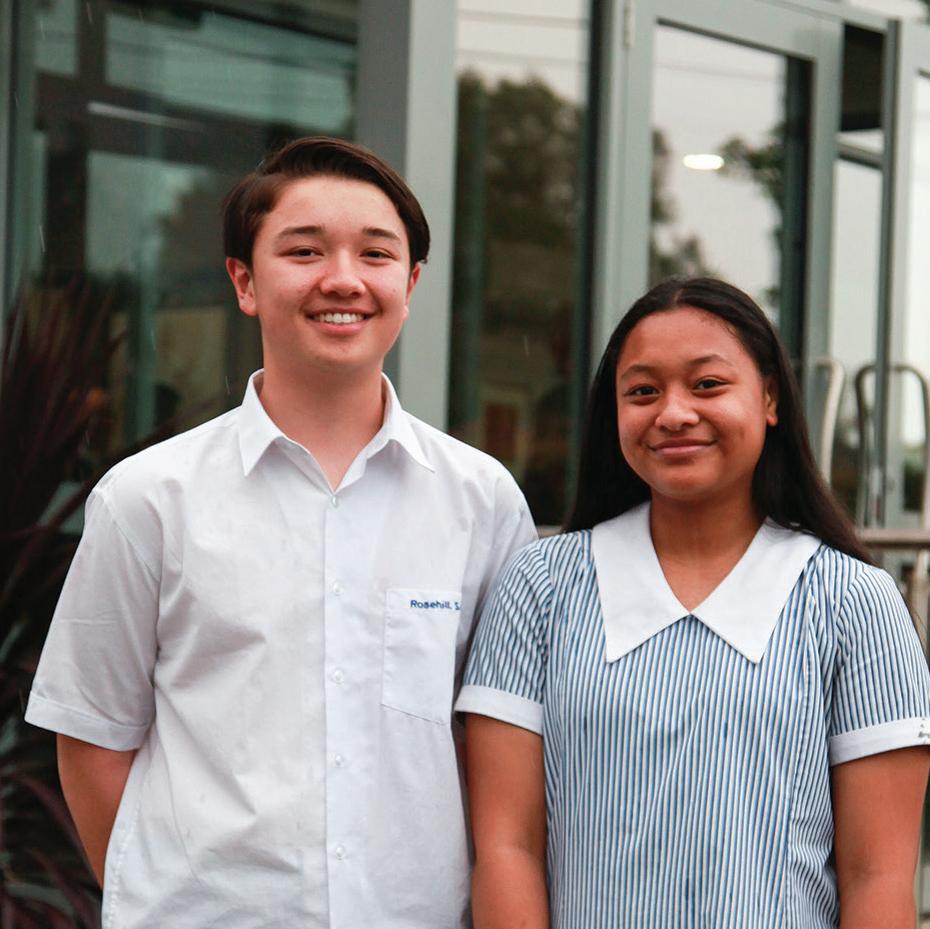

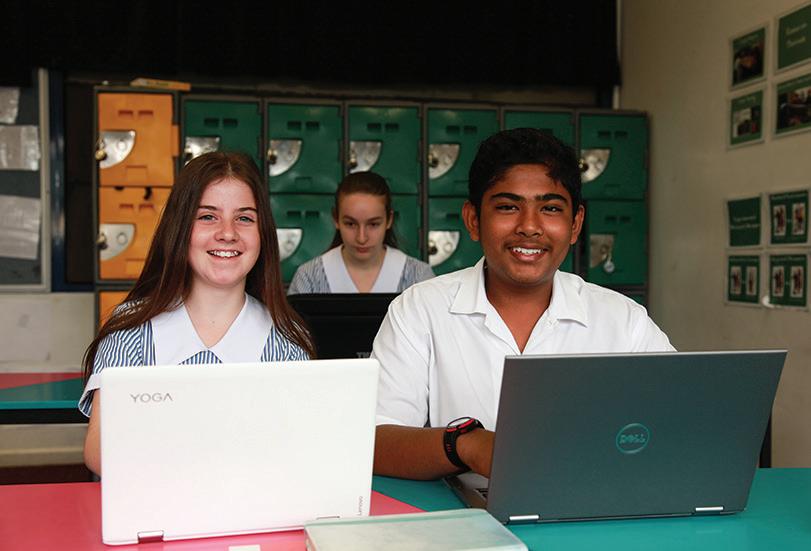
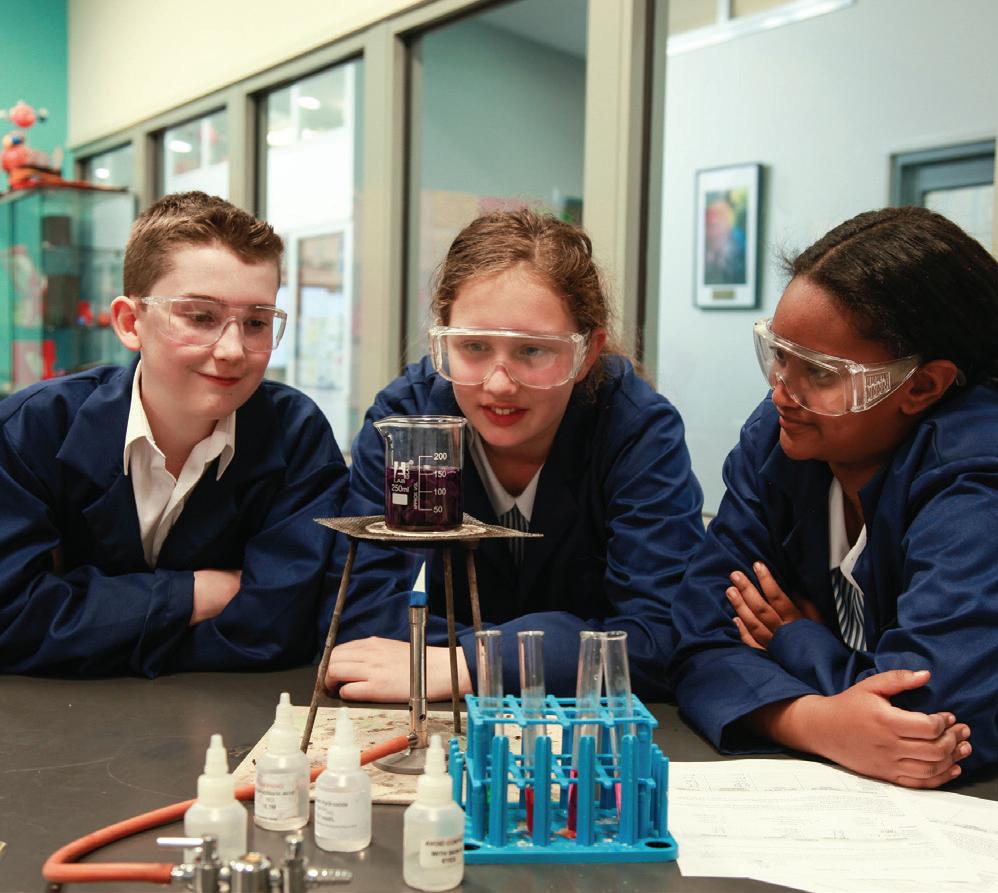
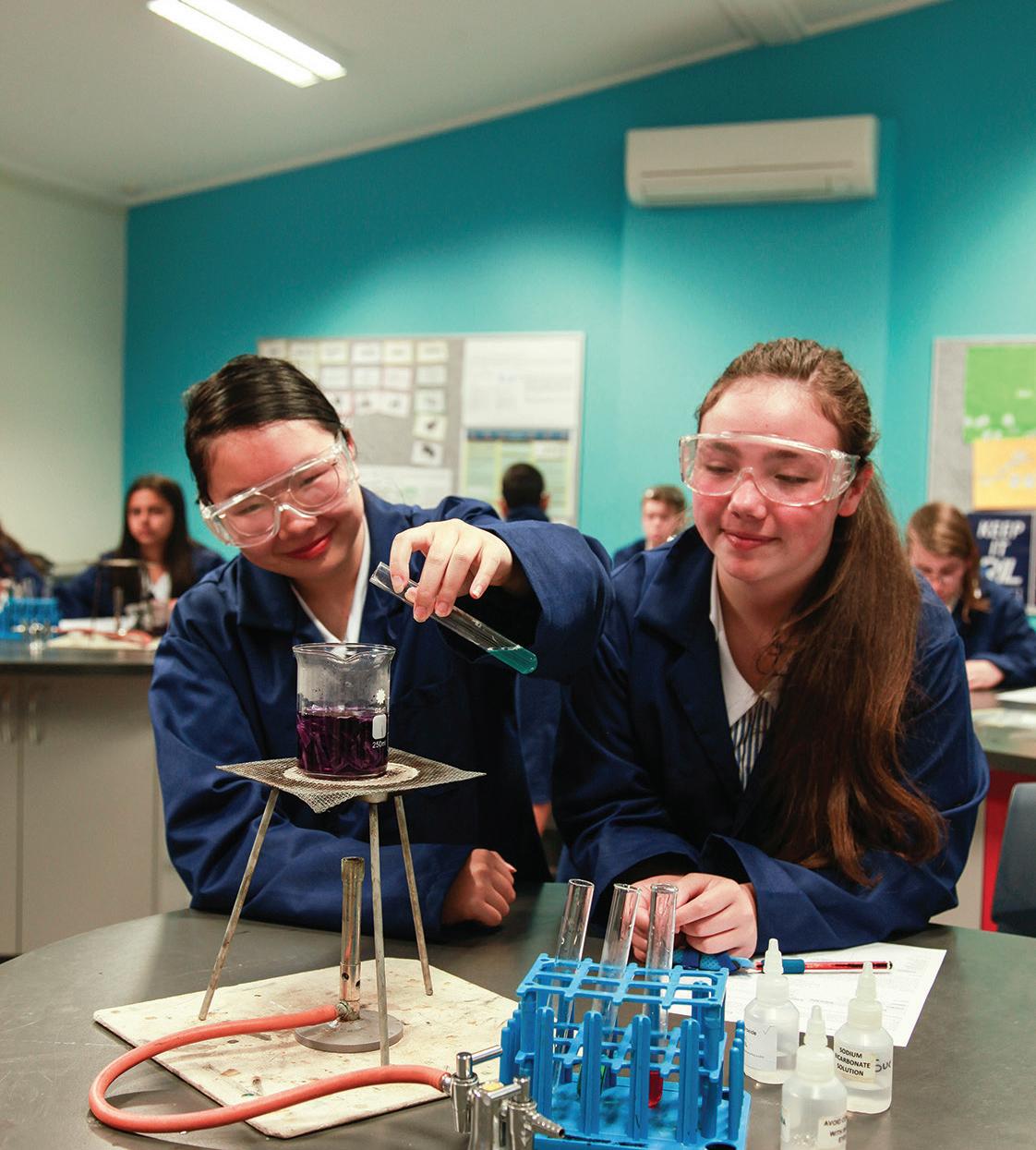
At Rosehill Secondary College, the Science Department is equipped with state-of-the-art technology. This allows teachers to provide a unique experience in STEM education.
To further enhance our outstanding work in STEM, we have a 4.5 million Architecturally designed state of the art STEM centre which you are welcome to visit. Students have and will continue to participate in the following STEM experiences:
•Girls in Physics - Promoting female involvement in physics through conferences and workshops with other females in physics.
•VR room - computer generated learning environment where students can explore the structure of cells as well as historical sites without leaving school property.
•In2Science – Science and Maths peer mentoring in the classroom by current University Science Students.
•Robotics Program – High tech coding and programming digital technologies with the use of robotic models including: Sphero, Ozobots, Lego Mindstorm and Microbits.
•Use of multiple 3D printers- incorporating fusion 360 CAD software to design and develop real products.
•Gene Technology Access Centre (GTAC) – participating in various workshops such as the Biomechanics and design workshop which is part of the Victorian Challenge Enrichment Program
STEM students from Rosehill Secondary College will have the opportunity to embark on the ultimate STEM educational experience of their lives visiting the National Astronautics and Space Administration (NASA) Centre in Orlando, Florida, USA.

St Albans Secondary College’s vision, values and guiding principles combine to create a safe, supportive, and structured environment where every student is guided and inspired to achieve to the best of their ability. Our college community values respect, integrity, leadership, and the pursuit of excellence.
We are proud of our school community's achievements: our results in almost all areas are significantly higher than the average for the State, and for similar schools. St Albans Secondary College has regularly been recognised as a high performing school. In studies undertaken by the Department of Education and the University of Melbourne we were well above state benchmarks in all measures. These outcomes, together with excellent attendance rates, continued growth in students' literacy and numeracy skills, and significant improvement in students' sense of connectedness and safety, are a testament to the combined efforts of staff, families, and students.
Our commitment to foster the academic and personal development of each student, to provide a high-quality education, and to guarantee a broad range of programs to challenge and enrich all students, is a significant factor in these achievements. Our Attendance Policy of 90%, close monitoring of student absences, and effective communication with parents ensure that the importance of regular attendance for successful student learning is well embedded in the school culture.
The SEAL (Select Entry Accelerated Learning) program is offered to challenge and motivate gifted and talented students from Year 7 right
through to Year 12. Additionally, enrichment electives are offered from Year 9, and VCE subjects are available to selected students from Year 10. Our top achievers are supported with scholarships, as well as university mentoring programs including the Kwong Lee Dow Scholars’ program, and they consistently gain entry into top level tertiary courses.
A focus on positive, respectful relationships as an essential part of a safe, enjoyable learning environment is an essential aspect of the College's culture, as is our strategy of enhancing student voice and leadership across the school and providing a rich extracurricular program. Activities include a comprehensive instrumental music program, drama and music production, public speaking and debating, writers' workshops, a camps program, sports teams and carnivals, a House system, and a range of student clubs.
Our vision for wellbeing is to support all members of our school community to develop a resilient mindset by striving to ensure that everyone feels Connected, Protected and Respected. The development of a comprehensive allied health team approach to student wellbeing, recent work on resilient mindsets, and further strengthening student wellbeing programs have been important in fostering engagement, positive behaviour, and respectful relationships.
St Albans Secondary College is a community where staff and parents work together with, and for the benefit of, students. Staff are deeply committed to the academic progress, and personal development and wellbeing of each student.






























































































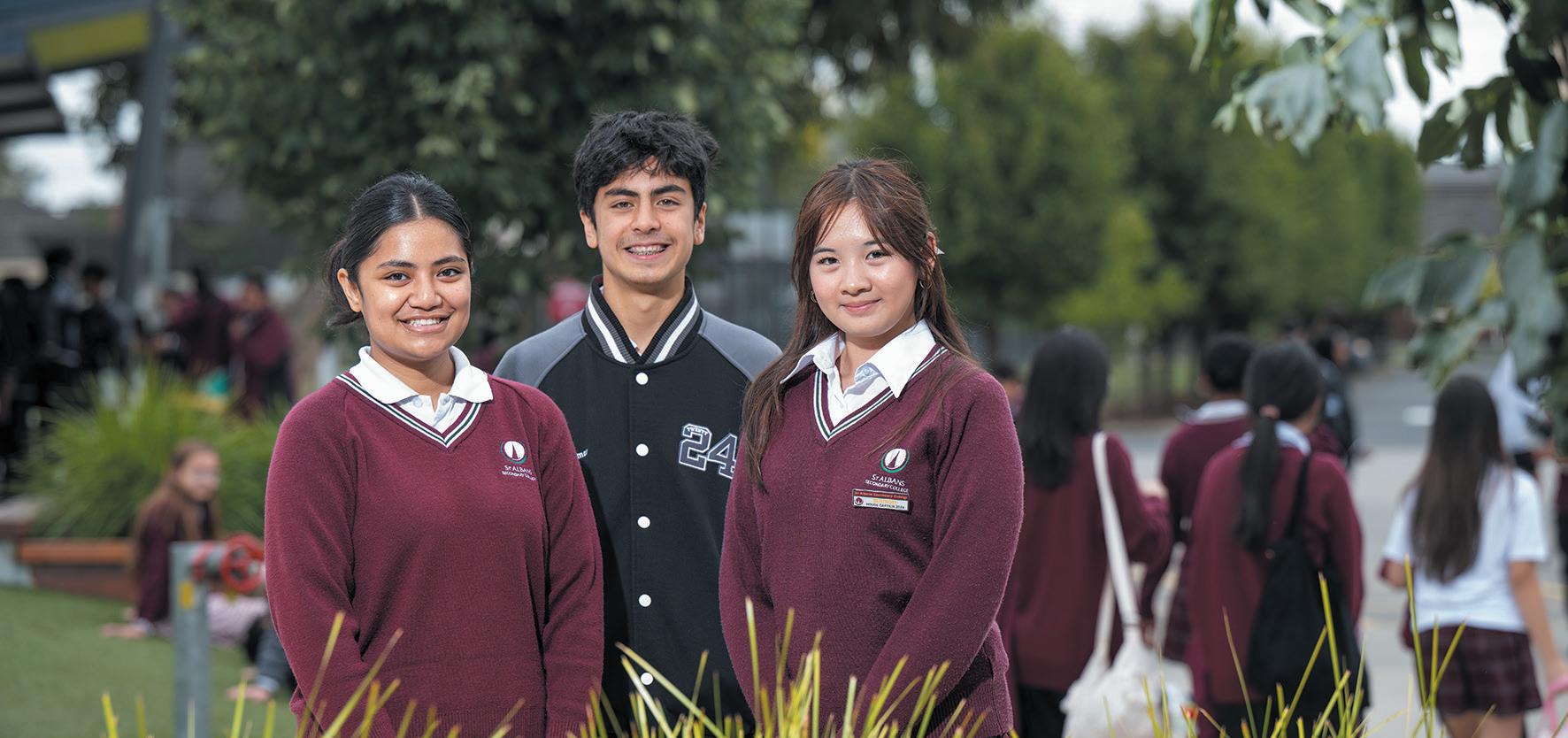



ST HELENA Secondary College, situated in Eltham North, prioritizes holistic child growth. With a rich educational history, we aim to nurture globally-minded citizens ready for the digital era. Our core values - Respect, Responsibility, and Personal Best - foster connection in a secure and enriching learning space.
St Helena Secondary College is a highdemand school and the school of choice for many families. We know the transition from Primary School to Secondary School can be as daunting as it is exciting. Our highly experienced Transition team partner with families, students and primary schools to facilitate a smooth transition to our stand-alone Year 7 Junior School, quickly establishing new students as an integral part of our community.
Our ‘Strive’ program underpins holistic development through Learning Skills, Positivity, and Pathways streams, nurturing academics, emotional skills, and individualized routes.
The ACE program caters to gifted students, providing an enriched curriculum and potential university subject study in their final year.
The acclaimed music program, with 220+ students, excels in competitions, while our Performing Arts team garners awards winning
Our highly experienced Transition team partner with families, students and primary schools to facilitate a smooth transition to our standalone Year 7 Junior School, quickly establishing new students as an integral part of our community.
several Victorian Music Theatre Guild Awards and Lyrebird Theatre Awards.
The Sports Academy sharpens athletes in Football and Basketball, focusing on various aspects of skill and performance.
Diverse camps and tours enrich cultural and personal growth.
Our extensive subject range, including VCE, VM, and VET options, caters to diverse interests. Over 40 subjects are offered yearly, ensuring any and all pathway interest is catered for.
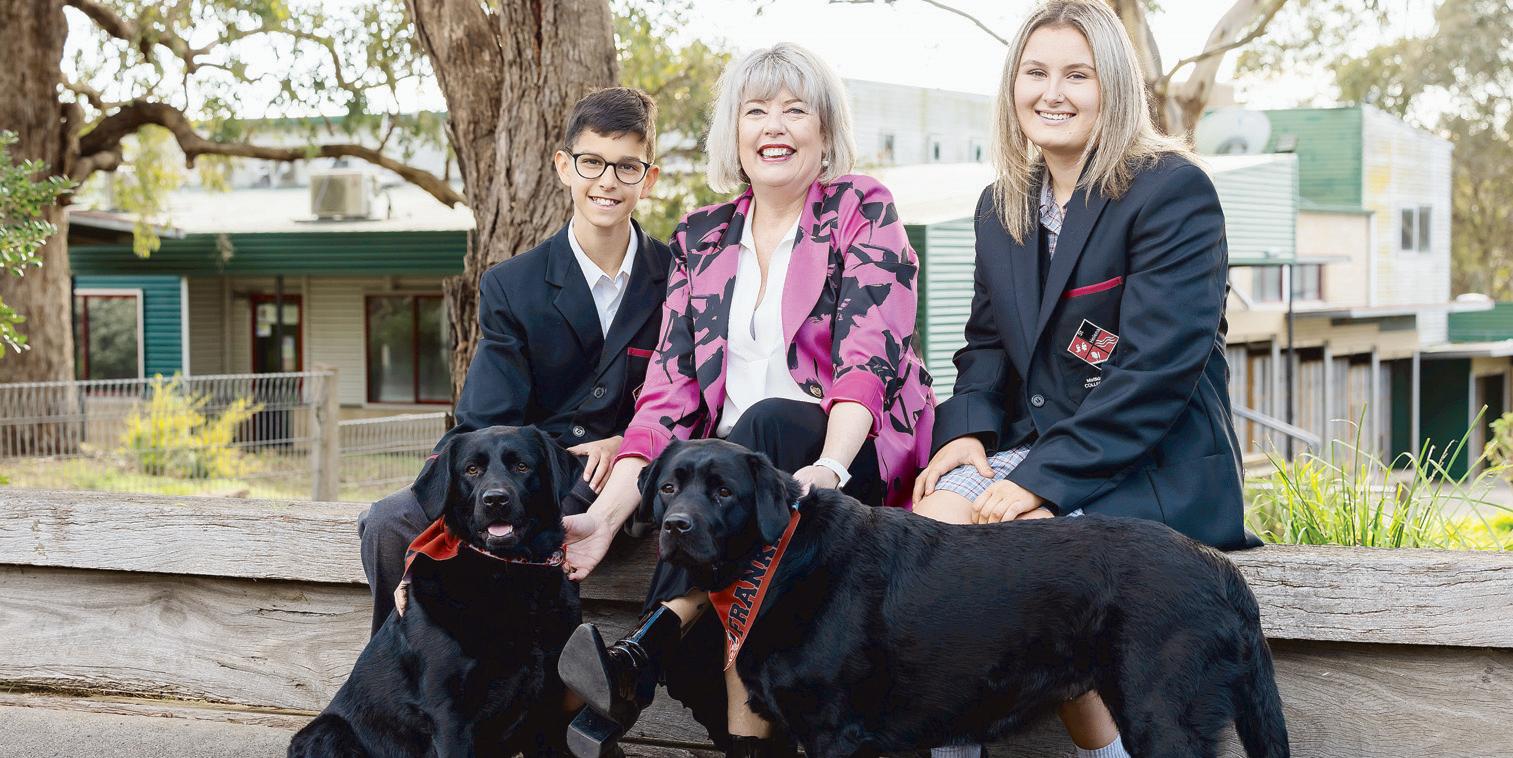


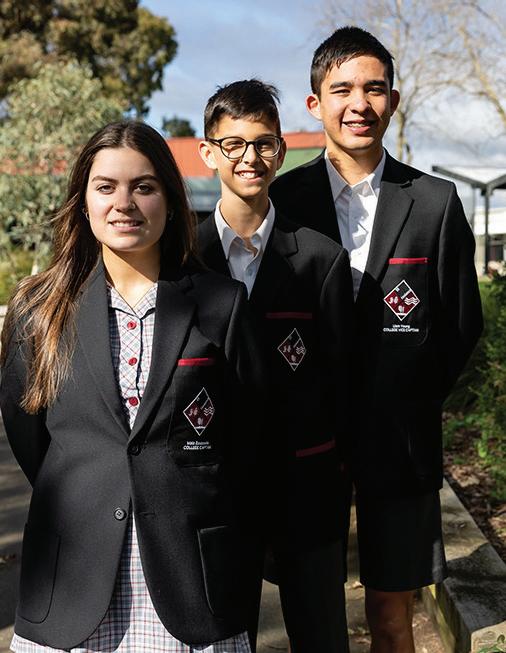


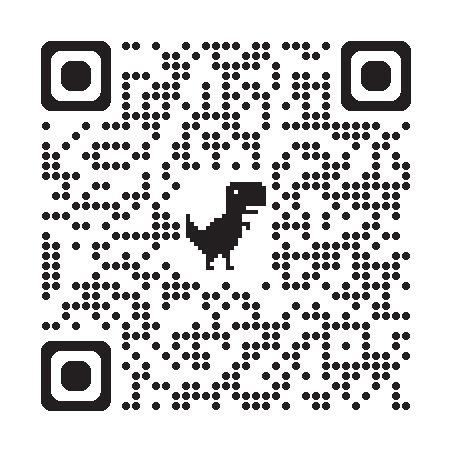
SUNBURY Downs College is a vibrant Year 7 to 12 co-educational secondary college situated in the semi-rural town of Sunbury. Some of these includes Debating and Public Speaking, Maths Club, STEM/Robotics and Drama Club. Our College is an inclusive school offering a wide range of programs that cater for all students.
We have a strong emphasis on developing individual student wellbeing and positive interpersonal relationships. Students are at the centre of our teaching and learning.
Our curriculum provides a comprehensive teaching and learning program for students in core subjects: English, Mathematics, Science, Humanities, Health and Physical Education, Arts, Technology and Languages (Italian). We offer a range of VCE subjects including the VCE Vocational Major program in Years 11-12 which caters for students with an interest and passion for applied learning. We have a reputation for helping students achieve outstanding VCE results, further reinforcing to our students the school motto ‘Confidence to Achieve’.
Sunbury Downs College is the only secondary school in the area that offers an Accelerated Curriculum and Enrichment (ACE) program, extending students through a challenging curriculum including early commencement of VCE. The ACE program is a select entry course with enrolment from the feeder primary schools for students in Years 7-9. New enrolments are welcome to make enquiries about the suitability of this program for their children. We also offer a Scholars program for students in Years 10 and 11 to provide students with a range of opportunities in the Senior Years.
Our College is an accredited International Student Program provider. This program has enabled the College to work closely with the Department of Education and the local community to engage in cultural immersion and promote diversity. The College has students and families from 45 different nationalities enrolled at our school, supporting a culturally and linguistically diverse learning environment.
Sunbury Downs College offers a wide range of inclusive activities and programs which cater to all students. Some of these include Debating and Public Speaking, Maths Club, STEM/ Robotics and Drama Club. We have a well-
This program has enabled the College to work closely with the Department of Education and the local community to engage in cultural immersion and promote diversity.
established Student Voice program and passionate Captaincy team offering students the opportunity to develop leadership skills and contribute to our school in a positive and valuable way. Our College has a House and Sports program with whole school carnivals for Athletics and Swimming, and there are also Year Level and specialised camps and excursions. We offer instrumental music tuition and present a highly acclaimed musical production, enabling students to excel in the Performing Arts in an environment that fosters participation, responsibility and teamwork outside the classroom.
Sunbury Downs College is proud of the work and support provided to students and the wider Sunbury Downs College community by our wellbeing team, learning support team and Careers Coordinators. Wellbeing programs complement the teaching and learning and extracurricular program of the College as we work together to prepare young people to become lifelong learners. Learning Support focuses on assisting students with additional needs while the Careers Coordinators provide valuable advice as students successfully pathway into university, TAFE and the workforce.
Our College values of Respect, Resilience, Ambition and Community are embedded within our teaching and learning practice. These core values support a culture of participation and excellence based on the development of positive relationships and personal growth by all community members.

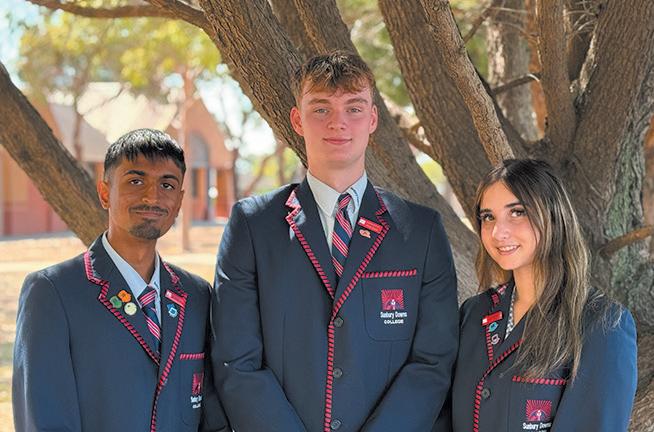
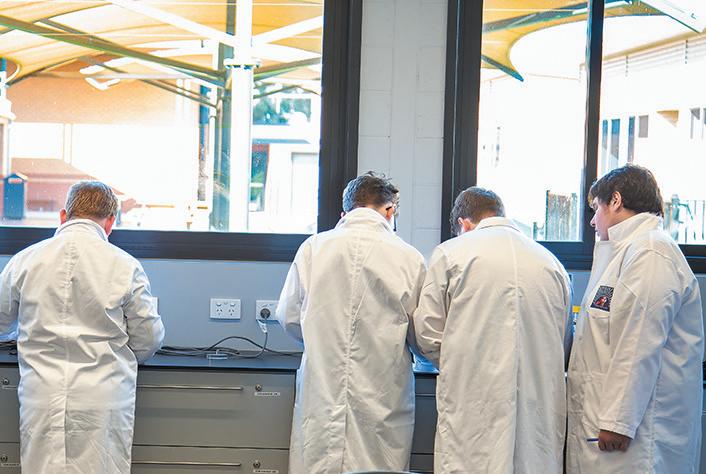

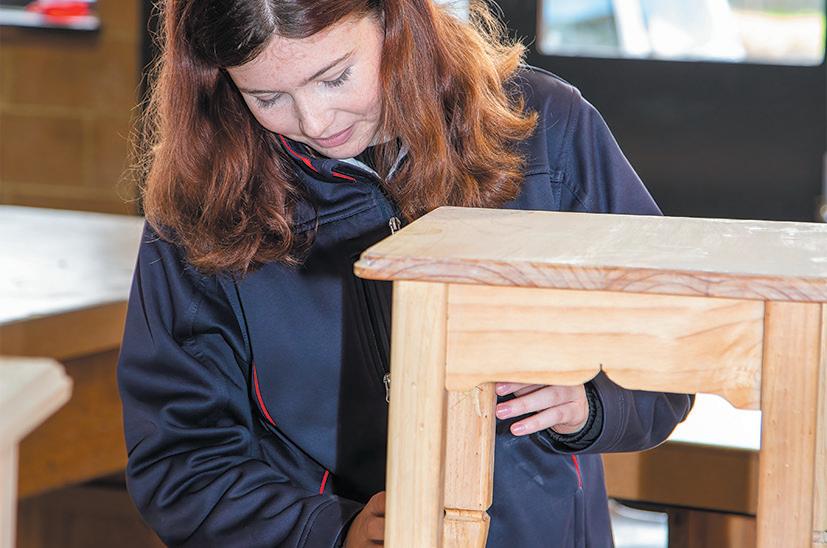


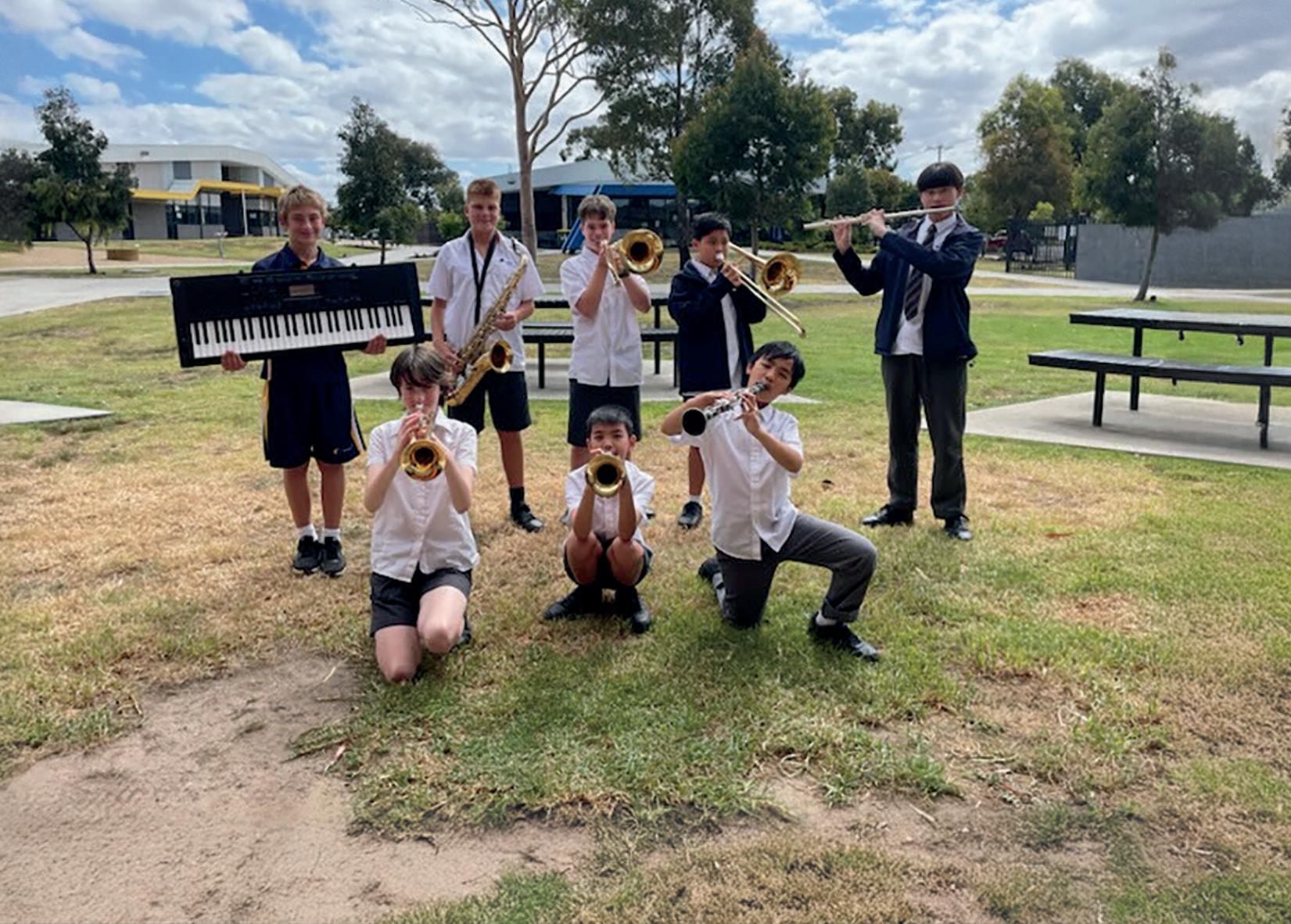

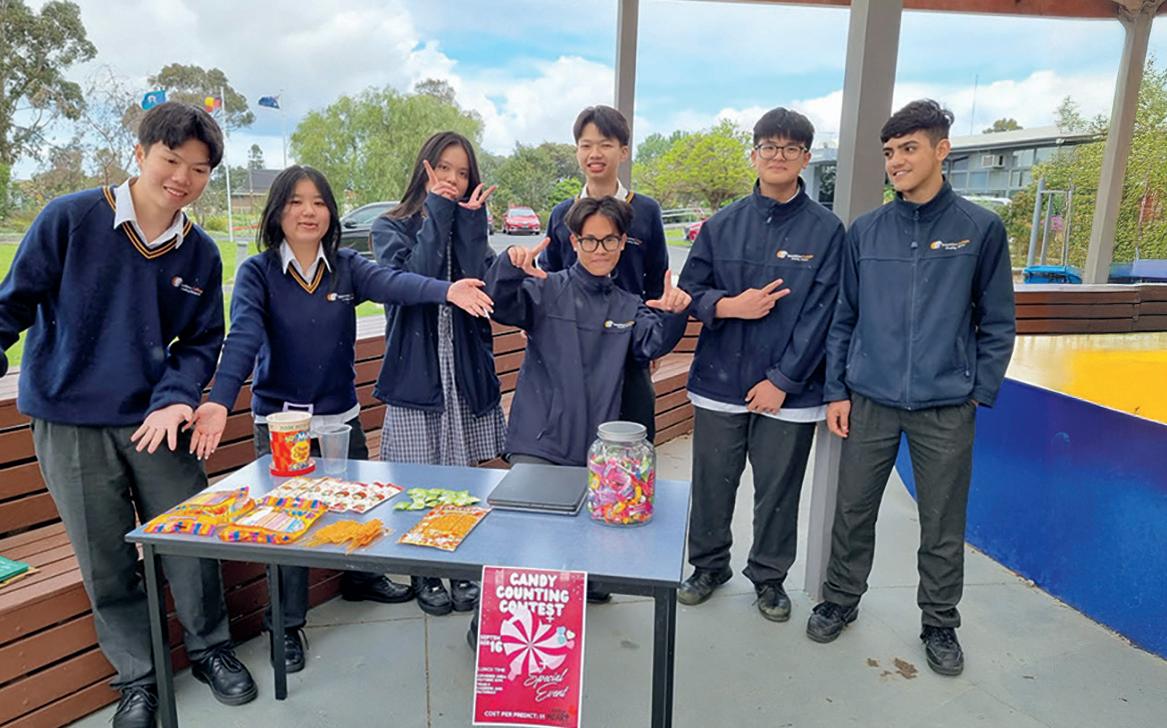


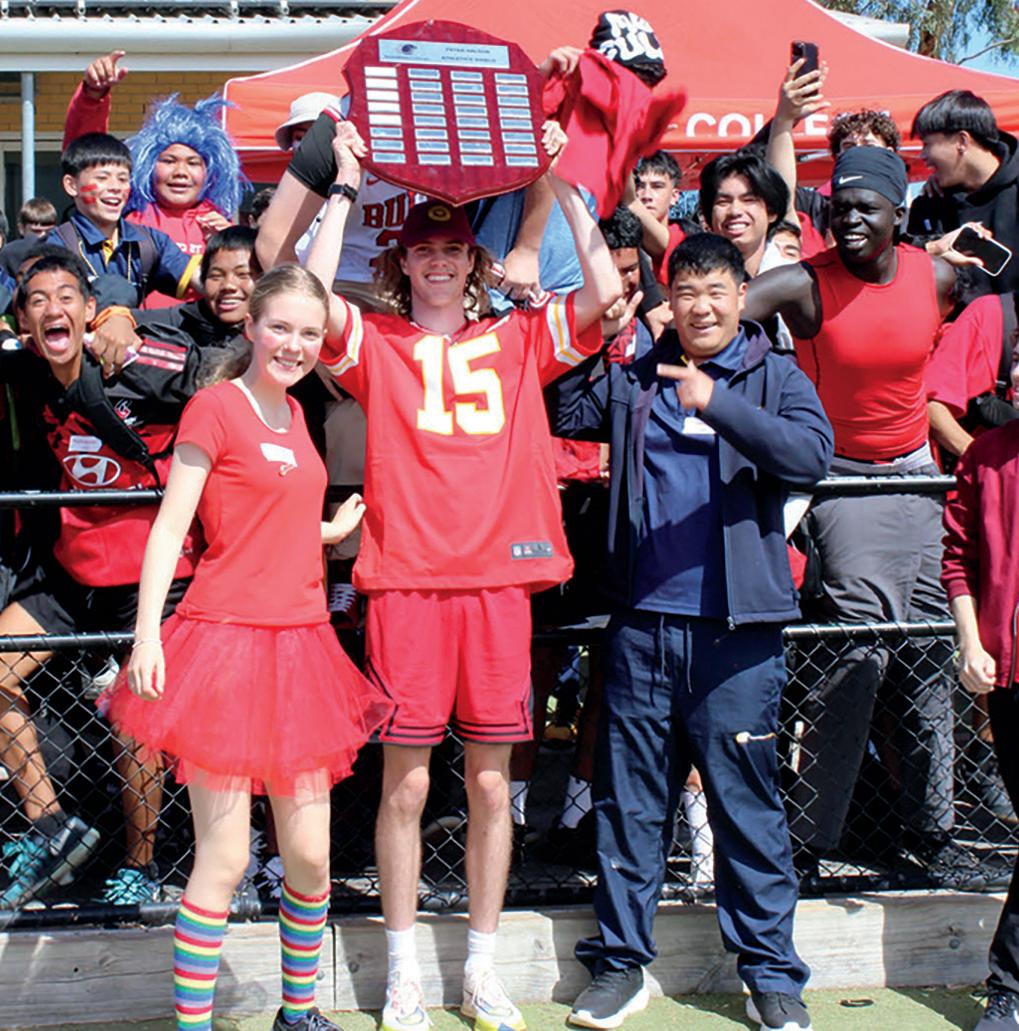
SUZANNE Cory High School is a select entry high school in Western Melbourne, for academically high-achieving students in years 9 to 12.
We offer a four-year learning program incorporating core and elective studies, enrichment studies, VCE units and University Enhancement Studies. Students also have the option to study the International Baccalaureate.
Our curriculum design is based on differentiating the curriculum to meet the individual needs of students, compacting the curriculum to enable a faster pace of learning, and enriching and broadening the educational experience of our uniquely talented students.
The curriculum is comprehensive and oriented to maximise the opportunity for each student to undertake tertiary-level study.
Proactive student wellbeing is central to the program at SCHS, with a strong focus on teaching students’ strategies to maintain and improve both physical and mental health. Our student wellbeing approach is based on the School Wide Positive Behaviours Supports system which rewards and encourages appropriate behaviour and explicitly teaches our expectations. Our Year 9 transition program, ‘Primus’ supports students new to the school and aims to prepare the students for their learning at SCHS and develop new friendships.
Co-curricular
All students participate in co-curricular activities designed to build independence, promote teamwork across year levels, and foster engagement in their broader community. We pride ourselves on having a rich and diverse school life that enhances the academic outcomes of our students.
We have a range of sporting opportunities for our students to be involved in, with physical activity being an important component of our learning model. Sport is a compulsory subject for all year levels. Students choose from a
range of options to ensure they are experiencing diverse activities. Students also have the option of representing the school in interschool sports.
Our house system is integral to student learning and school engagement, providing students with opportunities to demonstrate student leadership and build a sense of belonging. Within the House program students can participate in activities such as Athletics, Chorals, Art, Debating or Chess, providing opportunities for contribution from all students. Students can also engage in feedback to teachers and school leadership via our student representative council.
SCHS has a well-established Arts program, encompassing both curriculum and extracurricular options. Our instrumental music program provides individual and group lessons across all five major orchestral groups and voice. Instrumental students can also access a wide range of ensembles. Drama is promoted through our annual school musical and House Drama program whilst the Visual Arts are displayed around the school with options of available Media, Art and VCD in the senior years.
Students interested in Suzanne Cory High School are invited to take a tour of our school. All applicants are required to sit an entrance exam. Please refer to our website for dates and further information.
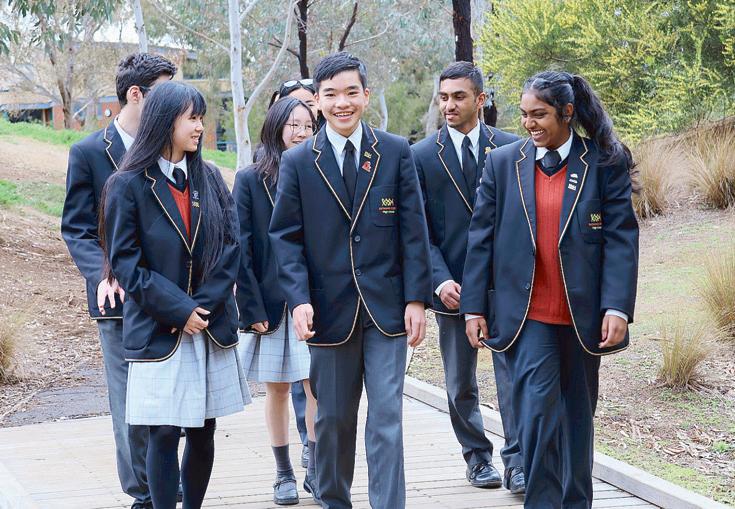

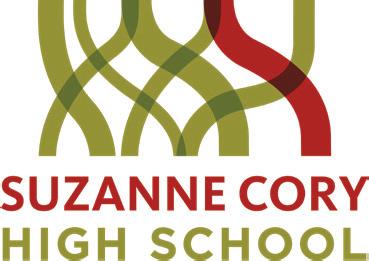

THE integration of artificial intelligence (AI) into various facets of our lives has been nothing short of transformative, and the realm of education is no exception. From K-12 schools to higher education institutions, students are increasingly exposed to AI-powered tools and technologies that are reshaping the way they learn, engage with content, and interact with their educational environments. This article delves into the multifaceted use of AI by students at school, exploring its benefits, challenges, and the potential it holds for shaping the future of education.
One of the key advantages of incorporating AI into education is its ability to facilitate personalised learning experiences. Traditional classrooms often struggle to cater to the diverse needs and learning paces of individual students. AI, however, can analyse each student’s learning patterns, strengths, and areas for improvement to tailor educational content accordingly. Adaptive learning platforms use data-driven insights to present students with appropriate challenges and resources, helping them progress at their own pace while ensuring a deeper understanding of the material.
AI-driven platforms offer students access to a wealth of educational resources, making the learning process more efficient and engaging. Virtual tutors and intelligent chatbots are on the rise, providing instant help and explanations for complex concepts. These AI-driven tools enable students to seek clarification and assistance at any time, eliminating the need to wait for teachers or peer support. Consequently, students become more independent learners, honing their problem-solving skills and fostering a sense of empowerment in their academic journeys.
The time-consuming task of grading assignments and assessments has long been a challenge for educators. AI-powered grading systems, equipped with natural language processing capabilities, can provide automated and consistent evaluation of essays, quizzes, and assignments. This not only saves teachers time
These AI-driven tools enable students to seek clarification and assistance at any time, eliminating the need to wait for teachers or peer support.
but also ensures objective and unbiased grading, allowing educators to focus on providing meaningful feedback and support to students. Furthermore, AI can analyse assessment data to identify learning trends, helping educators refine their teaching strategies for better outcomes.
AI’s ability to analyse large volumes of data has led to a revolution in educational analytics. Schools can now gather and analyse data related to students’ performance, attendance, engagement, and more. These insights provide educators with a deeper understanding of individual and collective learning patterns, enabling timely interventions for struggling students and the identification of effective teaching methods. Additionally, these datadriven insights can help schools make informed decisions about curriculum development, resource allocation, and overall educational strategies.
AI’s integration with virtual reality (VR) and augmented reality (AR) has opened up new avenues for immersive learning experiences. Students can step into historically significant events, explore complex scientific concepts, or travel through the human body-all through interactive virtual environments. AI algorithms enhance these experiences by adjusting the level of difficulty, guiding students through challenges, and providing real-time feedback. Immersive learning not only makes education more engaging but also deepens understanding by offering experiential learning opportunities.
While the benefits of AI in education are undeniable, there are ethical and social considerations that must be addressed. The collection and analysis of student data raise concerns about privacy and data security. Schools must ensure that data is handled responsibly and transparently, with clear policies in place to protect student information. Moreover, the potential for AI to perpetuate biases present in training data raises questions about fairness and equity in education. Vigilance is required to prevent AI from inadvertently reinforcing existing educational inequalities.
The introduction of AI in education does not diminish the role of teachers; rather, it redefines it. Teachers become facilitators of learning, guiding students in navigating the AI-enhanced educational landscape. With administrative tasks like grading automated, teachers can allocate more time to one-onone interactions, mentorship, and addressing students’ individual needs. This reimagined teacher-student dynamic fosters a more collaborative and personalised educational experience.
In an era characterised by rapid technological advancements, students need skills that will prepare them for an evolving job market. The use of AI in education equips students with digital literacy, critical thinking, and problem-solving skillsqualities essential for success in the 21st century. By engaging with AI-powered tools and technologies, students not only learn subject-specific content but also develop the ability to adapt to new technologies and innovate in diverse fields.
The use of AI by students at school marks a pivotal moment in the evolution of education. From personalised learning experiences to efficient content delivery, AI is revolutionising the way students engage with educational content and their learning environments. However, the responsiblve integration of AI requires a balance between technological advancement and ethical considerations. By embracing AI’s potential while addressing its challenges, educators can empower students to thrive in a rapidly changing world, fostering a generation of lifelong learners equipped with the skills needed to shape the future.

TAYLORS Lakes Secondary College is a single campus, co-educational 7 to 12 Leading School in the Western Suburbs of Melbourne.
From the day it opened its doors in 1992 to the Brimbank community, the college has delivered outstanding, vibrant and innovative education.
We believe the success of our students is a result of carefully developed educational programs delivered by a highly qualified and committed staff in a positive learning environment in which all students are challenged and supported.
This is underpinned by a strong code of conduct, compulsory uniform and high expectations.
A positive and responsible approach to education fosters values of trust, tolerance and respect for others.
The structure of the college is based on a Junior Subschool (Years 7 & 8), Middle Subschool (Years 9 & 10) and Senior Subschool ( Years 11 & 12).
All students in the junior and middle years of schooling undertake all subjects across all domains.
There is also literacy and numeracy support programs offered in the Junior and Middle years, enhancement programs, including the LEAP Program, and a Football Academy
From the day it opened its doors in 1992 to the Brimbank community, the college has delivered outstanding, vibrant and innovative education.
within Health and Physical Education.
Taylors Lakes continues to create vibrant indoor and outdoor learning spaces. The college has built a new flexible learning centre, new inclusion centre, new library, study facilities, meetings, offices, additional IT classrooms, new performing arts centre, new futsal (soccer) courts and new canteen/ eating shelter in the last few years to support the development of a challenging, innovative and enriched curriculum at each level.
Within every classroom, we provide every child, every opportunity to succeed.
With strong leadership, extensive guidance, counselling and tutoring, our students are inspired to aim high.
We are very proud of our students and their results.

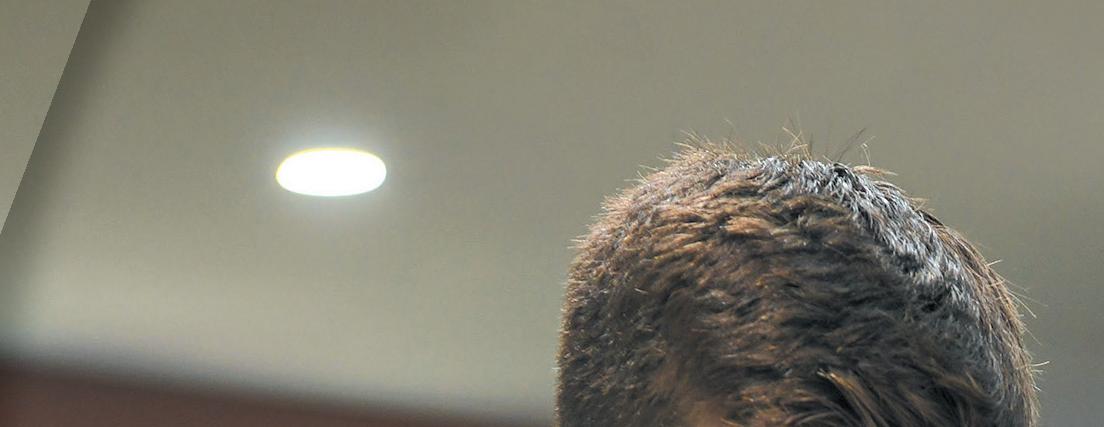
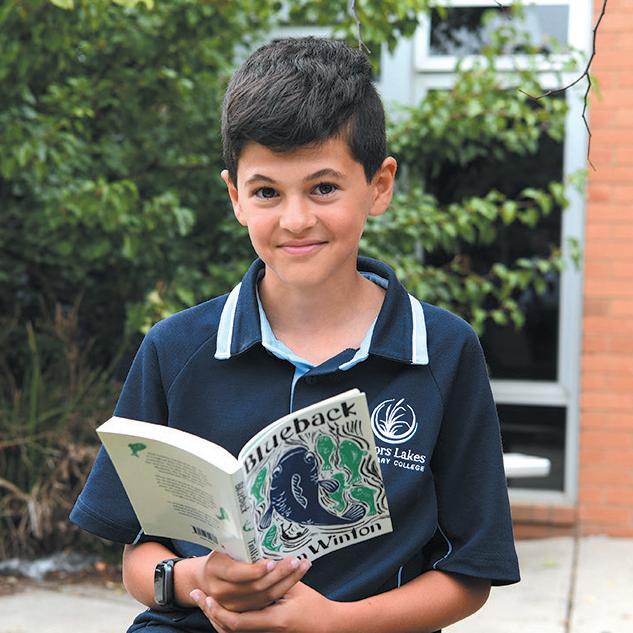




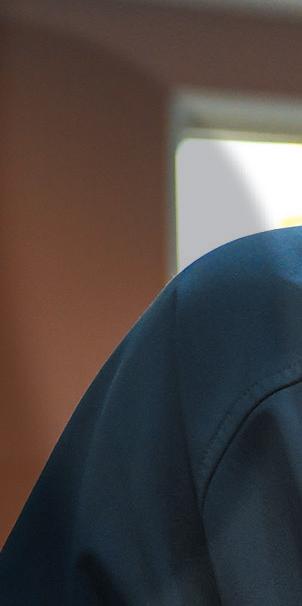

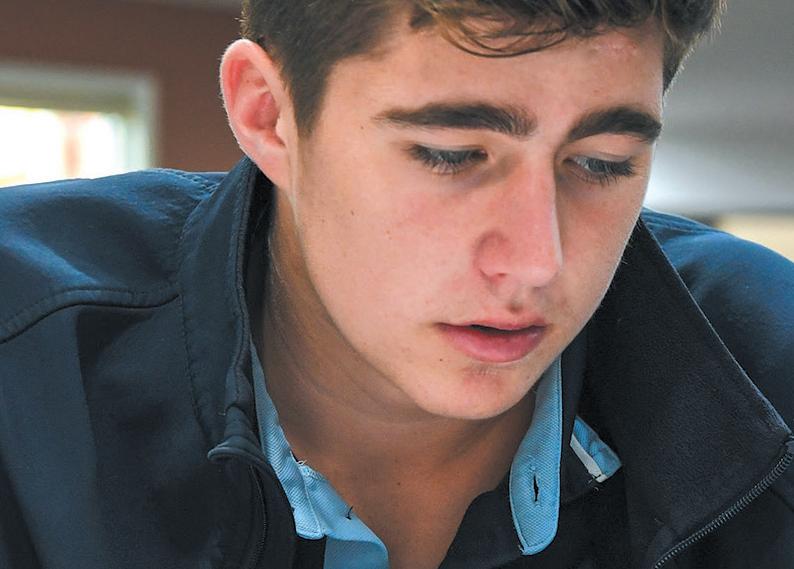
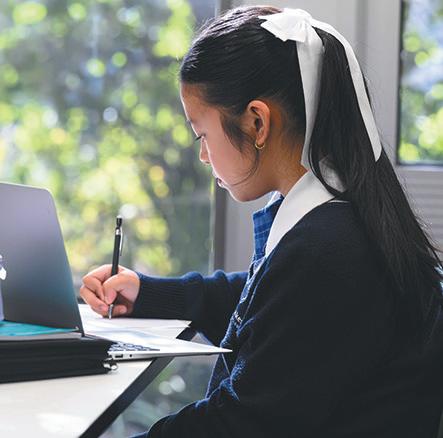


•
•
•



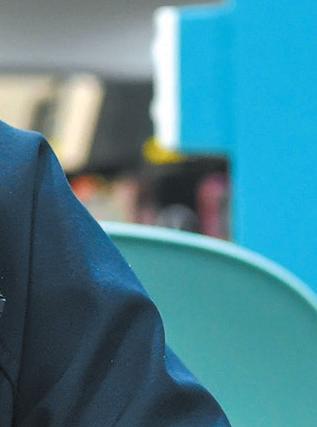









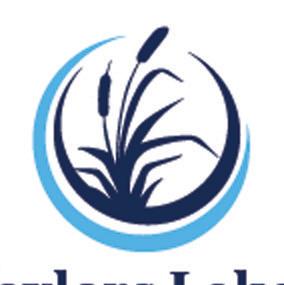
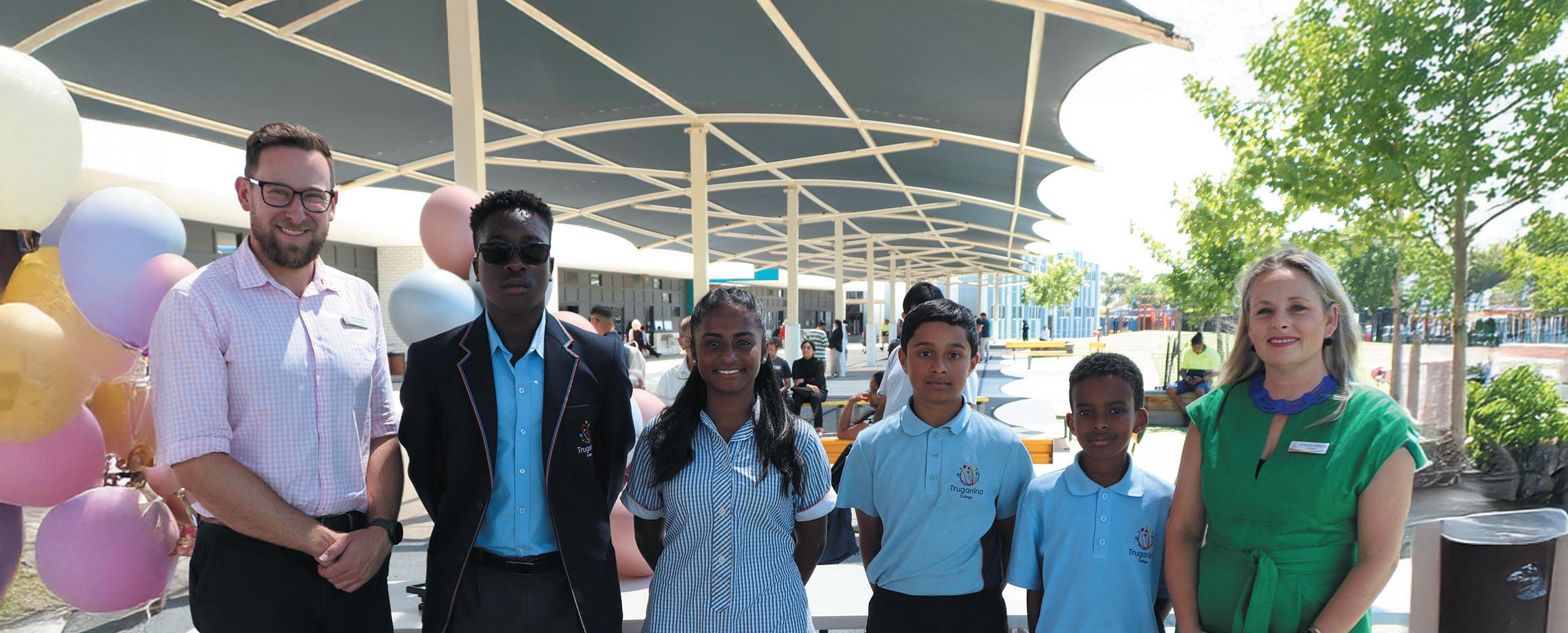
Truganina College, located on the land of the Bunurong people of the Kulin Nation, is a Prep to Year 9 government school. Opened in 2015, Truganina College is very proud to provide a 21st century guaranteed and viable curriculum that results in outstanding student achievement and active learners, leaders and citizens. At Truganina College, we believe learning growth is everybody’s business. Learning growth is in all curricular areas.
Inclusive of all, our school community has high expectations and is committed to the values of Learn, Respect, Resilience and Responsibility.
Learn - we actively learn through persistence and having a growth mindset.
Respect - we are respectful by being kind to ourselves, others and the environment.
Resilient - we are resilient by noticing our emotions, problem solving and knowing when to ask for help.
Responsible - we are respectful by being safe, honest and following instructions.
These values are exemplified throughout the College daily and are celebrated termly through Excellence Assemblies.
Strong values allows the College to sustain an unrelenting focus on student growth in the areas of literacy and numeracy in all subjects. Teachers collaborate in Professional Learning Communities (PLCs) to cater for the educational needs of each learner. Professional Learning Communities draw on their comprehensive knowledge of the curriculum, their students’ and data to plan for explicit teaching. Using small group instruction in each lesson each day, teachers are able to differentiate and provide 1:1 feedback to your child. The College also provides enrichment opportunities included, but are not limited to; Victorian High Ability Program, Tutor Learning Initiative and Literacy Interventions: MacqLit, MiniLit, Multi Lit. Spanish, Stem and Art subjects are taught across the College and
in Year 8 and 9, additional elective choices are offered to reflect student voice, agency and leadership opportunities. These include Outdoor Education, Model United Nations, and Community Projects. Soundgarage music school and Victorian School of Languages are also provided at the Campus.
Recognising that wellbeing is central to our ability to learn, Truganina College has a dedicated and comprehensive wellbeing team. Consisting of a psychologist, social workers, school counselors, mental health practitioners, students are able to access support, strategies and build resilience. Community Liaison Officers and student wellbeing officers further connect students, families and the school community together to guide students’ to reach their goals and be their best selves.
Ms. Amanda Williams, the College Principal and staff welcomes all students and families to visit our campus and website to explore our positive learning environment, excellence in teaching and learning, and dynamic young people. We look forward to hearing from you soon.
Writers:
Lucy Francis: Director of Learning & Wellbeing Excellence – Years 7 to 9
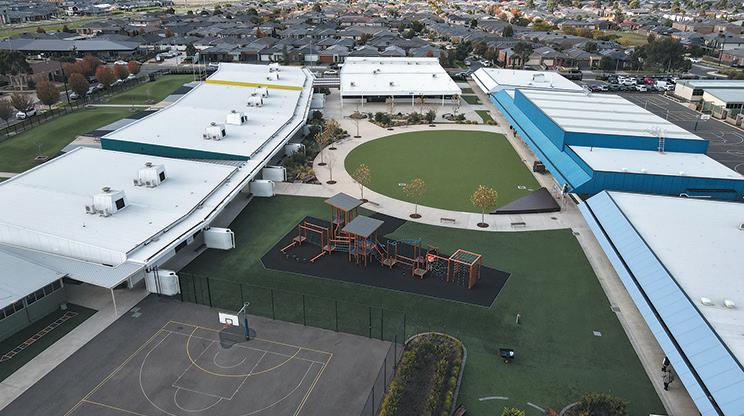
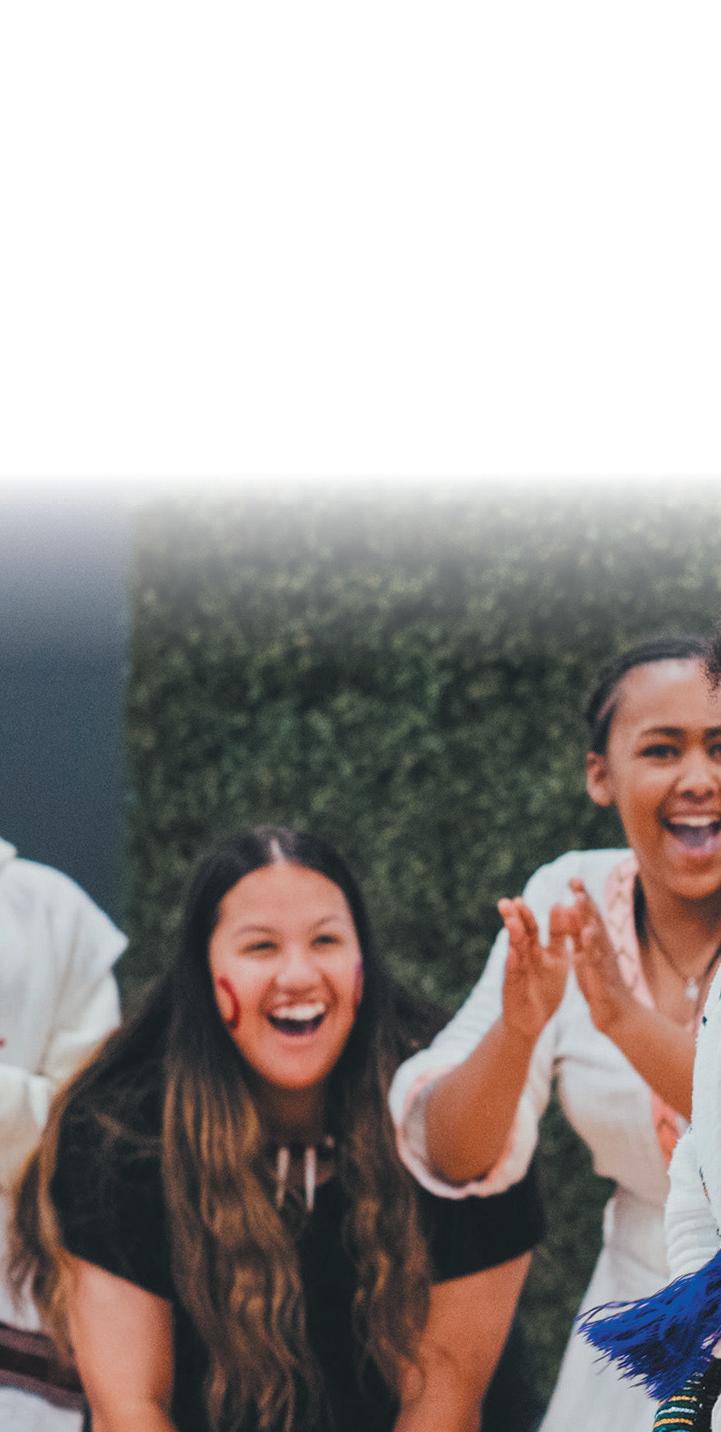

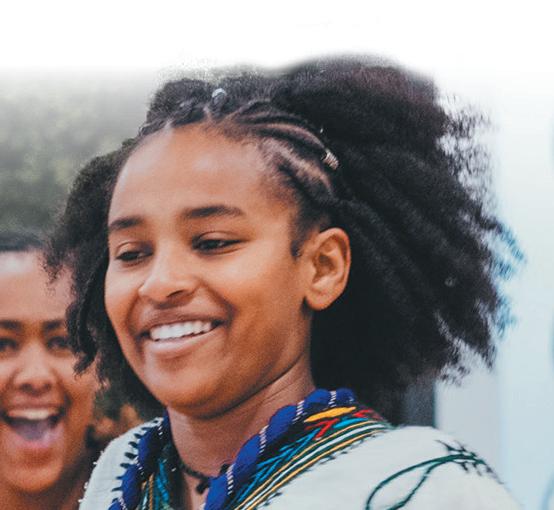


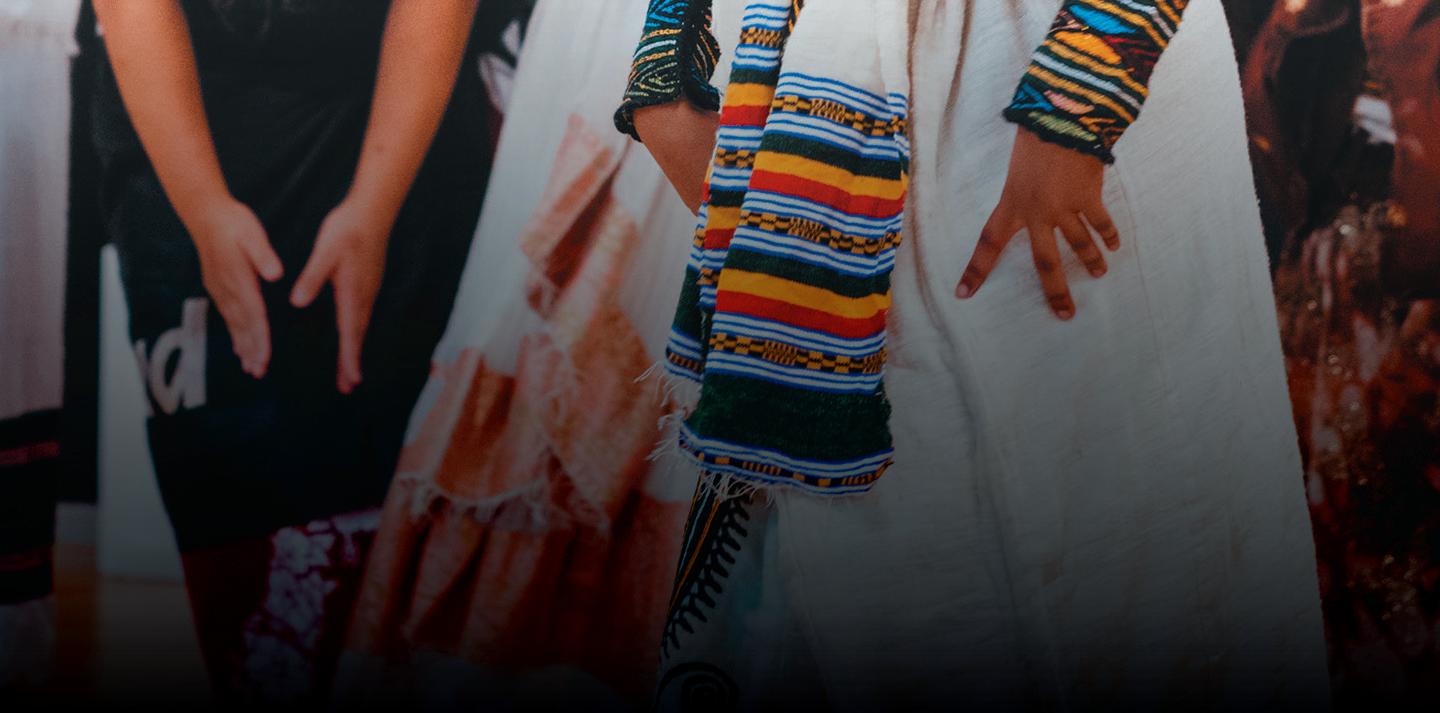
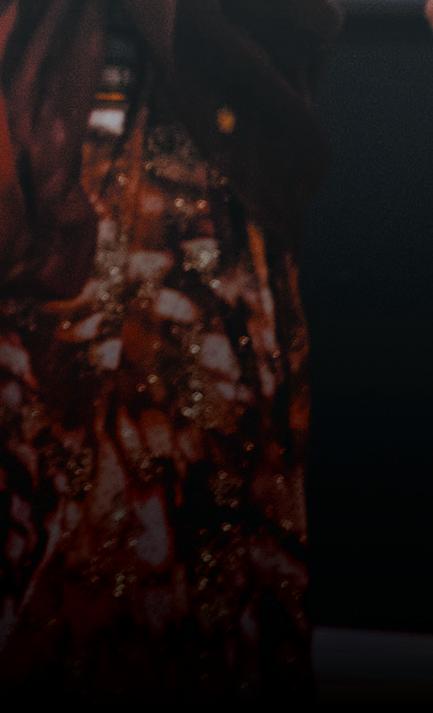
Aspire to Achieve
Strengthen the Community
Respect Ourselves and Others
Fr om day one, we will te ach your child
From one, we will teach your child how to a s pir e a nd succe e d. how to aspire and succeed.
together and continuously improve, and where students are guided to discover their talents, enjoy their educational journey and develop goals for their future.
Our vision is for students to be educated and enabled to Create the Future: their own future, their communities’ future and the global future.




S ca n her e to le a r n mor e a bout the r ich Scan here to learn more about the rich pr og r a m of le a r ning we of fer at program of learning we offer at VUSC.




SE AL r am S P ro gr


AVID & Study Skills Program
Deep Learning Pathway
Leadership Programs
STEM, Coding and Robotics
Music & Performing Arts
Debating Program
Rugby League Academy
Trade Training Centre
Wellbeing Programs and Support



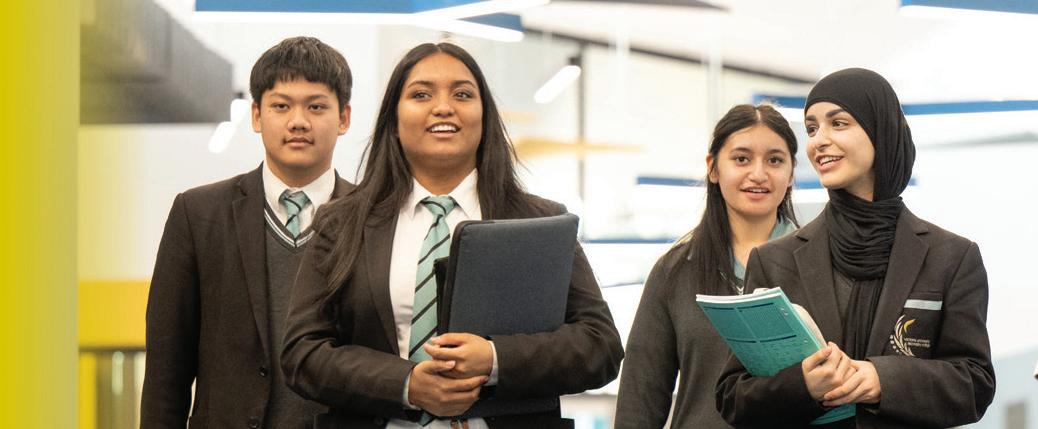

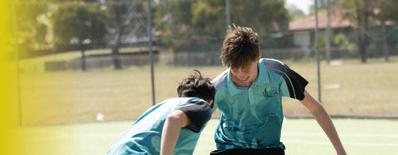
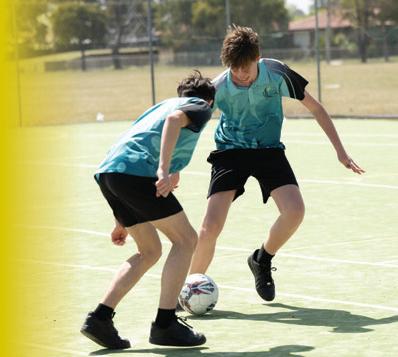
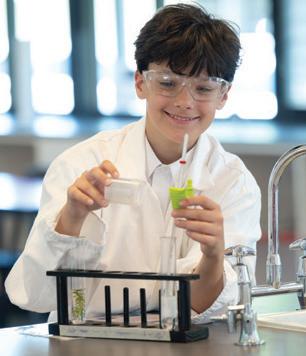
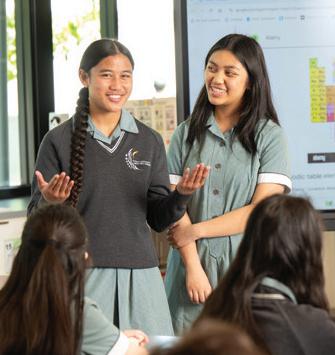
Winner of The Age Schools that Excel 2023 – Best Government School in Western Melbourne


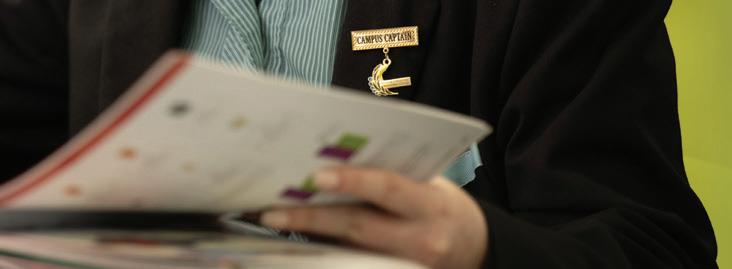





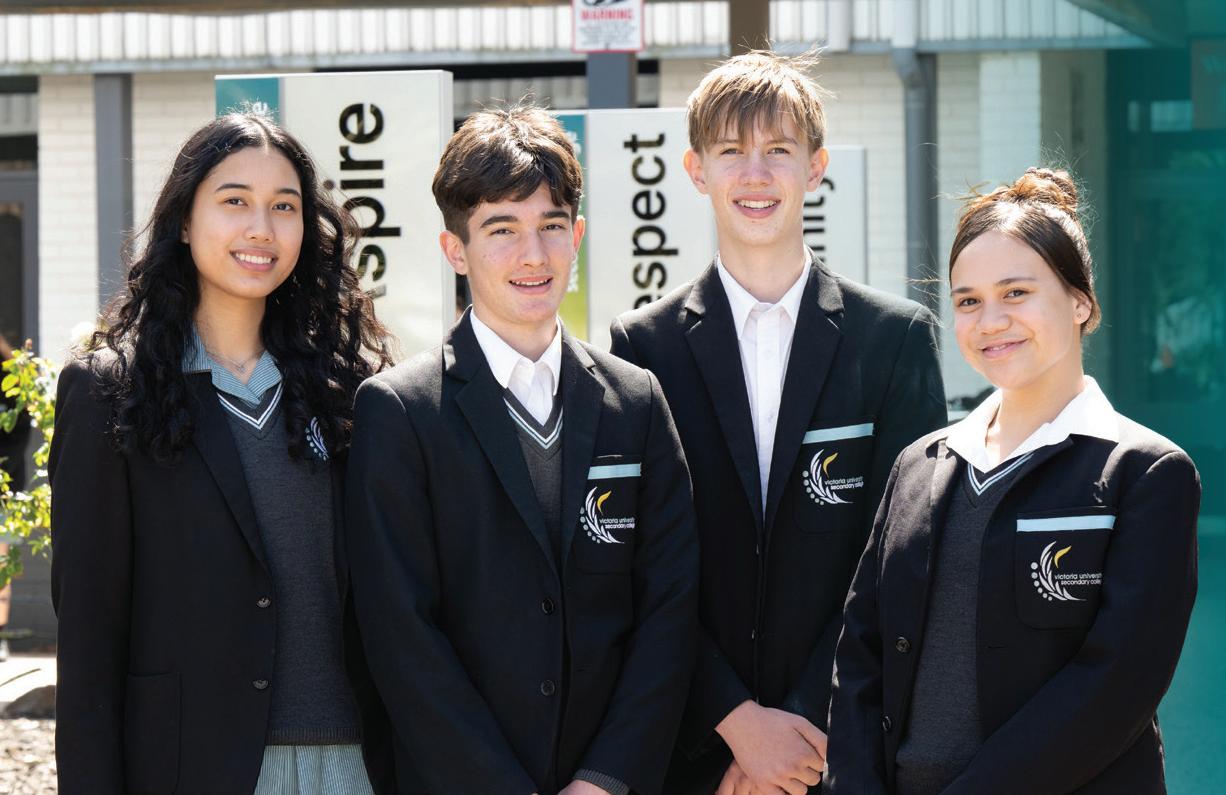





EDUCATION extends far beyond textbooks and classroom lectures. To foster wellrounded individuals, schools should encourage students to explore diverse interests and passions. Involvement in a variety of interest groups is a powerful means to achieve this goal. This piece explores the multifaceted benefits of students participating in various interest groups, from academic clubs to sports teams, arts societies, and community service organisations.
Academic Enrichment:
Participation in academic interest groups allows students to delve deeper into subjects they are passionate about. Whether it's a math club, science team, or debate society, these groups provide a platform for intellectual exploration beyond the standard curriculum. Students engage in discussions, research projects, and problem-solving activities, honing their critical thinking skills and expanding their knowledge base.
Skill Development:
Different interest groups cultivate a diverse set of skills that go beyond academic prowess. Sports teams foster teamwork, discipline, and physical fitness. Performing arts groups enhance creativity, selfexpression, and stage presence. Debating societies sharpen communication and persuasion skills. By participating in a variety of groups, students develop a broad range of competencies that contribute to their personal and professional growth.
Social Connection and Networking: Interest groups offer students the opportunity to connect with peers who share similar passions. These connections extend beyond the classroom, creating a supportive social network. Engaging in shared interests promotes a sense of camaraderie, belonging, and mutual encouragement. These friendships can extend into the future, creating valuable networking opportunities as students progress through their academic and professional journeys.
Leadership Opportunities:
Involvement in interest groups provides a platform for students to assume leadership
roles. Whether serving as a club president, captain of a sports team, or coordinator of a community service project, these experiences instill leadership qualities such as decision-making, delegation, and responsibility. The ability to lead and inspire others is a skill set that transcends academic achievement.
Joining a variety of interest groups allows students to explore different facets of their identity. They can discover hidden talents, passions, and interests that may not be apparent in the standard classroom setting. Exposure to a diverse range of activities facilitates personal growth, self-discovery, and the development of a well-rounded sense of self.
Balancing involvement in multiple interest groups teaches students crucial time management skills.
Juggling academic responsibilities with extracurricular commitments requires effective planning, organisation, and prioritisation. These skills are invaluable in preparing students for the demands of higher education and the professional world.
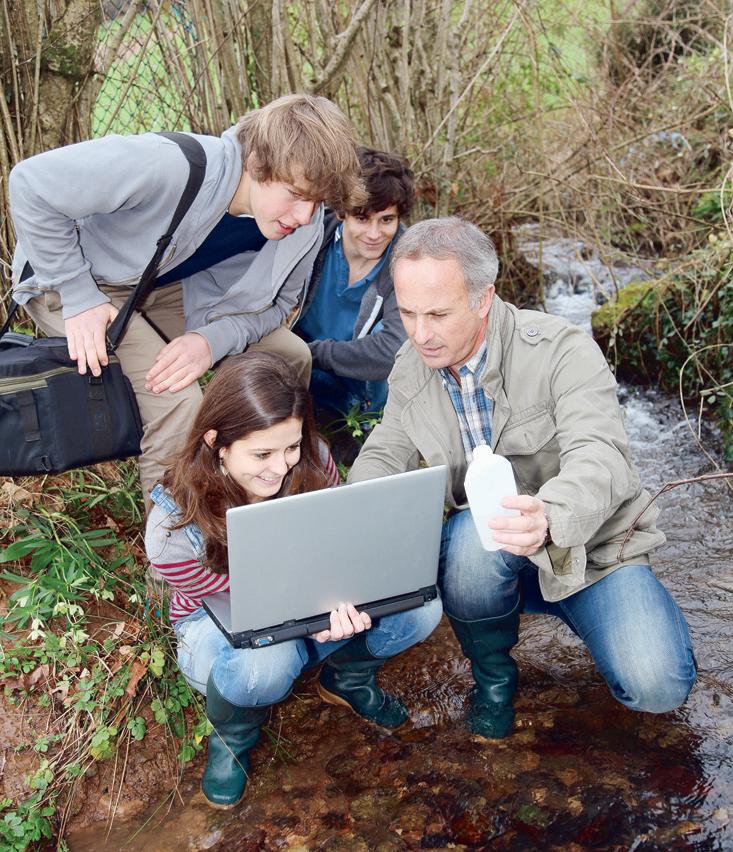
Participation in interest groups often translates into increased motivation and engagement with the overall educational experience. When students find joy and fulfillment in their extracurricular pursuits, they are more likely to approach their academic studies with enthusiasm. A sense of purpose derived from diverse interests can positively impact overall academic performance.
Exposure to Diversity and Inclusion:
Different interest groups bring together individuals from various backgrounds, fostering diversity and inclusion. Whether through cultural clubs, international exchanges, or collaborative projects, students gain exposure to perspectives different from their own. This promotes cultural awareness, empathy, and an appreciation for diversity, qualities that are essential in an interconnected global society.
Stress Reduction and Well-Being:
Engaging in a variety of interest groups can serve as a stress reliever. Hobbies and activities that students are passionate about provide an outlet for relaxation and enjoyment. This balance between academic and extracurricular pursuits contributes to overall well-being, reducing stress levels
and enhancing mental health.
Community Service and Civic Responsibility:
Participating in community service or volunteer groups instills a sense of civic responsibility in students.
Through initiatives like environmental clubs, charity organisations, or outreach programs, students learn the importance of giving back to their communities. This fosters a spirit of social responsibility that extends beyond their school years.
In conclusion, the benefits of students being involved in a variety of interest groups are multifaceted and profound. From academic enrichment and skill development to social connection, leadership opportunities, and personal growth, these extracurricular activities contribute significantly to the holistic development of individuals. Schools that actively encourage and support a diverse array of interest groups are not only fostering well-rounded students but also preparing future leaders, innovators, and contributors to society. Embracing the power of diversity in interests is a cornerstone in the creation of an educational environment that nurtures the full potential of each student.
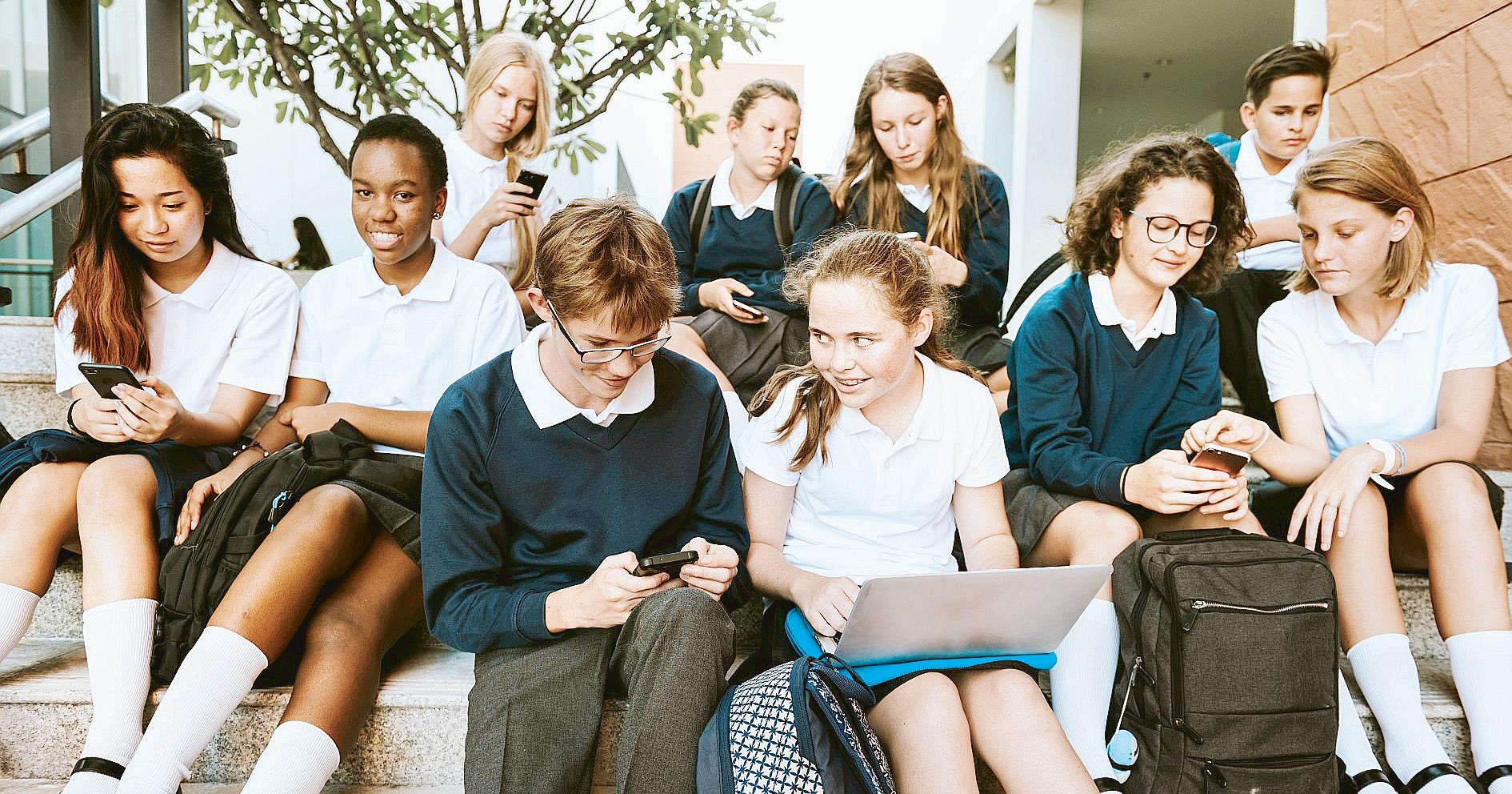
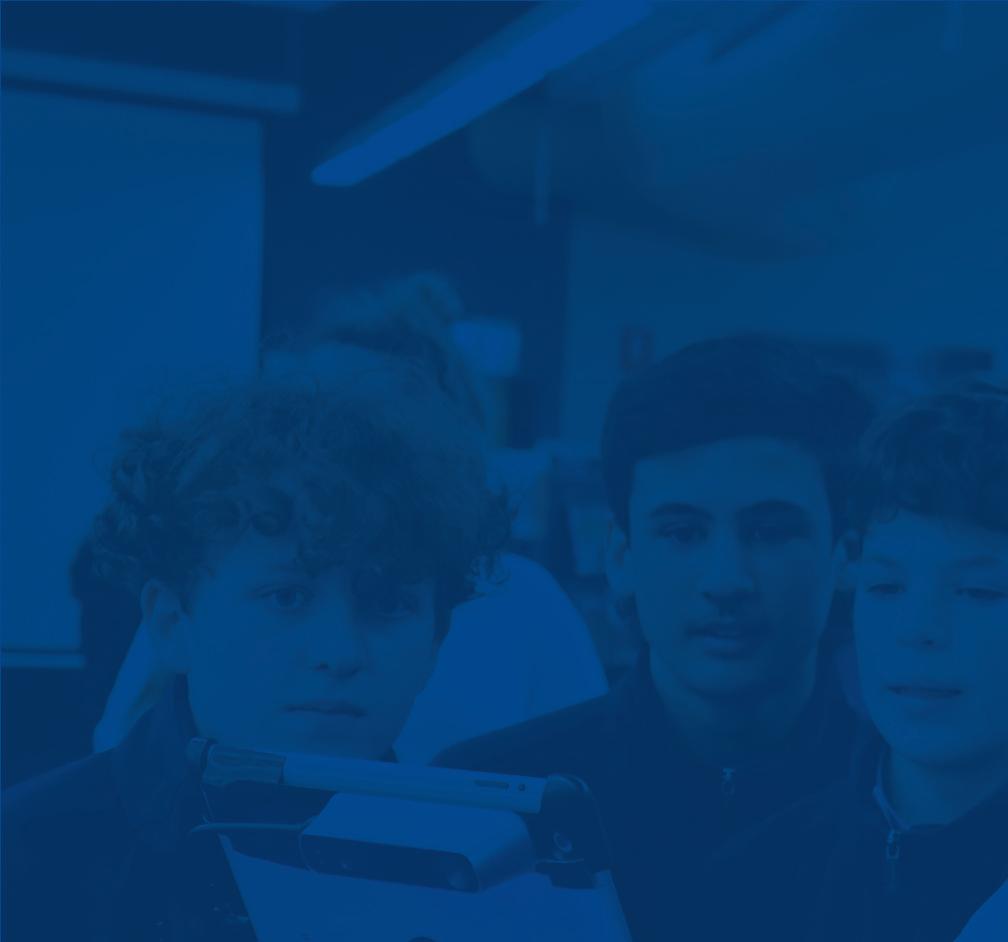

Since 1980, our school has offered its families quality educational programs that are student centred and are based on three core values:
• Excellence
• Respect
• Creativity

At Wheelers Hill Secondary College, we believe our core responsibility, as an educational institution, and as a learning community, is to ensure that all our students have the opportunity to achieve self-actualisation, which is the fulfilment of their unique talents and potentialities.

Each and every young person who enrols at our school has the right to achieve excellence in their learning; that they respect the rights of others to learn in a safe and inclusive environment, where respect is the cornerstone of all our actions. By nurturing personal wellbeing, students build the resilience and perseverance to harness creativity in a proactive and collaborative way for the betterment of themselves and the world around them.
We pride ourselves on being a school where your child will be known and supported by our teachers and educational support staff.
We offer an array of extra-curricular programs in the Arts, Leadership, High Ability Learning, STEM and Sports. We welcome International Students to our family.
Located within the long established residential housing estate of Wheelers Hill, we have an expansive and beautiful site with extensive open spaces.
If you have any questions about our programs or whether WHSC is the right place for your child, please don’t hesitate to contact us. We look forward to meeting you!
Fern Brisbane College Principal and Life Long Learner Wheelers Hill Secondary College
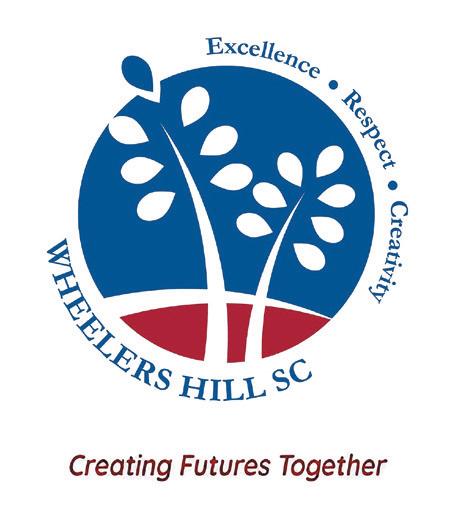

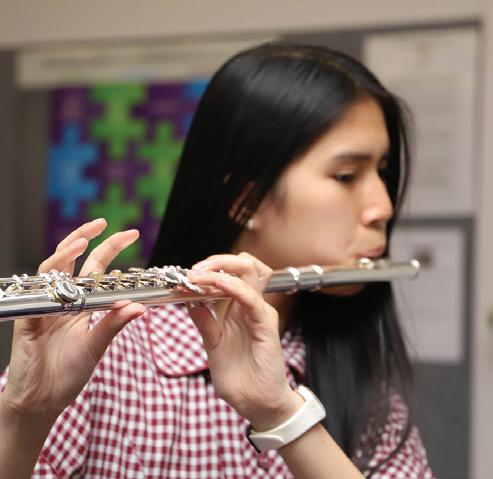



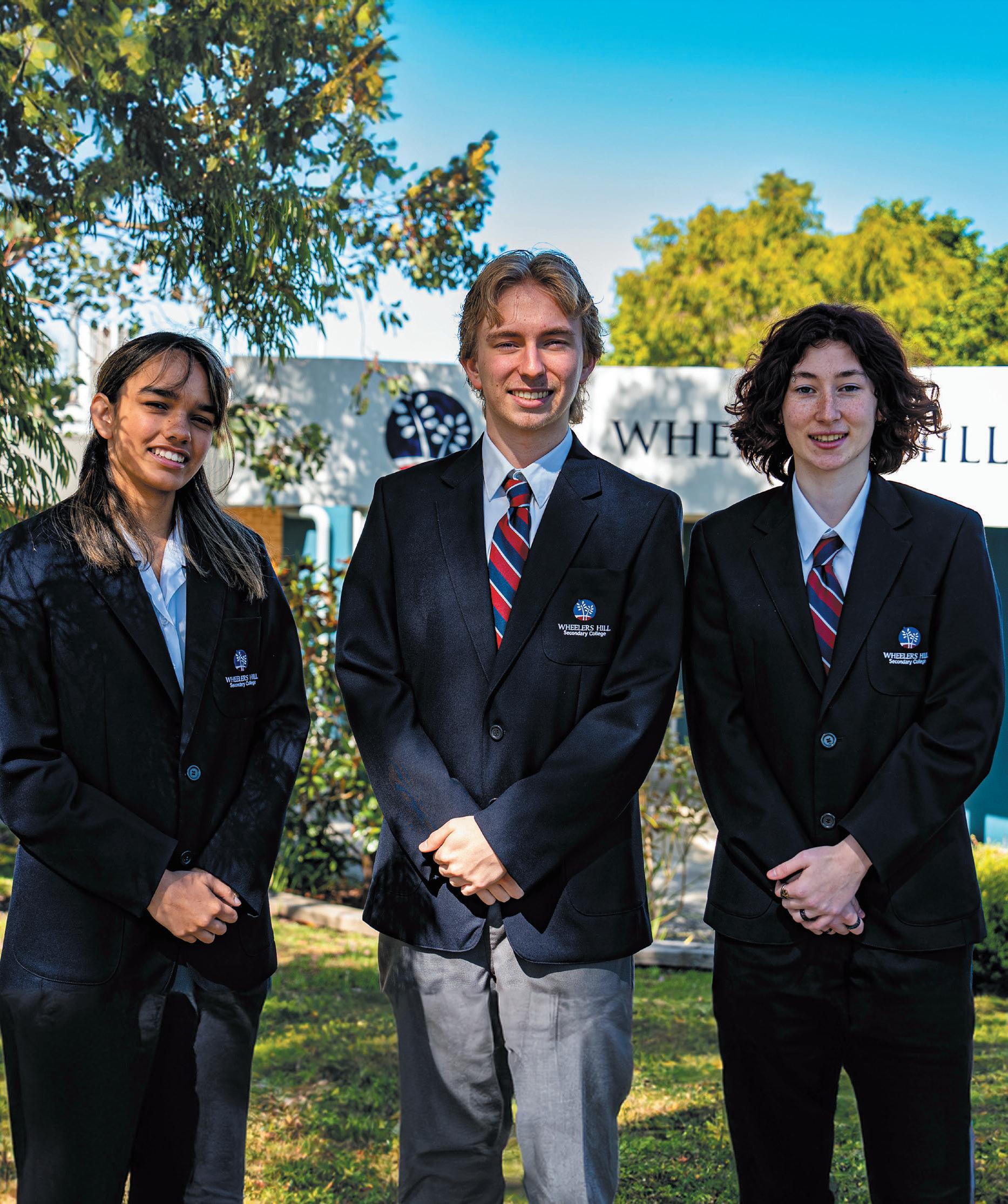
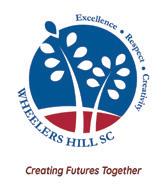
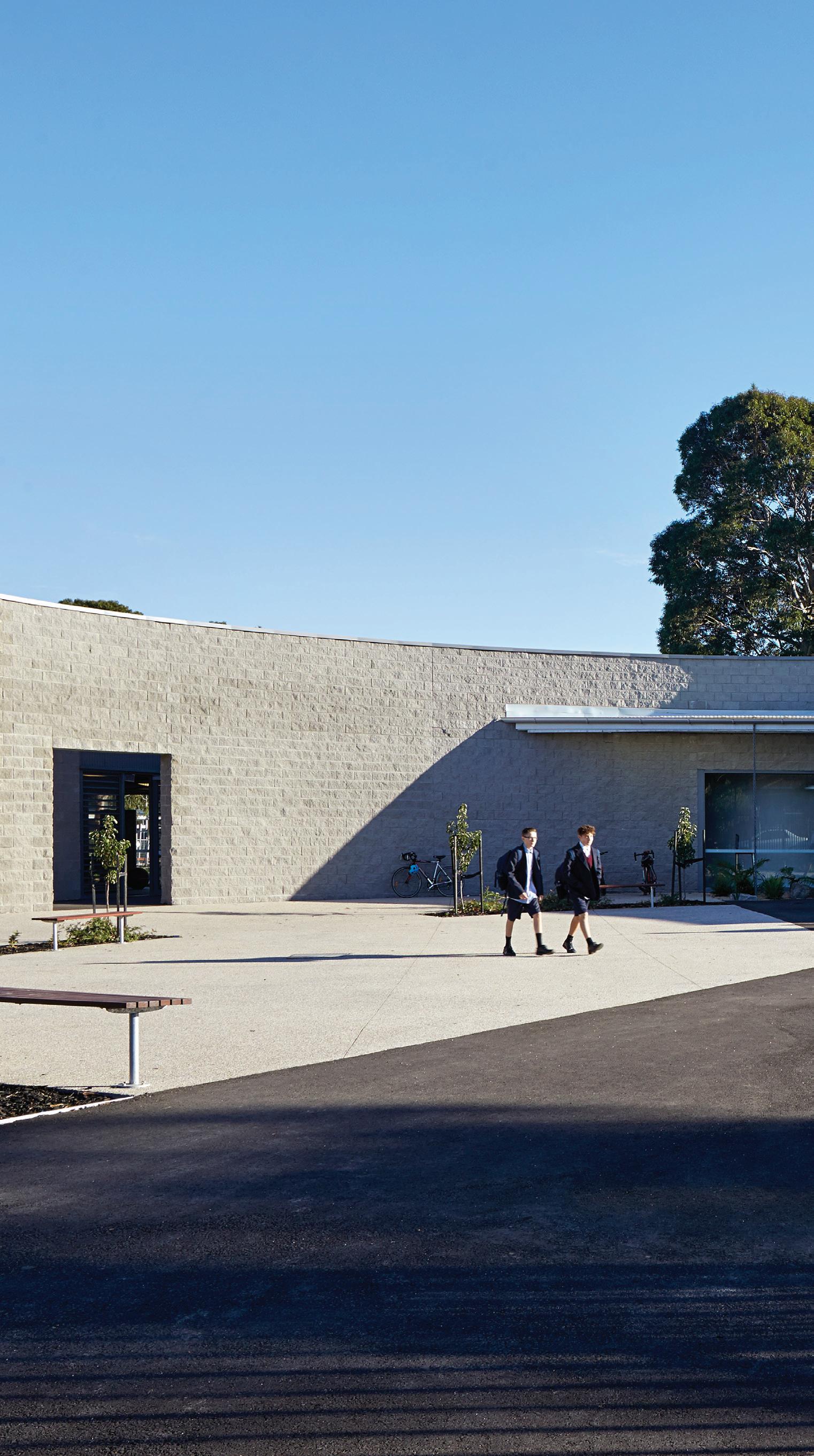
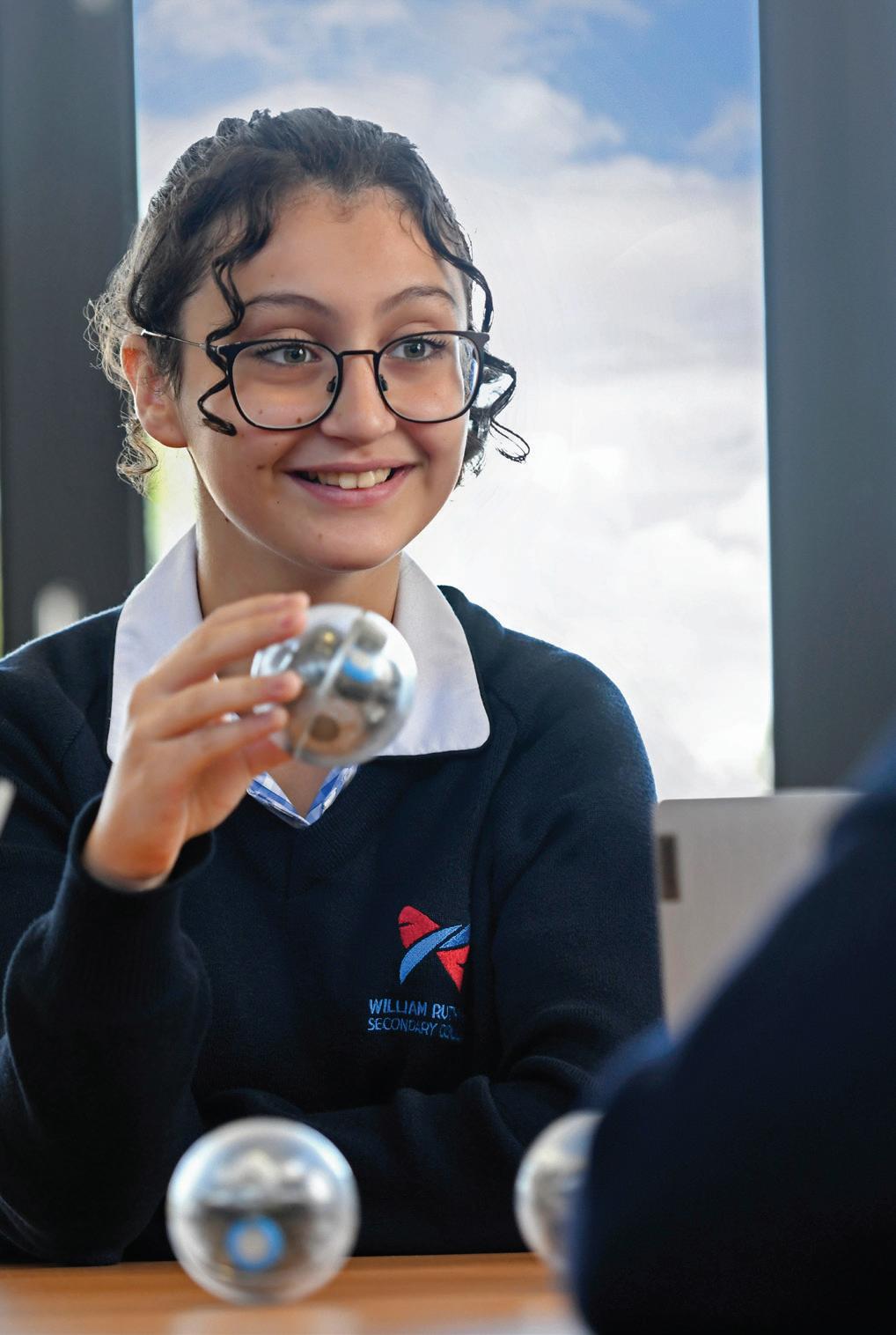
AS the first nationally recognized AVID Site of Distinction in 2019, Wyndham Central College is dedicated to preparing tomorrow’s leaders to be agile, innovative, and creative problem solvers through outstanding educational programs and teaching strategies.
A schoolwide program that employs researchbased, best teaching and learning strategies to actively engage students in their education. AVID equips all students with the tools, skills, and knowledge needed to succeed academically, prepare for university and careers, and become active global citizens.
Our STEM Academy features a curriculum designed by expert teachers and industry professionals. Students participate in cuttingedge programs including Robotics and Coding, Electronics, 3D Printing, Engineering, 3D Modeling, and Gaming. They collaborate with industry partners and Wyndham Tech School at Victoria University to gather and process data, solving real-life problems and addressing community issues.
Our Enrichment Program provides an optimal learning environment to address the unique social, emotional, and academic needs of talented students. It extends opportunities both within and beyond the classroom, with students developing a project each year that focuses on creating an authentic product or performance, fostering real-world excellence. Enrichment experiences are integrated into students’ existing programs, with extracurricular activities supporting talent development.
The Spanish Immersion Program fosters biliteracy, bilingualism, and biculturalism, preparing students to be global citizens fluent in Spanish. Students gain an appreciation for Spanish, one of the world’s most spoken languages, and its cultures, while engaging in a rigorous academic program that enhances their language skills
Wyndham Central College’s mission is to create opportunities for achievement and prepare all students for post-secondary education, skill development, and work readiness, enabling them to contribute as productive citizens in a global community.
and vocabulary through core subjects.
Football Development Program
Our Football Development Program supports students with a passion and talent for sports, helping them thrive and excel. Through expert coaching, rigorous training, and competitive opportunities, we nurture athletic skills and sportsmanship, empowering students to reach their full potential both on and off the field.
The Hindi Beacon School program is a comprehensive initiative backed by government commitment, recognising the growing Hindi-speaking population. Awarded after a competitive process, we are the only school in the southwest to receive this honour. The program promotes the Hindi language and culture, incorporating festivals and cultural activities to enhance students’ linguistic skills and cultural connection, preparing them to be competent global citizens.
Wyndham Central College’s mission is to create opportunities for achievement and prepare all students for post-secondary education, skill development, and work readiness, enabling them to contribute as productive citizens in a global community.

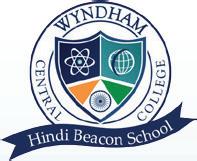
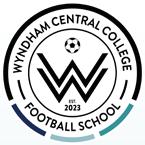
AVID’s Mission is to close the achievement gap by preparing all students for University readiness and success in a global society.






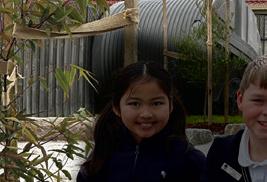
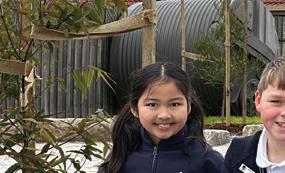





Whether you are seeking information about a particular school in your area or are looking for a school for your child, then this site is for you.




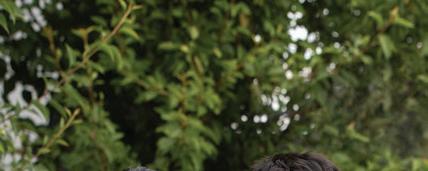



















Several frequently asked questions have been answered and if you have a question that hasn’t been addressed then send it to our team for their input.
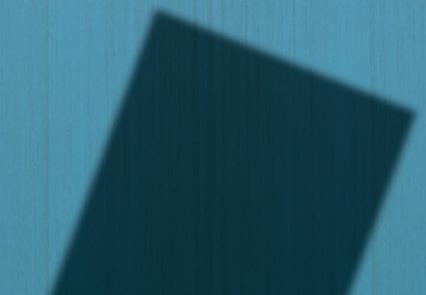
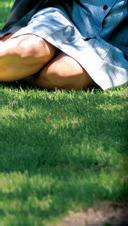
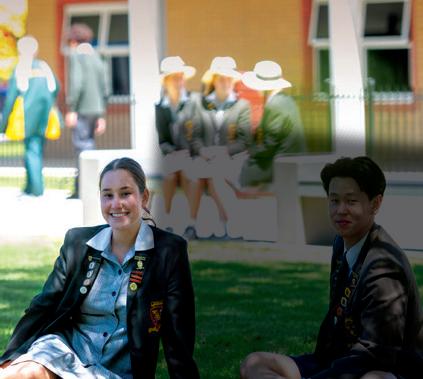






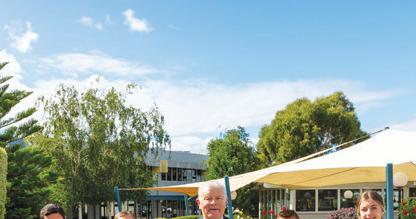


Check out the many interesting stories on students and their achievements, while many other educational issues have also been featured.





Google Analytics
21 May 2022 - 22 May 2023 (12 months)
• 15,079 users
• 14,498 New Users
• 16,965 Sessions
• 28,345 Page Views
• 9.6% people were returning visitors
• 90.4% New Visitors For











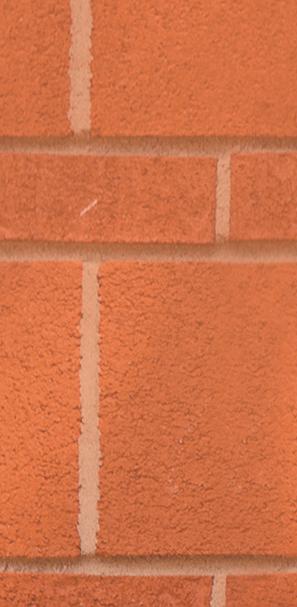





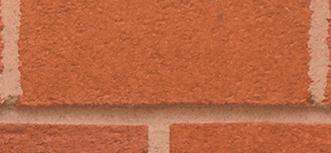
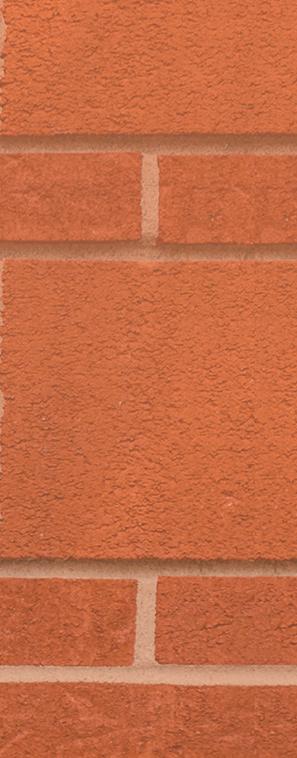

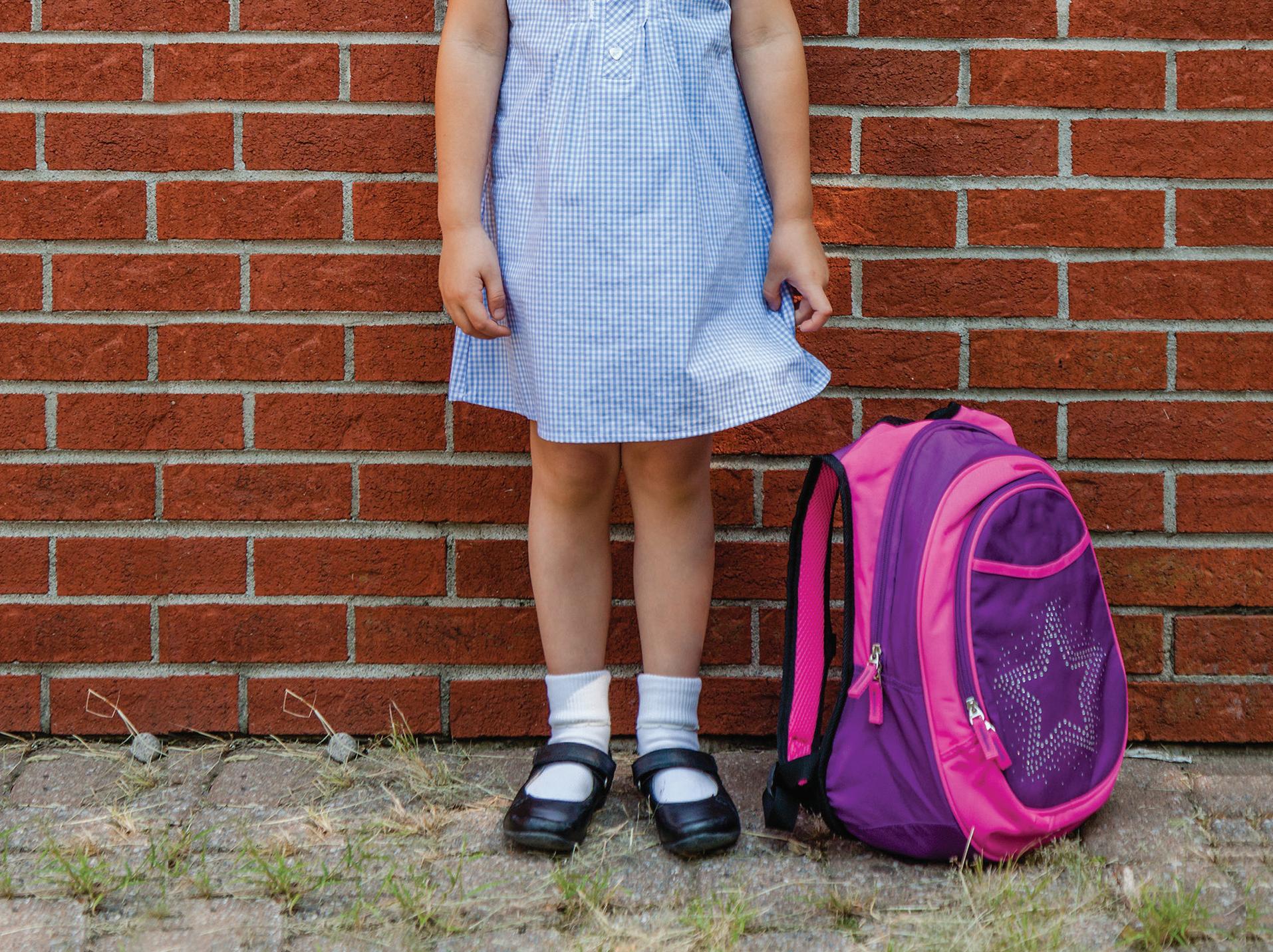

NESTLED in a quiet pocket of the Western Suburbs, Albanvale Primary School is a vibrant learning community delivering excellence in education. Our student-centred approach to teaching and learning aims to engage each and every child in a rich and innovative curriculum, with a focus on Literacy, Numeracy and STEM, to prepare students with the skills needed for success now and into the future.
Our focus on success begins before our future students join the classroom through our innovative Head Start Program. Every student who enrols at Albanvale Primary School is invited to our Head Start Program for free. Beginning in May, children work in small groups led by our expert staff once a week to engage in learning on phonics, letters, and numbers while practicing the skills necessary for school readiness.
All classrooms are equipped with current technology to unlock a 21st-century learning environment. Each student has access to their own laptop, enabling eLearning tools to be integrated across learning domains and prepare students for their future.
Albanvale Primary School embraces diversity, recognising that students learn in different ways and provide individualised learning pathways to allow for students to optimise their success in the classroom. We
aim for significant, measurable growth in learning for each student.
Staff at Albanvale Primary School work together in research-backed Professional Learning Teams to collectively meet the individual needs of students from across the 15 multi-age classes in operation. Our school leaders, alongside teachers and support staff, commit to working collaboratively with a clear and shared focus to improve student learning and wellbeing.
We empower our students as the leaders of tomorrow by engaging them in the Young Leaders program to enhance their personal and public leadership capabilities while providing them with a sense of purpose and civic-mindedness. Students apply their leadership capabilities to give back to the Albanvale Community through a range of opportunities within and beyond the school. Our amazing school leaders facilitate fortnightly assemblies and represent the student voice within the school through a range of projects including the Junior School Improvement Team (JSIT) which work with teachers to focus on the student experience while at Albanvale Primary School.
At Albanvale we embrace diversity and individuality, providing each child with every opportunity for success. We believe that together, every student can achieve excellence.
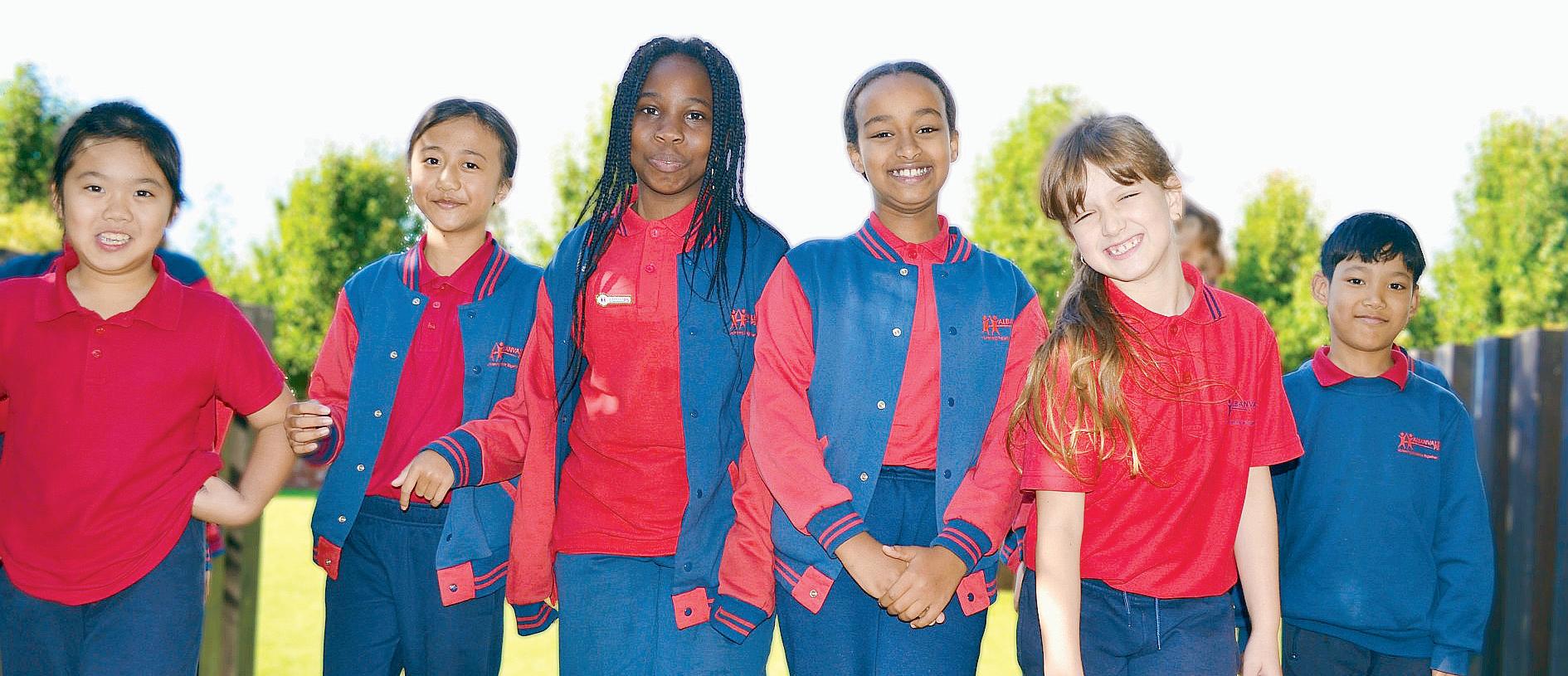
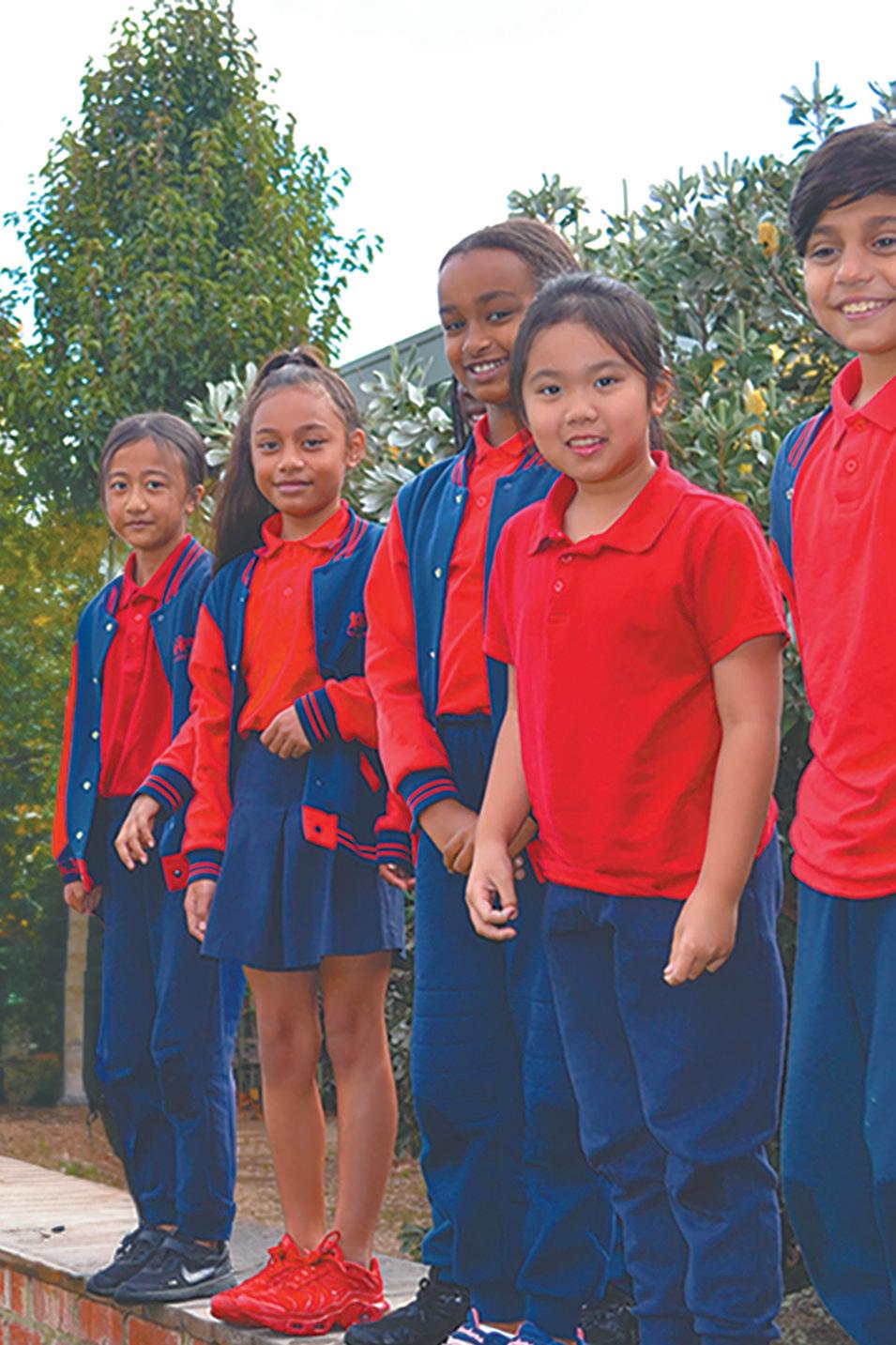

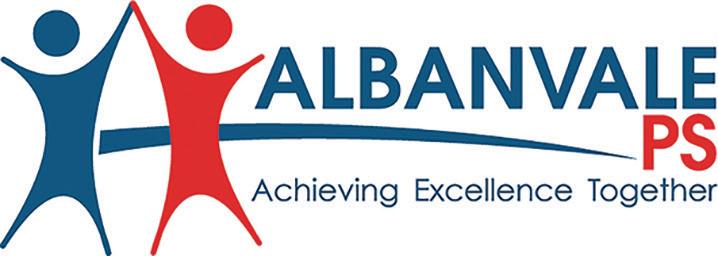

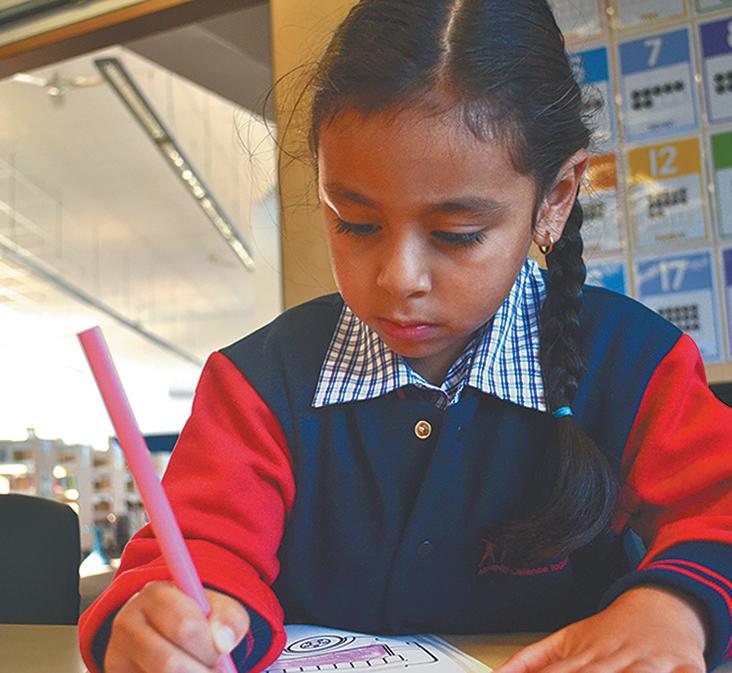

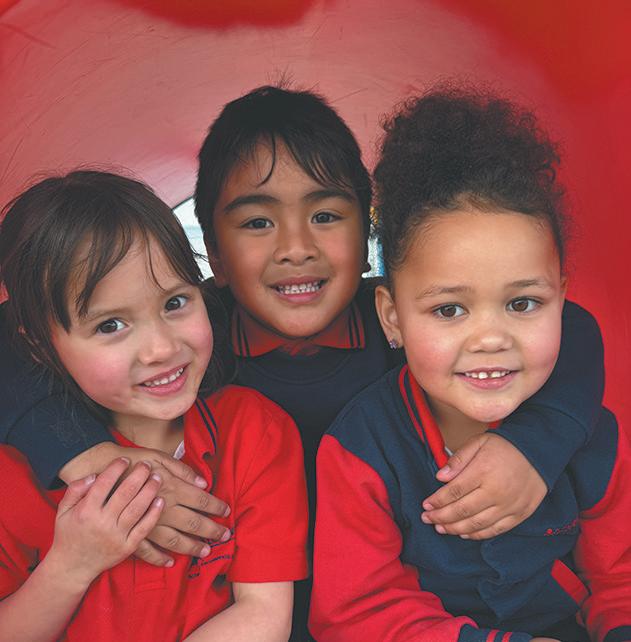

OUR objective at Banyan Fields Primary School is to ensure that every student learns to thrive within a culture that balances high expectations with individual adjustments and supports for every student.
We have a strong team of teachers, integration aides and administration officers, and each member brings their own individual area of strength and expertise that then contributes to the collective.
In recent years, our focus has been on ensuring that our universal approaches to teaching, learning and wellbeing are based on internationally recognised best practice.
We continually monitor and evaluate our work to ensure it is meeting the needs of our community.
Students engage in a range of specialist subjects including Health & PE, Auslan, Visual Arts, Music, STEM (Science, Technology, Engineering & Maths), and Student Empowerment.
They have an option of attending Calm Club during playtimes and engaging in camps, excursions, swimming lessons and student leadership opportunities.
We have a strong team of teachers, integration aides and administration officers, and each member brings their own individual area of strength and expertise that then contributes to the collective.
Our learning spaces are well-organised and designed to maximise the engagement of the students.
The play areas are spacious and well maintained, ensuring the students have access to a range of different experiences to help them regulate and prepare for their next learning session.
If you would like to find out more about Banyan Fields Primary School, please visit our school website: www.bfps.vic.edu.au
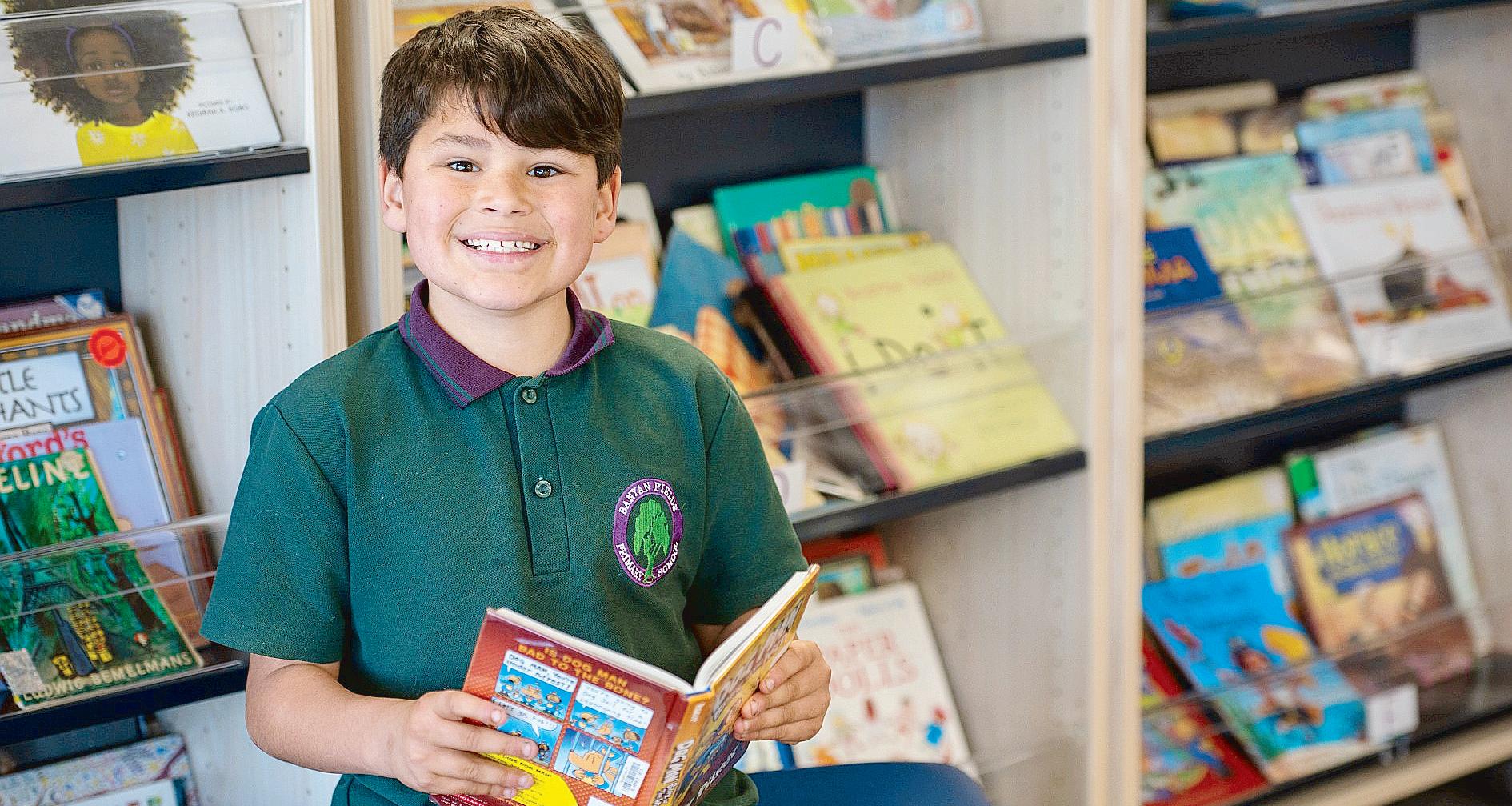
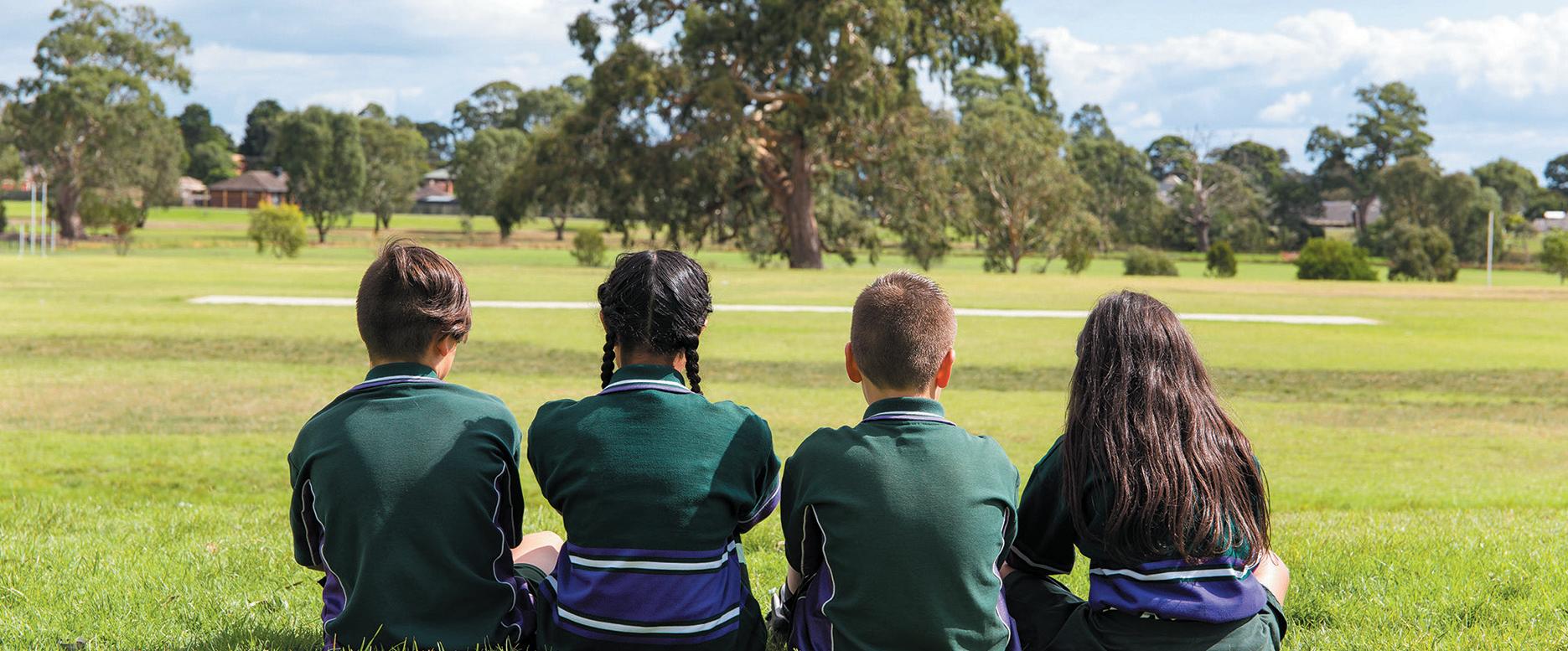


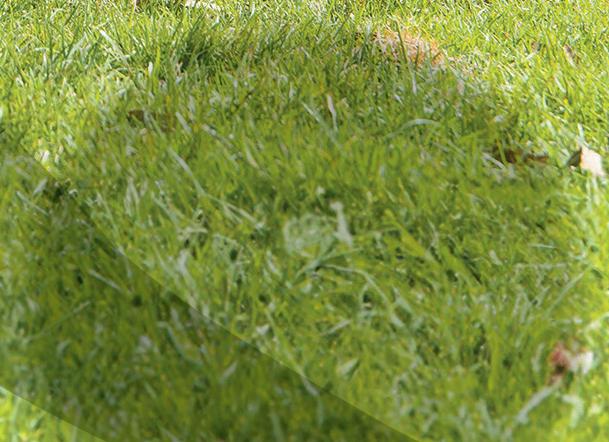





We promote learning excellence through quality teaching and learning experiences.
and our programs tha Education, STEM (Science & Visual Arts, Mus and Auslan, add to the co

Our classrooms are exciting places for students to learn and our specialist programs that include Health and Physical Education, STEM (Science, Technology, Engineering & Maths), Visual Arts, Music, Student Empowerment and Auslan, add to the comprehensive educational opportunities on offer to our students.







Banyan Fields Primary School 90 Cadles Road, Carrum Downs. Victoria, 3201 03 9782 1333
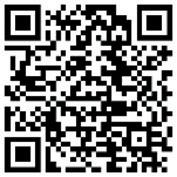
www.bfps.vic.edu.au BanyanFields
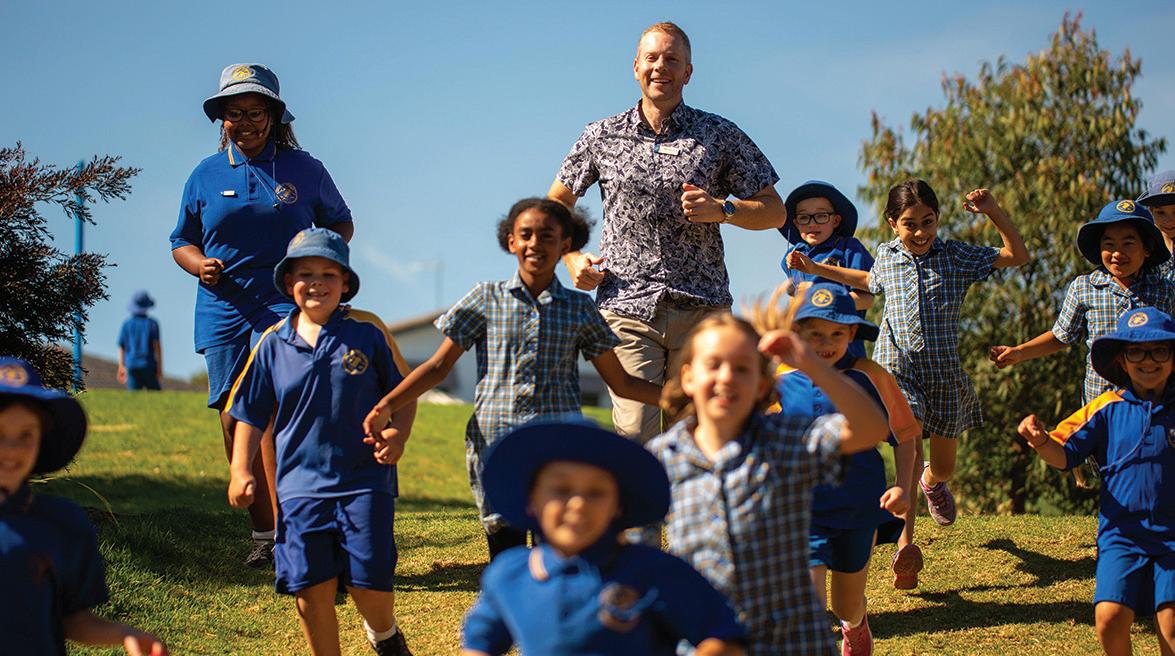
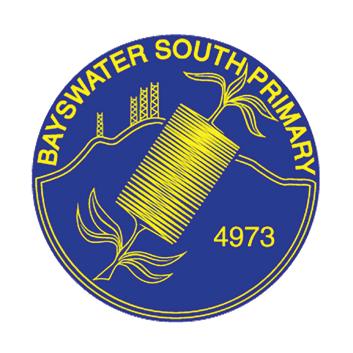
ADDRESS
Enfield Dr, Bayswater VIC 3153 (03) 9729 2862
Principal Mr Bret Mottrom
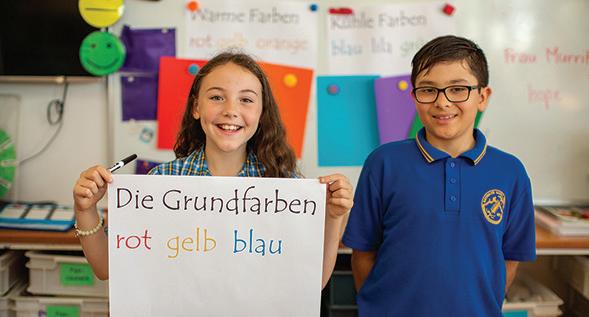
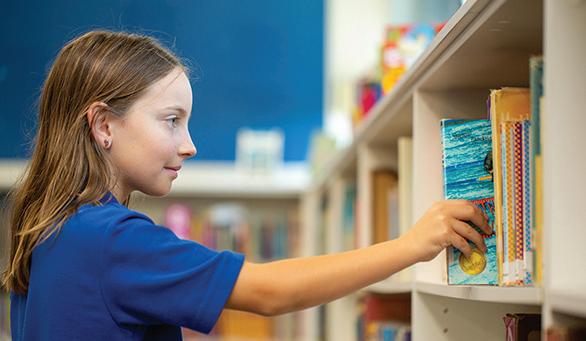
BAYSWATER SOUTH PRIMARY SCHOOL
www.baysouthps.edu.au
Bayswater South is a co-educational Government School in the Eastern suburbs of Melbourne. One of the few truly bilingual primary schools in Victoria, we have a proud history of over 30 years of delivering a unique English/German bilingual program.
Our mission is to embrace diversity and develop global citizenship through a vibrant learning community. We do this using our three pillars – Bilingual Education, IB – Primary Years Programme and a schoolwide approach to Wellbeing; leading the way in best practice teaching and learning, with a focus on supporting the academic progress and personal development of each student.
This difference, or addition, to a standard Government school education, is what makes us stand out as a leading choice for your child’s education.
Why bilingual?
We strongly believe that every child deserves a bilingual education.
Language teachers and educational psychologists have long held the view that learning another language increases and enhances students’ deductive and problemsolving skills. Having frequent practice in working out meaning, making links, and drawing conclusions in the language class, enhances these skills in a broader sense, in other areas of the curriculum and in life in general. Knowledge of more than one language has long-term cultural, social and economic benefits. Tolerance, respect and cooperation are all improved through bilingual education, while being bilingual enhances future job prospects.
What is the IB – Primary Years Programme?
Bayswater South Primary School is proud to be an accredited IB World School offering the Primary Years Programme (PYP).
At Bayswater South we align our vision and mission with that of the IB, in which we strive to, ‘develop inquiring, knowledgeable
and caring young people who help to create a better and more peaceful world through intercultural understanding and respect’.
As a bilingual school, we are in the unique position within Australia to develop students who are multilingual, internationally minded and who are driven to take action in the local and global community.
Our school’s curriculum framework encompasses that of the Victorian Curriculum, the IB PYP Curriculum and Bilingual Education.
At Bayswater South Primary School, we value student voice, student engagement and connectedness of students and their families from Foundation to Year 6. We are:
Bayswater South Primary School fosters strong relationships with the local German community as well as other organisations and benefits from the support of a vibrant and engaged parent community. With the ongoing contributions from our parents and local partnerships, we have been able to provide playgrounds, learning spaces, Chaplaincy, Connect Groups and a newly formed ‘German Café’, with further development to follow.
Led by students
A highlight of life at Bayswater South includes the opportunity for all students from Foundation to Year 6, to lead the school. From SRC, to student-led assembly, to student input in their learning experiences, our students develop as team playing, confident young individuals, who live out our school values of Respect, Empathy, Honesty and Teamwork. We warmly invite you to take a tour of our school, to learn more about the benefits of an education at Bayswater South Primary School.




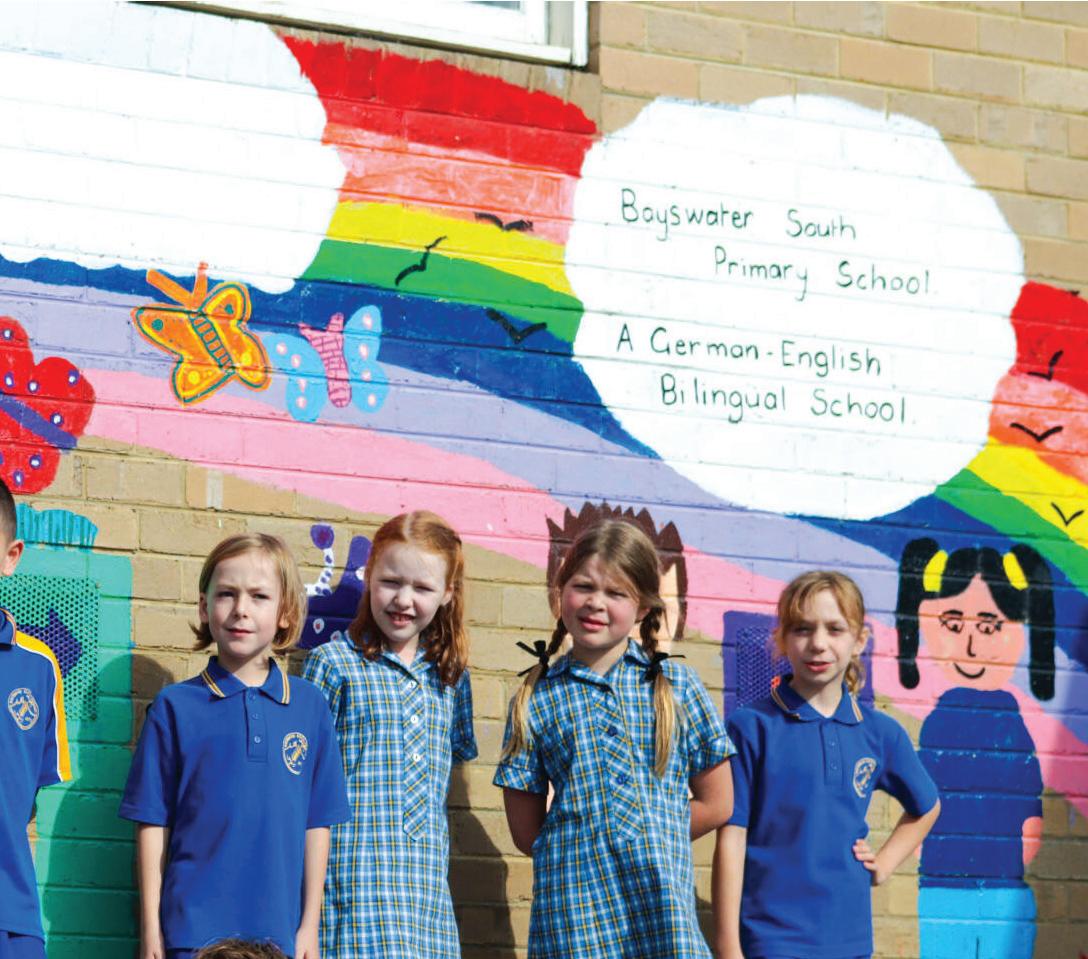
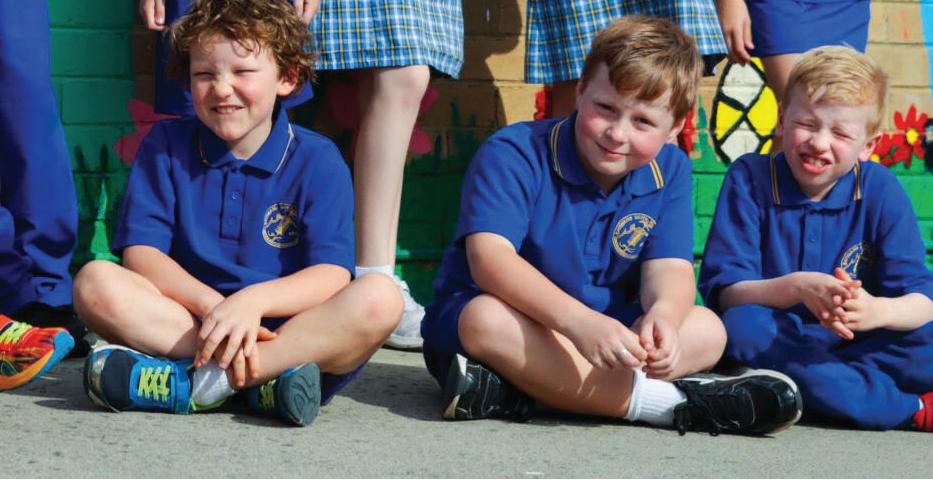


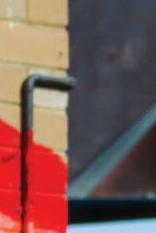








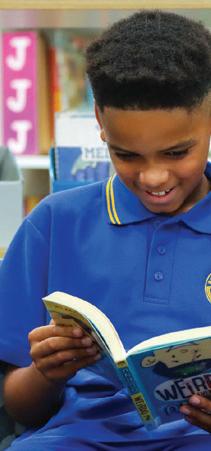
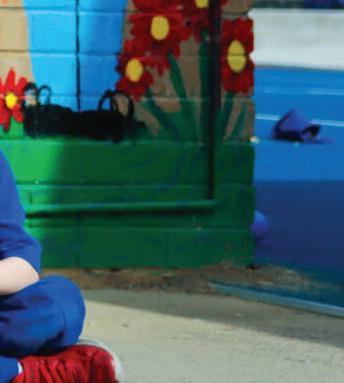
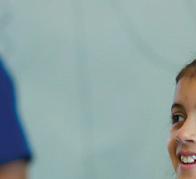

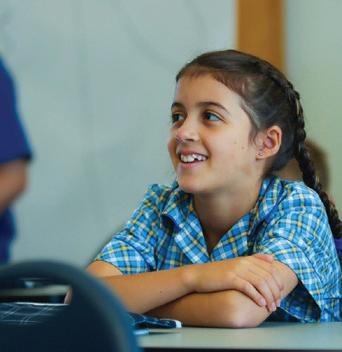
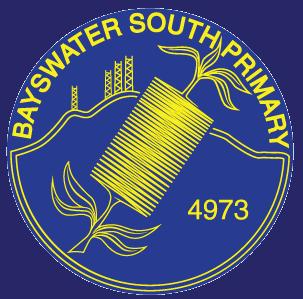

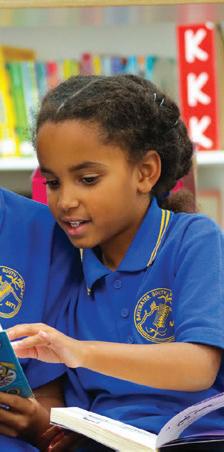
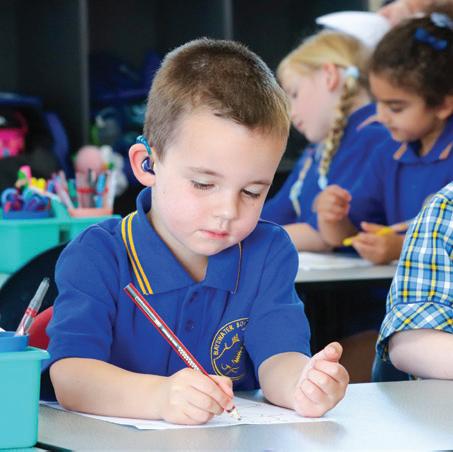

PLAY is not just a pastime for children; it is a powerful tool for learning and development. Small children are like sponges, constantly absorbing information from their environment. Through play, they engage their senses, explore their surroundings, and make sense of the world around them. It is through play that they acquire new skills, develop their cognitive abilities, and build important social and emotional connections.
One of the primary ways children learn through play is by engaging in imaginative and pretend play. Whether it’s playing house, pretending to be superheroes, or hosting a tea party, children use their imaginations to create scenarios and take on different roles. In doing so, they develop their creativity, problemsolving skills, and cognitive flexibility. They learn to think outside the box, generate ideas, and make connections between different concepts.
Play also provides opportunities for children to develop their physical skills and coordination. Whether it’s running, jumping, climbing, or throwing a ball, physical play allows children to refine their motor skills, balance, and coordination. They learn about their bodies and what they are capable of, building strength and agility along the way. By engaging in active play, children also develop their spatial awareness and gain an understanding of cause and effect.
Play fosters social and emotional development. Through play, children learn to navigate social interactions, negotiate, and cooperate with others. They develop their communication skills, both verbal and nonverbal, as they engage in play with their peers. They learn to take turns, share, and resolve conflicts, all of which are crucial skills for building positive relationships. Play also provides an outlet for children to express their emotions, process their experiences, and develop their emotional intelligence.
Play-based learning is also effective in facilitating language development. Children engage in conversations, express their thoughts, and expand their vocabulary through play. Whether they are engaging in role play or storytelling, they are actively using language to communicate and make sense of their experiences. Play-based learning provides a
It is through play that they acquire new skills, develop their cognitive abilities, and build important social and emotional connections.
context for children to practice language skills and develop their verbal communication abilities.
Play is intrinsically motivating for children. When they are engaged in play, they are naturally motivated to explore, discover, and learn. Play allows them to take ownership of their learning, follow their interests, and make choices. This autonomy and sense of control over their learning process boosts their selfconfidence, curiosity, and intrinsic motivation.
Play is a crucial avenue through which small children learn and develop. It encompasses imaginative play, physical play, social play, and more, offering a holistic learning experience. Through play, children acquire skills, foster creativity, build social connections, and develop emotionally. As caregivers and educators, it is important to recognise the value of play and provide children with ample opportunities to engage in play-based learning, allowing them to thrive and reach their full potential.

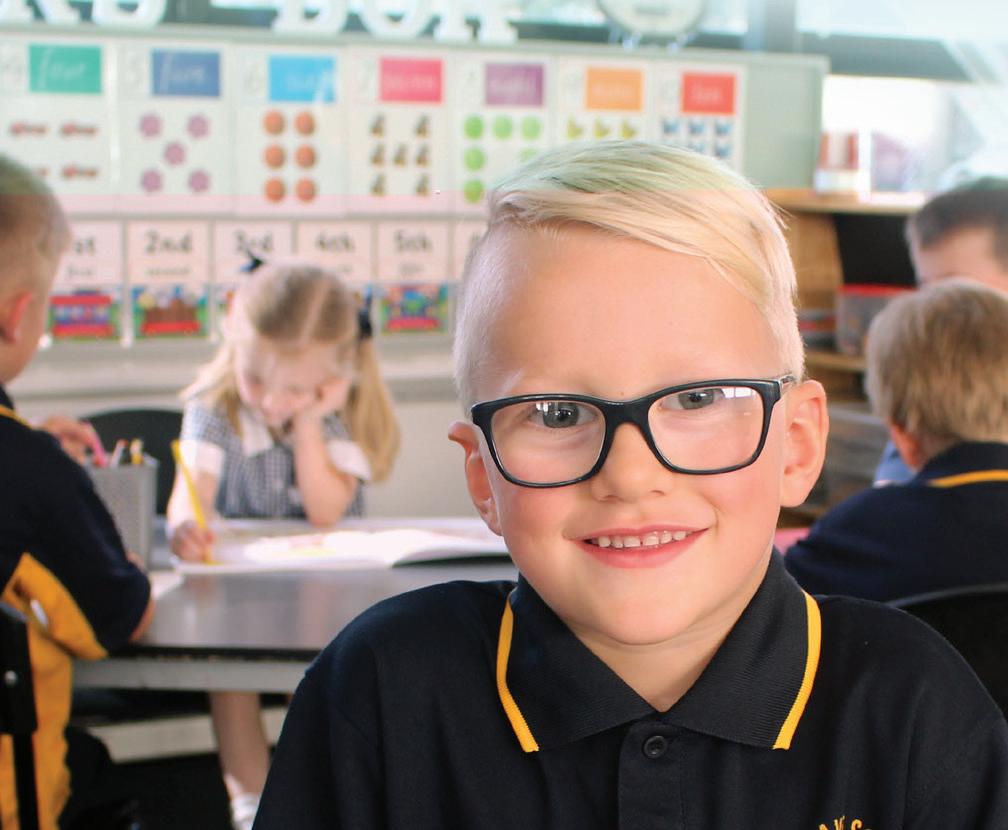
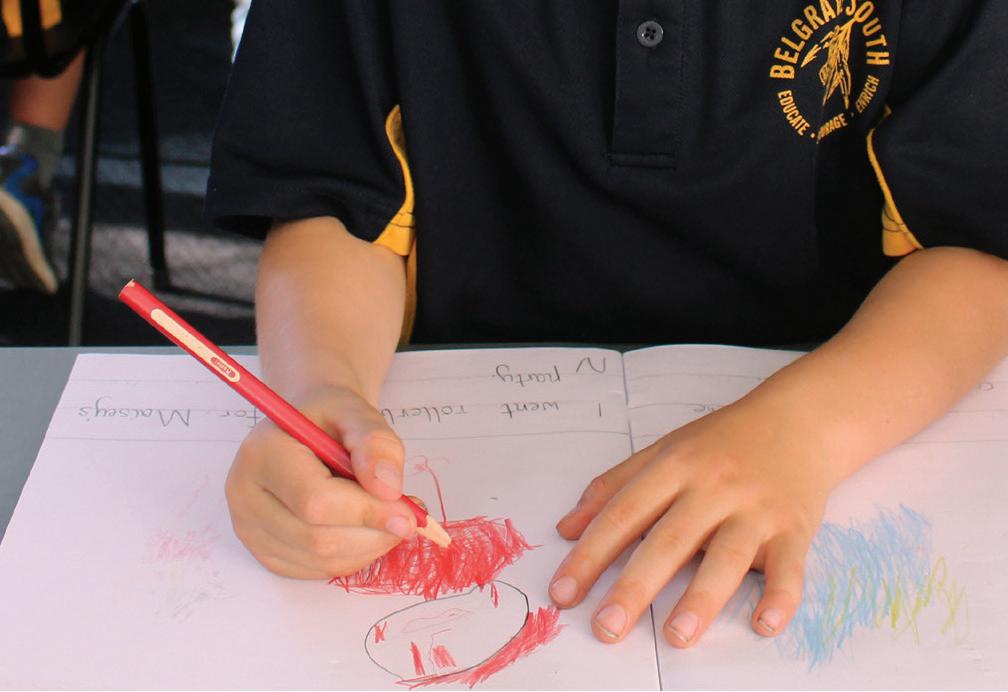
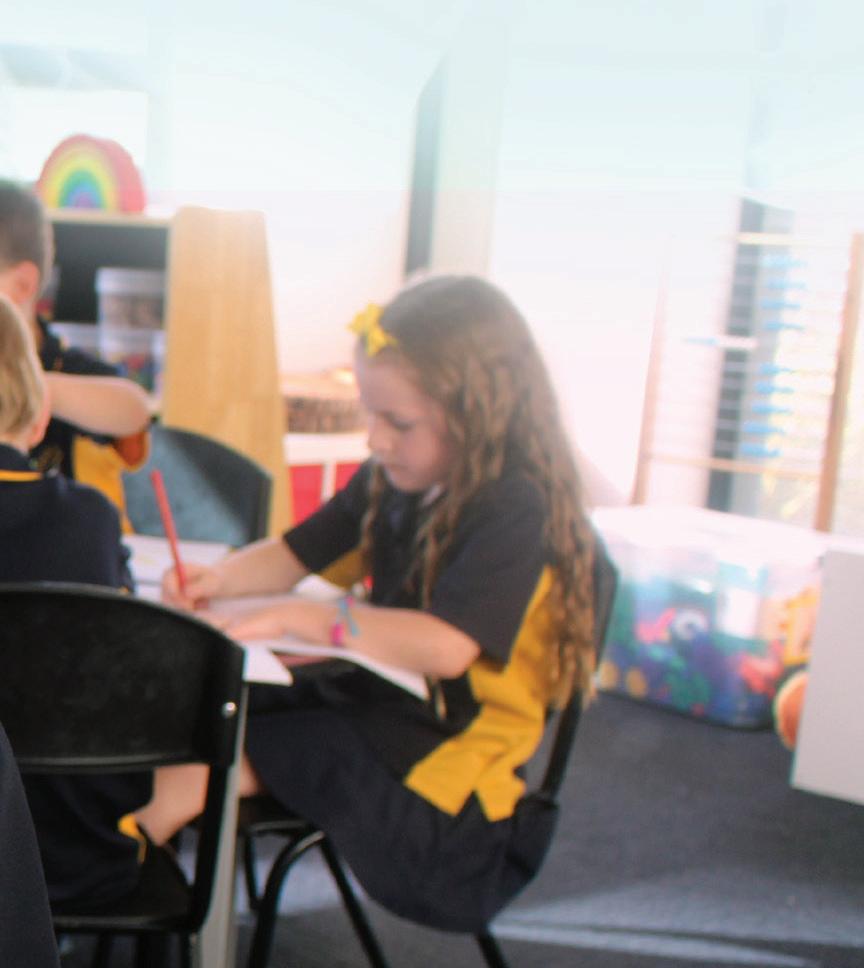
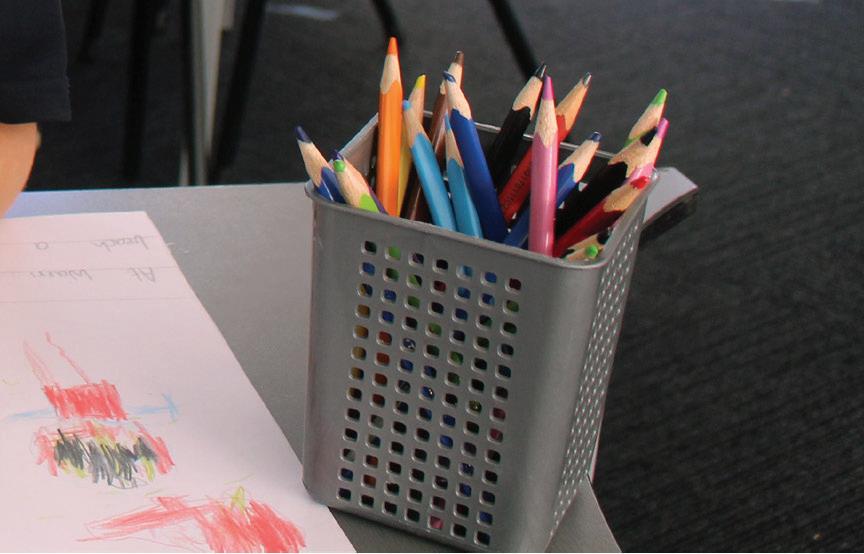
Our Vision
TO create lifelong global learners who are prepared for their future and who will strive to continually improve themselves, their community and the world.
Our Mission
To foster a safe and stimulating learning environment where all students will be supported to achieve their full potential academically, socially and emotionally.
Warm greetings to you, and I thank you for taking an interest in Belle Vue Primary School for your child. Belle Vue Primary School is a small school with a big heart, situated in Balwyn North with spacious, well-maintained grounds, and well-equipped facilities. Belle Vue Primary School has been providing high quality education for over 60 years and we have some exciting changes in the years ahead, that we would love you to be part of. We believe that every child has the right and capacity to learn and succeed. Belle Vue Primary School consistently achieves exceptional academic results, whilst ensuring to meet the wellbeing needs of all our students.
My priority as principal is to ensure our students are supported and encouraged to achieve their very best. One of the key enablers of improving student health, wellbeing and learning outcomes is through a sustained and strong Home-School Partnership. At Belle Vue Primary School, we take pride in a strong culture of community support and engagement, which fosters partnerships between students, staff, parents and the local community. We believe it is vital to build links with our community and know our students and their families.
We are proud to offer a vibrant and engaging curriculum from knowledgeable and experienced teachers. We ensure our students are challenged, supported and encouraged with an inclusive curriculum to meet their learning and wellbeing needs. Our Belle Vue Additional Support and Enrichment (B.A.S.E.) Program provides targeted and differentiated learning programs. We offer a wide range of experiences and educational opportunities, so all students can experience success.
Our school takes pride in its strong community connection, which fosters partnerships between students, staff, parents and the local community. The school believes it is vital to build links with our community and know our students and their
We pride ourselves on offering a successful pre-school to primary school transition program.
families.
We pride ourselves on offering a successful pre-school to primary school transition program.
We understand that starting Prep is an important step for your family and we have programs in place to ensure a smooth and successful transition. We are committed to working with you to ensure a positive start to your child’s primary education.
I welcome the opportunity to show what Belle Vue has to offer you and your child, and I extend an invitation to all parents/carers considering a quality educational environment for their child to contact the school to arrange a personalised school tour.
During these tours, you will have the opportunity to visit our classrooms, to get a feel for our school and see our school in action. You will also meet our school principal, Andrew Wood, who will be able to answer any questions you may have about our school. We look forward to meeting you soon.
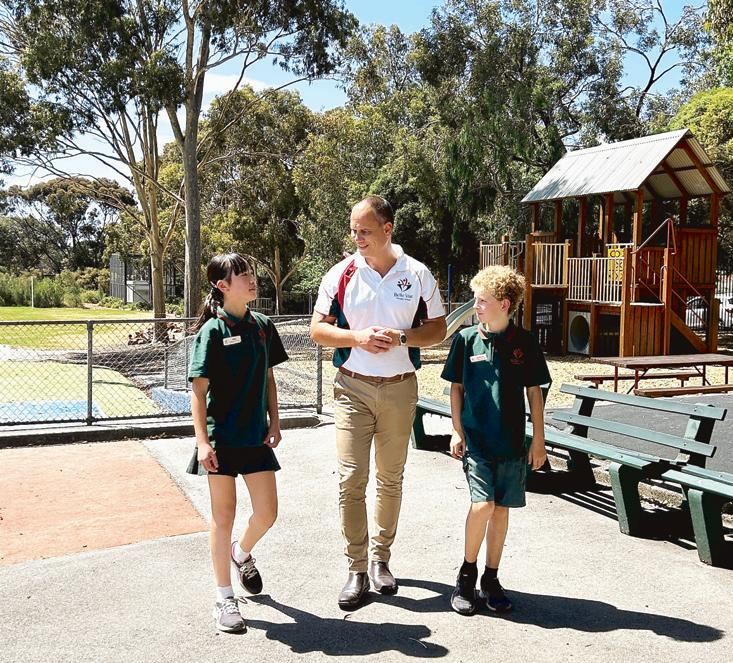
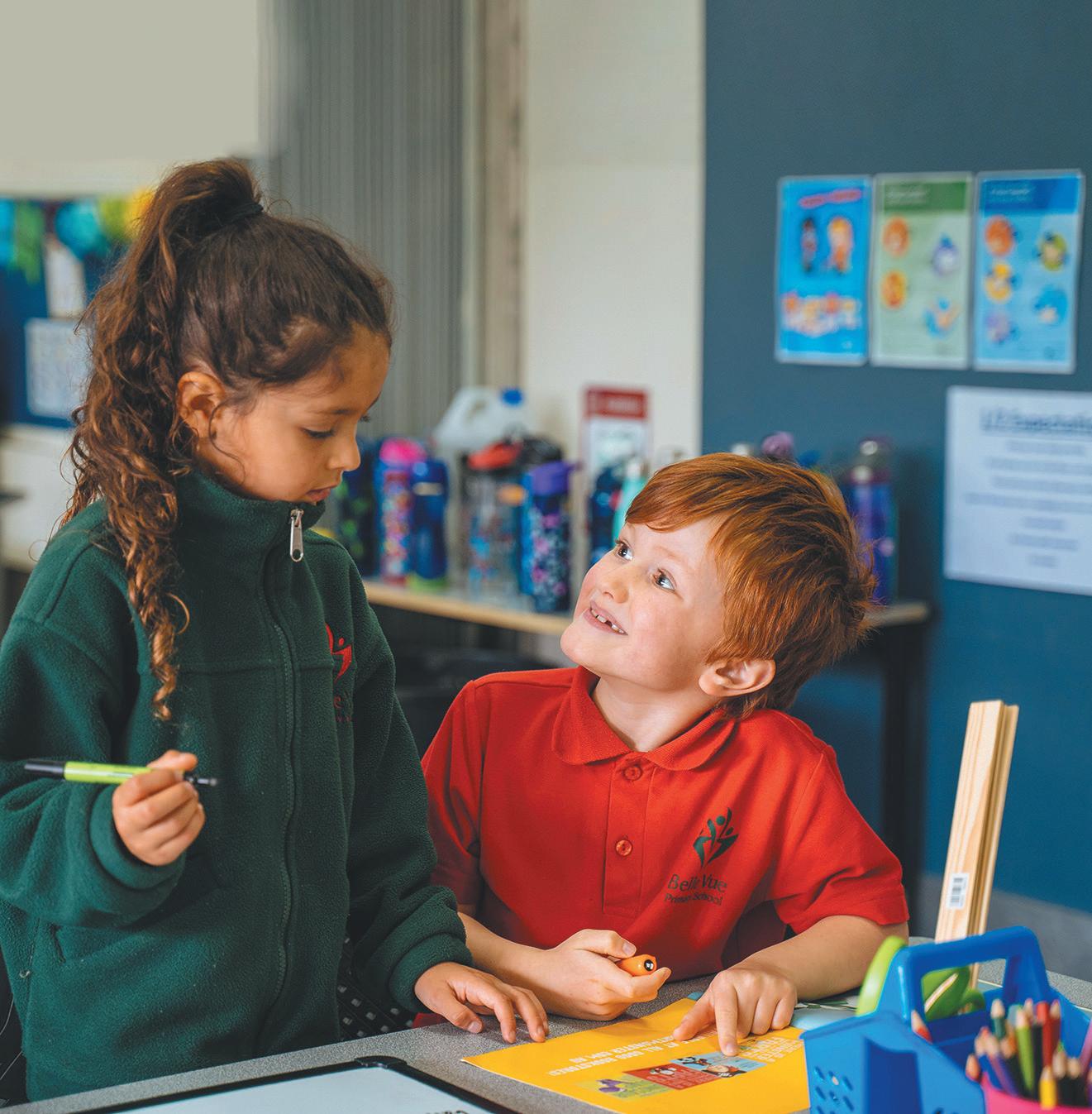
OPEN AFTERNOONS 3.30 - 4.15
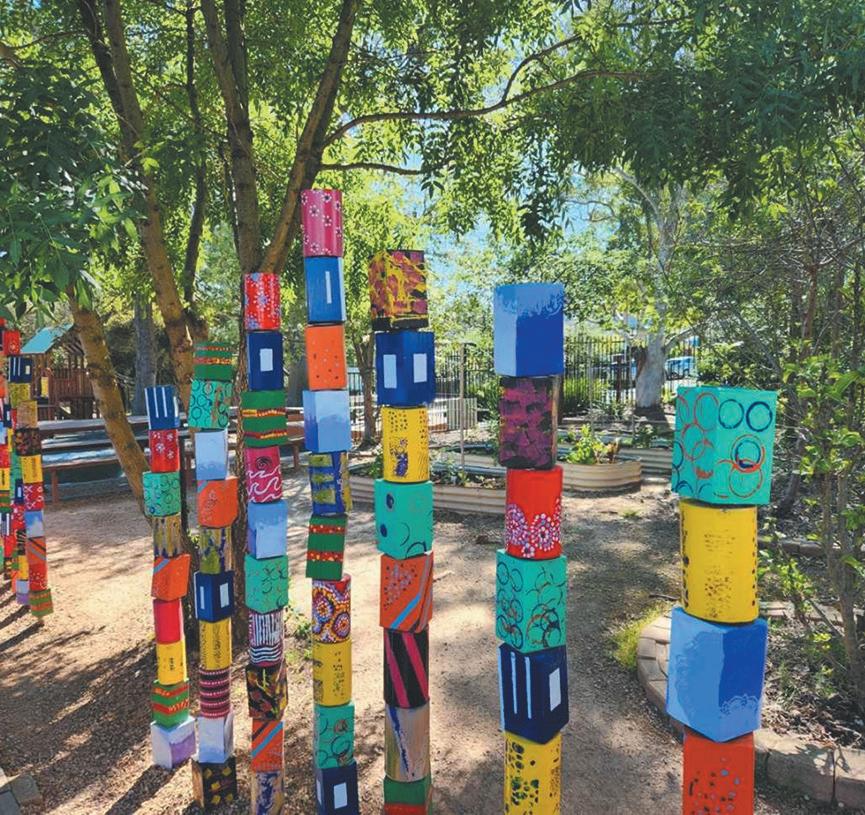
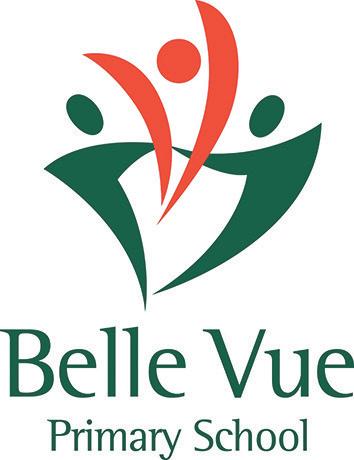
Storytime with our principal – March 14th and March 28th (School Library)
Play based Learning
May 2nd (Prep Room)
Art Experience
May 15th (Art Room)
EDUCATION WEEK - OPEN MORNINGS
Tuesday 13th May 9:30am – 10:30am
Wednesday 14th May 9:30 – 10:30am
Thursday 15th May 9:30am – 10:30am
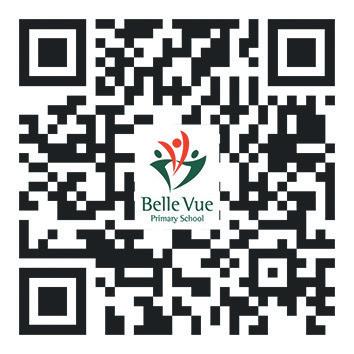
2026 PREP INFORMATION EVENING
Thursday 1 May 6.30pm - 7.30pm (Prep Room)
• Specialist programs (Italian, PE, Coding/Robotics, The Arts)
• Community focused school culture and environment
• Experienced staff
• Differentiated curriculum
• Students are challenged and supported to achieve success
Come and Visit Belle Vue Primary School and find out more about a quality educational environment for your child. School tours available each week. Contact us on (03) 9859 6123
Belle Vue Primary School
20 Highview Road, Balwyn North 3104
Belle.vue.ps@education.vic.gov.au www.bellevueps.vic.edu.au/bvps2/

Thank you for considering Boronia K-12 College for your child’s education. Choosing a school where your child will flourish and feel happy is a pivotal decision for us as parents.
At Boronia K-12 College, our vision is to create a welcoming environment where every student feels safe, valued, and respected. A school that is not only supportive and inclusive but one that engages and challenges every student to foster a love of learning and achieve their personal best.
Our college is a unique medium-sized school that offers students the opportunity for a continuous educational journey from 3-year-old kinder to Year 12. We combine the benefits of both large and small schools, offering excellent facilities, a broad range of subjects, and co-curricular activities such as camps, student leadership, sports, and excursions. At the same time, we provide strong pastoral care, individualised academic support, and a close-knit community where staff know students and their families well.
I believe that one size does not fit all in education. Each student is unique, with their own strengths, passions, interests, and learning needs. Our dedicated staff are committed to student-centred learning, ensuring every student is well known and empowered to personalise their learning journey. Through a greater choice of subjects, involvement in decision-making, and agency within their learning, we enable each learner to take control of their education and reach their full potential.
Quality teaching has the single greatest impact on student learning outcomes. That’s why our leadership team sets high expectations for our teachers, ensuring that every lesson is a great lesson. We focus on developing each student’s wellbeing and social-emotional skills through our School-wide Positive Behaviour Support program, Respectful Relationships curriculum, and the Berry Street Education Model.


Our school is divided into three sub-schools to foster strong relationships between students, teachers, and families:
• Junior School: Includes our Early Learning Centre for three and four-year-old kinder and primary years from Foundation to Year 6. As an International Baccalaureate accredited school, we offer a world-class curriculum.
• Middle School: Covers Years 7 to 9, allowing students to personalize their learning with a wide choice of electives.
• Senior School: Encompasses Years 10 to 12, preparing students thoroughly for their chosen pathways with a range of VCE and VET subjects.
• As we are an ELC to VCE school, we offer the best of both small and big schools by having smaller classes, strong relationships through our daily Mentor program, better individualised support, broad elective program, a multi-disciplinary wellbeing, inclusion and careers teams, camps, clubs, outdoor education, STEM, music, cohort excursions, interschool sport and community events
• In 2024, we were in the top 10 schools in Knox for NAPLAN results
• In 2024, we achieved some of the best VCE results in the Knox Network of schools.
• Established Literacy and Numeracy Intervention Program across Prep to Year 10.
• High Abilities Program for students needing extension

• An agreed Instructional Model ‘I-LEARN’ that underpins predictable, consistent and effective lessons
• Excellent Facilities including a STEAM Centre, MAC computer lab, Performing Arts Theatre, Music Rooms, Modern Science rooms,

• Partnership with the Knox Innovation Opportunity & Sustainability Centre (KIOSC), giving our students exclusive access to advanced STEM learning
• We have the Doctor in Schools Program - you can see the GP for free
• We offer Outside School Hours Care (OSHC)
Join us at Boronia K-12 College, where we empower students for success and nurture their potential to thrive. I warmly invite you to come and tour our College, book via our website www.boroniak-12.vic.edu.au/enrolments/school-tours-open-days.

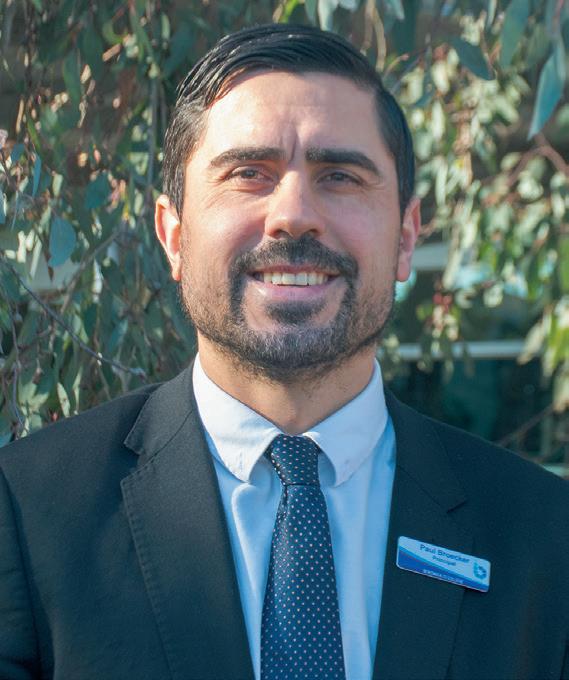
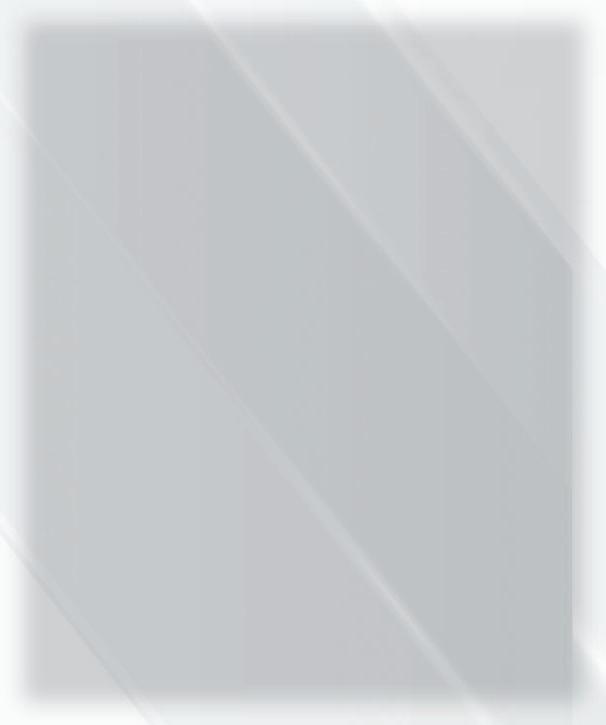










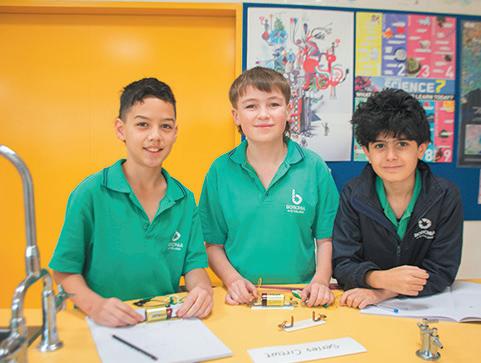



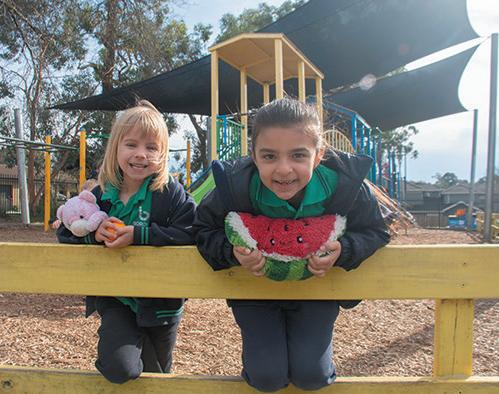


IN today’s interconnected and rapidly changing world, teamwork has become an essential skill that children need to learn from an early age. Teaching children about teamwork fosters a collaborative spirit, enhances social skills, promotes effective communication, and prepares them for success in both their personal and professional lives. The following explores the significance of instilling teamwork values in children and the benefits it brings to their overall development.
Collaboration and shared responsibility: Teaching children about teamwork instils in them the value of collaboration and shared responsibility. In a team, individuals learn to work together towards a common goal, pooling their strengths, skills, and ideas. By encouraging children to participate in team activities, they learn the importance of cooperating, compromising, and supporting one another. This helps them develop a sense of belonging, build stronger relationships, and understand that success is achieved collectively.
Enhanced social skills: Teamwork provides an ideal platform for children to enhance their social skills. It exposes them to diverse perspectives, enabling them to understand and appreciate different viewpoints. When working with others, children learn to respect and value their teammates’ opinions, practice empathy, and resolve conflicts constructively. These interpersonal skills are vital for building positive relationships throughout their lives, both personally and professionally.
Effective communication: Teamwork facilitates the development of effective communication skills in children. They learn to articulate their thoughts, listen actively to others, and express their ideas clearly and respectfully. By engaging in team discussions and collaborating on projects, children become proficient in communicating their viewpoints, leading to better understanding and cooperation within the team. Effective communication skills are essential for success in all aspects of life, from personal relationships to future careers.
Problem-solving and critical thinking: Teamwork exposes children to various problem-solving situations, encouraging them
to think critically and find innovative solutions. Through brainstorming sessions and collaborative decision-making processes, children learn to evaluate multiple options, analyse different perspectives, and arrive at well-informed conclusions. This nurtures their ability to think critically, adapt to different situations, and solve complex problems collectively, skills that are vital in a rapidly evolving world.
Preparation for future success: Teaching children about teamwork prepares them for success in their future endeavours. In today’s professional landscape, the ability to work effectively in teams is highly valued. Employers seek individuals who can collaborate, communicate, and cooperate with others to achieve organisational goals. By learning teamwork skills at an early age, children develop a competitive edge and a strong foundation for their future careers.
Teaching children about teamwork is of paramount importance. It equips them with vital skills such as collaboration, enhanced social skills, effective communication, problem-solving, and critical thinking abilities. These skills not only contribute to their personal development but also lay the groundwork for their future success in various aspects of life. By fostering a team-oriented mindset from a young age, we empower children to become responsible, empathetic, and effective contributors to their communities and the world at large.

MENTORING programs in schools play a pivotal role in shaping the academic, social, and emotional development of students. Recognising the significance of positive role models and personalised guidance, schools around the world are increasingly implementing mentoring initiatives. Here we explore the importance of mentoring programs in schools, examining how they contribute to student success, foster a sense of belonging, and empower individuals to navigate the complexities of academic and personal growth.
One of the key advantages of mentoring programs is the provision of personalised support. Mentors work closely with students to understand their unique strengths, challenges, and learning styles. This personalised attention enhances academic performance by tailoring strategies to meet individual needs, fostering a sense of confidence and competence in students.
Mentoring programs empower students to set and pursue academic and personal goals. Through regular discussions with their mentors, students can identify their aspirations, create action plans, and receive guidance on overcoming obstacles. This goal-setting process not only enhances academic achievement but also instills valuable life skills such as time management and perseverance.
Social and Emotional Well-Being:
Positive mentor-student relationships contribute significantly to the development of confidence and self-esteem. Mentors serve as supportive figures that encourage students to recognise and embrace their strengths, fostering a positive self-image that extends beyond the academic realm.
The school environment can be socially challenging, especially for students facing issues such as peer pressure, bullying, or a sense of isolation. Mentors provide a reliable and empathetic ear, guiding students through these challenges, offering coping strategies, and helping them develop interpersonal skills crucial for healthy relationships.
Mentoring programs often include components focused on career exploration. Mentors can introduce students to a variety of career paths,
share insights about their own professional journeys, and provide guidance on educational pathways that align with students’ interests and goals.
Mentors play a vital role in nurturing the development of essential life skills, including communication, problem-solving, and critical thinking. Through real-world discussions and hands-on experiences, students gain practical insights that extend beyond the classroom, preparing them for future academic and professional endeavours.
Mentoring programs contribute to the creation of a supportive community within the school. The mentor-student relationship fosters a sense of belonging, as students feel valued and understood. This support network can be particularly crucial for students who may face challenges at home or in their personal lives.
Promoting Inclusivity:
Mentoring programs have the potential to promote inclusivity by pairing students with mentors who may share similar backgrounds or experiences. This connection helps bridge gaps and creates a more inclusive school environment where diversity is celebrated, and students feel acknowledged and accepted.
Resilience and Coping Skills:
Life is filled with challenges, and mentoring programs equip students with the resilience and coping skills necessary to navigate adversity. By fostering a growth mindset and providing strategies for overcoming setbacks, mentors empower students to face challenges with determination and a positive attitude.
The impact of positive mentor-student relationships extends far beyond the classroom, influencing students’ lifelong learning journeys and personal growth. By recognising the importance of mentorship and investing in these programs, schools create environments where students not only thrive academically but also develop the skills, resilience, and sense of community needed to navigate the complexities of life beyond the educational setting. As we continue to prioritise the holistic development of students, mentoring programs stand as invaluable tools for guiding the future leaders, thinkers, and contributors of our society.
LOOKING back on education, it’s evident how formative primary school years are in shaping a child’s future. Glendal Primary School, with its rich history and focus on student-centered learning, provides a strong foundation for young learners. Today, the school continues to uphold its commitment to academic excellence while fostering an inclusive and supportive environment.
Glendal Primary School offers a balanced curriculum that focuses on core subjects like English, Mathematics, Science, Art, Music, Physical Education and Humanities, while also promoting creativity and critical thinking. The school places a strong emphasis on developing social and emotional skills, ensuring students grow not just academically, but personally as well. With programs that encourage respect, responsibility, and resilience, Glendal prepares students for the challenges of higher education and life beyond school.
Beyond academics, Glendal provides various extracurricular opportunities, including chess, sports and leadership programs. These activities help students build teamwork, leadership, and confidence. The school also emphasises differentiated learning, with teachers catering to individual
Today, Glendal Primary School remains dedicated to fostering a nurturing and dynamic environment where students feel valued, supported, and empowered to reach their full potential, just as it has done in the past.
needs, ensuring all students progress at their own pace.
Today, Glendal Primary School remains dedicated to fostering a nurturing and dynamic environment where students feel valued, supported, and empowered to reach their full potential, just as it has done in the past.
Deborah
Grossek (M.Ed., B.SC.Hons., B.Ed., Dip.T)
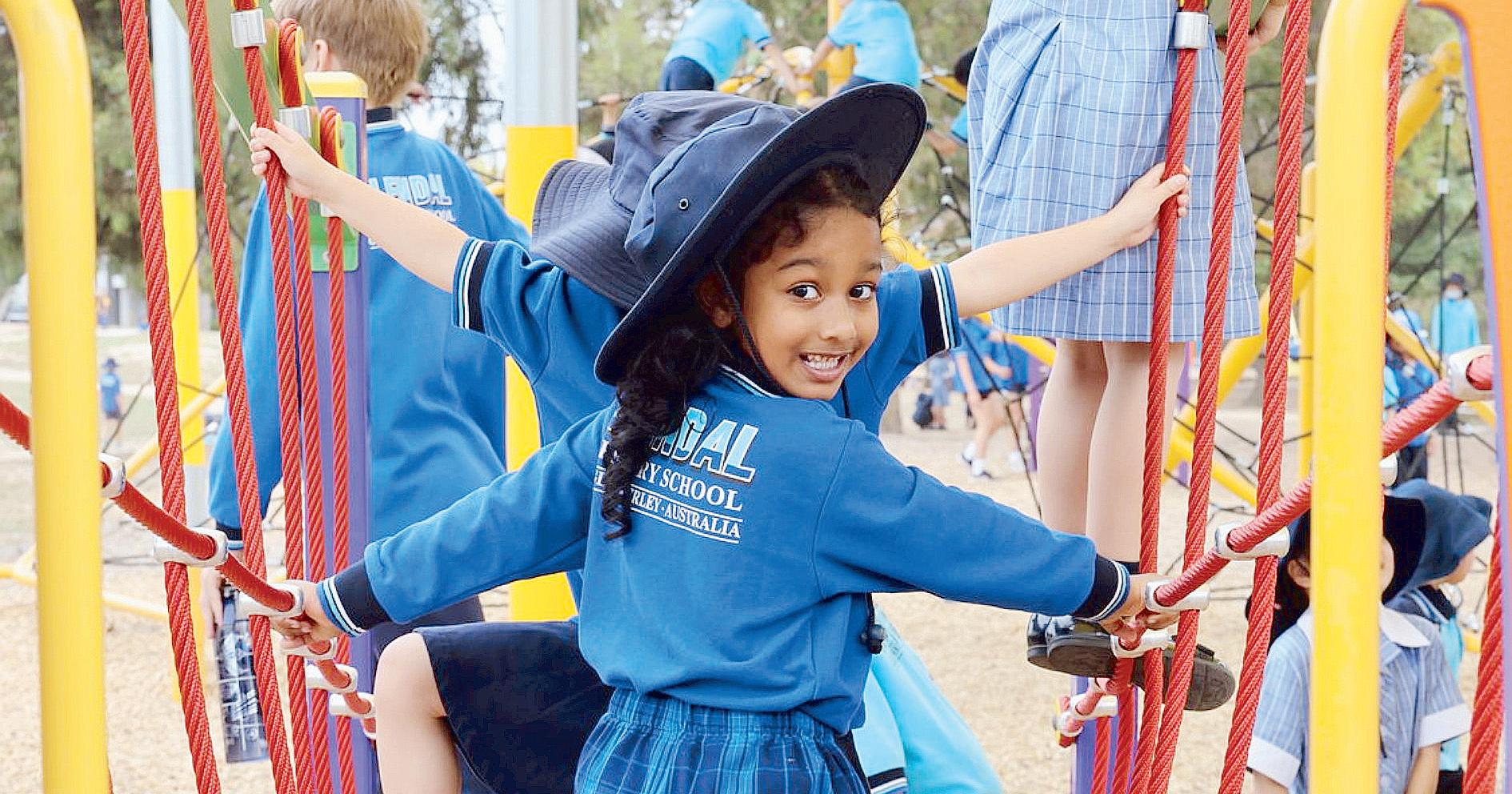
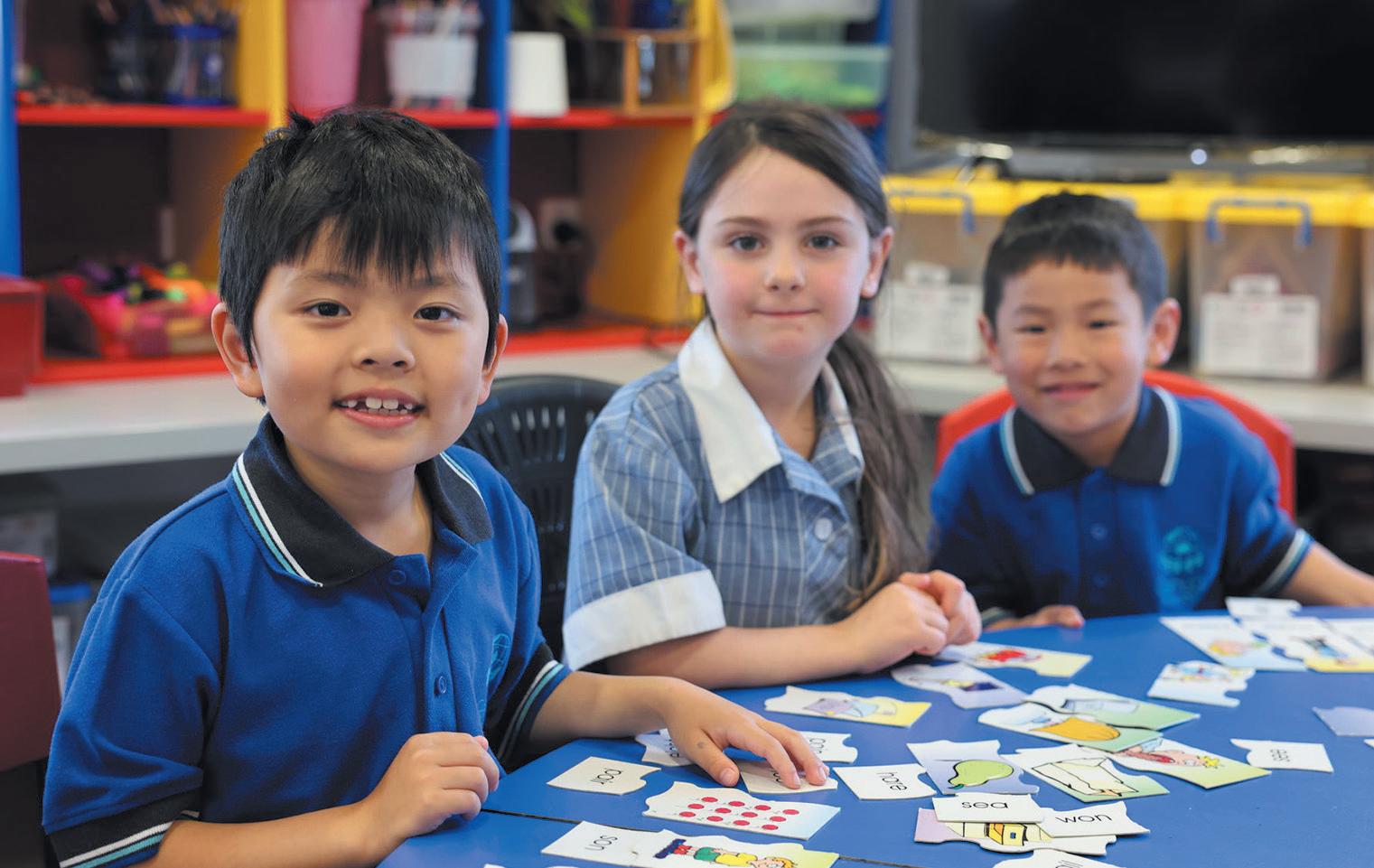
Glendal Primary offers:
• Dedicated, professional high quality staff
• State-of-the-art Robotics and Science Facilities
• Language programs in Mandarin and French
• Opportunities and excellence in learning
• Environment and sustainability program
• Happy children who are learning successfully
Children flourish and learn at Glendal
Please see our website for a virtual school tour
School tours are held on-site at 9:30am, Tuesdays, during school terms.
Principal: Deborah Grossek
Phone: 03 9803 1330
Address: 55 Nottingham Street Email: glendal.ps@education.vic.gov.au Glen Waverley VIC 3150 Website: glendalps.vic.edu.au
HEATHERHILL Primary School is a government, co-educational primary school located in one of Melbourne’s southeast suburbs.
Heatherhill Primary School is committed to providing a safe, nurturing, and stimulating learning environment that engages and supports students in reaching their full potential.
Heatherhill Primary School is more than a school. It is a community of shared values and high expectations that all students have the potential to excel in their learning. Students are encouraged to communicate, collaborate, connect, and consider different information, ideas, and views as they become knowledgeable, reflective and independent learners.
Our vision for our students is: Learn
Persevere Excel
The school values are:
■ Respect
■ Trust
■ Doing Your Best
We want our students to have the knowledge, skills and dispositions they need to participate, engage, achieve and succeed in life.
We have a strong focus on developing the whole child, delivered through best practice in highly effective learning and teaching. Student learning is enriched by our specialist programs: Visual Arts, STEM, Physical
Our whole school approach to student wellbeing is built on an inclusive culture of mutual care and respect for our similarities and differences.
Education, and an introduction to the Italian language and culture.
We have a caring and supportive community, and student mental health and wellbeing are priorities. Our whole school approach to student wellbeing is built on an inclusive culture of mutual care and respect for our similarities and differences.
The school has a strong connection with our families, and we are the school of choice in our local community. Parents at Heatherhill Primary School can participate in various activities, including school council, classroom support, excursions, the Perceptual Motor Program, fundraising and social events.
To find out more about Heatherhill Primary School and what we can offer you and your family, I invite you to come and visit our school.
























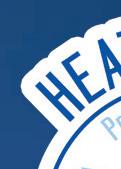




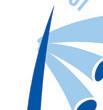



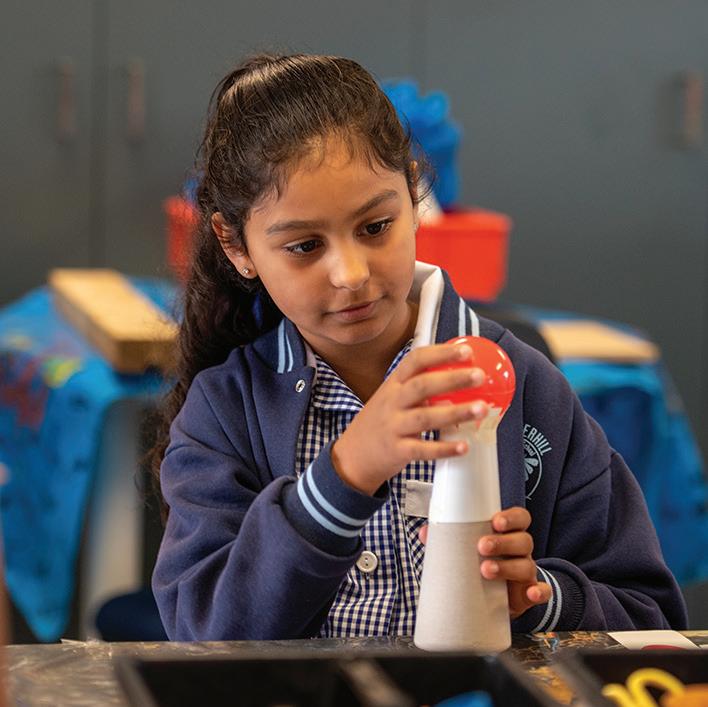



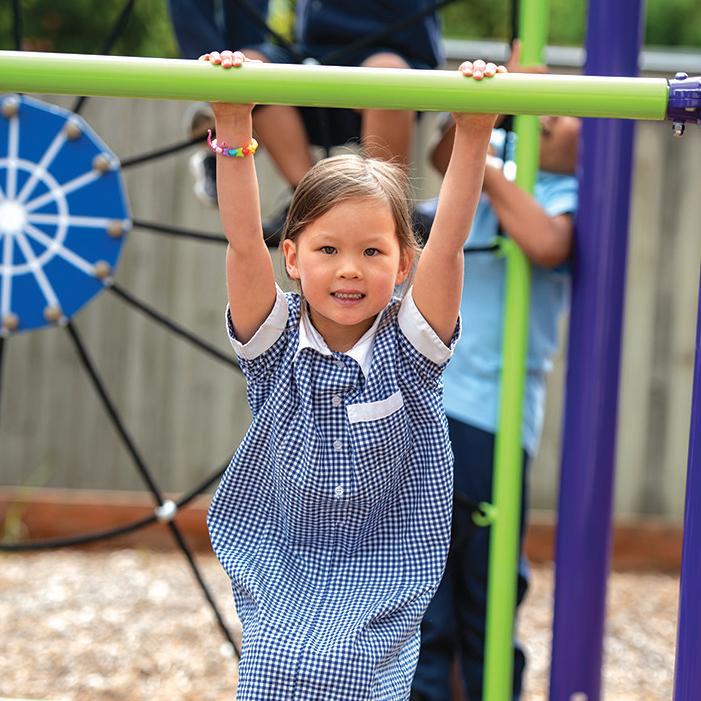

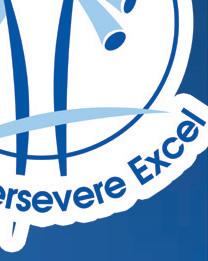









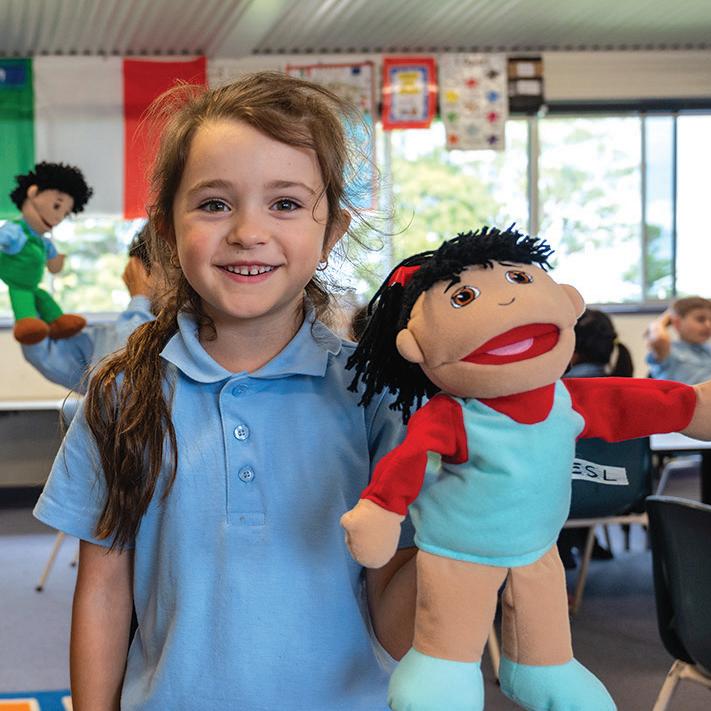




Heatherhill Primary School’s mission is to provide a secure, caring, and harmonious environment where students learn the knowledge, skills, and values they need to contribute to and live happily in society. The school maximises each student’s potential to achieve academic and social success and celebrates and embraces diversity. The values of the school are Respect, Trust and Doing Your Best.
At Heatherhill Primary School, we work together with our families to ensure every child reaches their full potential to be the best they can be.
Address: 959 Heatherton Rd, Springvale VIC 3171
Telephone number: 613 9546 7562
Website: www.heatherhillps.vic.edu.au
Email: heatherhill.ps@education.vic.gov.au
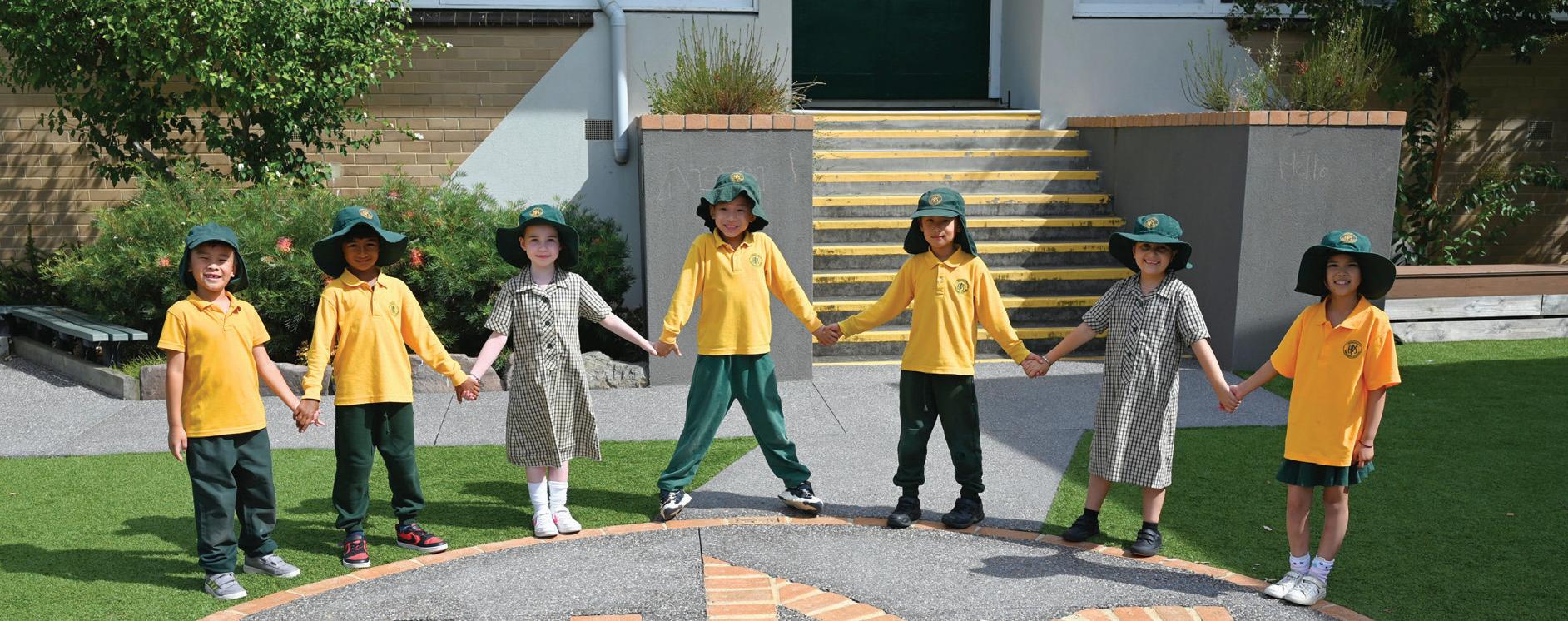


Exemplaryenglishandmathematicsresults
Strongwellbeingprogram
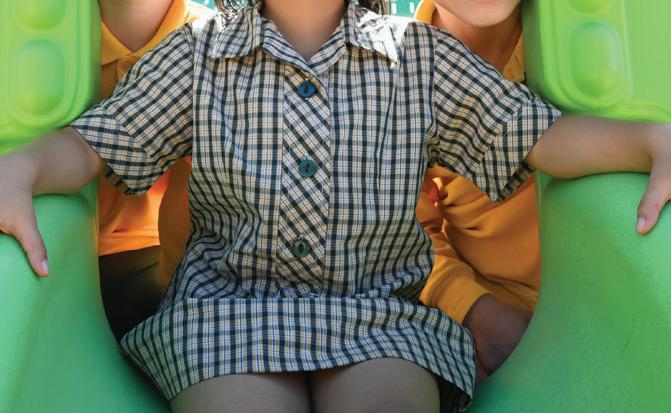
Enrichment,extensionandinterventionprograms
Innovativedigitaltechnologies
Comprehensivespecialistprogram
Instrumentalprogram,schoolchoirandschoolband
Preschooltopreptransitionprogram
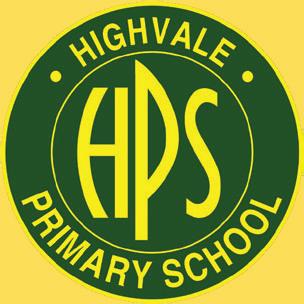

www.highvaleps.vic.edu.au
HighvalePrimarySchoolprovidesacaring, safeandvibrantlearningenvironment whereeverystudentisvaluedasan individual.Wewelcomeandworkclosely withparentsandfamiliestosupport positivelearning,socialandphysical outcomesforeverystudent.

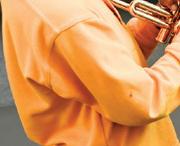
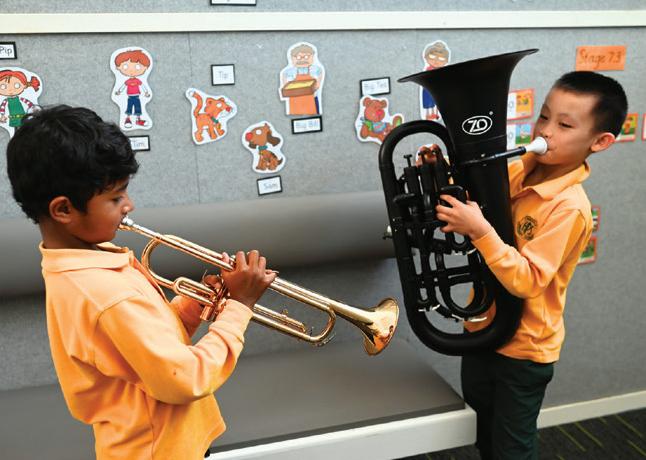
Ourschoolcommunityisrichin culturalandlanguagediversity, whichprovidesmanywonderful opportunitiesforauthentic learningaboutourlocal and globalenvironmentandfosters inclusivity.

OurSchoolValuesofRespect, Responsibility,Commitment,Honesty andIntegrity,providetheframeworkfor howweplayandworkwitheachother andaretaughtexplicitlyacrossthe school.
Wewelcomeyoutocontactouroffice on 98878000 tobookaschooltour withtheprincipal.
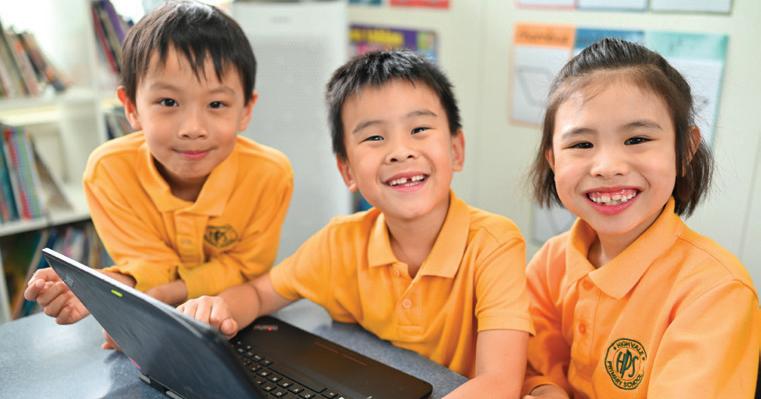
Wellknownasahighperforming,mediumsizedschool,ourevidencebased teachingpracticessupportalongtraditionofexcellentstudentoutcomesacross alllearningareasoftheVictorianCurriculum.Ourextracurricularopportunities andextensiveSpecialistProgramsupporthighengagementlevelsand achievementinlocal,stateandnationaleventsandcompetitions.Specialist ProgramsincludeSTEAM, PerformingArts,VisualArts,PhysicalEducationandtwo Languages,MandarinandGerman.


• Huntingdale Primary School is a vibrant place that encourages learning, laughter and play in a friendly and
• Huntingdale School is a vibrant place that encourages and in a and warm environment.

• Our school is widely recognised both in Australia and internationally as a leader in bilingual education through the success of the outstanding Japanese Bilingual
• Our school is both in Australia and international ly as a leader in education the success of the outstanding Bilingual Language Immersion Education.


• Through our bilingual learning al l our children are immersed in Japanese language as 50% of the Victoria Curriculum is taught in Japanese (including Mathematics and Science), and the 50% is in Research has immersion as the most natural way for young children to learn language.
• Through our exceptional bilingual learning all our children are immersed in Japanese language as 50% of the Victoria Curriculum is taught in Japanese (including Mathematics and Science), and the remaining 50% is taught in English. Research has long recognised immersion as the most natural way for young children to




• The culture of our school is underpinned by our deep belief that childhood is a precious and unique moment in time. Students need to be nurtured in a quiet yet stimulating environment. Childhood is a time to be exposed to a wide range of cultural and artistic talents, ignite curiosity, passion and optimism. The ‘Early Years’ of schooling are when a child develops their self-esteem as a learner and this growth needs to be nurtured and developed with care and dedication. This crucial time is also when strong foundations in literacy and numeracy are built to ensure
• The culture of our school is our deep belief that childhood is a and moment to a quiet yet stimulating environment. Childhood is a time to be to a wide range of cultural and artistic experiences to discover talents, ignite and optimism. The Years’ of schooling are when a child their self-esteem as a learner and this growth needs to be nurtured and with care and dedication. This crucial time is also when strong foundations in and numeracy are built to ensure future success.


9544 2318



7 March 2025 9:330 – 100:330 AM
14 4 March h 202 0 5 9:30 – 100:30 0 AM M
21 March 202 0 5 9:3:30 0 – 10 10:330 0 AM M
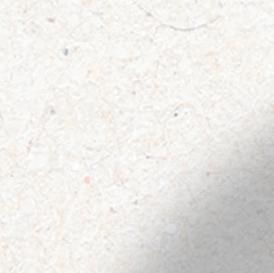

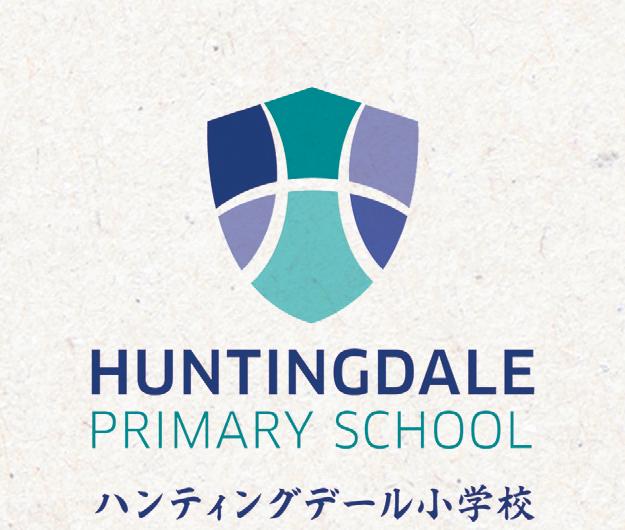










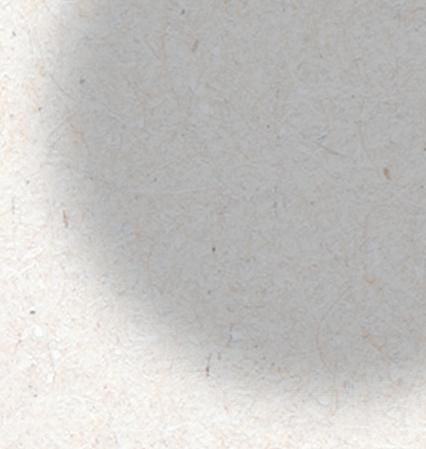


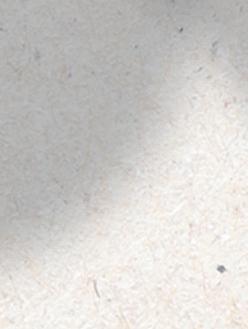


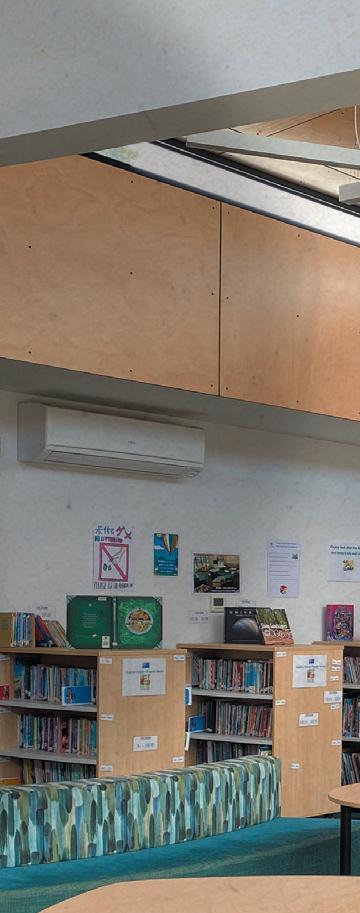




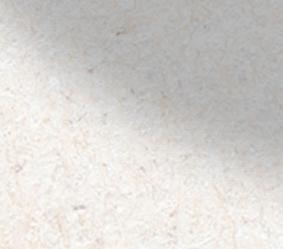

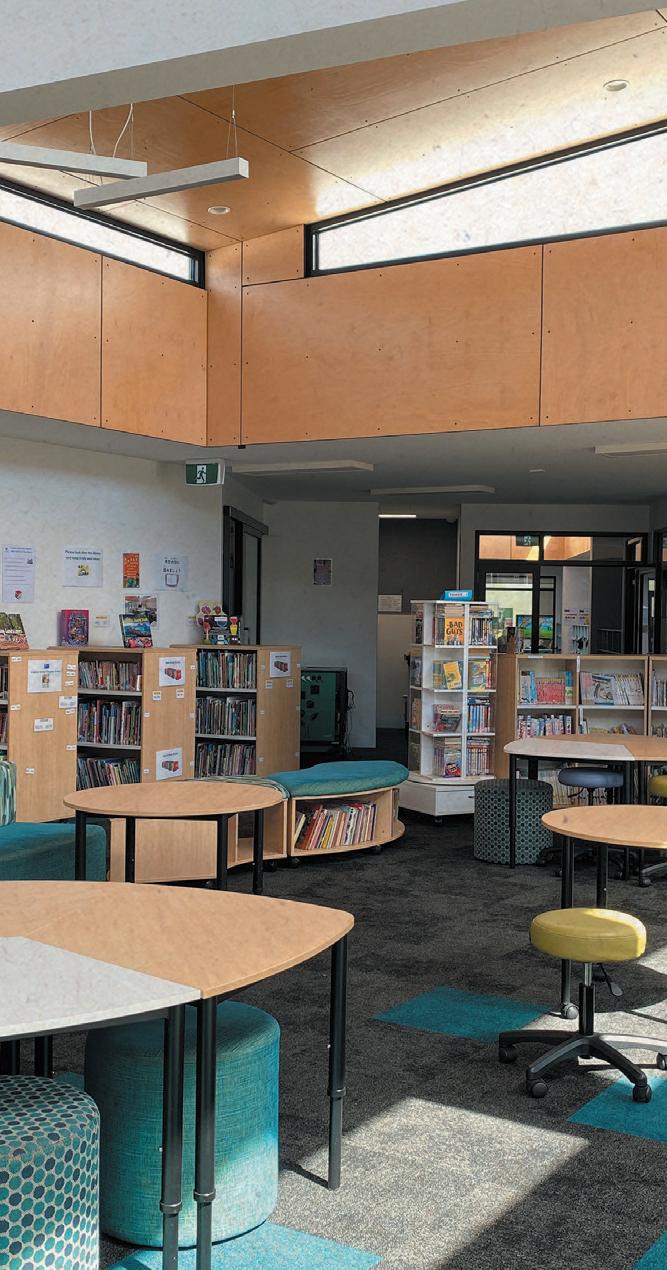











JAMES Cook Primary School sits as the gateway to Endeavour Hills, southeast of Melbourne. Our demographic is one in which we celebrate a highly diverse mix of over 30 different cultural backgrounds. At James cook Primary School we expect all students to become the best they can be – they ‘Believeto-Succeed’.
James Cook Primary School maintains a personalised learning approach for our students, with relentless focus on Literacy and Numeracy. Intervention/Extension Programs are provided in Reading and Mathematics so that no child is left behind. James Cook supports a ‘Growth Mindset’ culture to underpin the nurturing of resilient and intrinsically motivated learners. This is reinforced with the implementation of a School-Wide Positive Behaviour Support (SWPBS), Matrix of Expectations, and the Respectful Relationships curriculum delivery, embedded throughout the school.
Our instructional core is heavily centred in the learning and teaching of crucial Literacy and Numeracy knowledge, skills and understanding. We are passionate about a relentless focus on what matters most. At James Cook Primary School we are committed to the ‘Gradual Release of Responsibility’ pedagogical approach. Every learning opportunity provides clarity of purpose and expectations for students with learning intentions and success criteria. Explicit teaching of knowledge, skills or understanding demonstrates the expected outcomes, immediately followed by independent student practice and application of learning, supported by small-group, targeted instruction. Students are able to continually monitor their learning against those learning intentions and success criteria.
We deliver specialist subjects in Visual Art, Music, Mandarin Language and Physical Education, including an outsourced swimming program. The school is able to deliver a Physical Education program that provides students two hours of PE instruction, with an additional hour of sport education for students in Years 2-6. Foundation to Year 2 also have two hours of PE instruction with and additional 90 minutes (3x30) of PMP movement development. Sports Education is integral to the personal
and social development of our students and is supplemented by the Australian Sports Commission’s Sporting Schools Program. Our Music curriculum is delivered via the iRock, Music School to provide high-quality music teaching and learning. The Performing Arts strand is also outsourced via the Nikki Visaj Movement – Dance Mob, which culminates in our annual whole-school Musical, performed at the Drum Theatre, Dandenong.
Our facilities include four teaching and learning modules (buildings), a dedicated Visual Arts Centre, Gymnasium, Library / Specialists’ Centre which accommodates Music and Chinese Mandarin classes and a ’Cook’s Kitchen’ Food Tech/STEM centre. Science is delivered as a dedicated, standalone by classroom teachers. Information and Communication Technologies (ICT) supports all facets of student learning, with a 1:1 chrome book device program. Our ICT instruction for students in Years Three to Six is delivered by Digimaker, weekly, and supported by Teaching and Education Support Staff on a daily basis.
The James Cook Primary School Student Leadership Team is comprised of two School Captains, supported by four Student Voice and Engagement Leaders. School assemblies are led by the Student Leaders. School Captains also present reports to School Council each term. The Student Voice and Engagement Team (SVET) promotes student voice and student leadership development at all levels to support selected charities and conduct special school events.
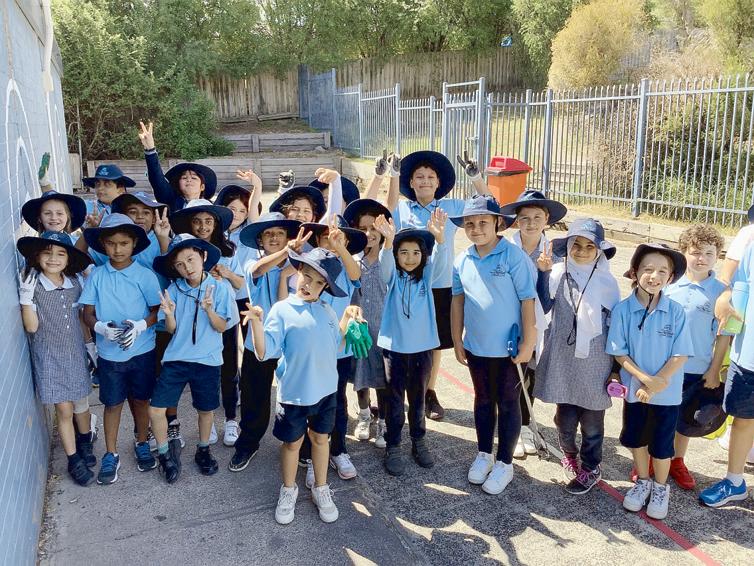













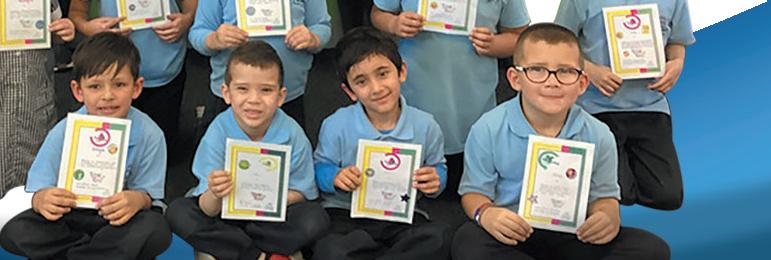
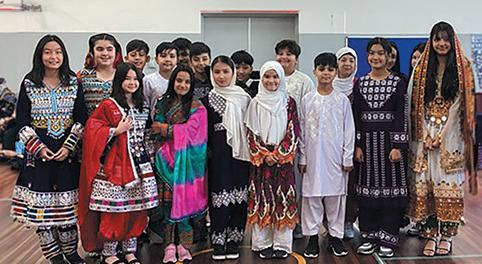
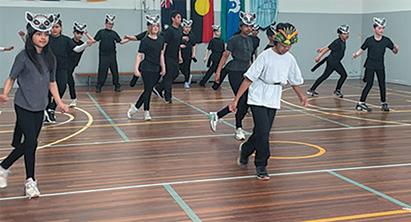






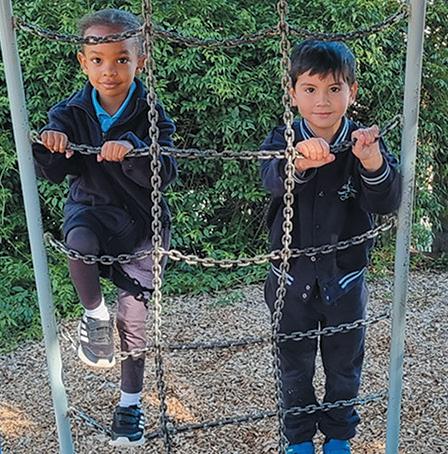

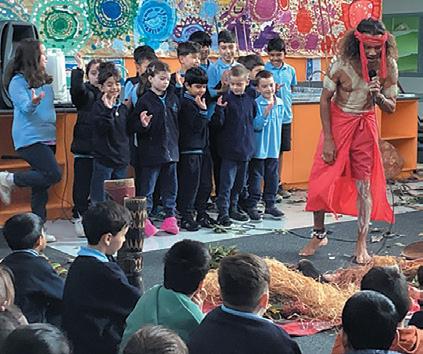

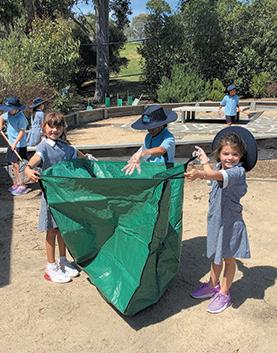



Principal George Danson is a dynamic and visionary leader dedicated to fostering excellence at Le Page Primary School. As a proud 7 Habits School, Le Page is committed to empowering students to reach their full potential through academic achievement, leadership, and personal growth.
Mr. Danson’s leadership has transformed the school into a thriving learning community where students develop confidence, resilience, and a strong sense of purpose. With a deep passion for education, he has embedded Stephen Covey’s 7 Habits of Highly Effective People into the school’s culture, ensuring students learn to be proactive, set meaningful goals, and work collaboratively. Through The Leader in Me framework, students are not just learners but leaders, prepared to navigate life with integrity and responsibility.
Beyond his visionary leadership, Mr. Danson values the dedication of Le Page’s outstanding and caring staff, who focus on building strong relationships with students and families. Teachers create a supportive
environment that fosters academic excellence while prioritizing wellbeing and inclusion. The school’s three-tiered framework ensures that every child receives tailored support, allowing them to excel academically and socially.
Under Mr. Danson’s guidance, Le Page has embraced innovative teaching practices and scaffolded learning pathways, resulting in remarkable student growth. His commitment to respectful relationships, diversity, and a nurturing environment ensures that every student feels valued, seen, and supported.
George Danson leads by example, inspiring not only students but also staff and families to strive for greatness. His unwavering belief in the potential of every child makes Le Page Primary School a place where young leaders are cultivated, and lifelong success is nurtured.
VISION - There is a prosperous path for every child. Each journey is theirs to lead. There is a place in which every child can shine.
MISSION - Identify the talent, develop the confidence and create the leader.
Glen Education North Cheltenham Kindergarten
71 Argus St, Cheltenham, Vic, 3192, enrolments@gleneducation.org.au - 9583 7066
Friendship Square Child Care & Kindergarten Co-Operative
35 Friendship Square, Cheltenham, Vic, 3192, admin@friendshipsquare.vic.edu.au - 9584 1889
Bira Bira Early Learning Centre
335 Warrigal Rd, Cheltenham, Vic, 3192, Admin@birabira.com.au - 7018 3774
Only About Children Cheltenham
15 Herald St, Cheltenham, Vic, 3192, 13 86 22
Mayfield Early Education Cheltenham
1A Bernard St, Cheltenham, Vic, 3192, 8637 5058
Goodstart Early Learning Cheltenham
2 Jellicoe St, Cheltenham, Vic 3192, cth@goodstart.org.au - 9584 0999
Minnows Cheltenham 15-17 Centre Dandenong Rd, Cheltenham, 3192, cheltenham@minnows.com.au - 9585 1555
Pelican Childcare Heatherton 16-20 Arco Ln, Heatherton, Vic, 3202, heatherton@pelicanchildcare.com.au - 800 517 042
Creative Garden Early Learning Cheltenham 266/268 Bay Rd, Cheltenham, Vic, 3192, cheltenham@creativegarden.com.au - 1800 517 075
Evesham Road Preschool 75 Evesham Road, Cheltenham Vic 3192, evesham. rd.kin@kindergarten.vic.gov.au - 9583 6158
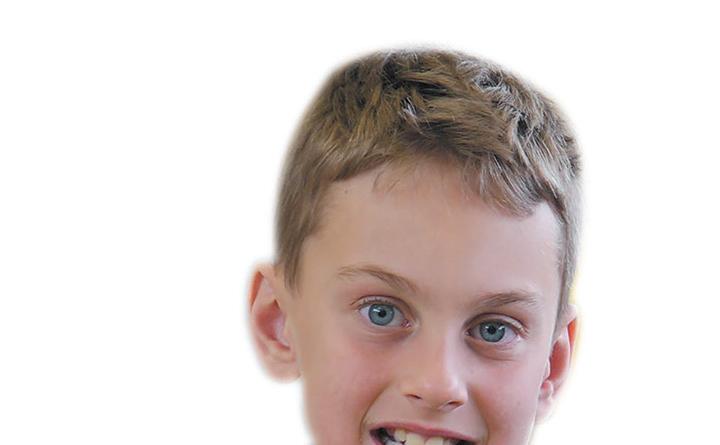
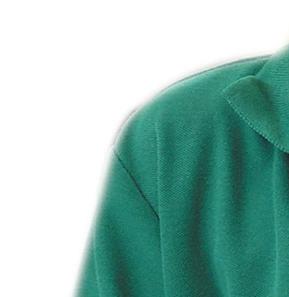

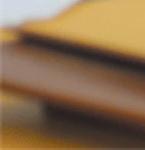


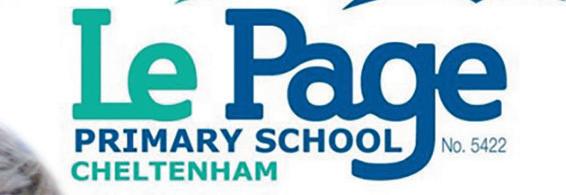
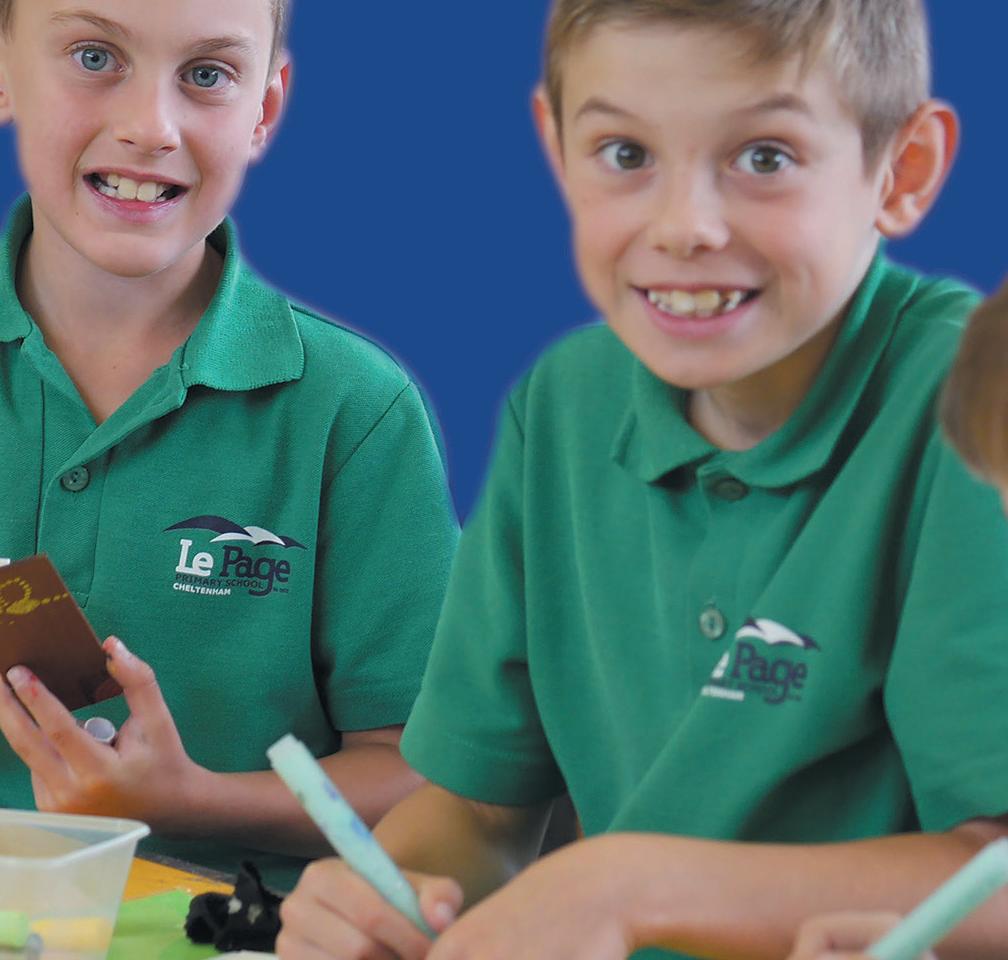


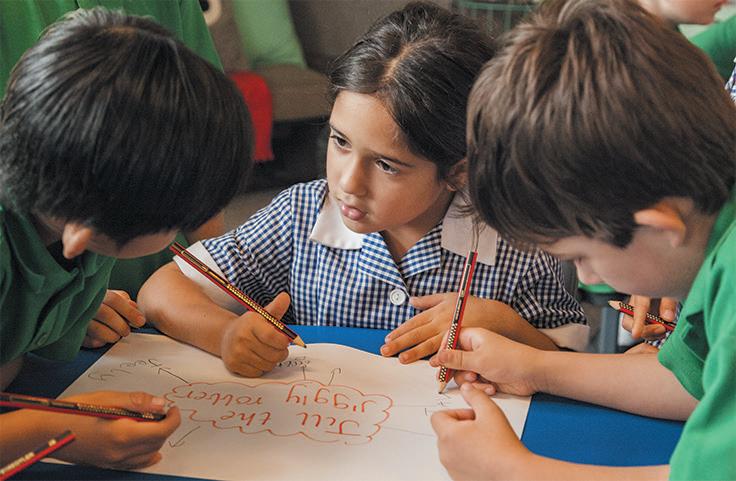
LeadershipDay Tue Jun 17, 9:30-11:00
BookWeekParade Fri Aug 22, 2:50-3:30
ColourFunRun Thu Oct 30, 2.00-3.30
ArtExpo Thu Nov 6, 9.30-3.30
Picnic Sing-along Thu Dec 11, 6:00-8:00


1. Academic Growth: Scaffolded by Cognitive Load Theory, the Science of Learning and Evidenced-based Practices.
2. Leadership & Personal Growth: Students set goals, make plans, and use lead measures to monitor their progress.
BOOK A SCHOOL TOUR
Transition Program 9.30 -10.30
Term 2: Wed Apr 30, Thu May 15, Fri May 30 Wed Jun 4, Thu Jun 19, Fri Jul 4
Term 3: Wed Aug 20, Thu Sep 18
Term 4: Fri Oct 17, Wed Nov 12, Mon Dec 1

3. Inclusive & Supportive Environment: Tailored wellbeing programs like The Leader in Me, Zones of Regulation, and Peaceful Classrooms.
4. Vibrant Community Engagement: Parent Social Teams organtize events that foster community spirit, raising funds to enhance school facilities and student experiences. Le Page Primary School 77 Argus Street, Cheltenham, Victoria, 3192 9583 8324 le.page.ps@education.vic.gov.au lepage.vic.edu.au
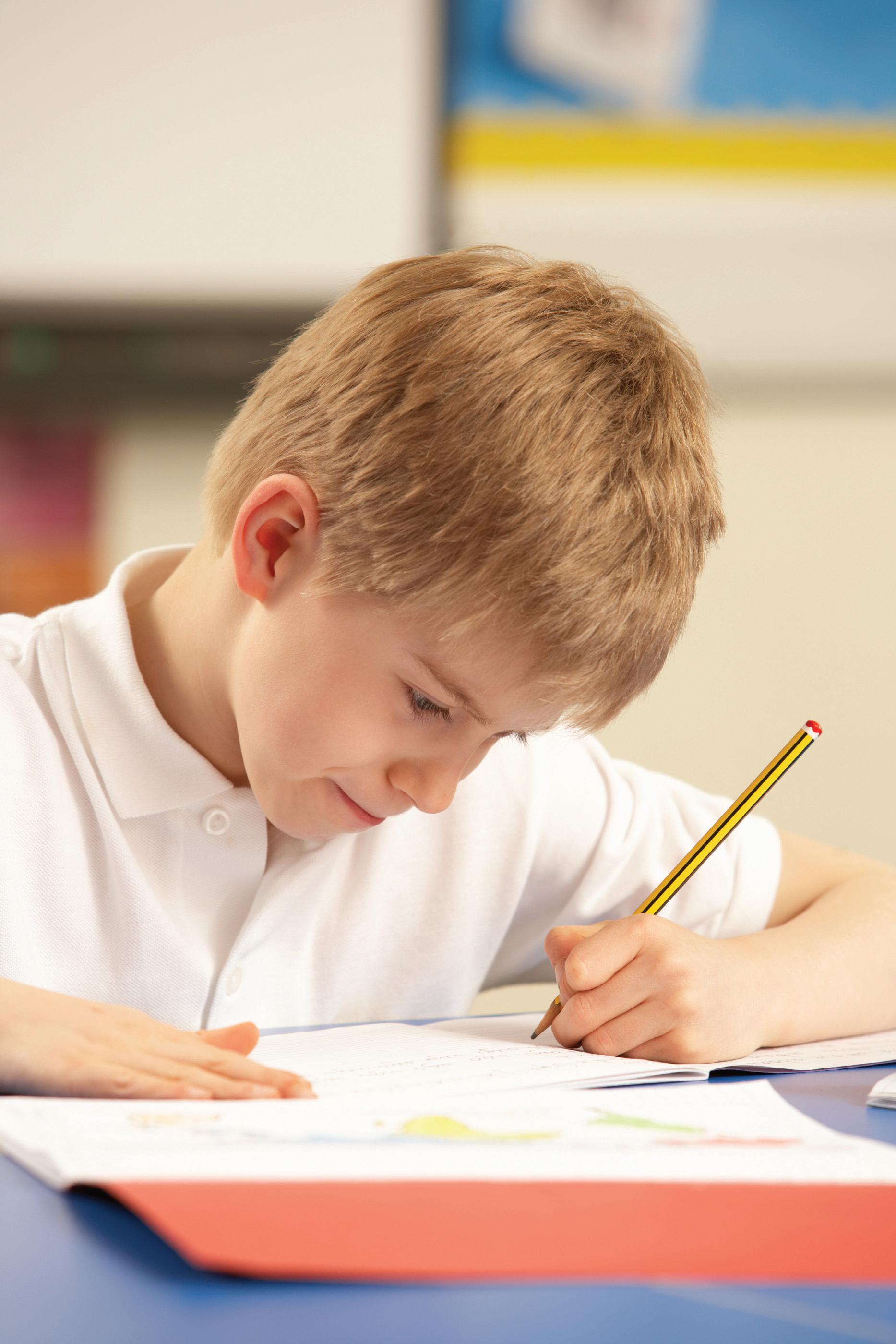
IN an increasingly digital age, the importance of teaching students handwriting skills may seem diminished. However, the art of handwriting holds significant value that extends beyond mere practicality. The following explores the enduring importance of teaching student’s handwriting skills and highlights the cognitive, educational, and personal benefits associated with this fundamental form of communication.
■ Cognitive Development
Handwriting engages various cognitive processes, contributing to the development of fine motor skills, hand-eye coordination, and spatial awareness. The intricate movements required for forming letters and words stimulate neural connections in the brain, enhancing cognitive development. Research suggests that handwriting improves memory retention and information processing, as the physical act of writing reinforces learning and comprehension.
■ Communication and Expression
Handwriting offers a unique form of selfexpression and personal connection. It allows individuals to convey their thoughts, emotions, and ideas in a distinct and tangible manner. Handwriting can be more personal and intimate than typed text, as it reflects an individual’s personality, style, and individuality. The act of physically writing helps individuals connect with their thoughts, fostering creativity and a deeper understanding of the content being written.
■ Cognitive Engagement and Retention
Writing by hand enhances cognitive engagement and information retention. The physical act of writing engages multiple senses, including touch, sight, and kinesthetic awareness, resulting in a more immersive learning experience. Studies have shown that students who take notes by hand demonstrate improved comprehension and recall compared to those who rely solely on digital devices. Handwriting promotes active thinking, critical analysis, and the organisation of thoughts, leading to more effective learning and long-term memory retention.
■ Literacy Development
Teaching handwriting skills is closely linked to literacy development. As students learn to write, they simultaneously reinforce their reading skills, phonemic awareness, and understanding of language structure. Handwriting helps students recognise letter forms, letter-sound relationships, and word formation, ultimately
It serves as a foundational step towards proficient reading and writing abilities.
supporting their overall literacy skills. It serves as a foundational step towards proficient reading and writing abilities.
■ Historical and Cultural Preservation
Handwriting carries historical and cultural significance. It connects us to our past, allowing us to decipher historical documents, letters, and manuscripts that were handwritten. By teaching students handwriting, we ensure the preservation of this valuable heritage. Handwriting enables individuals to appreciate the artistry and personal touch behind handwritten artifacts, fostering an understanding and respect for our shared history.
■ Practical Applications
While digital technologies have become pervasive, there are still situations where handwriting remains practical and necessary. Not all environments or circumstances allow for the use of digital devices, and being able to communicate effectively through handwriting ensures individuals can adapt to various situations. Handwritten notes, letters, and forms remain prevalent in many areas of life, such as personal correspondence, legal documents, and signatures.
Despite advancements in technology, teaching students handwriting skills remains essential for their cognitive, educational, and personal development. Handwriting engages cognitive processes, enhances communication and expression, promotes cognitive engagement and retention, supports literacy development, preserves historical and cultural connections, and maintains practical applications. The art of handwriting holds timeless value, fostering creativity, critical thinking, and a deeper connection to our thoughts and ideas. By teaching handwriting, we equip students with a valuable skill that transcends the digital realm, empowering them to communicate effectively and express themselves authentically in an everevolving world.
MILGATE Primary School is a warm and friendly school community, located in East Doncaster. Enjoying a rich multicultural community, Milgate’s school wide teaching philosophy is founded upon a commitment to empower students to ensure they will succeed as responsible global citizens and independent self-learners within today’s rapidly changing world - socially, emotionally, physically and academically.
As an accredited International Baccalaureate School offering the Primary Years Program, we provide a dynamic, inclusive learning environment that challenges students to become inquirers, thinkers and caring young people who are able to interact in the global society with respect and intercultural understanding.
Social and emotional learning is embedded across the curriculum and through partnerships with the school, parents and wider community developing student self-awareness, empathy and relationship skills as well as a sense of community and belonging.
At Milgate Primary School we have an extensive Transition Program that prepares our Foundation students for school. In addition to numeracy and literacy, we run a discovery play-based program which involves choice, promotes agency and provides opportunities for students to inquire into important concepts and personal interests. We use the environment as the third teacher and through our different learning spaces students can investigate, problem solve, create and represent their learning in a variety of ways.
Facilities
Situated within the peaceful and leafy Milgate Park Estate in East Doncaster, Milgate PS offers outstanding grounds and classrooms equipped with modern technology to support 21st century learners.
Our commitment to maintaining our facilities is evident when you enter our school grounds. We take great pride in our school as we feel it represents the hard work and commitment of our learning community.
New playgrounds and shade areas, landscaping and garden spaces have been created to provide outstanding facilities for all
our community members. Our expansive grounds feature a gymnasium, synthetic soccer pitch, oval, outdoor courts and a vegetable and sensory garden.
Our Specialist programs provide rich learning experiences for all students at Milgate Primary School. The Visual Arts and Performing Arts programs allow students to express themselves creatively and celebrate their learning with the wider community through the Art Show and School Musical. Our Phys Ed and Outdoor Education program introduces students to fundamental motor skills, and progressively develops skills in camping, adventure activities and social interaction. The Mandarin Language program develops students’ language awareness and skills in listening, speaking, reading and writing Mandarin.
Milgate Primary School also offers STEM as a specialist subject, providing students with hands-on opportunities to explore science, technology, engineering, and mathematics through inquiry and problem-solving.
Enrolments at Milgate Primary School are open now for students starting Foundation next year. Please see our website for enrolment forms and procedures. We welcome enquiries by email or telephone if you have any queries about enrolling your child at Milgate.
E: milgate.ps@education.vic.gov.au
P: 9842 7744
W: milgateps.vic.edu.au
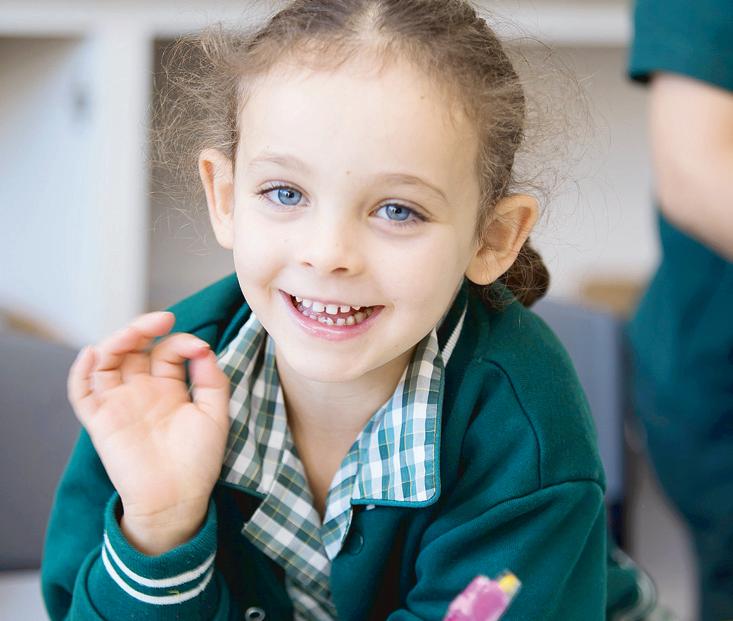
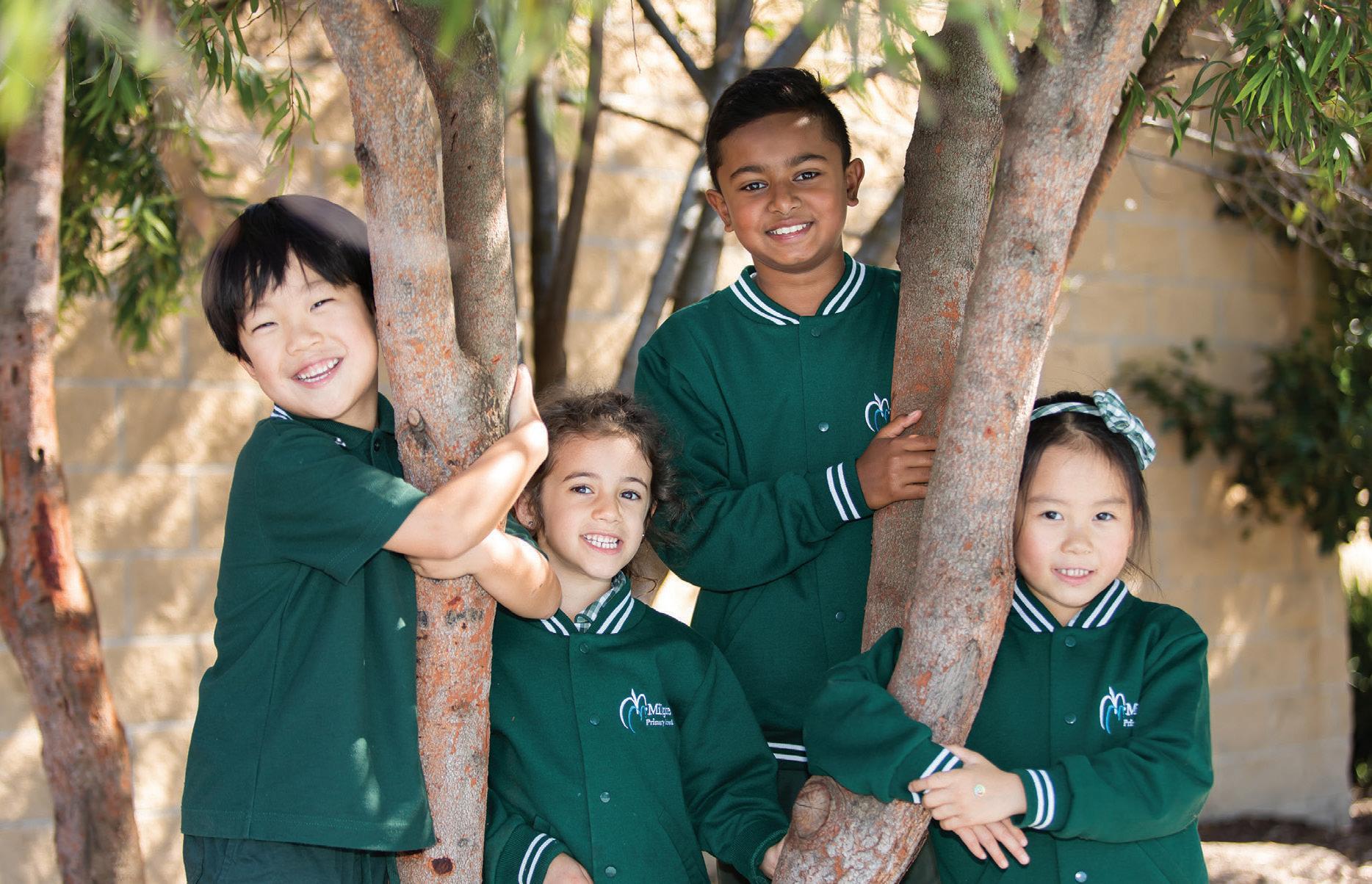


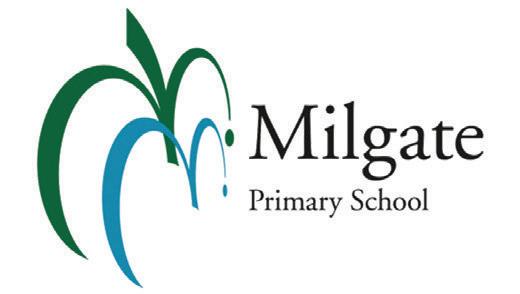
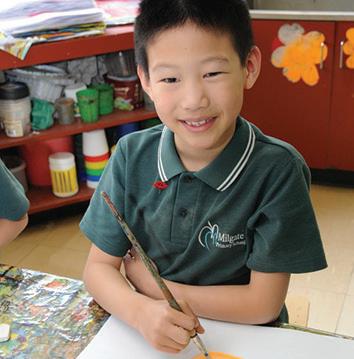
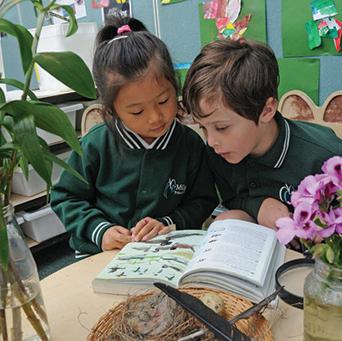
OPEN DAY | FRIDAY 16 MAY 9:15am - 10:45am
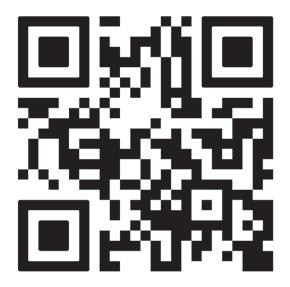
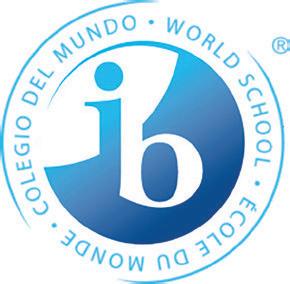


Choosing the right school for your child is one of the most important decisions you will make as a parent. At Solway Primary School, we pride ourselves on offering an outstanding educational experience that nurtures confident, capable, and community-minded learners.
Guided by our vision of empowering curious and caring learners to thrive in an inclusive community, we are committed to fostering a love of learning, a strong sense of belonging, and the skills needed for success. With a strong track record of academic achievement, a deep commitment to student wellbeing, and an engaging, supportive environment, Solway is a place where children truly flourish.
At Solway, we believe that every child deserves the best possible foundation for their future. Our dedicated teachers use evidenceinformed practices to explicitly teach the knowledge, skills, and dispositions outlined in the Victorian Curriculum. Our literacy and numeracy programs are based on the science of learning, ensuring all students develop strong foundational skills. We set high expectations and provide targeted support, enabling each child to achieve their full potential.
One of the defining features of Solway Primary School is our warm and engaged community. Our parents and caregivers play an active role in school life, collaborating with staff to enhance learning opportunities and contribute to the ongoing success of our school. This strong partnership fosters a sense of belonging and connection for both students and families.
We understand that starting school is a significant milestone for both children and their families. Our comprehensive Kinder to Prep Transition Program is designed to ensure a smooth and positive start to primary school. Through carefully planned activities, school visits, and opportunities to meet teachers and future classmates, we help young learners feel comfortable and confident in their new environment. By building relationships and
familiarising children with school routines, we create a seamless transition that sets the foundation for a successful school journey.
Beyond the core curriculum, we offer a rich variety of specialist programs designed to develop students’ talents and interests. From Visual and Performing Arts and Physical Education, Science and Japanese, our programs provide opportunities for creativity, teamwork, and critical thinking. These enriching experiences help students develop a love for learning that extends beyond the classroom.
Student wellbeing is central to all that we do at Solway. We implement School Wide Positive Behaviour Supports (SWPBS) framework to foster a safe, respectful, and inclusive learning environment. Our approach is guided by our school values of Respect, Responsibility, and Resilience, which are embedded in daily interactions and expectations. Through SWPBS, we explicitly teach and reinforce these values, helping students develop strong interpersonal skills, self-regulation, and a sense of accountability. This approach ensures students feel valued, supported, and ready to learn each day.
Solway Primary School is proud to be a 5-star sustainable school. Our commitment to sustainability is embedded in both our curriculum and daily practices, teaching students the importance of caring for the environment. Our extensive, well-maintained school grounds provide ample space for play, sport, and outdoor learning, promoting physical health and wellbeing.
We invite you to discover what makes Solway Primary School a truly exceptional place for your child’s education. Our combination of academic excellence, strong community involvement, specialist programs, student wellbeing support, and beautiful learning spaces ensures every student is empowered to succeed. We look forward to welcoming you and your family to our vibrant school community.
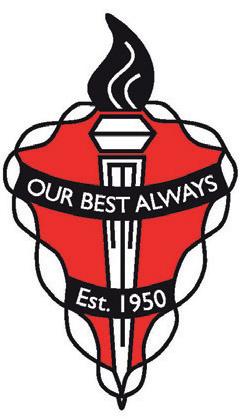
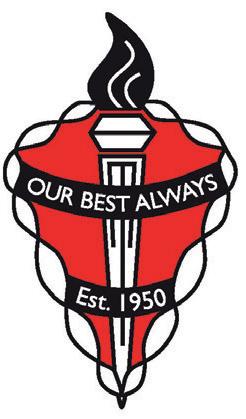





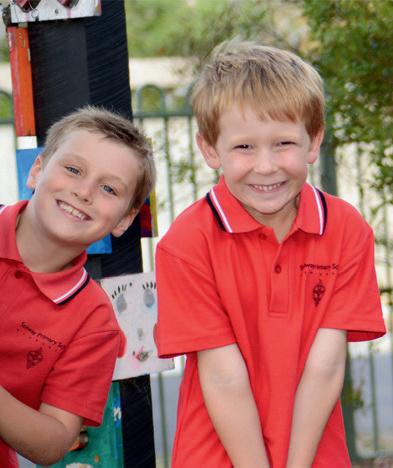




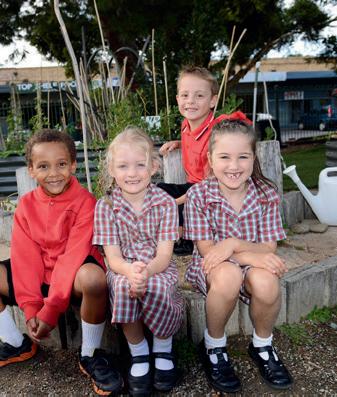
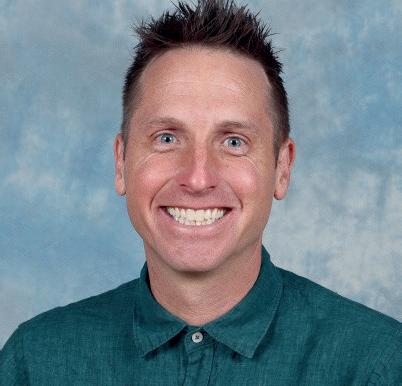
At Templestowe Valley Primary School, we provide an innovative and aspirational curriculum that empowers and engages all students in their learning. English and Maths skills are taught every day in the classroom by dedicated teachers who have high standards and support each learner on their journey, no matter the starting point. STEM and Sustainability are key pillars at our school where the students learn about robotics, coding and have opportunities to not only look after the chickens and the kitchen garden but learn valuable life skills for the future. Extension programs are offered in Maths, English, STEM and Sport.
We take pride in our inclusive community of families, students and staff who work in collaboration to encourage our students to become self-motivated, successful and active global citizens. Each student is valued, listened to and supported in their learning experiences, which promote individual and team excellence and develop social responsibility. Student Voice and Agency is a key focus across the school.
Students entering Prep attend our Kinder-Prep Transition Program and engage with the teachers and their peers to provide a smooth transition into primary school. They work closely with our Year 6 students through our Buddy Program (Big Friend, Little Friend) and experience what it is like at school.
Our Information Night will be held at 6pm on register your attendance.
At Templestowe Valley Primary School, we encourage students to pursue their interests and strive for success both in and out of the classroom.
• Whole School Production
• Leadership opportunities (JSC, School Captains,
• Interschool Sport, Swimming, Athletics and Cross Country
• School Camping Program including
• Private Instrumental lessons
• Choir (Valley Voices) and Rock Band
• Valley TV
• After school basketball program (Valley Titans)
• Incursions and excursions
• Technology embedded in our learning
• 1:1 iPad Program at Year 3 and a 1:1 BYOD Laptop Program from Year 4
• Excellent sporting facilities
• OSHC (Out of School Hours Care) including Holiday Program
• Sustainability Program
• Lunchtime Clubs
• P-6 Wellbeing Program
• Visual Arts
• Performing Arts
• LOTE – Mandarin
• Physical Education
• STEM
• Library Program
Templestowe Valley Primary School 15 Birchwood Avenue Templestowe Lower VIC 3107
Tel: 03 8850 5777
Email: templestowe.valley.ps@education.vic.gov.au
Website: www.tempvalprimary.vic.edu.au

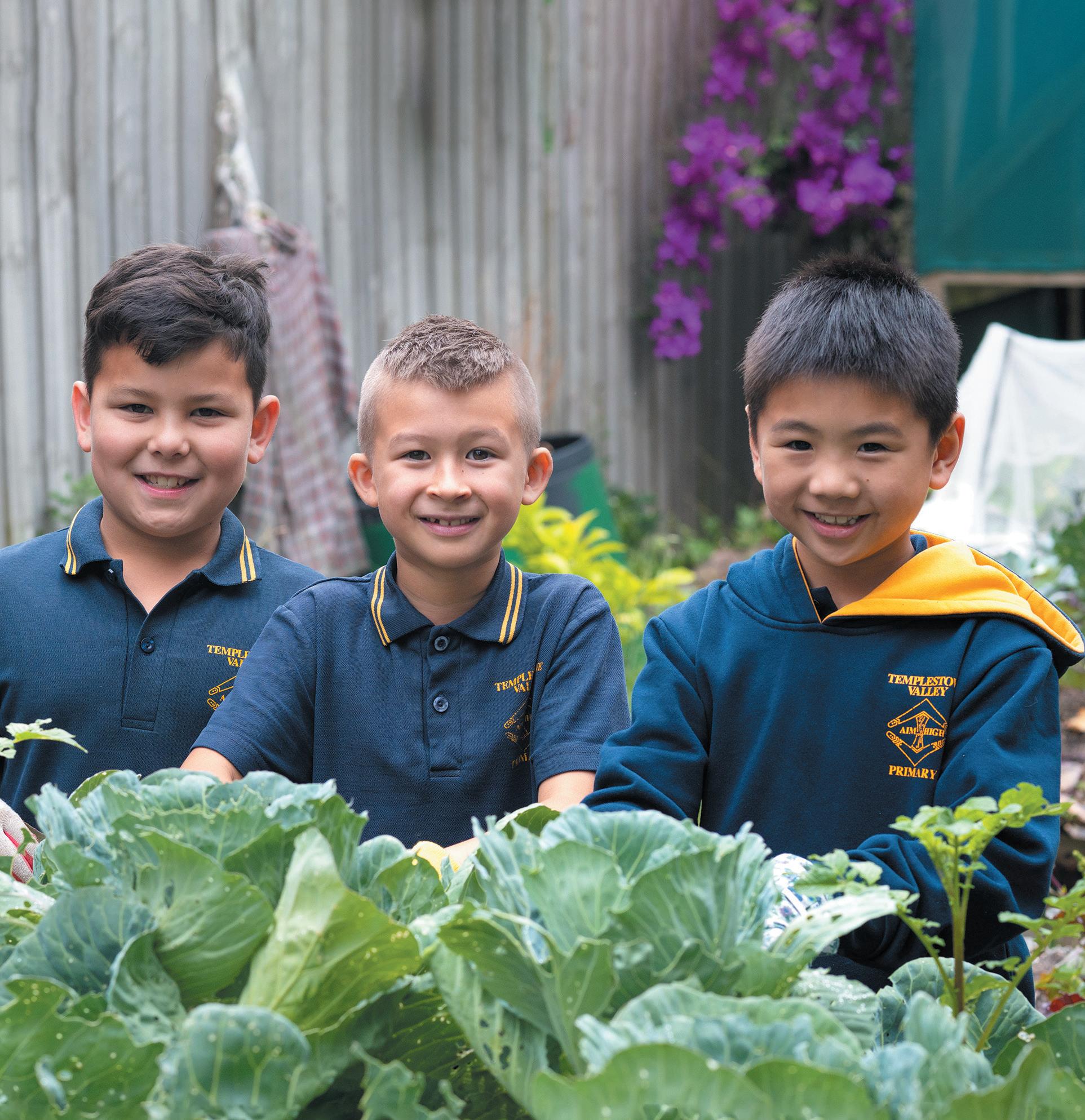

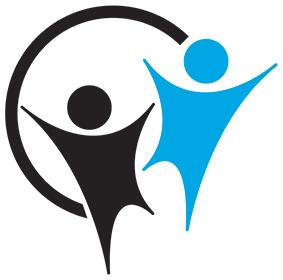
Achieving through collaboration:
• Bluearth Mindful Movement
• Social Emotional Learning
• The Zones of Regulation
• Canine Comprehension
• Art Therapy
• Speech Pathologist
• Occupational Therapist
• Specialised Literacy Intervention
• Numeracy Intervention
• Sounds Write Phonics Instruction
• Thiercare Before and After School Care
• The Smith Family Learning for Life Program
• Program partnerships with Brimbank City Council and CERES Education
• Performing Arts, including whole school performances
• Auslan - Australian Sign Language
• PE - incorporating Learn to Swim and Safety Swimming Programs, Bike Ed, whole school Athletics and Interschool Sports

• Visual and Media Arts
• Stefanie Alexander Kitchen Garden program
• STRIDE Student Leadership Program
• ABC Music Instrumental Music Lessons
• Berry Street Educational Model
• Buddy Program, including partnerships with local kinders
20 Lister St., St. Albans 3021 Ph: 9366 1356
Acting Principal: Natalie Cummaudo
Email: university.park.ps@education.vic.edu.au Visit: www.universityparkps.vic.edu.au Facebook: University Park Primary School
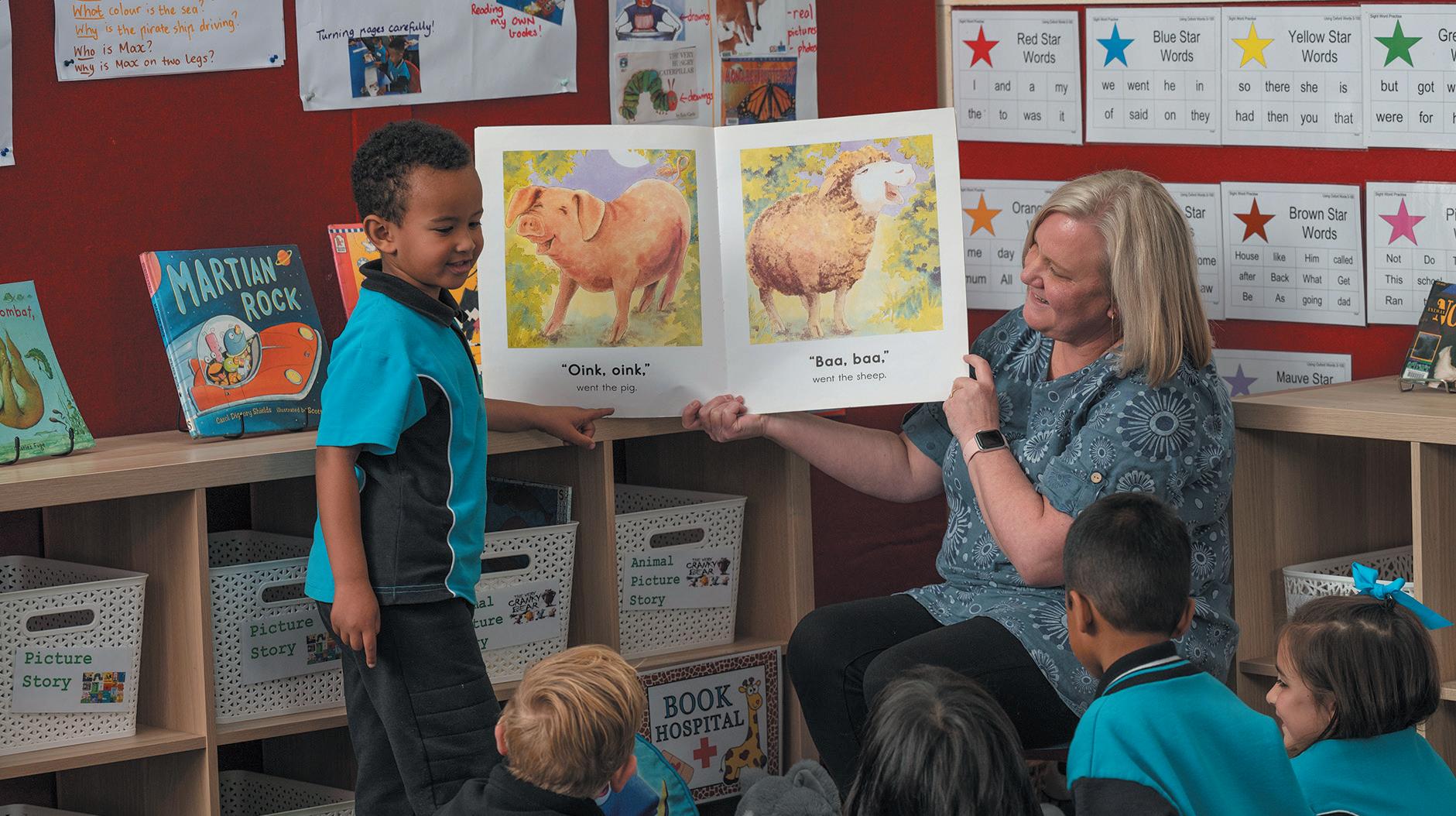
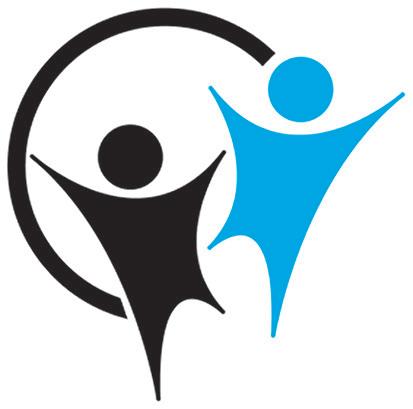
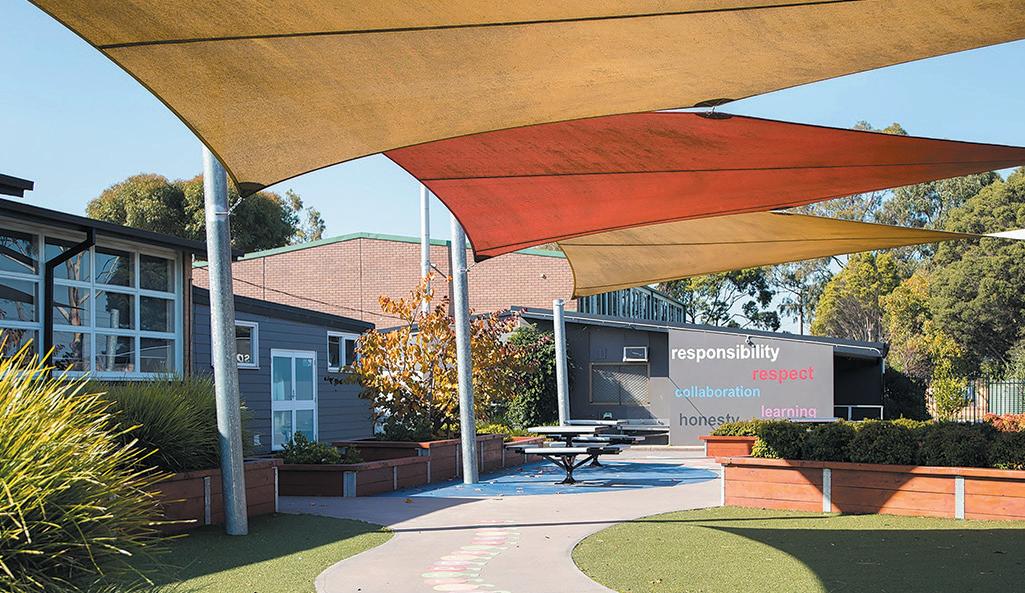

WANTIRNA Primary School offers a nurturing and inclusive learning environment, fostering independence and confidence in all students. With a focus on social responsibility, resilience, and tolerance, we cultivate the knowledge, skills, and attitudes essential for lifelong success.
Our curriculum, aligned with the Victorian Curriculum, ensures students receive a wellrounded education. Through high-quality teaching, assessment, and reporting, we deliver engaging lessons that inspire curiosity, challenge, and joy.
In addition to core subjects, our curriculum emphasizes achievement in English and Mathematics, supported by strong partnerships between students, teachers, and parents. Parental involvement is encouraged through various activities such as classroom assistance, open days, and school excursions.
At Wantirna Primary School, we offer specialist learning in STEM, The Arts, Physical Education, Cultural Studies, and Auslan (Sign Language). Our Before and After School Care Program provides convenience for families, operating from 7 am to 8:45 am and 3:30 pm to 6 pm daily.
We prioritize community engagement through events like Community Lunches and cross-age activities tailored to our school’s needs and interests. During break times, students enjoy social activities like gardening, imaginative play, and sporting competitions.
Our dedicated teaching staff ensure every child feels valued and supported, fostering a challenging yet motivating environment for academic excellence. Prospective parents are invited to experience Wantirna Primary School first-hand through personalized tours, available by contacting us at 9801-1938 or wantirna.ps@education.vic.gov.au. Join us in nurturing your child’s potential for a bright future.
Why select Wantirna Primary School for your child?
We have a smaller school environment, so students receive more personalized attention from teachers and staff. This individualized approach allows educators to better understand each child’s unique strengths, challenges, and learning styles, tailoring instruction to meet their specific needs.
With fewer students, there are fewer distractions and disruptions, allowing for a more focused and conducive learning environment.
Our school has a strong sense of community and belonging. Students, parents, and staff often form closer relationships, creating a supportive network that fosters a nurturing and inclusive atmosphere. This tight-knit community allows for more effective communication and collaboration between all stakeholders, ensuring that everyone is invested in the success and well-being of every child.
Our school offers a more intimate learning environment where students feel safer and more comfortable expressing themselves. With fewer students, there are fewer distractions and disruptions, allowing for a more focused and conducive learning environment. This can lead to increased engagement, participation, and academic achievement among students.
We prioritize holistic development, emphasizing not only academic excellence but also social, emotional, and character development by fostering values such as empathy, compassion, and responsibility. Our school helps students develop into wellrounded individuals who are not only academically proficient but also compassionate and socially conscious citizens.
Selecting our school for your child will provide parents with the assurance that their child will receive the individualized attention, support, and sense of belonging needed to thrive academically, socially, and emotionally. Why wait, contact us today on 9801-1938 or at wantirna.ps@education.vic.gov.au

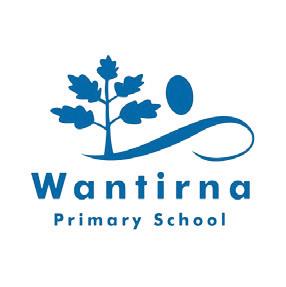




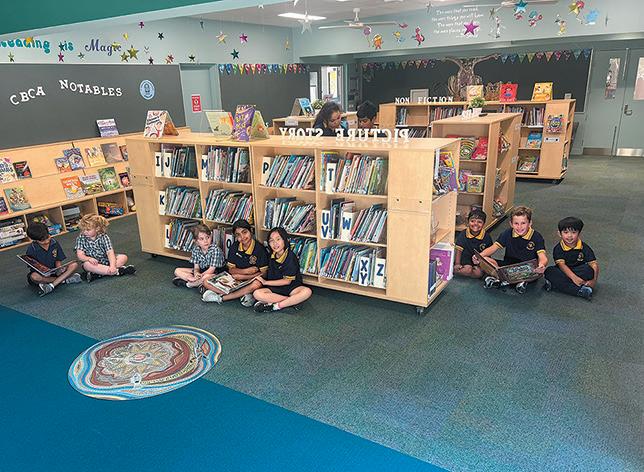

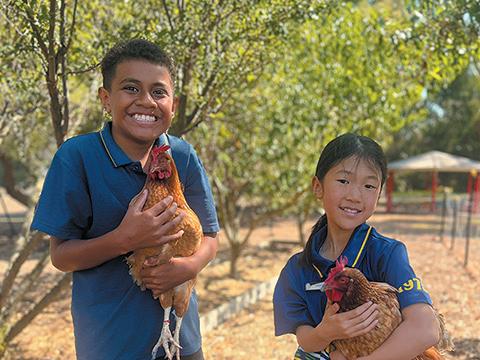
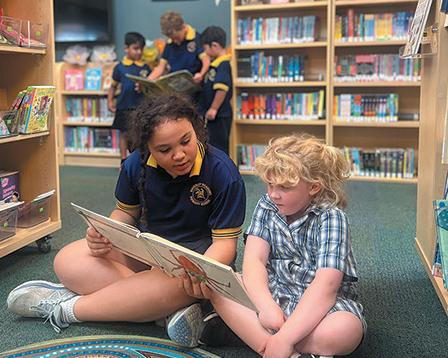
At Waverley Meadows Primary School we are committed to developing resilient learners who are keen to come to school and enjoy all aspects of the school environment.


Our vision is to develop our students to be critical and creative thinkers with a passion for learning. The school motto of “To Learn is to Grow” guides our daily practices and we embrace opportunities for growth in all areas. All members of our community act with kindness and respect. We are a school that is large in grounds and even bigger in heart, with room to grow.

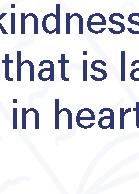
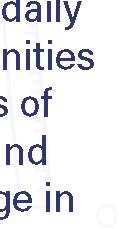
We have a strong wellbeing focus with The Resilience Project - our leading program where we practice G.E.M – Gratitude, Empathy and Mindfulness daily.
We value our community culture, and we promote strong partnerships between home, school and local community. We pride ourselves on our inclusiveness and acknowledge and celebrate the diverse cultural backgrounds of our students and their families.


We offer lots of sporting opportunities with a large oval, 2 synthetic basketball/ netball/soccer courts as well as 2 playgrounds, a nature play



space and shaded seating areas. An expansive vegetable garden and chicken coop enable students to experience Agricultural studies as a part of their Science program and the Stephanie Alexander Kitchen Garden (SAKG) Program which is a key priority leading our ‘garden to plate’ program. Staff continue to work hard to develop, refine and embed strong Professional Learning Community (PLC) priorities with a focus on development of the whole child including data literacy and differentiated learning as required, whilst responding to individual student needs.


Our classrooms have been recently upgraded and are now inviting, calm workspaces where students enjoy learning.
Come and see for yourself!
Meredith Thornton Principal
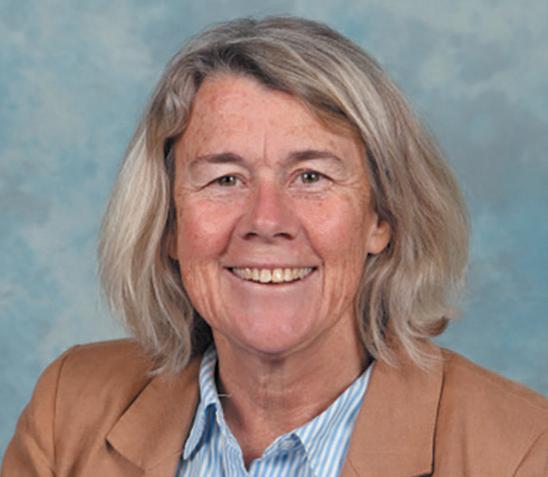





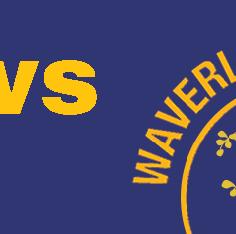
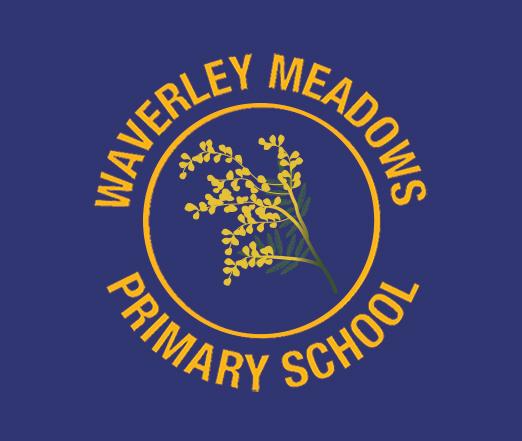


Experienced teachers and a supportive community work together to foster academic excellence, wellbeing and holistic growth.



•Mindfulness & Resilience Project
•Stephanie Alexander Kitchen & Garden

•STEM, Arts & P.E

•Phonic
•Auslan Language
•Numeracy Specialist
•Breakfast Club
•Before & After School Care


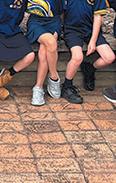
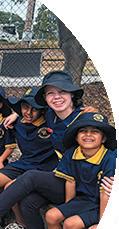
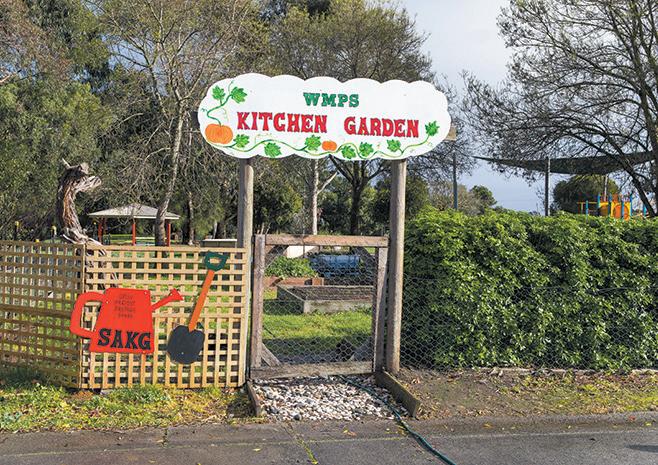

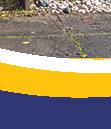
Secondary Schools
Ashwood High School ...............................4 & 5
Berwick College .........................................6 & 7
Boronia K-12 College ................8, 9, 102 & 103
Braybrook College ...................................10 &11
Brentwood College ................................12 & 13
Canterbury Girls’
Secondary College ................................16 & 17
Carrum Downs Secondary College .......18 & 19
Charles La Trobe P-12 College ..............20 & 21
Copperfield College ...Front cover, 2, 3, 24 & 25
Cranbourne Secondary College.............22 & 23
Dandenong High School ........................28 & 29
Dromana College ........................................31
Forest Hill College ..................................32 & 33
Gleneagles Secondary College .............34 & 35
Glenroy Secondary College ...................36 & 37
Hallam Secondary College ....................40 & 41
Hampton Park Secondary College ........42 & 43
Healesville High School .........................44 & 45
Hoppers Crossing
Secondary College ................................46 & 47
Hume Central
Secondary College .............48, 49 & back cover
Lalor North Secondary College .............50 & 51
Lyndale Secondary College ...................52 & 53
McClelland College ................................54 & 55
Noble Park Secondary College..............56 & 57
Nossal High School ..............................58 & 59
Rosehill Secondary College ..................62 & 63
St Albans Secondary College ...............64 & 65
St Helena Secondary College ...............66 & 67
Sunbury Downs Secondary College ......68 & 69
Sunshine College ..................................70 & 71
Suzanne Cory High School ....................72 & 73
Taylors Lakes Secondary College .........76 & 77
Truganina P-9 College............................78 & 79
Victoria University
Secondary College .................................80 & 81
Wheelers Hill Secondary College ..........84 & 85
William Ruthven Secondary College .....86 & 87
Wyndham Central College .....................88 & 89
Primary & K-12 Schools
Albanvale Primary School .....................92 & 93
Banyan Fields Primary School ..............94 & 95
Bayswater South Primary School .........96 & 97
Belgrave South Primary School......................99
Belle Vue Primary School ..................100 & 101
Boronia K-12 College .................8, 9, 102 & 103
Charles La Trobe P-12 College ..............20 & 21
Glendal Primary School .....................106 & 107
Heatherhill Primary School ................108 & 109
Highvale Primary School ...................110 & 111
Huntingdale Primary School..............112 & 113
James Cook Primary School .............114 & 115
Le Page Primary School ....................116 & 117
Milgate Primary School .....................120 & 121
Solway Primary School ......................122 & 123
Templestowe Valley
Primary School ...................................124 & 125
Truganina P-9 College............................78 & 79
University Park Primary School .........126 & 127
Wantirna Primary School ...................128 & 129
Waverley Meadows
Primary School ..................................130 & 131







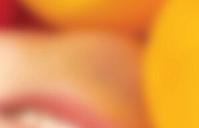









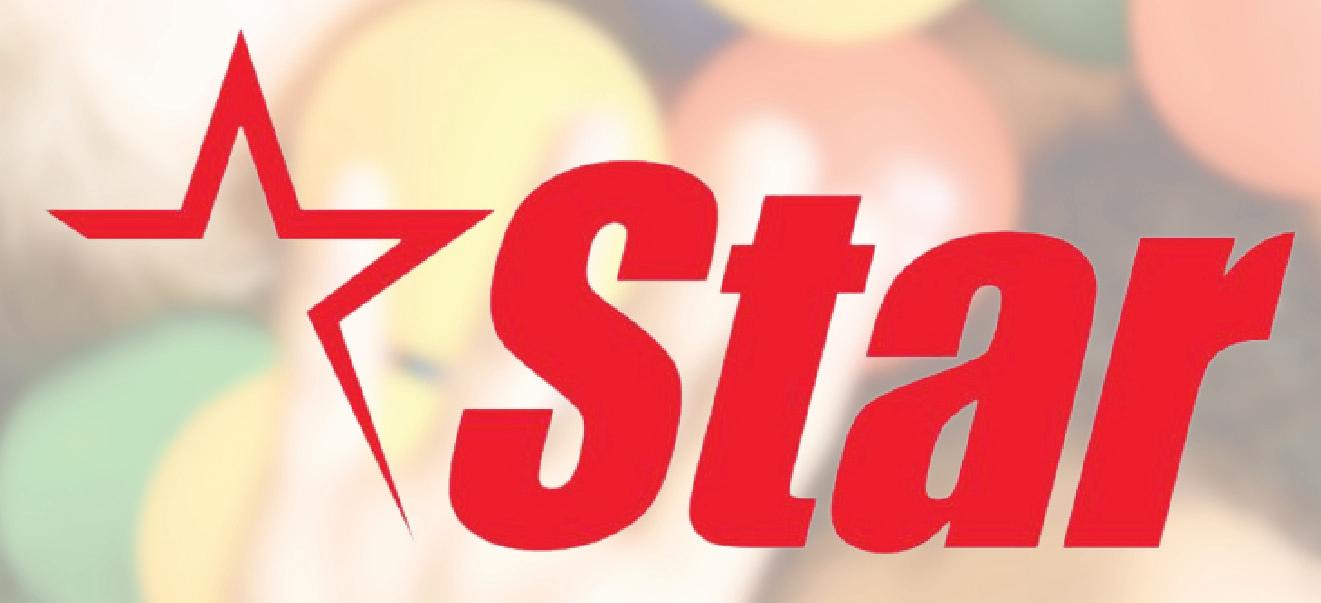













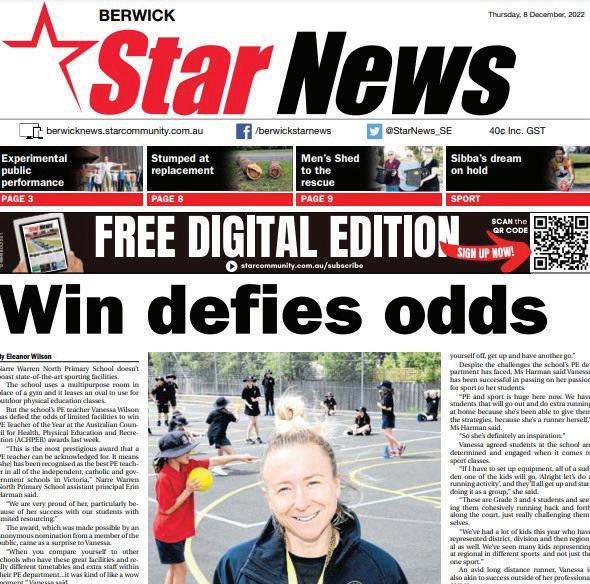
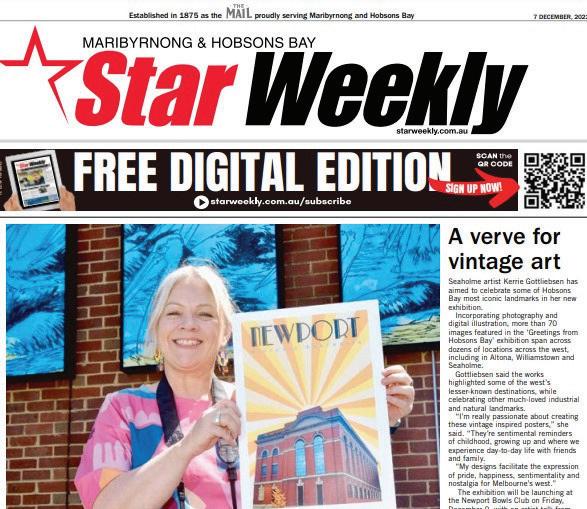

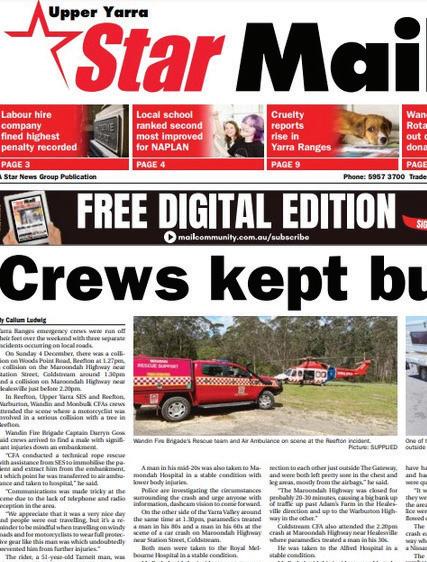
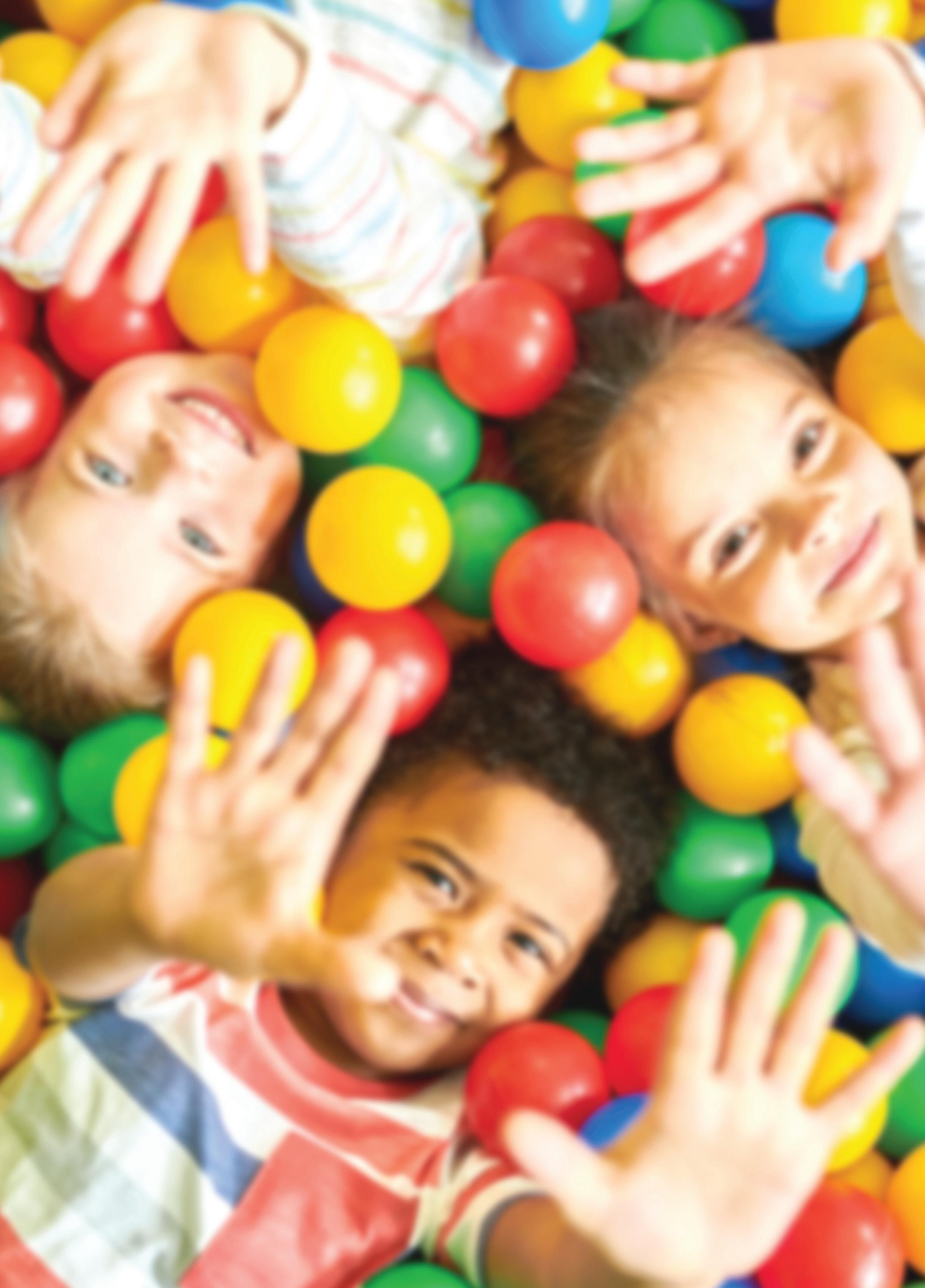
Albanvale Primary School .......................92 & 93
Ashwood High School ..................................4 & 5
Banyan Fields Primary School ................94 & 95
Bayswater South Primary School............96 & 97
Belgrave South Primary School........................99
Belle Vue Primary School ....................100 & 101
Berwick College.............................................6 & 7
Boronia K-12 College ...................8, 9, 102 & 103
Braybrook Secondary College .................10 & 11
Brentwood Secondary College ................12 & 13
Canterbury Girls’ Secondary College ......16 & 17
Carrum Downs Secondary College .........18 & 19
Charles La Trobe Secondary College ......20 & 21
Children learn through play ..............................98
Copperfield College .....Front cover, 2, 3, 24 & 25
Cranbourne Secondary College...............22 & 23
Crucial role of mentoring programs ...............105
Dandenong High School ..........................28 & 29
Dromana College ..............................................31
Forest Hill Secondary College .................32 & 33
Glendal Primary School .......................106 & 107
Gleneagles Secondary College ...............34 & 35
Glenroy Secondary College .....................36 & 37
Grossek’s View .........................................38 & 39
Hallam Secondary College ......................40 & 41
Hampton Park Secondary College ..........42 & 43
Healesville High School ...........................44 & 45
Heatherhill Primary School ..................108 & 109
Highvale Primary School .....................110 & 111
Hoppers Crossing Secondary College ...................................46 & 47
Hume Central Secondary College .............48 & 49 & back cover
Huntingdale Primary School................112 & 113
Integrating arts into the curriculum .................61
James Cook Primary School ...............114 & 115
Lalor North Secondary College ...............50 & 51
Le Page Primary School ......................116 & 117
Lyndale Secondary College .....................52 & 53
McClelland College ..................................54 & 55
Milgate Primary School .......................120 & 121
Noble Park Secondary College................56 & 57
Noone Imagewear...........................................135
Nossal High School .................................58 & 59 Primary Schools ....................................91 & 131
Rosehill Secondary College .....................62 & 63 School listings .................................................132
Solway Primary School ........................122 & 123
St Albans Secondary College ..................64 & 65 St Helena Secondary College ..................66 & 67 Students & Problem Solving .............................15 Students & the educational
..................................................74 & 75 Sunbury Downs Secondary College ........68 & 69
College .....................................70 & 71 Suzanne Cory High School ......................72 & 73 Taylors Lakes Secondary College ...........76 & 77 Templestowe Valley Primary School .....................................124 & 125
importance of handwriting......................119
power of diversity .............................82 & 83
College ....................................78 & 79
school refusal ..........................27
Park Primary School ...........126 & 127 Victoria School Guides Website .......................90
University
College ...................................80 & 81
Wantirna Primary School .....................128 & 129
Waverley Meadows
School .....................................130 & 131 Wheelers Hill Secondary College ............84 & 85 William Ruthven Secondary College .......86 & 87 Wyndham Central Secondary College ...................................88 & 89

